Browse
By Subject: Sociology
View: By Date | Alphabetical | eBooks | Paperbacks
-
 Forthcoming November 2024
Forthcoming November 2024 Ritual, Rapture and Rebellion
The Making of Market, Mercy and Meaning Amongst the Gitanos of El Rastro
Brodersen, M. B.
This book is an anthropological account of a group of middle and upper-class Gitanos and their ways of creating a ‘society within society’ based upon distinct cultural, moral and ideological values, notions and practices.
Subjects: Political and Economic Anthropology Sociology
-
 Forthcoming November 2024
Forthcoming November 2024 The Hidden Minority
Perceptions of Belonging and Otherness in the Finnish – Russian Borderland
Jerman, H.
The Russian minority in Finland is imbued with ’being hidden‘ or ’hiding oneself‘. The book explores informants’ reflections, together with the author, on the mental and physical crossing of national borders. Perceptions of belonging and/or Otherness and lived experience reveal a complex relationship of embodied memory, history, time and a multi-national social space.
Subjects: Refugee and Migration Studies Political and Economic Anthropology Sociology
-
 Forthcoming October 2024
Forthcoming October 2024 Matter Out of Place
Anthropological Explorations of Bodies, Dirt and Morality
Lynch, R., Calabrese, J., & Littlewood, R. (eds)
This collection draws on classic anthropological ideas of pollution to explore bodies, dirt, and place, moral inversion and reinforcement, and disgust and taboo. The book is an invitation to consider the continued relevance of Douglas’ conceptualisation of pollution and dirt as ‘matter out of place’ in relation to contemporary circumstances.
Subjects: Anthropology (General) Anthropology of Religion Sociology
-
 Forthcoming September 2024
Forthcoming September 2024 The Death in their Eyes
What Perpetrator Images Perpetrate
Sánchez-Biosca, V.
Perpetrator images — those that embody the point of view of the perpetrators or their accomplices during acts of violence — from Abu Ghraib, the Auschwitz Album, and of illegal prisoners captured during the fiercest dictatorships, are analyzed under a new methodology in The Death in their Eyes to account not only for the visible aspect of the image but to see what is concealed behind or beyond the frame limits.
Subjects: History: 20th Century to Present Media Studies Sociology
-
 Forthcoming August 2024
Forthcoming August 2024 Care in a Time of Humanitarianism
Stories of Refuge, Aid, and Repair in the Global South
Osanloo, A. & deBergh Robinson, C. (eds)
Care in a Time of Humanitarianism presents complex histories of forced migration and humanitarianism in an accessible way. It adopts a comparative approach to highlight the diverse cultural and religious traditions of care that are adopted across the Global South for the “distant others”.
Subjects: Anthropology (General) Refugee and Migration Studies Sociology
Paperback available -
 Forthcoming August 2024
Forthcoming August 2024 The New Australian Military Sociology
Antipodean perspectives
West, B. & Carter, C. (eds)
In exploring the insights that the Australian case has for theorising civil-military relations, the book serves as a model for other country case studies. This antipodean contribution to the field includes analysis of the changing demographics, new domestic and international responsibilities, Industry-Defence cooperation, women in the armed forces and contemporary veteran wellbeing.
Subjects: Sociology Peace and Conflict Studies Political and Economic Anthropology
-
 Forthcoming July 2024
Forthcoming July 2024 The Global Life of Mines
Mining and Post-Mining in Comparative Perspective
Pusceddu, A. M. & Zerilli, F. M. (eds)
The Global Life of Mines provides a comprehensive framework examining the spatial and temporal relationships between mining and postmining as interrelated and coexisting features within the global minescape.
Subjects: Political and Economic Anthropology Sociology Development Studies
-
 Forthcoming July 2024
Forthcoming July 2024 Reconstructing Homes
Affective Materiality and Atmospheres of Belonging
Koskinen-Koivisto, E., Korjonen-Kuusipuro, K., Čeginskas, V. L. A., Kajander, A., & De Nardi, H. (eds)
Reconstructing Homes takes on a multidisciplinary approach of sensory ethnography, visual methods, and autoethnography methodologies to explore affective engagements with materiality in the context of home and the idea of belonging.
Subjects: Anthropology (General) Sociology Cultural Studies (General)
-
 Forthcoming June 2024
Forthcoming June 2024 The Politics of Relations
How Self-Government, Infrastructures, and Care Transform the State in Serbia
Thiemann, A.
Rethinking the contributions of the Manchester School of Social Anthropology for political ethnography, the Politics of Relations elaborates its relational approach to the state along four interlaced axes of research – embeddedness, boundary work, modalities and strategic selectivity – that enable thick comparisons across spatio-temporal scales of power.
Subjects: Political and Economic Anthropology Sociology
-
 Forthcoming June 2024
Forthcoming June 2024 Culture Figures
A Rhetorical Reading of Anthropology
Mokrzan, M.
Employing ‘rhetorical reading,' Culture Figures dissects descriptive ethnography and theoretical texts, spanning classical monographs to recent texts representing various approaches in cultural anthropology. The book demonstrates how processes of using tropes and modes of persuasion underlie the creation of meanings or misunderstandings in cultural anthropology.
Subjects: Anthropology (General) Cultural Studies (General) Sociology
-
 Forthcoming June 2024
Forthcoming June 2024 Limits of Life
Reflections on Life, Death, and the Body in the Age of Technoscience
Mogseth, M. E. & Nilsen, F. H. (eds)
Through a multidisciplinary approach, Limits of Life explores how the limitations and perceived finality of life and death are reconstituted through engagements with modern technology.
Subjects: Anthropology (General) Sociology
-
 Forthcoming June 2024
Forthcoming June 2024 Black Schoolgirls in Space
Stories of Black Girlhoods Gathered on Educational Terrain
Ohito, E. O. & Mock Muñoz de Luna, L.
Black Schoolgirls in Space is a theoretical turn that advances the growing interest in transnational girlhoods by focusing on the Black girls as actors and agents in the construction of not only girlhood but also the educational worlds in which girlhoods are contained.
Subjects: Gender Studies and Sexuality Development Studies Sociology
-
 Forthcoming May 2024
Forthcoming May 2024 Boaters of London
Alternative Living on the Water
Bowles, B. O. L.
London and the Southeast of England is home to many people living along rivers and canals. Boaters of London delves into the process of becoming a ‘boater’ and the political impact of the travelling population on the state. It examines an alternative style of living and the potential of a life spent afloat.
Subjects: Anthropology (General) Sociology Urban Studies
-
 Forthcoming May 2024
Forthcoming May 2024 Shaping Tomorrow's World
A Twentieth-Century History of West German, Cold War, and Global Futures Studies
Seefried, E.
Shaping Tomorrow’s World is an award-winning volume that documents the history of futures studies using extensive archival material and rich analysis of the debates surrounding the limits of fields growth.
Subjects: History: 20th Century to Present Sociology
-
eBook available
 Published April 2024
Published April 2024 Difference and Sameness in Schools
Perspectives from the European Anthropology of Education
Gilliam, L. & Markom, C. (eds)
Through eleven case studies across Europe, this book looks at the handling of difference and sameness in European schools from an anthropological perspective. It offers insights into the diversity of and within these central institutions and, in a broader sense, European society itself.
Subjects: Educational Studies Anthropology (General) Sociology
Hb -
 Published March 2024
Published March 2024 Crypto Crowds
Singularities and Multiplicities on the Blockchain
Shapiro, M. (ed)
Discussing the notions around social dynamics, Crypto Crowds explores how crowd and community formations manifest empirically in cryptocurrency sociality online. Pioneering in its approach to the increasing digitalization and datafication of everyday life, the volume encourages scholars explore further how ‘decentralized’ and ‘trustless’ technologies take part in the construction of postmodern crowds.
Subjects: Political and Economic Anthropology Sociology
-
eBook available
 Published March 2024
Published March 2024 The Making and Unmaking of the Ukrainian Working Class
Everyday Politics and Moral Economy in a Post-Soviet City
Gorbach, D.
The industrial workers of Ukraine have a contradictory and complex political lifeworld. Based on three years of fieldwork in the city of Kryvyi Rih, this book focuses on the everyday politics and moral economy that constitute the working-class and structures its relations with other social groups.
Subjects: Political and Economic Anthropology Sociology Urban Studies
Hb -
eBook available
 Published March 2024
Published March 2024 The Horse in My Blood
Multispecies Kinship in the Altai and Saian Mountains
Peemot, V. S.
Building upon Indigenous research epistemologies, Victoria Peemot engages with the study of how the human-horse relationships interact with each other, experience injustices and develop resilience strategies as multispecies unions.
Subjects: Anthropology (General) Environmental Studies (General) Sociology
Hb -
eBook available
 Published February 2024
Published February 2024 Evil Spirits and Rocket Debris
In Search of Lost Souls in Siberia
Broz, L.
The Altai Republic in southern Siberia is renowned for excavations of frozen mummies. It also hosts fallout zones for the second stages of rockets launched from the Baikonur cosmodrome. Local inhabitants blame ‘evil spirits’ released by archaeological work and toxic fuel from rocket debris for their misfortunes. This book explores the divergent fates of such claims.
Subjects: Anthropology (General) Anthropology of Religion Sociology
Hb -
eBook available
 Published January 2024
Published January 2024 Houses Transformed
Anthropological Perspectives on Changing Practices of Dwelling and Building
Alderman, J. & Stolz, R. (eds)
Houses Transformed explores the intersection of house biographies and social change, the politics of housing design, the social fabrication of aspirational houses, the domestication of concrete and the intersection of materiality and ontology, and the rhetoric of the vernacular.
Subjects: Anthropology (General) Sociology Development Studies
Hb -
 Published January 2024
Published January 2024 Voices of Long-Term Care Workers
Elder Care in the Time of COVID-19 and Beyond
Freidus, A. & Shenk, D.
Based on extensive narrative interviews, this collection of essays reflects on the participants’ individual experiences and represents the voices of staff and caregivers working in long-term residential care communities, in-home and community-based programs, as well as regional aging service providers and advocates.
Subjects: Medical Anthropology Sociology Applied Anthropology
-
 Published January 2024
Published January 2024 Insidious Capital
Frontlines of Value at the End of a Global Cycle
Kalb, D. (ed)
In a global perspective of fast transforming social spaces that moves from East to West, Insidious Capital explores the struggles around the exploitation and valuation of labor, environmental politics, expansion of the ground rent, new hierarchies, the contradictions of higher education, the off-shoring of ‘immaterial’ labor, the illiberal right, and the mobilizations against it.
Subjects: Political and Economic Anthropology Sociology
-
eBook available
 Published December 2023
Published December 2023 Compliance
Cultures and Networks of Accommodation
Rollason, W. & Hirsch, E. (eds)
Exploring compliance from an anthropological perspective, this book offers a varied selection of chapters covering taxation, corporate governance, medicine, development, carbon offsetting, irregular migration and the building trade, compliance emerges as more than the opposite of resistance.
Subjects: Anthropology (General) Political and Economic Anthropology Sociology
Hb -
eBook available
 Published December 2023
Published December 2023 Girls in Global Development
Figurations of Gendered Power
Switzer, H., Desai, K., & Bent, E. (eds)
Slating new directions in conversations surrounding gender, development, human rights, investment, and equality, Girls in Global Development theorizes the intersection of girlhood and global development through the novel concept of “Girls in Development” or GID.
Subjects: Gender Studies and Sexuality Development Studies Sociology
Hb -
eBook available
 Published December 2023
Published December 2023 Humanitarian Shame and Redemption
Norwegian Citizens Helping Refugees in Greece
Mogstad, H.
Following the 2015 ‘refugee crisis,’ many different actors emerged to contest or mitigate the EU’s border policies. This book explores the birth and trajectory of a Norwegian volunteer organisation “A Drop in the Ocean“, established by a mother of five with no prior experience in humanitarian work.
Subjects: Anthropology (General) Refugee and Migration Studies Sociology
Hb -
 Published November 2023
Published November 2023 Resisting Radicalisation?
Understanding Young People's Journeys through Radicalising Milieus
Pilkington, H. (ed)
Offering a critical perspective on the concept of radicalisation, this volume views it from the perspective of social actors who engage in radicalising milieus but have not crossed the threshold into violent extremism. The volume brings together contributions based on extensive empirical research conducted as part of a cross-European study of young people's engagement in ‘extreme right’ and ‘Islamist’ milieus.
Subjects: Sociology Political and Economic Anthropology
Paperback available -
eBook available
 Published November 2023
Published November 2023 The Familial Occult
Explorations at the Margins of Critical Autoethnography
Coțofană, A. (ed)
The Familial Occult addresses the presence of occult experiences in some scholars' families and how that has affected their epistemological and ontological worlds, as well as their identities as scholars. While much has been written on encountering the occult in fieldwork or becoming an apprentice in an occult practice, little yet has been published in the academic literature about growing up with the occult.
Subjects: Anthropology (General) Sociology Anthropology of Religion
Hb -
eBook available
 Published November 2023
Published November 2023 Children are Everywhere
Conspicuous Reproduction and Childlessness in Reunified Berlin
Joshi, M.
This book explores everyday experiences of parenting and childlessness of ‘ethnic’ Germans in Berlin, who came of age around the fall of the Berlin Wall, and brings them into conversation with theories on parenting, waithood, non-biological intimacies, and masculinities.
Subjects: Anthropology (General) Sociology Gender Studies and Sexuality
Hb -
eBook available
 Published November 2023
Published November 2023 Individually Ourselves
Personhood, Ethics, and Everyday Life in School
Winkler-Reid, S.
Individually Ourselves addresses the process of identity and community building through an examination of individuality and group dynamics during a formative juncture of life (based on ethnographic fieldwork in a London high school).
Subjects: Anthropology (General) Educational Studies Sociology
Hb -
eBook available
 Published October 2023
Published October 2023 Of Hoarding and Housekeeping
Material Kinship and Domestic Space in Anthropological Perspective
Newell, S. (ed)
Of Hoarding and Housekeeping provides an anthropological, global, and comparative angle to the understanding of hoarding and decluttering. Focusing on the house, with careful attention to material flows in and out, this book examines practices of accumulation, storage, decluttering, and waste as practices of kinship and the objects themselves as material kin.
Subjects: Political and Economic Anthropology Sociology Cultural Studies (General)
Hb -
eBook available
 Published October 2023
Published October 2023 Assembling Financialisation
Local Actors and the Making of Agricultural Investment
Langford, Z.
Farmers, Indigenous organisations, government and private-sector intermediaries from remote Northern Australia often negotiate with private finance capital to gain funds for agricultural development.This book demonstrates that while financialisation is a useful signifier of patterns of global change, it is assembled by a diverse range of often contradictory work.
Subjects: Political and Economic Anthropology Sociology
Hb -
 Published October 2023
Published October 2023 Foreigners in Their Own Country
Identity and Rejection in France
Martin, L. M.
Paying close attention to how people speak about themselves and their acceptance and rejection by others, this book provides an intimate account of the challenges faced by the millions of people in France—and throughout Western Europe—who fully participate in the life of their country but are often not seen as belonging there.
Subjects: Political and Economic Anthropology Refugee and Migration Studies Sociology
-
eBook available
 Published October 2023
Published October 2023 The Amazonian Puzzle
Ethnic Positionings and Social Mobilizations
Boyer, V.
By examining the multiple cultural and ethnic threads that traverse this landscape, The Amazonian Puzzle sets out to show how the category of caboclo (a powerful spiritual entity to some, and to others a despised peasant of mixed ancestry) reveals deep currents of ethnic recompositions, religious interpenetration, and social hierarchy.
Subjects: Anthropology (General) Sociology
Hb -
eBook available
 Published October 2023
Published October 2023 The Subject of Sovereignty
Relationality and the Pivot Past Liberalism
Feldman, G.
Exploring the themes of nature, race, and the divine, this book identifies the more realistic alternative in the “relational subject”: a subject that is inseparable from the global field of relations through which it emerges and yet distinct from that field because it lives a life that no one else ever has.
Subjects: Political and Economic Anthropology Sociology
Hb -
eBook available
 Published August 2023
Published August 2023 That Sinking Feeling
On the Emotional Experience of Inferiority in Germany's Neoliberal Education System
Wellgraf, S.
Focusing on the emotions and affective states of students from poor migrant families, That Sinking Feeling presents a uniquely multi-layered ethnography on this under-represented area in the social and cultural sciences.
Subjects: Educational Studies Sociology Anthropology (General)
Hb -
eBook available
 Published August 2023
Published August 2023 Broken Glass, Broken Class
Transformations of Work in Bulgaria
Kofti, D.
Based on a long-term study of the everyday postsocialist politics of labour in the wider context of intense socio-economic transformation in Bulgaria, this book tells the story of the flexibilization of production, the precaritization of work, shifting managerial practices, and ways in which people with different employment statuses live and work together.
Subjects: Political and Economic Anthropology Sociology Gender Studies and Sexuality
Hb -
eBook available
 Published July 2023
Published July 2023 Romani Chronicles of COVID-19
Testimonies of Harm and Resilience
Blasco, P. G. y & Fotta, M. (eds)
A ground-breaking volume that gathers the testimonies of NGO workers, street vendors, activists, scholars, health professionals, and creative writers to chronicle the devastating impact of COVID-19 on Romani communities globally.
Subjects: Anthropology (General) Sociology Medical Anthropology
Hb
Paperback available -
eBook available
 Published July 2023
Published July 2023 Military Politics
New Perspectives
Crosbie, T. (ed)
Bringing together new research by leading scholars, this volume rethinks the role played by militaries in politics. The volume introduces new theories of military politics, arguing against the inherited theories and practices of civil-military relations, and presents rich new data on senior officership and on the intersection of military politics and military operations.
Subjects: Sociology Peace and Conflict Studies Political and Economic Anthropology
Hb -
 Published July 2023
Published July 2023 Visions of Marriage
Politics and Family on Kinmen, 1920-2020
Chiu, H.-C.
Grounded in multi-generational stories from Kinmen in Taiwan, Visions of Marriage explores the historical entanglements between the pursuit of new personal and national futures. Focusing on the relational and future-making aspects of marriage, the ethnography highlights the intersection of transformations across familial generations and shifting political economies in Taiwan, and more globally. It provides comparative insights on family change and demographic shifts in Asia.>
Subjects: Anthropology (General) Sociology Gender Studies and Sexuality
-
 Published June 2023
Published June 2023 From Village Commons to Public Goods
Graduated Provision in Urbanizing China
Trémon, A.-C.
Illuminating the complex processes of China’s uneven urbanization through the lens of the transition from village commons to public goods, this book is set in three urbanized villages in Shenzhen, Chengdu, and Xi’an, which have experienced similar demographic explosions and dramatic changes to their landscapes, the livelihoods of its inhabitants, and the power structures governing their residents.
Subjects: Anthropology (General) Urban Studies Sociology
-
eBook available
 Published June 2023
Published June 2023 Theorizing Entrepreneurship for the Future
Stories from Global Frontiers
Beuving, J.
Presenting a new interpretation of entrepreneurial behaviour, this book focuses on how entrepreneurs consider the future. The study theorizes entrepreneurial behaviour as ‘future-work’: the social practices, language and rituals through which entrepreneurs neutralize or smoothen future unknowns.
Subjects: Political and Economic Anthropology Sociology
Hb -
 Published April 2023
Published April 2023 The Girl in the Pandemic
Transnational Perspectives
Mitchell, C. & Smith, A. (eds)
The early and critical stages of the pandemic presented exacerbated risks to the lives of girls and young women. The Girl in the Pandemic takes a diverse range of scholars across the world, particularly from the Global South, to document and contribute to a large narrative of what a post-pandemic future may bring for girls and young women.
Subjects: Gender Studies and Sexuality Development Studies Sociology
-
eBook available
 Published April 2023
Published April 2023 Contesting Moralities
Roma Identities, State and Kinship
Sarafian, I.
Roma identities have often been presented in literature as collectively constructed and in opposition to those who are not Roma. Contesting Moralities challenges these preconceptions about Roma identification by disentangling the binaries between Roma and nonRoma, state and non-state, public and private. This book explores topics resonating in contemporary Romani studies that are in need of further exploration through individual perspectives.
Subjects: Anthropology (General) Sociology Cultural Studies (General)
Hb -
eBook available
 Published April 2023
Published April 2023 Working the Fabric
Resourcefulness, Belonging and Island Life in Scotland’s Harris Tweed Industry
Nascimento, J.
Trademark-protected since 1910, the famous woollen cloth known as Harris Tweed can only be produced in the Outer Hebrides of Scotland – yet it is exported to over 50 countries around the world. Examining contemporary experiences of work and life, this book is the first in-depth anthropological study of the renowned textile industry, complementing and updating existing historical and ethnographic research.
Subjects: Anthropology (General) Sociology Cultural Studies (General)
Hb -
 Published April 2023
Published April 2023 The Power of the Story
Writing Disasters in Haiti and the Circum-Caribbean
Joos, V., Munro, M. & Ribó, J. (eds)
A cross-disciplinary volume that combines and puts into dialogue perspectives on disasters, this book includes contributions from anthropology, history, cultural studies, sociology, and literary studies. Offering a rich and diverse set of arguments and analyses on the ever-relevant theme of catastrophe in the circum-Caribbean, it will encourage debate and collaboration between scholars working on disasters from a range of disciplinary perspectives.
Subjects: Political and Economic Anthropology Cultural Studies (General) Sociology
-
eBook available
 Published March 2023
Published March 2023 Feeding Anxieties
The Politics of Children's Food in Poland
Boni, Z.
Focusing on the underlying politics behind children’s food, this book highlights the variety of social relationships, expectations and emotions ingrained in feeding children In Poland. With rich ethnographic accounts, including research with children, the book demonstrates how families, schools, the food industry and state agencies shape and experience feeding anxieties.
Subjects: Food & Nutrition Anthropology (General) Sociology
Hb -
eBook available
 Published March 2023
Published March 2023 Set to See Us Fail
Debating Inequalities in the Child Welfare System of New York
Castellano, V.
Examining the interaction between families and professionals in the child welfare system of New York, this book focuses on how inequalities are reproduced, measured, managed, and contested. The book describes how state institutions and neoliberal governance intersect police the groups which are most represented in the child welfare system, including low income, female-headed families living in racialized neighborhoods.
Subjects: Anthropology (General) Sociology Political and Economic Anthropology
Hb -
eBook available
 Published March 2023
Published March 2023 Fixing Motorcycles in Post-Repair Societies
Technology, Aesthetics and Gender
Jderu, G.
Taking motorcycling in Romania as an ethnographic entry point, this book documents how bikers handle the inevitable moment of malfunction and breakdown. Using both mobile and sedentary research methods, the book describes the joys and troubles experienced by amateur mechanics, professional mechanics and untechnical male and females when fixing bikes.
Subjects: Mobility Studies Sociology Gender Studies and Sexuality
Hb -
eBook available
 Published March 2023
Published March 2023 In the Meantime
Toward an Anthropology of the Possible
Masquelier, A. & Durham, D. (eds)
The “meantime” represents the gap between what is past and the unknown future. When considered as waiting, the meantime is defined as a period of suspension to be endured. By contrast, the contributors of this volume understand it as a space of “the possible” where calculation coexists with uncertainty, promises with disappointment, and imminence with deferral.
Subjects: Anthropology (General) Sociology Cultural Studies (General)
Hb -
 Published February 2023
Published February 2023 Making Multiple Babies
Anticipatory Regimes of Assisted Reproduction
Wu, C.-L.
Human beings have been producing more twins, triplets, and quadruplets than ever before, due to the expansion of medically assisted conception. This book analyzes the anticipatory regimes of making multiple babies. With archival documents, participant observation, in-depth interviews, and registry data, this book traces the global and local governance of the assisted reproductive technologies (ARTs) used to tackle multiple pregnancy since the 1970s.
Subjects: Medical Anthropology Sociology
Paperback available -
eBook available
 Published February 2023
Published February 2023 A Sea of Transience
Poetics, Politics and Aesthetics along the Black Sea Coast
Khalvashi, T. & Demant Frederiksen, M. (eds)
Transience is found in every meeting, encounter and form of coexistence between people and things that exist and live by, or move across or along, the Black Sea. With particular attention to poetics, politics and aesthetics, this volume focuses on the scales of transient moments and histories, and enables readers to see and sense the many forms of transience that occur in a given landscape, sea or space.
Subjects: Anthropology (General) Sociology Environmental Studies (General)
Hb -
eBook available
 Published January 2023
Published January 2023 At Home in a Nursing Home
An Ethnography of Movement and Care in Australia
Zhang, A. R. Y.
Focusing on contemporary ideas about how aged care is provided, this book poses the question: How can people who are aged and frail live out the final phase of their lives with dignity? In seeking answers, the author examines what it means to be ‘at home’ in residential care in a novel and compassionate way.
Subjects: Anthropology (General) Sociology
Hb -
 Published January 2023
Published January 2023 This Land Is Not For Sale
Trust and Transitions in Northern Uganda
Meinert, L. & Reynolds Whyte, S. (eds)
As violent conflict has declined in northern Uganda, tensions and mistrust concerning land have increased. Residents try to deal with acquisitions by investors and exclusions from forests and wildlife reserves. Using extended case studies, collaborating researchers analyze the principles and practices that shape access to land. Contributors examine the multiplicity of land claims, the nature of transactions, and the management of conflicts.
Subjects: Political and Economic Anthropology Development Studies Sociology
Paperback available -
eBook available
 Published January 2023
Published January 2023 The Marseille Mosaic
A Mediterranean City at the Crossroads of Cultures
Ingram, M. & Kleppinger, K. (eds)
Moving across disciplines, The Marseille Mosaic integrates a diverse range of sources and methods to reveal France’s second city in the national imagination as a critical site for postcolonial memory and urban transformation as they crucially interact with debates in contemporary French society.
Subjects: Cultural Studies (General) History: 20th Century to Present Sociology Urban Studies
Hb -
eBook available
 Published January 2023
Published January 2023 Glimpses of Hope
The Rise of Industrial Labor at the Urban Margins of Nepal
Hoffmann, M.
Over the last decade, Nepal has witnessed significant urban growth and an expanding urban middle class. Glimpses of Hope tells the story of the people who enable some of the middle class consumer practices in urban Nepal. The book focuses on workers in modern food-processing, water-bottling, house building, and sand-mining industries and explores how workers see such forms of work, where union organization can help, and how work opportunities emerge along lines of gender and ethnicity.
Subjects: Political and Economic Anthropology Anthropology (General) Sociology
Hb -
eBook available
 Published January 2023
Published January 2023 From Missionaries to Main Street
The Story of One Sgaw Karen Family in the United States
Gilhooly, D.
The Htoo family, who are Sgaw Karen and originally from Burma, resettled in the United States refugee resettlement program in 2007. This book chronicles their life in their new country. The book provides historical and cultural information on the Sgaw Karen people against the backdrop of the Htoo family’s path from Burma to Thailand.
Subjects: Refugee and Migration Studies Anthropology (General) Sociology
Hb -
eBook available
 Published January 2023
Published January 2023 A Magpie’s Tale
Ethnographic and Historical Perspectives on the Kazakh of Western Mongolia
Portisch, A. O.
Telling the story of the author's time living with a Kazakh family in a small village in western Mongolia, this book contextualizes the family’s personal stories within the broader history of the region.
Subjects: Anthropology (General) Sociology Refugee and Migration Studies
Hb -
eBook available
 Published January 2023
Published January 2023 The Art of Fate Calculation
Practicing Divination in Taipei, Beijing, and Kaifeng
Homola, S.
The Art of Fate Calculationexplores how conceptions of fate circulate in Chinese and Taiwanese societies while resisting uniformization and institutionalization. This is not only due to the stigma of “superstition” but also to the internal dynamic of fate calculation practice and learning.
Subjects: Anthropology (General) Anthropology of Religion Sociology
Hb -
 Published November 2022
Published November 2022 Sentient Ecologies
Xenophobic Imaginaries of Landscape
Coțofană, A. & Kuran, H. (eds)
Employing methodological perspectives from the fields of political geography, environmental studies, anthropology, and their cognate disciplines, this volume explores alternative logics of sentient landscapes as racist, xenophobic, and right-wing.
Subjects: Environmental Studies (General) Political and Economic Anthropology Sociology
Paperback available -
eBook available
 Published November 2022
Published November 2022 Punching Back
Gender, Religion and Belonging in Women-Only Kickboxing
Rana, J.
In the Netherlands, girls and young women are increasingly active in women-only kickboxing. The general assumption, in the Netherlands and in western Europe more broadly, is that women’s sport is a form of secular, feminist empowerment. Muslim women’s participation would then exemplify the incongruence of Islam with the modern, secular nation-state. Punching Back provides a detailed ethnographic study that contests this view.
Subjects: Sociology Anthropology (General) Gender Studies and Sexuality
Hb -
eBook available
 Published November 2022
Published November 2022 Sexscapes of Pleasure
Women, Sexuality and the Whore Stigma in Italy
Zambelli, E.
Drawing from ethnographic research, this book brings together the narratives of Italian and migrant women pole dancing for leisure, women pole and lap dancing for work, as well as women selling sex. By tracing commonalities in women’s processes of subjectivation and othering across the non/sex working women divide, the book foregrounds the intersecting structures of oppression under which women negotiate selfhood.
Subjects: Sociology Gender Studies and Sexuality Anthropology (General)
Hb -
eBook available
 Published October 2022
Published October 2022 Gentrifications
Views from Europe
Chabrol, M., Collet, A., Giroud, M., Launay, L., Rousseau, M., Minassian, H. ter
Using a thorough analysis of the diversity of the forms, places and actors of gentrification in an attempt to isolate the ‘DNA’ of gentrification, the book addresses the place of social groups in cities, their competition over the appropriation of space, the infrastructure unequally offered to them by economic and political actors and the stakes of everyday social relationships.
Subjects: Urban Studies Sociology Anthropology (General)
Hb -
eBook available
 Published September 2022
Published September 2022 Humboldt Revisited
The Impact of the German University on American Higher Education
Brandser, G. C.
Humboldt Revisited offers a fresh perspective on the contemporary discourse surrounding reform of European universities. Drawing from a rich selection of historical sources, this volume challenges the conventional historical narratives on the Humboldt University, providing new insight into the American reception of the German ideas.
Subjects: Educational Studies History: 20th Century to Present Sociology
Hb -
eBook available
 Published September 2022
Published September 2022 Ritual
What It Is, How It Works, and Why
Davis-Floyd, R. & Laughlin, C. D.
Designed for both academic and lay audiences, this book identifies the characteristics of ritual and, via multiple examples, details how ritual works on the human body and brain to produce its often profound effects. These include enhancing courage, effecting healing, and generating group cohesion by enacting cultural—or individual—beliefs and values. It also shows what happens when ritual fails.
Subjects: Anthropology (General) Sociology Anthropology of Religion
Hb
Paperback available -
 Published August 2022
Published August 2022 Risky Futures
Climate, Geopolitics and Local Realities in the Uncertain Circumpolar North
Ulturgasheva, O. & Bodenhorn, B. (eds)
Examining the intersections between environmental conditions and geopolitical tensions, this book brings together a unique combination of authors who are local practitioners and international researchers, and considers the situations of environmental calamity and socio-economic risks faced by small populations.
Subjects: Environmental Studies (General) Anthropology (General) Sociology
Paperback available -
eBook available
 Published August 2022
Published August 2022 Ethnographies of Deservingness
Unpacking Ideologies of Distribution and Inequality
Tošić, J. & Streinzer, A. (eds)
Claims around 'who deserves what and why' moralise inequality in the current global context of unprecedented wealth and its ever more selective distribution. Ethnographies of Deservingness explores this seeming paradox and the role of moralized assessments of distribution by reconnecting disparate discussions in the anthropology of migration, economic anthropology and political anthropology.
Subjects: Political and Economic Anthropology Refugee and Migration Studies Sociology
Hb
Paperback available -
eBook available
 Published August 2022
Published August 2022 Puzzling Stories
The Aesthetic Appeal of Cognitive Challenge in Film, Television and Literature
Willemsen, S. & Kiss, M. (eds)
Many films and novels defy our ability to make sense of the plot. Puzzling Stories offers the first comprehensive, multidisciplinary, and trans-medial approach to the question of cognitive challenge in narrative art, bringing together psychological, philosophical, formal-historical, and empirical perspectives from leading scholars across these fields.
Subjects: Film and Television Studies Cultural Studies (General) Sociology
Hb
Paperback available -
 Published July 2022
Published July 2022 Tangled Mobilities
Places, Affects, and Personhood across Social Spheres in Asian Migration
Fresnoza-Flot, A. & Liu-Farrer, G. (eds)
Increasingly, scholarly works are approaching the challenges of peoples’ spatial movements across state frontiers as tied to various forms of mobilities that people experience. Using a plural and comparative lens with case studies, Tangled Mobilities brings fresh insight to the wider social phenomenon of mobility and the way places, affects, and personhood are shaped by and connected to it.
Subjects: Refugee and Migration Studies Sociology
Paperback available -
eBook available
 Published July 2022
Published July 2022 Where is the Good in the World?
Ethical Life between Social Theory and Philosophy
Henig, D., Strhan, A., & Robbins, J. (eds)
Bringing together contributions from anthropology, sociology, religious studies, and philosophy, along with ethnographic case studies from diverse settings, this volume explores how different disciplinary perspectives on the good might engage with and enrich each other. This is the first interdisciplinary engagement with what it means to study the good as a fundamental aspect of social life.
Subjects: Anthropology (General) Sociology Anthropology of Religion
Hb
Paperback available -
eBook available
 Published June 2022
Published June 2022 Communication
A House Seen from Everywhere
Klyukanov, I. E.
Focusing on the scientific study of communication, this book is a systematic examination. To that end, the natural, social, cultural, and rational scientific perspectives on communication are presented and then brought together in one unifying framework of the semiotic square, showing how all four views are interconnected.
Subjects: Anthropology (General) Sociology
Hb -
eBook available
 Published June 2022
Published June 2022 Migration and Health
Challenging the Borders of Belonging, Care, and Policy
El-Shaarawi, N. & Larchanché, S. (eds)
Despite the centrality of migration in our contemporary world, scholarship on mobility and health frequently separates migrants according to legal status, country of origin, destination, or health concern. Yet people on the move and health systems face challenges and opportunities that transcend these boundaries, including border fortification, neoliberal agendas, and climate change. This volume challenges these epistemic borders.
Subjects: Medical Anthropology Refugee and Migration Studies Sociology
Hb -
eBook available
 Published June 2022
Published June 2022 The Cracked Art World
Conflict, Austerity, and Community Arts in Northern Ireland
Rush, K.
This book presents a nuanced view of Northern Ireland, a place at once deeply mired in its past and seeking to forge a new future for itself as a ‘post-post-conflict’ place within the context of a changing United Kingdom, a disintegrating Europe, and a globalized world.
Subjects: Anthropology (General) Cultural Studies (General) Sociology
Hb -
eBook available
 Published May 2022
Published May 2022 Making Better Lives
Hope, Freedom and Home-Making among People Sleeping Rough in Paris
Lenhard, J.
In this ethnographic study, Johannes Lenhard observes the daily practices, routines and techniques of people who are sleeping rough on the streets of Paris. The book focusses on their survival practises, their short-term desires and hopes, how they earn money through begging, how they choose the best place to sleep at night and what role drugs and alcohol play in their lives.
Subjects: Anthropology (General) Sociology Urban Studies
Hb
Paperback available -
eBook available
 Published May 2022
Published May 2022 Bulldozer Capitalism
Accumulation, Ruination, and Dispossession in Northeastern Turkey
Evren, E.
Set in the resource frontier of northeastern Turkey, Bulldozer Capitalism studies the rise and decline of an anti-dam/anti-displacement campaign and the political responses to other extractive projects that it helped to shape in its aftermath.
Subjects: Political and Economic Anthropology Sociology
Hb -
 Published May 2022
Published May 2022 Grazing Communities
Pastoralism on the Move and Biocultural Heritage Frictions
Bindi, L. (ed)
The present critical discourse on sustainable and responsible development implies a change of practices, a huge socio-economic transformation, and the return of new shepherds and herders in different European regions. This book is an occasion to reconsider grazing communities’ frictions in the new global heritage scenario.
Subjects: Anthropology (General) Sociology Development Studies
Paperback available -
eBook available
 Published April 2022
Published April 2022 Thrift and Its Paradoxes
From Domestic to Political Economy
Alexander, C. & Sosna, D. (eds)
Through a wide range of ethnographic contexts this book explores how practices and moralities of thrift are intertwined with austerity, debt, welfare, and patronage across various social and temporal scales and are constantly re-negotiated at the nexus of socio-economic, religious, and kinship ideals and praxis.
Subjects: Political and Economic Anthropology Sociology
Hb -
eBook available
 Published March 2022
Published March 2022 The Social Origins of Thought
Durkheim, Mauss, and the Category Project
Schick, Johannes F. M.
The Social Origins of Thought explores the Durkheim School’s ambitious critique of philosophical interpretations of the genesis and constitution of the categories of thought. With contributions from philosophy, sociology, anthropology, media studies, and sinology, this volume illustrates the interdisciplinarity and intellectual rigor of the “category project”.
Subjects: Sociology Theory and Methodology Media Studies
Hb -
eBook available
 Published February 2022
Published February 2022 Configuring Contagion
Ethnographies of Biosocial Epidemics
Meinert, L. & Seeberg, J. (eds)
Expanding our understanding of contagion further than typical notions of infection and pandemics, this book widens the field to include biosocial epidemics. The chapters propose varied and detailed answers to questions about the epidemic and contagious potential of specific infections and non-infectious conditions.
Subjects: Medical Anthropology Sociology
Hb
Paperback available -
 Published February 2022
Published February 2022 Opening Up the University
Teaching and Learning with Refugees
Cantat, C., Cook, I., & Rajaram, P. K. (eds)
Including contributions from educators, administrators, practitioners, and students, Opening Up the University addresses specific points relating to the access and success of refugees in higher education. This expansive collected volume aims to inspire and question those who are considering creating their own interventions, suggesting concrete avenues for further action within existing academic structures.
Subjects: Educational Studies Refugee and Migration Studies Sociology
Paperback available -
eBook available
 Published February 2022
Published February 2022 An American Icon in Puerto Rico
Barbie, Girlhood, and Colonialism at Play
Aguiló-Pérez, E. R.
Since her creation in 1959, Barbie has become an icon of femininity to girls all over the world. In this monograph, author Emily R. Aguiló-Pérez explores the ways through which women and girls in Puerto Rico construct their own identities in relation to femininity, body image, race, and nationalism through Barbie play.
Subjects: Gender Studies and Sexuality Cultural Studies (General) Sociology
Hb
Paperback available -
eBook available
 Published February 2022
Published February 2022 Neoliberalizing Diversity in Liberal Arts College Life
Urciuoli, B.
Far from being synonymous with race or other forms of social difference, diversity is a construct frequently contrasting with the reality of students’ lives. Neoliberalizing Diversity in Liberal Arts College Life focuses on how neoliberal diversity operates at one liberal arts college, exploring the relationship between higher education and neoliberalism.
Subjects: Educational Studies Anthropology (General) Sociology
Hb -
eBook available
 Published January 2022
Published January 2022 An Urban Future for Sápmi?
Indigenous Urbanization in the Nordic States and Russia
Berg-Nordlie, M., Dankertsen, A, & Winsvold, M. (eds)
Presenting the political and cultural processes that occur within the indigenous Sámi people of North Europe as they undergo urbanization, this book examines how they have retained their sense of history and culture in this new setting. The book is written by a team of researchers, mostly Sámi, from all the countries covered in the book.
Subjects: Anthropology (General) Urban Studies Sociology
Hb -
eBook available
 Published January 2022
Published January 2022 Migration in the Making of the Gulf Space
Social, Political, and Cultural Dimensions
Bouzas, A. M. & Casini, L. (eds)
Combining visual and literary analyses and original ethnographic studies as part of a more general political reflection, Migration in the Making of Gulf Space examines the role of migrants and non-citizens in the processes of settling in the Arab States of the Gulf region.
Subjects: Refugee and Migration Studies Anthropology (General) Sociology
Hb
Paperback available -
eBook available
 Published December 2021
Published December 2021 Franz Baermann Steiner
A Stranger in the World
Adler, J. & Fardon, R.
Franz Baermann Steiner (1909-52) provided the vital link between the intellectual culture of central Europe and the Oxford Institute of Anthropology in its post-Second World War years.
This book demonstrates his quiet influence within anthropology, which has extended from Mary Douglas to David Graeber, and how his remarkable poetry reflected profoundly on the slavery and murder of the Shoah.
Subjects: Anthropology (General) Sociology Literary Studies
Hb -
eBook available
 Published November 2021
Published November 2021 The Pursuit of Pleasurable Work
Craftwork in Twenty-First Century England
Marchand, T. H. J.
Against the backdrop of an alienating, technologizing and ever-accelerating world of material production, this book tells an intimate story: one about a community of woodworkers training at an historic institution in London’s East End during the present ‘renaissance of craftsmanship’.
Subjects: Anthropology (General) Sociology
Hb
Paperback available -
eBook available
 Published November 2021
Published November 2021 Cosmic Coherence
A Cognitive Anthropology Through Chinese Divination
Matthews, W.
Humans are unique in their ability to create systematic accounts of the world – theories based on guiding cosmological principles. This book is about the role of cognition in creating cosmologies, and explores this through the ethnography and history of Yijing divination in China.
Subjects: Anthropology (General) Sociology Cultural Studies (General)
Hb -
eBook available
 Published November 2021
Published November 2021 Nothing New in Europe?
Israelis Look at Antisemitism Today
Haviv-Horiner, A.
Anti-Semitism’s recent rise in Europe and Germany has manifested in verbal hostility and attacks. Through fifteen interviews with Jewish Israelis and contextual essays, Nothing New in Europe? provides an opportunity to reflect on current anti-Semitic discourse under a more educated and objective light.
Subject: Sociology
Hb -
eBook available
 Published October 2021
Published October 2021 Collaborative Happiness
Building the Good Life in Urban Cohousing Communities
Kingfisher, C.
Collaborative Happiness looks at two urban cohousing communities: Kankanmori, in Tokyo; and Quayside Village, in Vancouver. In expanding beyond mainstream approaches to happiness focused exclusively on the individual, Quayside Village and Kankanmori provide an alternative model for how to understand and practice the good life in an increasingly urbanized world marked by crisis of both social and environmental sustainability.
Subjects: Applied Anthropology Urban Studies Sociology
Hb
Paperback available -
 Published October 2021
Published October 2021 Moral Economy at Work
Ethnographic Investigations in Eurasia
Yalçın-Heckmann, L. (ed)
The idea of a moral economy has been explored and assessed in numerous disciplines. The anthropological studies in this volume provide a new perspective to this idea by showing how the relations of workers, employees and employers, and of firms, families and households are interwoven with local notions of moralities.
Subjects: Political and Economic Anthropology Sociology
Paperback available -
eBook available
 Published September 2021
Published September 2021 Work, Society, and the Ethical Self
Chimeras of Freedom in the Neoliberal Era
Hann, C. (ed)
Primarily on the basis of ethnographic case-studies from around the world, this volume links investigations of work to questions of personal and professional identity and social relations. The authors uncover complex entanglements between the drudgery and exploitation experienced by most people in the course of making a living and ideals of emancipated personhood.
Subjects: Political and Economic Anthropology Sociology
Hb -
eBook available
 Published September 2021
Published September 2021 Vertiginous Life
An Anthropology of Time and the Unforeseen
Knight, D. M.
Through individual stories from crisis Greece, this book explores the everyday effects of vertigo: nausea, dizziness, breathlessness, the sense of falling, and unknowingness of Self. Being lost in time, caught in the spin-cycle of crisis, people reflect on belonging to modern Europe, neoliberal promises of accumulation, defeated futures, and the existential dilemmas of life held captive.
Subjects: Anthropology (General) Sociology
Hb
Paperback available -
eBook available
 Published August 2021
Published August 2021 Living Like a Girl
Agency, Social Vulnerability and Welfare Measures in Europe and Beyond
Vogel, M. & Arnell, L. (eds)
With a particular focus on girls who have experienced interventions by social services, the contributions in Living Like a Girl expand our understanding of contemporary European girlhood by demonstrating how social problems are managed in different cultural contexts, political and social systems.
Subjects: Gender Studies and Sexuality Sociology Cultural Studies (General)
Hb -
eBook available
 Published July 2021
Published July 2021 Matsutake Worlds
Faier, L. & Hathaway, M. J. (eds)
Matsutake Worlds explores matsutake mushrooms through the lens of multispecies encounters, to explore the mushroom’s success on the world stage. This success cannot be accounted for by any one cultural or economic process—rather, the matsutake has flourished due to many different processes, culminating in the culinary institution we know today.
Subjects: Sociology Food & Nutrition
Hb
Paperback available -
eBook available
 Published July 2021
Published July 2021 Explorations in Economic Anthropology
Key Issues and Critical Reflections
Kaneff, D. & Endres, K. W. (eds)
At a time of rising global economic precarity and social inequality, the field of economic anthropology offers solutions through the study of local and contextualized economic practices. This book is made up of an exciting collection of succinct essays authored by leading scholars primarily from the field of economic anthropology.
Subjects: Political and Economic Anthropology Sociology
Hb
Paperback available -
eBook available
 Published July 2021
Published July 2021 Almost, but Not Quite Bored in Pula
An Anthropological Study of the Tapija Phenomenon in Northwest Croatia
Matošević, A.
Based on interviews and fieldwork conducted among residents of Pula – a coastal city in Northwestern Croatia, this study explores various aspects of a local feeling of boredom. This is mirrored in the term tapija, a word of Turkish origin describing a property deed.
Subjects: Anthropology (General) Sociology
Hb -
eBook available
 Published July 2021
Published July 2021 Textures of Belonging
Senses, Objects and Spaces of Romanian Roma
Racleş, A.
The longstanding European conception that Roma and non-Roma are separated by unambiguous socio-cultural distinctions has led to the construction of Roma as "non-belonging others." Challenging this conception, Textures of Belonging explores how Roma negotiate and feel belonging on the everyday level.
Subjects: Anthropology (General) Sociology Cultural Studies (General)
Hb -
 Published July 2021
Published July 2021 After Corporate Paternalism
Material Renovation and Social Change in Times of Ruination
Straube, C.
In this ethnographic study of post-paternalist ruination and renovation, Christian Straube explores social change at the intersection of material decay and social disconnection in the former mine township Mpatamatu of Luanshya, one of the oldest mining towns on the Zambian Copperbelt.
Subjects: Anthropology (General) Development Studies Sociology
Paperback available -
eBook available
 Published July 2021
Published July 2021 How Kinship Systems Change
On the Dialectics of Practice and Classification
Parkin, R.
Using some of his landmark publications on kinship, along with a new introduction, chapter and conclusion, Robert Parkin discusses here the changes in kinship terminologies and marriage practices, as well as the dialectics between them.
Subjects: Anthropology (General) Sociology
Hb -
eBook available
 Published June 2021
Published June 2021 The Age of Capitalism and Bureaucracy
Perspectives on the Political Sociology of Max Weber
Mommsen, W. J.
In this new edition of Wolfgang Mommsen’s illuminating study, Max Weber is presented in terms of the major questions that preoccupied him as one of the towering social scientists of his time, with insights that are persistently relevant as we deal with the structures and dynamics of modern industrial societies.
Subjects: Sociology History: 20th Century to Present
Hb
Paperback available -
 Published June 2021
Published June 2021 Delta Life
Exploring Dynamic Environments where Rivers Meet the Sea
Krause, F. & Harris, M. (eds)
Proposing a series of innovative steps towards better understanding human lives at the interstices of water and land, this volume includes eight ethnographies from deltas around the world. The book presents ‘delta life’ with intimate descriptions of the predicaments, imaginations and activities of delta inhabitants.
Subjects: Environmental Studies (General) Anthropology (General) Sociology
Paperback available -
eBook available
 Published June 2021
Published June 2021 Emotions, Ethics, and Cinematic Experience
New Phenomenological and Cognitivist Perspectives
Sinnerbrink, R. (ed)
Since the early 1990s, phenomenology and cognitivism have become two of the most influential approaches to film theory. Emotions, Ethics, and Cinematic Experience explores how these two approaches might work together to create a philosophy of film that is both descriptively rich and theoretically productive.
Subjects: Film and Television Studies Media Studies Sociology
Hb
Paperback available -
eBook available
 Published April 2021
Published April 2021 Liminal Moves
Traveling along Places, Meanings, and Times
Cangià, F.
Liminal Moves explores the (im)mobilities of three groups of people - street monkey performers in Japan, adolescents writing about migrants in Italy, and men accompanying their partners in Switzerland for work. The book explores how, for these ‘travelers’, the interplay of mobility and immobility creates a ‘liminal hotspot’, a condition of suspension and ambivalence between places, meanings and times.
Subjects: Mobility Studies Anthropology (General) Sociology
Hb -
eBook available
 Published April 2021
Published April 2021 Ethnography in the Raw
Life in a Luzon Village
Moeran, B.
Ethnography in the Raw describes the author’s encounters with a Philippine family into which he has married, his wife’s friends and acquaintances, and their lives in a remote rural village in the rice basin of Luzon, about 130 miles north east of Manila. It is both anthropological fieldwork ‘in the raw,’ and an incisive analysis of contemporary Philippine society and culture.
Subjects: Anthropology (General) Sociology
Hb
Paperback available -
eBook available
 Published March 2021
Published March 2021 Ethical Practice in Participatory Visual Research with Girls
Transnational Approaches
Moletsane, R., Wiebesiek, L.,Treffry-Goatley, A. & Mandrona, A. (eds)
Girls and young women from rural and indigenous communities around the world face some of the most adverse social issues in the world despite the existence of protective laws and treaties. This collected volume explores the potential of participatory visual method (PVM) for girls and young women in these communities.
Subjects: Gender Studies and Sexuality Sociology
Hb -
eBook available
 Published March 2021
Published March 2021 A Taste for Oppression
A Political Ethnography of Everyday Life in Belarus
Hervouet, R.
Belarus has emerged from communism in a unique manner. The author, who has lived in Belarus for several years, highlights several mechanisms of tyranny, beyond the regime’s ability to control and repress, which should not be underestimated. The book sheds light on the reasons why part of the population supports Alexander Lukashenko and takes a fresh look at the functioning of what has been called 'the last dictatorship in Europe'.
Subjects: Anthropology (General) Sociology
Hb
Paperback available -
eBook available
 Published February 2021
Published February 2021 Rhetoric and Social Relations
Dialectics of Bonding and Contestation
Abbink, J. & LaTosky, S. (eds)
Rhetoric and Social Relations addresses the use and embeddedness of rhetoric in social life and social interaction. It explores the constitutive role of rhetoric in socio-cultural relations, where discursive persuasion is so important, and contains both theoretical chapters as well as fascinating examples of the ambiguities and effects of rhetoric used (un)consciously in social praxis.
Subjects: Anthropology (General) Sociology
Hb -
eBook available
 Published January 2022
Published January 2022 Tropological Thought and Action
Essays on the Poetics of Imagination
Živković, M., Pelkey, J. & Fernandez, J. W. (eds)
From twilight in the Himalayas to dream worlds in the Serbian state, this book provides a unique collection of anthropological and cross-cultural inquiry into the power of rhetorical tropes and their relevance to the formation and analysis of social thought and action through a series of ethnographic essays offering in-depth studies of the human imagination at work and play around the world.
Subjects: Anthropology (General) Sociology
Hb -
eBook available
 Published December 2020
Published December 2020 Waithood
Gender, Education, and Global Delays in Marriage and Childbearing
Inhorn, M. C. & Smith-Hefner, N. J. (eds)
The concept of “Waithood” was developed by political scientist Diane Singerman to describe the expanding period of time between adolescence and full adulthood as young people wait to secure steady employment and marry. The contributors to this volume employ the waithood concept as a frame for richly detailed ethnographic studies of “youth in waiting” from a variety of world areas.
Subjects: Anthropology (General) Gender Studies and Sexuality Sociology
Hb
Paperback available -
eBook available
 Published November 2020
Published November 2020 Politics of the Dunes
Poetry, Architecture, and Coloniality at the Open City
Woods, M.
Politics of the Dunes explores the ways in which the Open City’s architectural and urban practice is devoted to keeping open the utopian possibility for multiplicity, pluralism, and democratization in the face of authoritarianism, a powerful mode of postcolonial environmental urbanism that can inform architectural practices today.
Subjects: Urban Studies Sociology History (General)
Hb -
eBook available
 Published November 2020
Published November 2020 Invisible Faces and Hidden Stories
Narratives of Vulnerable Populations and Their Caregivers
Obeng, C. S. & Obeng, S. G. (eds)
Dealing with narratives of vulnerable populations, this book looks at how they deal with dimensions of their social life, especially in regards to health. It reflects the socio-political ecologies like public hostility and stereotyping, neglect of their unique health needs, their courage to overcome adversity, and the love of family and healthcare providers in mitigating their problems.
Subjects: Medical Anthropology Applied Anthropology Sociology
Hb
Paperback available -
eBook available
 Published October 2020
Published October 2020 The Mobility of Memory
Migrations and Diasporas across European Borders
Passerini, L., Trakilović, M., & Proglio, G. (eds)
During five years of field research in Italy and the Netherlands, the “Bodies Across Borders: Oral and Visual Memory in Europe and Beyond” (BABE) team examined the connection between mobility and memory in Europe. This volume, the outcome of that project, engages with the tensions between roots and routes, history and memory, minds and bodies, macrostructures and micro stories, and control and resistance.
Subjects: Mobility Studies Refugee and Migration Studies Sociology Memory Studies
Hb
Paperback available -
eBook available
 Published October 2020
Published October 2020 What Now
Everyday Endurance and Social Intensity in an Australian Aboriginal Community
Dalley, C.
Based on extensive ethnographic fieldwork undertaken since 2006, the book addresses some of the most topical aspects of remote Aboriginal life in Australia. This includes the role of kinship and family, relationships to land and sea, and cross-cultural relations with non-Aboriginal residents.
Subjects: Anthropology (General) Sociology
Hb
Paperback available -
eBook available
 Published October 2020
Published October 2020 We Come as Members of the Superior Race
Distortions and Education Policy Discourse in Sub-Saharan Africa
Mfum-Mensah, O.
We Come as Members of the Superior Race discusses the stereotype of Africans as “primitive” and “unintelligent,” exploring how this legacy has enforced contemporary educational and development discourses which view African societies as subordinated in a global geopolitical order, and how it continues to influence education policy in Sub-Sahara Africa today.
Subjects: Educational Studies Development Studies Sociology
Hb -
eBook available
 Published September 2020
Published September 2020 Facing the Crisis
Ethnographies of Work in Italian Industrial Capitalism
D'Aloisio, F. & Ghezzi, S. (eds)
Facing the Crisis brings together ethnographic material from anthropological research projects carried out in various Italian industrial locations during the last economic crisis. With its wide number of locations and industries, the volume looks at all corners of the diverse Italian manufacturing system.
Subjects: Anthropology (General) Political and Economic Anthropology Sociology
Hb -
eBook available
 Published August 2020
Published August 2020 Modernity and the Unmaking of Men
Schubert, V.
Responding to the renewed emphasis on the significance of village studies, this book focuses on aging bachelorhood as a site of intolerable angst when faced with rural depopulation and social precarity. Based on ongoing ethnographic fieldwork in contemporary Macedonian society, the book explores the intersections between modernity, kinship and gender.
Subjects: Anthropology (General) Sociology Gender Studies and Sexuality
Hb -
eBook available
 Published August 2020
Published August 2020 Punks and Skins United
Identity, Class and the Economics of an Eastern German Subculture
Venstel, A.
Germany has one of the most lively and well-developed punk scenes in the world. However, punk in this country is not just a style-based music community. This book provides an anthropological examination of how punk reflects the larger changes and contradictions in post-reunification Germany.
Subjects: Anthropology (General) Sociology Cultural Studies (General) Political and Economic Anthropology
Hb -
eBook available
 Published July 2020
Published July 2020 Working in Greece and Turkey
A Comparative Labour History from Empires to Nation-States, 1840–1940
Papastefanaki, L. & Kabadayı, M. E. (eds)
The studies in Working in Greece and Turkey provide an overdue exploration of labour history on both sides of the Aegean, before as well as after the fall of the Ottoman Empire. Deploying the approaches of global labour history as a framework, this volume presents transnational, transcontinental, and diachronic comparisons that illuminate the shared history of Greece and Turkey.
Subjects: History: 18th/19th Century History: 20th Century to Present Sociology
Hb -
eBook available
 Published July 2020
Published July 2020 Beyond Filial Piety
Rethinking Aging and Caregiving in Contemporary East Asian Societies
Shea, J., Moore, K., & Zhang, H. (eds)
This volume explores emerging cultural meanings and social responses to population aging in contemporary East Asian societies. Drawing on ethnographic, demographic, policy, archival, and media data, the authors trace both common patterns and diverging trends across China, Hong Kong, Taiwan, Singapore, Japan, and Korea.
Subjects: Anthropology (General) Sociology
Hb
Paperback available -
eBook available
 Published July 2020
Published July 2020 Agency in Transnational Memory Politics
Wüstenberg, J. & Sierp, A. (eds)
This volume brings together theoretical and practical considerations to provide transnational memory scholars with an interdisciplinary investigation into agency—the “who” and the “how” of cross-border commemoration that motivates activists and fascinates observers.
Subjects: History (General) Sociology Memory Studies
Hb
Paperback available -
 Published June 2020
Published June 2020 States of Imitation
Mimetic Governmentality and Colonial Rule
Ladwig, P. & Roque, R. (eds)
Drawing on historical ethnographic studies of colonialism in Asia and Africa, States of Imitation examines how the colonial state attempted to administer, control, and integrate its indigenous subjects through mimetic governmentality, as well the ways indigenous states adopted these imitative practices to establish reciprocal ties with, or to resist the presence of, the colonial state.
Subjects: Sociology Political and Economic Anthropology
Hb
Paperback available -
 Published June 2020
Published June 2020 Borders across Healthcare
Moral Economies of Healthcare and Migration in Europe
Sahraoui, N. (ed)
Borders across Healthcare explores contemporary moral economies of the healthcare-migration nexus through a scalar and relational perspective. The volume documents the many ways in which borders come to disrupt healthcare settings and illuminates how judgements of a health-related deservingness become increasingly important, producing hierarchies that undermine a universal right to healthcare.
Subjects: Medical Anthropology Mobility Studies Sociology
Paperback available -
eBook available
 Published June 2020
Published June 2020 Time Work
Studies of Temporal Agency
Flaherty, M. G., Meinert, L., & Dalsgård, A. L. (eds)
Examining how people alter or customize various dimensions of their temporal experience, this volume discovers how we resist external sources of temporal constraint or structure. These ethnographic studies are international in scope and look at many different countries and continents.
Subjects: Applied Anthropology Sociology Anthropology (General)
Hb
Paperback available -
eBook available
 Published May 2020
Published May 2020 Structures of Protection?
Rethinking Refugee Shelter
Scott-Smith, T. & Breeze, M. E. (eds)
Questioning what shelter is and how we can define it, this volume brings together twenty-three essays on different forms of refugee shelter, with a view to widening public understanding about the lives of forced migrants and developing theoretical understanding of this oft-neglected facet of the refugee experience.
Subjects: Refugee and Migration Studies Anthropology (General) Sociology
Hb
Paperback available -
eBook available
 Published May 2020
Published May 2020 Spaces of Solidarity
Karen Activism in the Thailand-Burma Borderlands
Sharples, R.
Exploring notions of activism and space as narrated by Karen displaced persons and refugees in the Thai-Burma borderlands, this book looks beyond refugees as passive victims or a ‘humanitarian case’. Instead, the book examines the active engagement the Karen have with their persecution and displacement, and their subsequent emplacement in the borderlands.
Subjects: Sociology Anthropology (General) Refugee and Migration Studies Cultural Studies (General)
Hb -
eBook available
 Published April 2020
Published April 2020 Protest, Youth and Precariousness
The Unfinished Fight against Austerity in Portugal
Carmo, R. M. & Vasconcelos Simões, J. A. (eds)
After over a decade of austerity in the wake of the 2008 financial crisis, what lies next for European societies? This edited collection brings together sociologists, social movement specialists, political scientists, and other scholars to look specifically at how Portuguese youth have navigated this politically and economically difficult period.
Subjects: Sociology Political and Economic Anthropology History (General)
Hb -
eBook available
 Published April 2020
Published April 2020 Selfishness and Selflessness
New Approaches to Understanding Morality
Layne, L. L. (ed)
We are said to be suffering a narcissism epidemic when the need for collective action seems more pressing than ever. Selfishness and selflessness address the ‘proper’ and ‘improper’ relationship between one’s self and others. The work they do during periods of social instability and cultural change is probed in this original, interdisciplinary collection.
Subjects: Anthropology (General) Gender Studies and Sexuality Sociology
Hb
Paperback available -
eBook available
 Published April 2020
Published April 2020 Rhetorical Minds
Meditations on the Cognitive Science of Persuasion
Oakley, T.
As a meditation on the nature of human thought and action, this book starts with the proposition that human thinking is inherently and irreducibly social, and that the long rhetorical tradition in the West has been a neglected source for thinking about cognition.
Subjects: Anthropology (General) Sociology
Hb -
eBook available
 Published March 2020
Published March 2020 Rethinking the Age of Emancipation
Comparative and Transnational Perspectives on Gender, Family, and Religion in Italy and Germany, 1800–1918
Baumeister, M., Lenhard, P., & Nattermann, R. (eds)
Rethinking the Age of Emancipation aims at a critical reassessment of the development of the two “late” nations, Italy and Germany, from a new and transnational perspective. Essays by an international and interdisciplinary group of scholars examine the discursive relationships among nationalism, war, and emancipation as well as the ambiguous roles of historical protagonists with competing loyalties.
Subjects: History: 18th/19th Century Jewish Studies Gender Studies and Sexuality Sociology
Hb -
eBook available
 Published March 2020
Published March 2020 Postwar Soldiers
Historical Controversies and West German Democratization, 1945–1955
Echternkamp, J.
In Postwar Soldiers, Jörg Echternkamp analyzes three themes in the early history of West Germany: interpretations of the war during its conclusion and the occupation period; military veteran communities’ self-perceptions; and the public rehabilitation of the image of the German soldier.
Subjects: History: 20th Century to Present Sociology
Hb -
eBook available
 Published March 2020
Published March 2020 Navigating Miscarriage
Social, Medical and Conceptual Perspectives
Kilshaw, S. & Borg, K. (eds)
This collected volume explores miscarriage in diverse historical and cultural settings with contributions from anthropologists, historians and medical professionals. The book considers meanings attached to miscarriage and how religious, cultural, medical and legal forces impact the way miscarriage is experienced and perceived.
Subjects: Medical Anthropology Sociology
Hb
Paperback available -
eBook available
 Published March 2020
Published March 2020 Friendship without Borders
Women's Stories of Power, Politics, and Everyday Life across East and West Germany
Leask, P.
Drawing on a set of interviews and a thousand letters written over fifty years, Friendship, Power, and Everyday Life considers how a group of women, self-defined as non-political, experienced, accepted, rejected, or countered the exercise of power across twentieth-century regimes in Germany.
Subjects: History (General) Sociology Gender Studies and Sexuality
Hb
Paperback available -
eBook available
 Published February 2020
Published February 2020 Credit and Debt in an Unequal Society
Establishing a Consumer Credit Market in South Africa
Schraten, J.
Investigates the political reasons for South Africa adopting an allegedly self-regulating market despite its disastrous effects and identifies the colonialist ideas of property rights as a mainstay of the existing social order.
Subjects: Political and Economic Anthropology Anthropology (General) Sociology
Hb -
eBook available
 Published February 2020
Published February 2020 The Roma and Their Struggle for Identity in Contemporary Europe
Baar, H. van & Kóczé, A. (eds)
Thirty years after the collapse of Communism, and at a time of radically diverse kinds of identity politics, including anti-migrant, anti-Roma, anti-Muslim and anti-establishment movements, this book analyses how Roma identity is expressed in contemporary Europe.
Subjects: Anthropology (General) Sociology Political and Economic Anthropology
Hb
Paperback available -
eBook available
 Published January 2020
Published January 2020 Money Counts
Revisiting Economic Calculation
Schmidt, M. & Ross, S. (eds)
Traditionally viewed as an abstraction, the quantative nature of money is essential in evaluating the relationship between monetary systems and society. Money Counts moves beyond abstraction, exploring the conceptual diversity and everyday enactment of money’s quantity.
Subjects: Sociology Political and Economic Anthropology
Hb
Paperback available -
eBook available
 Published January 2020
Published January 2020 The Devil is Disorder
Bodies, Spirits and Misfortune in a Trinidadian Village
Lynch, R.
What role might the Devil have in health and illness? The Devil is Disorder explores constructions of the body, health, illness and wider misfortune in a Trinidadian village where evangelical Christianity is growing in popularity. Based on long-term ethnography, the book takes a nuanced cosmological approach to situate evangelical Christian understandings.
Subjects: Medical Anthropology Anthropology of Religion Sociology
Hb -
eBook available
 Published January 2020
Published January 2020 Jaguars of the Dawn
Spirit Mediumship in the Brazilian Vale do Amanhecer
Pierini, E.
Drawing upon over a decade of extensive fieldwork in temples of the Vale do Amanhecer in Brazil and Europe, this ethnography explores how mediums understand their experiences and how they learn to establish relationships with their spirit guides.
Subjects: Anthropology of Religion Medical Anthropology Sociology
Hb
Paperback available -
eBook available
 Published January 2020
Published January 2020 On Violence in History
Dwyer, P. & Micale, M. S. (eds)
Is global violence on the decline? Steven Pinker’s highly-publicized argument that human violence across the world has been dramatically abating continues to influence discourse among academics and the general public alike.
Subjects: History (General) Sociology
Hb
Paperback available -
eBook available
 Published December 2019
Published December 2019 Nationalism Revisited
Austrian Social Closure from Romanticism to the Digital Age
Karner, C.
Focused on the German-speaking parts of the former Habsburg Empire, this book offers a series of analyses of the interplay of nationalism’s discursive and institutional facets. Christian Karner develops a distinctive, longue durée perspective on Austrian nationalism, which traces nationalist politics from the late eighteenth century to today’s digital age.
Subjects: History (General) Sociology
Hb -
eBook available
 Published December 2019
Published December 2019 A Human Garden
French Policy and the Transatlantic Legacies of Eugenic Experimentation
Rosental, P.-A.
A Human Garden explains the longevity of the Ungemach Gardens, an experimental eugenic city that survived on the outskirts of Strasbourg from the 1920s to the 1980s. He reveals the inheritance of eugenics, examining ways in which eugenics have come to influence social, health, and educational policymaking in the post-war era.
Subjects: History: 20th Century to Present Sociology
Hb -
eBook available
 Published November 2019
Published November 2019 Social Im/mobilities in Africa
Ethnographic Approaches
Noret, J. (ed)
Grounded in both theory and ethnography, this volume insists on taking social positionality seriously when accounting for Africa’s current age of polarizing wealth. To this end, the notion of social im/mobilities emphasizes the complexities of current changes, taking us beyond the prism of a unidimensional social ladder, for social moves cannot always be apprehended through the binaries of ‘gains’ and ‘losses’.
Subjects: Mobility Studies Anthropology (General) Sociology
Hb
Paperback available -
eBook available
 Published November 2019
Published November 2019 Brazilian Steel Town
Machines, Land, Money and Commoning in the Making of the Working Class
Mollona, M.
Volta Redonda is a Brazilian steel town founded in the 1940s by dictator Getúlio Vargas on an ex-coffee valley as a powerful symbol of Brazilian modernization. Brazilian Steel-Town tells the story of the people tied to this ailing giant – of their fears, hopes, and everyday struggles.
Subjects: Anthropology (General) Urban Studies Sociology Political and Economic Anthropology
Hb -
eBook available
 Published November 2019
Published November 2019 Access to Assisted Reproductive Technologies
The Case of France and Belgium
Merchant, J. (ed)
Despite France and Belgium sharing and interacting constantly, access to Assisted Reproductive Technologies are strikingly different. The contributors to this volume are social scientists from France, Belgium, England and the United States and represent different disciplines. Each author has attempted, through the prism of their specialties, to demonstrate and analyse how and why this striking difference in access to ART exists.
Subjects: Medical Anthropology Sociology
Hb -
eBook available
 Published November 2019
Published November 2019 Bourdieu and Social Space
Mobilities, Trajectories, Emplacements
Reed-Danahay, D.
French sociologist and anthropologist Pierre Bourdieu’s relevance for studies of spatiality and mobility has received less attention than other aspects of his work. Here, Deborah Reed-Danahay argues that the concept of social space, central to Bourdieu’s ideas, addresses the structured inequalities that prevail in spatial choices and practices.
Subjects: Theory and Methodology Mobility Studies Sociology
Hb
Paperback available -
eBook available
 Published October 2019
Published October 2019 Inward Looking
The Impact of Migration on Romanipe from the Romani Perspective
Marinov, A. G.
Inward Looking seeks to understand the relationship between Romani identity, performance and migration. Particularly, it studies the idea of ‘Romanipe’ under the prism of the personal accounts of Romani migrants. The findings are based on qualitative data gathered from Romani migrants from three towns in Bulgaria.
Subjects: Anthropology (General) Sociology Cultural Studies (General) Refugee and Migration Studies
Hb -
eBook available
 Published October 2019
Published October 2019 Sometime Kin
Layers of Memory, Boundaries of Ethnography
Wallman, S.
Sometime Kin is the portrait of an Alpine settlement - its history, economy and culture - and its unusual resistance to outsiders and modernisation. Against this we see it embrace the ethnographer’s four small children. Sandra Wallman’s account reveals the distortion to ordinary life caused by the intrusion of the anthropologist and the effect of informants observing her.
Subjects: Theory and Methodology Sociology
Hb -
eBook available
 Published September 2019
Published September 2019 Repair, Brokenness, Breakthrough
Ethnographic Responses
Martínez, F. & Laviolette, P. (eds)
We are all repairers. Exploring some of the ways in which repair practices and perceptions of brokenness vary culturally Repair, Brokenness, Breakthrough argues that repair is an attempt to extend the life of things as well as an answer to failures, gaps, wrongdoings and leftovers.
Subjects: Anthropology (General) Sociology Heritage Studies
Hb
Paperback available -
eBook available
 Published September 2019
Published September 2019 The Vampire
Origins of a European Myth
Bohn, T. M.
Drawing on a wealth of heretofore neglected sources from multiple languages, this book gives a fascinating account of how vampires—whose various incarnations originally developed within the folk traditions of societies throughout the world—came to be inextricably tied to Eastern Europe in the popular imagination.
Subjects: Sociology Literary Studies History (General) Cultural Studies (General)
Hb
Paperback available -
eBook available
 Published September 2019
Published September 2019 Ambiguous Childhoods
Peer Socialisation, Schooling and Agency in a Zambian Village
Clemensen, N.
Drawing on rich linguistic-ethnographic details of Zambian children interacting, combined with observations of school and household procedures, the author provides a rare insight into the lives, voices, and learning paths of children in a rural African setting.
Subjects: Anthropology (General) Sociology Development Studies Educational Studies
Hb
Paperback available -
eBook available
 Published July 2019
Published July 2019 The Anti-Social Contract
Injurious Talk and Dangerous Exchanges in Northern Mongolia
Højer, L.
Set in a remote district of villagers and nomadic pastoralists in the northernmost part of Mongolia, this ethnography reveals an everyday universe where uncertain relations are as much internally cultivated in indigenous Mongolian perceptions of social relatedness, as it is externally confronted in postsocialist surroundings of unemployment and diminished social security.
Subjects: Sociology Anthropology (General)
Hb -
eBook available
 Published July 2019
Published July 2019 The Girl in the Text
Smith, A. (ed)
How are girls represented in written and graphic texts, and how do these representations inform our understanding of girlhood? In this volume, contributors examine the girl in the text in order to explore a range of perspectives on girlhood across borders and in relation to their positionality.
Subjects: Literary Studies Sociology Media Studies Anthropology (General)
Hb
Paperback available -
eBook available
 Published June 2019
Published June 2019 Crossing Histories and Ethnographies
Following Colonial Historicities in Timor-Leste
Roque, R. & Traube, E. G. (eds)
Brings together different generations of Timor-Leste scholars into dialogue to reconsider a diversity of such critical topics as the incorporation of strangers, the meanings of colonial documents, the value of sacred heirlooms, or the remembering (and forgetting) of colonial violence.
Subjects: Anthropology (General) Colonial History Sociology
Hb
Paperback available -
eBook available
 Published June 2019
Published June 2019 The Configuration of the Spanish Public Sphere
From the Enlightenment to the Indignados
Jiménez Torres, D. & Villamediana González, L. (eds)
This volume brings together leading scholars in Spanish and Latin American studies to explore the concept of the Spanish “public sphere” and its relation to society and political power over time. It offers a long-term, panoramic view—spanning from the Enlightenment to current developments in the EU—on one of the most urgent issues for contemporary European societies.
Subjects: History: 18th/19th Century History: 20th Century to Present Sociology
Hb -
eBook available
 Published June 2019
Published June 2019 In Pursuit of Belonging
Forging an Ethical Life in European-Turkish Spaces
Rottmann, S, B.
The story of one remarkable woman, Leyla, a mother, who has struggled against pain and shame to live a life that makes her proud and which also inspires others. Using her story, In Pursuit of Belonging enhances our understanding of key issues in the anthropology of ethics and migration.
Subjects: Anthropology (General) Refugee and Migration Studies Sociology
Hb -
eBook available
 Published June 2019
Published June 2019 Market Frictions
Trade and Urbanization at the Vietnam-China Border
Endres, K. W.
Based on ethnographic research conducted during several years, Market Frictions examines the tensions and frictions that emerge from the interaction of global market forces, urban planning policies, and small-scale trading activities in the Vietnamese border city of Lào Cai.
Subjects: Political and Economic Anthropology Anthropology (General) Sociology
Hb -
eBook available
 Published May 2019
Published May 2019 Political Networks and Social Movements
Bolivian State–Society Relations under Evo Morales, 2006–2016
Valdivia Rivera, S.
Political Networks and Social Movements examines the relationship between the State and social movements under the administration of current Bolivian president Evo Morales. Author Soledad Valdivia Rivera analyzes how this linkage has come to transform the essence of the Bolivian political process as we know it.
Subjects: Sociology Political and Economic Anthropology History (General)
Hb -
eBook available
 Published May 2019
Published May 2019 Engaging Evil
A Moral Anthropology
Olsen, W. C. & Csordas, T. J. (eds)
Exploring the anthropology of evil as an empirical human phenomenon, this volume attempts to show the usefulness of treating evil as a descriptive reality where concepts such as violence, criminality, and hatred fall short of capturing the darkest side of human existence.
Subjects: Theory and Methodology Sociology Anthropology of Religion
Hb
Paperback available -
eBook available
 Published May 2019
Published May 2019 Marketing Hope
Get-Rich-Quick Schemes in Siberia
Schiffauer, L.
Looks at how get-rich-quick schemes manifest themselves in a Siberian town. By focusing on the social dynamics of these popular economies, Leonie Schiffauer provides insights into how capitalist logic is learned and negotiated, and how it affects local realities in a post-Soviet environment.
Subjects: Political and Economic Anthropology Anthropology (General) Sociology
Hb -
eBook available
 Published April 2019
Published April 2019 Luso-Tropicalism and Its Discontents
The Making and Unmaking of Racial Exceptionalism
Anderson, W., Roque, R., & Ventura Santos, R. (eds)
The Portuguese-speaking Global South, especially Brazil, often envisions itself as exceptional in its racial conceptions and politics. Luso-Tropicalism and Its Discontents reassesses Gilberto Freyre’s influential claims that Portuguese colonialism produced what came to be called “racial democracy,” and explores racialization beyond the common trope of “race-mixing.”
Subjects: Colonial History History: 20th Century to Present Sociology
Hb
Paperback available -
eBook available
 Published April 2019
Published April 2019 Post-Ottoman Topologies
The Presence of the Past in the Era of the Nation-State
Argenti, N. (ed)
With contributions from several of the Balkan countries that once were united under the aegis of the Ottoman Empire, this latest volume proposes new theoretical approaches to the experience and transmission of the past through time.
Subjects: Sociology Anthropology (General) Memory Studies
Hb
Paperback available -
 Published April 2019
Published April 2019 Cyborg Mind
What Brain–Computer and Mind–Cyberspace Interfaces Mean for Cyberneuroethics
MacKellar, C.
An inter-disciplinary examination of the ethical challenges arisings from direct interfaces between the human brain and computer systems as well as between the mind and cyberspace. This volume is the first extensive study in cyberneuroethics, a subject matter which is certain to have a significant impact in the 21st century and beyond.
Subjects: Medical Anthropology Sociology
Paperback available -
eBook available
 Published April 2019
Published April 2019 Gendering Post-1945 German History
Entanglements
Hagemann, K., & Harsch, D., & Brühöfner, F. (eds)
Gendering Post-1945 German History: Entanglements offers new and critical insight into the state of the research on post-war German history from a gender perspective. Using the concept of “entanglement,” this volume investigates the ways in which East and West German gender relations were socially and politically intertwined.
Subjects: History: 20th Century to Present Gender Studies and Sexuality Sociology
Hb
Paperback available -
eBook available
 Published April 2019
Published April 2019 The Engaged Historian
Perspectives on the Intersections of Politics, Activism and the Historical Profession
Berger, S. (ed)
Political action and historical research have been deeply intertwined for nearly as long as the historical profession has existed. In this insightful collection, practicing historians analyze, reflect on, and share their experiences of this complex relationship.
Subjects: History (General) Peace and Conflict Studies Sociology
Hb
Paperback available -
eBook available
 Published March 2019
Published March 2019 Beyond the Border
Young Minorities in the Danish-German Borderlands, 1955-1971
Wung-Sung, T. H.
Beyond the Border reconstructs the experiences of minority youths living in the Danish-German borderlands from the 1950s to the 1970s. Drawing on a remarkable variety of archival and oral sources, author Tobias Haimin Wung-Sung provides a rich and fine-grained analysis that encompasses political issues from the NATO alliance and European integration to everyday life and popular culture.
Subjects: History: 20th Century to Present Sociology
Hb -
eBook available
 Published March 2019
Published March 2019 Categories in Context
Gender and Work in France and Germany, 1900–Present
Berrebi-Hoffmann, I., Giraud, O., Renard, L., & Wobbe, T. (eds)
Despite the wealth of empirical research into the interrelationships of gender and labor available, little is known about the forms of classification and categorization shaping these social phenomena. Categories in Context enriches our understanding of how cognitive categories such as status, law, and rights have been produced, comprehended, appropriated, and eventually transformed in France and Germany.
Subjects: Gender Studies and Sexuality History (General) Sociology
Hb -
eBook available
 Published March 2019
Published March 2019 Playing the Marginality Game
Identity Politics in West Africa
Schroven, A.
In Guinea, situated in the background of central government struggles, rural elites, through the use of identity politics, employ history and contemporary political reforms to maintain their privileges and perpetuate a generation-old local social contract that bridges ethnic and religious divides.
Subjects: Anthropology (General) Sociology Development Studies
Hb -
eBook available
 Published March 2019
Published March 2019 How Materials Matter
Design, Innovation and Materiality in the Pacific
Were, G.
Explores how design and innovation shape people’s lives in the Pacific. Focusing on plant materials from the region, it reveals ways in which a variety of people – from craftswomen and scientists to architects and politicians – work with materials to transform worlds.
Subjects: Anthropology (General) Sociology Cultural Studies (General)
Hb
Paperback available -
eBook available
 Published March 2019
Published March 2019 Party Responses to Social Movements
Challenges and Opportunities
Piccio, D. R.
Focusing on Italy and the Netherlands since the 1970s, Party Responses to Social Movements demonstrates how political parties have incorporated the demands of social movements to a surprising extent, even as both have grappled with fundamental and inevitable tension between their respective roles and aims.
Subjects: Sociology Peace and Conflict Studies Political and Economic Anthropology
Hb -
eBook available
 Published January 2019
Published January 2019 Refugees Welcome?
Difference and Diversity in a Changing Germany
Bock, J.-J. & Macdonald, S. (eds)
Combining in-depth anthropological studies with more long-term analyses, this volume examines the responses to and implications of the arrival in 2015 and 2016 of over one million asylum seekers and refugees in Germany – widely seen as the most major and contested social change in the country since reunification.
Subjects: Sociology Refugee and Migration Studies Political and Economic Anthropology
Hb
Paperback available -
eBook available
 Published January 2019
Published January 2019 The Changing Meanings of the Welfare State
Histories of a Key Concept in the Nordic Countries
Edling, N. (ed)
The Nordic concept of “the welfare state” is a well-worn analytical idea that has yet to receive much exploration beyond its postwar emergence. This volume chronicles “the welfare state” from its historical origins to its interpretations, values, and challenges over time in Denmark, Finland, Sweden, Norway, and Iceland.
Subjects: History (General) History: 20th Century to Present Political and Economic Anthropology Sociology
Hb
Paperback available -
 Published December 2018
Published December 2018 Europeanization in Sweden
Opportunities and Challenges for Civil Society Organizations
Meeuwisse, A. & Scaramuzzino, R. (eds)
This volume brings together new empirical research into how the process of European integration has played out in Sweden. Europeanization in Sweden not only offers insights into how Europeanization is enacted on the ground, but also addresses the question of whether and how the “Swedish model” can guide European integration.
Subjects: Sociology Political and Economic Anthropology
Paperback available -
eBook available
 Published October 2018
Published October 2018 The Global Age-Friendly Community Movement
A Critical Appraisal
Stafford, P. B. (ed)
This book provides an introduction to the global phenomenon of the age-friendly community movement, through an extensive collection of international case studies by researchers and practitioners. It explores current tensions in the movement and offers a wide-ranging set of recommendations for advancing age-friendly community development.
Subjects: Medical Anthropology Sociology
Hb
Paperback available -
eBook available
 Published October 2018
Published October 2018 The Politics of Authenticity
Countercultures and Radical Movements across the Iron Curtain, 1968-1989
Häberlen, J. C., Keck-Szajbel, M., & Mahoney, K. (eds)
The Politics of Authentic Subjectivity explores how the politics of authenticity manifested itself among Italian leftists, East German lesbian activists, and punks on both sides of the Iron Curtain. This volume shows not only how authenticity came to define a variety of social contexts, but also how it helped to lay the groundwork for the neoliberalism of a subsequent era.
Subjects: History: 20th Century to Present Sociology History: 20th Century to Present
Hb
Paperback available -
eBook available
 Published October 2018
Published October 2018 Indeterminacy
Waste, Value, and the Imagination
Alexander, C. & Sanchez, A. (eds)
What happens to people, places, and things that do not fit the progressive, ordering narratives of capitalism and modernity? This volume explores the indeterminacy left behind by conventional understandings of progress and shows how totalizing forward movement may be resisted by fragments, open-endedness, and the possibility of going nowhere at all.
Subjects: Anthropology (General) Sociology Political and Economic Anthropology
Hb
Paperback available -
eBook available
 Published September 2018
Published September 2018 Elite Malay Polygamy
Wives, Wealth and Woes in Malaysia
Zeitzen, M. K.
An ethnography of elite polygamy in urban Malaysia, this volume explores the impact this growing practice has on Malay gender relations, examining the varied and often-conflicted polygamy narratives of elite Malay women, who manage their lives and loves under the “threat” of husbands able to marry another woman without their knowledge or consent.
Subjects: Anthropology (General) Sociology Gender Studies and Sexuality Political and Economic Anthropology
Hb -
eBook available
 Published September 2018
Published September 2018 Economy, Crime and Wrong in a Neoliberal Era
Carrier, J. G. (ed)
This volume examines the relationship between corporate and economic wrongdoing and the neoliberal policies and practices that have been influential in Western societies since around 1980, considering whether neoliberalism has affected the likelihood that people and firms will act in ways that many would consider wrong – and even fragmented our very ideas of economic right and wrong.
Subjects: Anthropology (General) Sociology Political and Economic Anthropology
Hb -
eBook available
 Published August 2018
Published August 2018 Being a Sperm Donor
Masculinity, Sexuality, and Biosociality in Denmark
Mohr, S.
Through ethnographic explorations of the everyday lives of Danish sperm donors, Being a Sperm Donor explores how masculinity and sexuality are reconfigured in a time in which the norms and logics of (reproductive) biomedicine have become ordinary, and examines how the latter’s socio-cultural and political dimensions become intertwined with men’s intimate sense of self.
Subjects: Medical Anthropology Gender Studies and Sexuality Sociology
Hb
Paperback available -
eBook available
 Published August 2018
Published August 2018 Roma Activism
Reimagining Power and Knowledge
Beck, S. & Ivasiuc, A. (eds)
Exploring contemporary debates and developments and gathering together contributors from activism, academia, and the worlds of policy and development, this volume argues for taking up reflexivity as practice in in Roma-related research and forms of activism, and advocates a necessary renewal of research sites, methods, and epistemologies.
Subjects: Anthropology (General) Sociology Political and Economic Anthropology
Hb
Paperback available -
eBook available
 Published August 2018
Published August 2018 Hierarchy and Value
Comparative Perspectives on Moral Order
Hickel, J. & Haynes, N. (eds)
Subjects: Anthropology (General) Sociology
Hb
Paperback available -
eBook available
 Published July 2018
Published July 2018 Global Fluids
The Cultural Politics of Reproductive Waste and Value
Kroløkke, C.
Embedded in feminist communication, sociological, and anthropological scholarship, Global Fluids examines the ways in which women’s body products (such as urine, eggs, and placentas) become valuable ingredients in the fertility and cosmetics industries, and develops cultural politics of reusability and extensibility to discuss the moral limits of their global distribution.
Subjects: Medical Anthropology Gender Studies and Sexuality Sociology
Hb -
eBook available
 Published July 2018
Published July 2018 Ethnographies of Movement, Sociality and Space
Place-Making in the New Northern Ireland
Komarova, M. & Svašek, M. (eds)
Exploring the complex dynamics of twenty-first century spatial sociality, physical movement and placemaking in Northern Ireland, this volume provides a much-needed multi-dimensional perspective that undermines the dominant image of the region as a conflict-ridden place. The contributions here draw on and further develop theories of space, place, movement, identity and sociality.
Subjects: Anthropology (General) Sociology Urban Studies Cultural Studies (General)
Hb -
eBook available
 Published July 2018
Published July 2018 Living Under Austerity
Greek Society in Crisis
Doxiadis, E. & Placas, A. (eds)
Since its sovereign debt crisis in 2009, Greece has been living under austerity. This volume explores the effects of austerity policies on politics, health care, education, media, and other areas, and examines the crisis as the context for changing attitudes in Greek society regarding immigration, crime, minorities, consumption and more.
Subjects: Anthropology (General) Sociology Political and Economic Anthropology
Hb
Paperback available -
 Published June 2018
Published June 2018 Lessons in Perception
The Avant-Garde Filmmaker as Practical Psychologist
Taberham, P.
Narrative comprehension, memory, hallucination, and dreaming have long been objects of fascination for cognitive psychologists, as well as inspiration for experimental filmmakers. Lessons in Perception brings together film theory and psychological research by exploring how experimental filmmakers expand the viewer’s range of aesthetic sensitivities, and the creative possibilities uncharted by commercial cinema.
Subjects: Film and Television Studies Media Studies Sociology
Paperback available -
eBook available
 Published June 2018
Published June 2018 Reconceiving Muslim Men
Love and Marriage, Family and Care in Precarious Times
Inhorn, M. C. & Naguib, N. (eds)
Through anthropological accounts of Muslim men’s everyday lives in the Middle East, Asia, Africa, and diasporic settings, Reconceiving Muslim Men explores the creative ways in which Muslim men care for and nurture their families and communities. By focusing on reproduction, love, and care, this volume showcases Muslim men’s humanity.
Subjects: Anthropology (General) Gender Studies and Sexuality Sociology
Hb -
eBook available
 Published June 2018
Published June 2018 The Revolt of the Provinces
Anti-Gypsyism and Right-Wing Politics in Hungary
Szombati, K.
The first in-depth ethnographic monograph on the New Right in Central and Eastern Europe, The Revolt of the Provinces explores the making of right-wing hegemony in Hungary over the last decade, focusing on interaction between social antagonisms emerging on the local level and struggles waged within the political public sphere.
Subjects: Political and Economic Anthropology Sociology
Hb -
eBook available
 Published May 2018
Published May 2018 In the Best Interests of the Child
Loss and Suffering in Adoption Proceedings
Mass, M.
Based on her experience as an expert witness in court proceedings on adoption in Israel, and through four representative case studies, Mass examines the view that emphasizes the lifelong loss inflicted on the child by compulsory ‘closed’ adoption, contrasting it with the need to ‘free the child for adoption’ when parents are assessed as incapable.
Subject: Sociology
Hb -
eBook available
 Published April 2018
Published April 2018 Cutting Cosmos
Masculinity and Spectacular Events among the Bugkalot
Mikkelsen, H. H.
Exploring the notion of masculinity among the Bugkalot, Cutting Cosmos is not only an experimental, anthropological study of the paradoxes around which Bugkalot society revolves, but also a reflection on anthropological theory and writing.
Subjects: Theory and Methodology Gender Studies and Sexuality Sociology
Hb -
 Published April 2018
Published April 2018 Basic and Applied Research
The Language of Science Policy in the Twentieth Century
Kaldewey, D. & Schauz, D. (eds)
Basic and Applied Research traces the conceptual history of the distinction between basic and applied research to its origins in nineteenth-century Europe, explores its role in different ideological contexts after World War II, and ultimately provides valuable insights into present-day EU research policy.
Subjects: History: 20th Century to Present Sociology
Paperback available -
eBook available
 Published March 2018
Published March 2018 Urban Dreams
Transformations of Family Life in Burkina Faso
Roth, C.
de Jong, W., Perlik, M., Steuer, N., & Znoj, H. (eds)This collection of Claudia Roth's work closely documents the livelihood strategies of members of various neighbourhoods in Bobo-Dioulasso, Burkina Faso. This collection focuses on notions of “the African family” as a solidary network, changing marriage and kinship relations, and increasingly precarious social status of young women and men.
Subjects: Anthropology (General) Sociology Urban Studies
Hb -
eBook available
 Published March 2018
Published March 2018 World Heritage Craze in China
Universal Discourse, National Culture, and Local Memory
Yan, H.
There is a World Heritage Craze in China. China claims to have the longest continuous civilization in the world and is seeking the recognition from UNESCO. With a sociological lens, this book offers comprehensive insights into World Heritage, as well as China’s deep social, cultural, and political structures.
Subjects: Heritage Studies Archaeology Sociology Travel and Tourism
Hb
Paperback available -
eBook available
 Published February 2018
Published February 2018 Soup, Love, and a Helping Hand
Social Relations and Support in Guangzhou, China
Fleischer, F.
Despite growing affluence, a large number of urban Chinese have problems making ends meet. Based on ethnographic research in Guangzhou, China, Soup, Love and a Helping Hand examines different modes and ideologies of help/support, as well as reciprocity, relatedness (kinship), and changing state-society relations in contemporary China.
Subjects: Anthropology (General) Sociology
Hb -
eBook available
 Published February 2018
Published February 2018 Sacred Places, Emerging Spaces
Religious Pluralism in the Post-Soviet Caucasus
Darieva, T., Mühlfried, F., & Tuite, K. (eds)
Though long-associated with violence, the Caucasus is a region rich with spirituality. Based on fresh ethnographies and studies of sacred sites in Georgia, Armenia, Azerbaijan and Russia, Sacred Places, Emerging Spaces discusses vanishing and emerging sacred places in the multi-ethnic and multi-religious post-Soviet Caucasus.
Subjects: Anthropology (General) Anthropology of Religion Sociology
Hb -
eBook available
 Published February 2018
Published February 2018 Messy Europe
Crisis, Race, and Nation-State in a Postcolonial World
Loftsdóttir, K., Smith, A. L., & Hipfl, B. (eds)
Messy Europe links theoretical insights to current discussions of crisis – economic and otherwise – showing how these shape the creation of subjectivities and identities. The chapters theorize “Europe” as a contested and fluid construction, and, by focusing on particular case studies, analyze how specific understandings of self and others occur in the crisis context.
Subjects: Anthropology (General) Sociology Refugee and Migration Studies Political and Economic Anthropology
Hb
Paperback available -
eBook available
 Published January 2018
Published January 2018 Parallel Lives Revisited
Mediterranean Guest Workers and their Families at Work and in the Neighbourhood, 1960-1980
Bock, J. De
In 2001, the term ‘parallel lives’ was coined in the UK to describe the relationship between immigrants and white Britons. Yet segregation among postwar immigrants was not new. Parallel Lives Revisited explores the lives of immigrants from six Mediterranean countries in the Belgian city of Ghent, concentrating on their experiences at the workplace and neighbourhood.
Subjects: Refugee and Migration Studies History: 20th Century to Present Sociology
Hb -
eBook available
 Published January 2018
Published January 2018 Archaeologies of Rules and Regulation
Between Text and Practice
Hausmair, B., Jervis, B., Nugent, R., & Williams, E. (eds)
How can we study the impact of rules on the lives of past people using archaeological evidence? To answer this question, Archaeologies of Rules and Regulation presents case studies drawn from across Europe and the United States, exploring the use of archaeological evidence in understanding the relationship between rules, lived experience, and social identity.
Subjects: Archaeology History: Medieval/Early Modern Sociology History (General)
Hb -
eBook available
 Published December 2017
Published December 2017 Affective States
Entanglements, Suspensions, Suspicions
Laszczkowski, M. & Reeves, M. (eds)
The volume enhances the anthropological understanding of the various ways through which the state comes to be experienced as a visceral presence in social life.
Subjects: Anthropology (General) Sociology
Hb
Paperback available -
eBook available
 Published December 2017
Published December 2017 Returning Life
Language, Life Force and History in Kilimanjaro
Myhre, K. C.
Returning Life explores how language and action affect life force. Diverse sources demonstrate how this phenomenon extends to coffee cash-cropping, Catholic Christianity, and colonial and post-colonial rule, featuring cognate languages throughout the area.
Subjects: Anthropology (General) Cultural Studies (General) Sociology
Hb
Paperback available -
eBook available
 Published November 2017
Published November 2017 Stategraphy
Toward a Relational Anthropology of the State
Thelen, T., Vetters, L., & Benda-Beckmann, K. von (eds)
By exploring interactions and negotiations of local actors in different institutional settings, the contributors explore state transformations in relation to social security in a variety of locations spanning from Russia, Eastern Europe, and the Balkans to the United Kingdom and France. Fusing grounded empirical studies with rigorous theorizing, the volume provides new perspectives to broader related debates in social research and political analysis.
Subjects: Anthropology (General) Sociology Political and Economic Anthropology
Hb
Paperback available -
eBook available
 Published October 2017
Published October 2017 The Persistence of Race
Continuity and Change in Germany from the Wilhelmine Empire to National Socialism
Day, L. & Haag, O. (eds)
In histories of the Third Reich, race is a ubiquitous topic, but German society produced a much more complex variety of racial representations over the first part of the twentieth century. This volume explores the hateful depictions of the Nazi era alongside Wilhelmine images of indigenous peoples, revealing race as on object of fascination for Germans across several eras.
Subjects: History: 20th Century to Present Sociology
Hb
Paperback available -
eBook available
 Published October 2017
Published October 2017 Foucault's Orient
The Conundrum of Cultural Difference, From Tunisia to Japan
Lazreg, M.
Using interviews with scholars from Tunisia and Japan, this book examines the manner in which Foucault experienced and explained his encounters with non-Western cultures, unraveling the anthropological implications of his unwavering commitment to cultural difference. It also traces the philosophical-theoretical sources of his conception of difference, and uncovers the contradictions of his dismissal of empirical anthropology to know human beings.
Subjects: Sociology Anthropology (General) Cultural Studies (General)
Hb
Paperback available -
eBook available
 Published October 2017
Published October 2017 Children of the Camp
The Lives of Somali Youth Raised in Kakuma Refugee Camp, Kenya
Grayson, C.-L.
This original study carefully considers how young people perceive their living environment and how growing up in exile structures their view of the past and their country of origin, and the future and its possibilities.
Subjects: Refugee and Migration Studies Anthropology (General) Peace and Conflict Studies Sociology
Hb
Paperback available -
eBook available
 Published September 2017
Published September 2017 Laborers and Enslaved Workers
Experiences in Common in the Making of Rio de Janeiro's Working Class, 1850-1920
Badaró Mattos, M.
In the nineteenth century, Rio de Janeiro was not only home to the largest population of enslaved laborers in the Americas, but it was also the site of an incipient working-class consciousness across seemingly distinct social categories. This volume analyzes the diverse labor arrangements and associative life of Rio’s working class, from which emerged the strategies that workers free and unfree pursued against oppression.
Subjects: History: 18th/19th Century History: 20th Century to Present Sociology Political and Economic Anthropology
Hb -
eBook available
 Published June 2017
Published June 2017 Civil Society Revisited
Lessons from Poland
Jacobsson, K. & Korolczuk, E. (eds)
In contrast to a social scientific literature that characterizes Polish civil society as weak and passive, this volume focuses on forms of collective action that researchers too often ignore due to their theoretical and methodological blind spots. It constitutes a powerful critique of a model of civil society that is ‘made from above’ by elites, media, and public institutions.
Subjects: Sociology Political and Economic Anthropology
Hb
Paperback available -
eBook available
 Published June 2017
Published June 2017 Mary Douglas
Understanding Social Thought and Conflict
6, P. & Richards, P.
This valuable book introduces Mary Douglas’s theories, and outlines the ways in which her work is of continuing importance for the future of the social sciences. The authors effectively demonstrate how Douglas laid out the agenda for revitalizing social science by reworking Durkheim’s legacy for today, and reviews the growing body of research across the social sciences which has used, tested or developed her approach.
Subjects: Theory and Methodology Sociology
Hb
Paperback available -
eBook available
 Published May 2017
Published May 2017 Indigenist Mobilization
Confronting Electoral Communism and Precarious Livelihoods in Post-Reform Kerala
Steur, L.
Indigenist Mobilization explores the history of the dynamics between the Communist party in Kerala and indigenist activists, and the subtle ways in which global capitalist restructuring leads to a resonance of indigenist visions in the changed the everyday working lives and future aspirations of subaltern groups in Kerala.
Subjects: Anthropology (General) Sociology Political and Economic Anthropology
Hb -
eBook available
 Published May 2017
Published May 2017 Wolf Conflicts
A Sociological Study
Skogen, K., Krange, O., & Figari, H.
Making a comeback in Northern Europe and North America, wolf populations cause conflicts by affecting the livelihoods of rural peoples. However, their arrivals also become embedded in more general societal tensions. Wolf Conflicts reveals how conflicts over land use and conservation intertwine with patterns of hegemony and resistance in modern societies.
Subjects: Sociology Environmental Studies (General)
Hb
Paperback available -
eBook available
 Published May 2017
Published May 2017 Hairy Hippies and Bloody Butchers
The Greenpeace Anti-Whaling Campaign in Norway
Riese, J.
This book provides an inside look at Greenpeace’s decades-long campaign against the Norwegian whaling industry. Combining historical narrative with sophisticated systems-theory analysis, it examines the organization’s failure to end Norwegian whaling, providing valuable lessons for other protest movements.
Subjects: Environmental Studies (General) History: 20th Century to Present Sociology
Hb -
eBook available
 Published May 2017
Published May 2017 Sisters in Arms
Militant Feminisms in the Federal Republic of Germany since 1968
Karcher, K.
Drawing on a wealth of new source material, Sisters in Arms gives a bracing account of how radical feminism was enacted by key German leftist organizations, such as the infamous Red Army Faction and June 2 Movement. These groups often diverged ideologically and tactically, but all demonstrated the potency of militant feminism within postwar protest movements.
Subjects: History: 20th Century to Present Gender Studies and Sexuality Sociology
Hb
Paperback available -
eBook available
 Published December 2016
Published December 2016 Poverty and Welfare in Modern German History
Raphael, L. (ed)
This comprehensive volume demonstrates that the question of how to care for the poor has had significant implications for German history throughout the modern era. Here, eight leading historians provide essential case studies and syntheses of current research into German welfare, from the Holy Roman Empire to the present day.
Subjects: History (General) Sociology
Hb
Paperback available -
eBook available
 Published December 2016
Published December 2016 America Observed
On an International Anthropology of the United States
Dominguez, V. & Habib, J. (eds)
There is surprisingly little fieldwork done in and on the United States by anthropologists from abroad. America Observed seeks to fill that gap by bringing into greater focus empirical as well as theoretical implications of this phenomenon for anthropological research and practice.
Subjects: Anthropology (General) Sociology Political and Economic Anthropology
Hb
Paperback available -
eBook available
 Published December 2016
Published December 2016 Against Exoticism
Toward the Transcendence of Relativism and Universalism in Anthropology
Kapferer, B. & Theodossopoulos, D. (eds)
This volume confronts the distortions of orientalism, ethnocentrism, and romantic nostalgia to expose exoticism, defined as the construction of false and unsubstantiated difference. Its aim is to re-found the importance of the exotic in the development of anthropological knowledge and to overcome methodological dualisms and dualistic approaches.
Subjects: Anthropology (General) Cultural Studies (General) Sociology
Pb -
 Published November 2016
Published November 2016 Transnational Struggles for Recognition
New Perspectives on Civil Society since the 20th Century
Gosewinkel, D. & Rucht, D. (eds)
“Recognition” is a critical concept for social movements, and while its theoretical and empirical dimensions have usually been studied separately, this collection focuses on both against a transnational backdrop. With special emphasis on the efforts of women’s and Jewish organizations in 20th-century Europe, it demonstrates exemplary historical-analytical approaches to the subject.
Subjects: History: 20th Century to Present Sociology
Hb -
eBook available
 Published November 2016
Published November 2016 Creating a New Public University and Reviving Democracy
Action Research in Higher Education
Levin, M. & Greenwood, D. J.
Morten Levin and Davydd Greenwood analyze the wreckage created by neoliberal academic administrators and policymakers, before going on to propose Action Research processes that can transform public universities back into institutions that promote academic freedom, integrity, and democracy.
Subjects: Anthropology (General) Educational Studies Sociology
Hb
Paperback available -
eBook available
 Published October 2016
Published October 2016 The Nuclear Crisis
The Arms Race, Cold War Anxiety, and the German Peace Movement of the 1980s
Becker-Schaum, C., Gassert, P., Mausbach, W., Klimke, M., and Zepp, M. (eds)
In 1983, more than one million Germans joined to protest NATO’s deployment of nuclear missiles in Europe. This volume survey of the “Euromissiles” crisis as experienced by its various protagonists in Germany, including NATO’s strategic maneuvering and the contours of the German protest movement.
Subjects: History: 20th Century to Present Sociology
Hb
Paperback available -
eBook available
 Published September 2016
Published September 2016 From Craftsmen to Capitalists
German Artisans from the Third Reich to the Federal Republic, 1939-1953
McKitrick, F. L.
As Hitler consolidated power, German artisans emerged as an important Nazi constituency, drawn by the party’s rejection of both capitalism and Bolshevism. Yet, after 1945, they became one of the pillars of postwar stability. This volume gives the first account of this astonishing transformation, exploring how tradesmen helped to realize German democratization and recovery.
Subjects: History: 20th Century to Present Political and Economic Anthropology Sociology
Hb
Paperback available -
eBook available
 Published September 2016
Published September 2016 The Online World of Surrogacy
Berend, Z.
Zsuzsa Berend presents a methodologically innovative ethnography of the surrogacy support website in the United States. The Online World of Surrogacy documents collective meaning-making practices that unfold online, and explores their practical, emotional, and moral implications.
Subjects: Sociology Anthropology (General) Medical Anthropology
Hb
Paperback available -
eBook available
 Published August 2016
Published August 2016 The France of the Little-Middles
A Suburban Housing Development in Greater Paris
Cartier, M., Coutant, I., Masclet, O., & Siblot, Y.
The France of the Little-Middles explores the strained reception of the migrants in The Poplars, a housing development in suburban Paris that dates back to the mid-20th centrury. The authors examine tensions within the complex less as a product of racism and xenophobia than of anxiety about social class and the loss of a sense of community that reigned before.
Subjects: Sociology Anthropology (General) Urban Studies
Hb
Paperback available -
eBook available
 Published August 2016
Published August 2016 Constitutional Courts in Comparison
The US Supreme Court and the German Federal Constitutional Court
Rogowski, R. & Gawron T. (eds)
The side-by-side comparison between the U.S. Supreme Court and the German Federal Constitutional Court provides a novel socio-legal approach in studying constitutional litigation, focusing on conditions of mobilisation, decision-making and implementation.
Subject: Sociology
Hb -
eBook available
 Published July 2016
Published July 2016 Made In Egypt
Gendered Identity and Aspiration on the Globalised Shop Floor
Chakravarti, L. Z.
This ground-breaking ethnography of an export-orientated factory in Egypt examines the dynamic relationships between the emergent Mubarak-bizniz (business) elites, who are caught in an intensely competitive globalized supply chain, and the local realities of the daily lives of their young, educated, and mixed-gender labor force.
Subjects: Gender Studies and Sexuality Anthropology (General) Sociology
Hb
Paperback available -
eBook available
 Published July 2016
Published July 2016 New Uses of Bourdieu in Film and Media Studies
Austin, G. (ed)
French sociologist Pierre Bourdieu’s work has been extremely influential, but has only intermittently been used to study cinema and new media. With topics ranging from photography to mobile technology, this collection demonstrates the enormous relevance that Bourdieu holds for the field of media studies.
Subjects: Film and Television Studies Media Studies Sociology
Hb
Paperback available -
eBook available
 Published July 2016
Published July 2016 Economic Citizenship
Neoliberal Paradoxes of Empowerment
Sa'ar, A.
Economic Citizenship explores shifting responsibility for the welfare of minority and poor citizens, which has shifted from states to local communities through neoliberalization. This has produced odd discursive blends of justice, solidarity, and wellbeing, and placed the languages of feminist and minority rights side by side with the language of apolitical consumerism.
Subjects: Anthropology (General) Gender Studies and Sexuality Sociology Political and Economic Anthropology
Hb
Paperback available -
eBook available
 Published July 2016
Published July 2016 The State We're In
Reflecting on Democracy's Troubles
Cook, J., Long, N. J., & Moore, H. L. (eds)
What makes people lose faith in democratic statecraft? The question seems an urgent one. In the first decades of the twenty-first century, citizens across the world have grown increasingly disillusioned with what was once a cherished ideal. The State We’re In is a must-read for all political theorists, scholars of democracy, and readers concerned for the future of the democratic ideal.
Subjects: Anthropology (General) Sociology Political and Economic Anthropology
Hb
Paperback available -
 Published May 2016
Published May 2016 Coming of Age
Constructing and Controlling Youth in Munich, 1942-1973
Kalb, M.
In the years following World War II, Munich society became obsessed with the hypothetical threat that youths posed to postwar stability. This fascinating study shows that constructs like the rowdy young male and the sexually deviant girl served as proxies for the anxieties of adult society, while allowing authorities to expand social control.
Subjects: History: 20th Century to Present Sociology
Paperback available -
eBook available
 Published May 2016
Published May 2016 Rescuing the Vulnerable
Poverty, Welfare and Social Ties in Modern Europe
Althammer, B., Raphael, L., & Stazic-Wendt, T. (eds)
Covering numerous European nations, this volume explores social ties, poverty, and how their relationship informed the strategies of governments in the nineteenth and twentieth centuries. Through studies of neglected children, the homeless, and the unemployed, it provides a comparative perspective on the perceptions, representations, and experiences of poverty and welfare.
Subjects: History (General) Sociology
Hb -
eBook available
 Published May 2016
Published May 2016 Migration by Boat
Discourses of Trauma, Exclusion and Survival
Mannik, L. (ed)
Exploring various contemporary case studies and historic cultural renditions of boat migrations undertaken by asylum seekers and refugees, this book shows that boats not only move people and cultural capital between places, but also fuel cultural fantasies, dreams of adventure and hope, along with fears of invasion and terrorism.
Subjects: Refugee and Migration Studies Anthropology (General) Sociology Transport Studies
Hb
Paperback available -
 Published April 2016
Published April 2016 Parenthood between Generations
Transforming Reproductive Cultures
Pooley, S. & Qureshi, K. (eds)
Parenthood between Generations problematizes linear narratives about the emergence of ‘parenting’ as a dominant ideology. The chapters situate the cross-cutting power of the life-course in specific global historical contexts, so as to examine how reproductive cultures are influenced by demographic change, new technologies, migration and diaspora. Studies of working-class, minority and non-heterosexual families, illegitimacy and adoption shed light on of the diverse ways in which nature, biology, kinship and gender have been understood.
Subjects: Medical Anthropology Sociology
Paperback available -
eBook available
 Published April 2016
Published April 2016 Trusting and its Tribulations
Interdisciplinary Engagements with Intimacy, Sociality and Trust
Broch-Due, V. & Ystanes, M. (eds)
Despite its immense significance and ubiquity in our everyday lives, the complex workings of trust are poorly understood and theorized. This volume explores trust and mistrust amidst locally situated scenes of sociality and intimacy.
Subjects: Anthropology (General) Sociology
Hb
Paperback available -
eBook available
 Published April 2016
Published April 2016 Rationed Life
Science, Everyday Life, and Working-Class Politics in the Bohemian Lands, 1914–1918
Kučera, R.
Hundreds of thousands of workers toiled in Bohemian factories over the course of World War I, and their lives were inescapably shaped by the conflict. This study reconstructs their collective experience through explorations of food, labor, gender, and protest to assemble a fascinating case study in twentieth century social history.
Subjects: History: World War I Sociology
Hb
Paperback available -
eBook available
 Published April 2016
Published April 2016 The Revolution before the Revolution
Late Authoritarianism and Student Protest in Portugal
Accornero, G.
Portugal’s 1974 “Carnation Revolution” was in many ways the culmination of a much longer history of resistance originating in universities and other sectors of society. Combining careful research with insights from social movement theory, this book traces these convulsions in Portuguese society over the course of the “long 1960s.”
Subjects: History: 20th Century to Present Sociology
Hb
Paperback available -
eBook available
 Published March 2016
Published March 2016 Protest Cultures
A Companion
Fahlenbrach, K., Klimke, M., & Scharloth, J. (eds)
Protest is a ubiquitous and richly varied cultural domain whose symbolic content is regularly deployed by media and advertisers, among others. Yet within social movement scholarship, culture has been comparatively neglected. This definitive research companion dramatically expands the analytical perspective on subject by covering a remarkable array of protest cultures.
Subjects: Sociology History: 20th Century to Present
Hb
Paperback available -
eBook available
 Published March 2016
Published March 2016 Social Movement Studies in Europe
The State of the Art
Fillieule, O. & Accornero, G. (eds)
This landmark volume is the first to comprehensively examine the field of social movement studies in a specifically European context. Combining comparative studies of significant issues and movements with focused national studies, this is a bold and uncommonly unified survey that will be essential for scholars and students of European social movements.
Subjects: History: 20th Century to Present Sociology
Hb
Paperback available -
 Published March 2016
Published March 2016 Post-Ottoman Coexistence
Sharing Space in the Shadow of Conflict
Bryant, R. (ed)
Scholars often refer to the “peaceful coexistence” of various religious and ethnic groups under the Ottoman Empire before ethnonationalist conflicts dissolved that shared space and created legacies of division. Post-Ottoman Coexistence interrogates this “coexistence” and asks what practices enabled centuries of cooperation and sharing, as well as how and when such sharing was disrupted
Subjects: Peace and Conflict Studies Sociology
Paperback available -
eBook available
 Published January 2016
Published January 2016 Trust Us
Reproducing the Nation and the Scandinavian Nationalist Populist Parties
Hellström, A.
In order to affect domestic politics, Scandinavian populist parties must cross the threshold to the national parliament while earning the nation’s trust. While the Progress Party in Norway and the Danish People’s Party have, the Sweden Democrats has not. The fissures in public opinion lead to a polarized public debate that raises the question of national identity, of what we are.
Subjects: Sociology History: 20th Century to Present
Hb -
 Published November 2015
Published November 2015 Memory and Change in Europe
Eastern Perspectives
Pakier, M. & Wawrzyniak, J. (eds)
In studies of a common European past, there is a significant lack of scholarship on the former Eastern Bloc countries. This volume offers a reflection on memory in an Eastern European historical context, one that can be measured against and applied to historical experience in other parts of Europe.
Subjects: History (General) Sociology Memory Studies
Hb
Paperback available -
 Published November 2015
Published November 2015 Language and Identity Politics
A Cross-Atlantic Perspective
Späti, C. (ed)
In a multicultural world, the relationship between language and identity remains a often fraught subject, as evidenced by new legislation and heated public debates in many societies. This volume traces the contours of these complex phenomena, examining the interaction of language, identity, and political activity across Europe and North America.
Subjects: Sociology Anthropology (General)
Hb -
eBook available
 Published November 2015
Published November 2015 Time and the Field
Dalsgaard, S. & Nielsen, M. (eds)
Despite numerous conceptual facelifts, definitions and demarcations of ‘the field’ have remained fundamentally anchored in tropes of spatiality with the association between field and fieldworker characterized by distances in space. This collection serves a fresh invitation to a temporally oriented ethnography by radically rethinking the notion of the field in terms of time rather than space.
Subjects: Applied Anthropology Theory and Methodology Cultural Studies (General) Sociology
Pb -
 Published October 2015
Published October 2015 What We Now Know About Race and Ethnicity
Banton, M.
Academic writing about race in the USA implicitly endorses the so-called `one-drop' rule. This generates a paradox that can be resolved only by distinguishing theoretical knowledge from practical knowledge.
Subjects: Sociology Anthropology (General)
Paperback available -
eBook available
 Published September 2015
Published September 2015 In the Absence of the Gift
New Forms of Value and Personhood in a Papua New Guinea Community
Rasmussen, A. E.
Nearly half the people born on the remote Mbuke Islands become teachers, businessmen, or bureaucrats in urban centers, while those who stay at home ask migrant relatives “What about me?” This detailed ethnography sheds light on remittance motivations and documents how terms like “community” can be useful in places otherwise permeated by kinship.
Subjects: Anthropology (General) Development Studies Sociology
Hb
Paperback available -
 Published September 2015
Published September 2015 Narrating the City
Histories, Space and the Everyday
Fischer-Nebmaier, W., Berg, M. P., & Christou, A. (eds)
With a focus on new research, this book explores the history of non-elite populations in cities from Caracas to Vienna, and Paris to Belgrade. Contributors’ research both asks classical socio-historical questions and takes narration seriously, engaging with novels, films, local history accounts, petitions to municipal authorities, and interviews with alternative cinema activists.
Subjects: Urban Studies History (General) Sociology
Hb -
eBook available
 Published September 2015
Published September 2015 The Merkel Republic
An Appraisal
Langenbacher, E. (ed)
Bringing together German politics experts from both sides of the Atlantic, this volume addresses the campaign, results, and consequences of the 2013 Bundestag election. Chapters delve into a diverse array of themes, including immigrant-origin and women candidates, the fate of the small parties, and the prospects for the SPD, as well as more general structural trends like the Europeanization and cosmopolitanization of German politics.
Subjects: History: 20th Century to Present Sociology
Pb -
 Published August 2015
Published August 2015 Social Bonds as Freedom
Revisiting the Dichotomy of the Universal and the Particular
Dumouchel, P. & Gotoh, R. (eds)
Central to discussions of multiculturalism and minority rights in modern liberal societies is the idea that the particular demands of minority groups contradict the requirements of equality, anonymity, and universality for citizenship and belonging. The contributors to this volume question the significance of this dichotomy between the universal and the particular.
Subject: Sociology
Hb -
eBook available
 Published July 2015
Published July 2015 The Rhythm of Eternity
The German Youth Movement and the Experience of the Past, 1900-1933
Adriaansen, R.-J.
The Weimar era in Germany is often characterized as a time of significant change. Such periods of rupture transform the way people envision the past, present, and future. This book traces the conceptions of time and history during the German youth movement of the early 20th century.
Subjects: History: 20th Century to Present Sociology
Hb
Paperback available -
 Published July 2015
Published July 2015 Strike Action and Nation Building
Labor Unrest in Palestine/Israel, 1899-1951
De Vries, D.
Strike-action has long been a notable phenomenon in Israeli society, despite forces that have weakened its recurrence, such as the Arab-Jewish conflict, the decline of organized labor, and the increase of precarious workers. This book unravels the trajectory of the strikes in the first half of the twentieth century as a rich source for the social-historical analysis of an otherwise nation-oriented and highly politicized history.
Subjects: History: 20th Century to Present Sociology
Hb -
eBook available
 Published July 2015
Published July 2015 Social Quality Theory
A New Perspective on Social Development
Herrmann, P. & Lin, K. (eds)
Tracing the expansion of social quality theory and presenting its different aspects, this volume assesses societal progress and makes proposals that are relevant for policy making. Its rich diversity of approaches and cross-national comparisons reveal the increasingly important role of social quality theory for informing political debates on development and sustainability.
Subjects: Sociology Development Studies
Pb -
eBook available
 Published June 2015
Published June 2015 New Imaginaries
Youthful Reinvention of Ukraine's Cultural Paradigm
Rubchak, M.J. (ed)
Contributors to this volume infuse their work with Western elements, although vestiges of Soviet-style ideas, research methodology and writing linger. This, as a result, is a paradigm articulating “New Imaginaries” — neither Soviet nor Western — offering a fresh portrait of Ukrainian society seen through a new generation of feminist scholars.
Subjects: Sociology Gender Studies and Sexuality Cultural Studies (General)
Hb
Paperback available -
 Published May 2015
Published May 2015 Housing and Belonging in Latin America
Klaufus, C. & Ouweneel, A. (eds)
The intricacies of living in contemporary Latin American cities include cases of both empowerment and restriction. This volume captures the paradoxical histories and experiences of urban life in Latin America, offering new empirical and theoretical insights to scholars.
Subjects: Urban Studies Sociology
Hb -
eBook available
 Published May 2015
Published May 2015 Militant Around the Clock?
Left-Wing Youth Politics, Leisure, and Sexuality in Post-Dictatorship Greece, 1974-1981
Papadogiannis, N.
During the 1970s left-wing youth militancy in Greece intensified, especially after the collapse of the military dictatorship in 1974. This book is the first study of the impact of that political activism on the leisure pursuits and sexual behavior of Greek youth.
Subjects: History: 20th Century to Present Sociology
Hb
Paperback available -
 Published April 2015
Published April 2015 The History of Labour Intermediation
Institutions and Finding Employment in the Nineteenth and Early Twentieth Centuries
Wadauer, S., Buchner, T., & Mejstrik, A. (eds)
Searching for a job has been an everyday affair in both modern and past societies, and employment a concern for both individuals and institutions. The case studies in this volume investigate job search and placement practices in European countries, Australia, and India in the nineteenth and twentieth centuries.
Subjects: History: 18th/19th Century History: 20th Century to Present Sociology Political and Economic Anthropology
Hb -
 Published March 2015
Published March 2015 Nimby Is Beautiful
Cases of Local Activism and Environmental Innovation around the World
Hager, C. & Haddad, M. A. (eds)
NIMBY (Not In My Back Yard) protests are often criticized as parochial and short-lived, generating no lasting influence on broader processes related to environmental politics. This volume offers a different perspective. Drawing on cases from around the globe, it demonstrates that NIMBY protests, although always arising from a local concern in a particular community, often result in broader political, social, and technological change.
Subjects: Environmental Studies (General) Sociology
Hb
Paperback available -
 Published December 2014
Published December 2014 Protests, Land Rights, and Riots
Postcolonial Struggles in Australia in the 1980s
Morris, B.
The 1970s saw the Aboriginal people of Australia struggle for recognition of their postcolonial rights. Rural communities, where large Aboriginal populations lived, were provoked as a consequence of social fragmentation, unparalleled unemployment, and other major economic and political changes. The ensuing riots, protests, and law-and-order campaigns in New South Wales captured the tense relations that existed between indigenous people, the police, and the criminal justice system.
Subjects: Anthropology (General) Sociology
Hb -
 Published November 2014
Published November 2014 Enhancing Democracy
Public Policies and Citizen Participation in Chile
Delamaza, G.
Since the end of the Pinochet regime, Chilean public policy has sought to rebuild democratic governance in the country. This book examines the links between the state and civil society in Chile and the ways social policies have sought to ensure the inclusion of the poor in society and democracy.
Subjects: Sociology Political and Economic Anthropology
Hb -
eBook available
 Published October 2014
Published October 2014 The Power of Death
Contemporary Reflections on Death in Western Society
Blanco, M.-J. & Vidal, R. (eds)
The social and cultural changes of the last century have transformed death from an everyday fact to something hidden from view. Shifting between the practical and the theoretical, the professional and the intimate, the real and the fictitious, this collection of essays explores the continued power of death over our lives.
Subjects: Cultural Studies (General) Sociology Literary Studies
Hb
Paperback available -
 Published September 2014
Published September 2014 A World of Populations
Transnational Perspectives on Demography in the Twentieth Century
Hartmann, H. & Unger, C. R. (eds)
Demographics were transformed into public policies that shaped family planning, population growth, medical practice, and environmental conservation. While covering a variety of regions and time periods, the essays in this book share an interest in the transnational dynamics of emerging demographic discourses and practices. Together, they present a global picture of the history of demographic knowledge.
Subjects: History: 20th Century to Present Sociology
Hb
Paperback available -
 Published June 2014
Published June 2014 Weary Warriors
Power, Knowledge, and the Invisible Wounds of Soldiers
Moss, P. & Prince, M. J.
“…offers a sustained and persuasive analysis of the institutional dynamics and individual actions by which various forms of warrelated neuroses are recognised, treated, negotiated, claimed and reproduced…The rich and impressive array of sources – military and medical texts, biographies and autobiographies, popular novels and films and journalistic accounts – on which the analysis is based makes the volume all the more persuasive.” · Social Anthropology
“This is a solid piece of scholarship. The authors successfully apply key concepts from Foucault, along with those of his feminist critics, to the analysis of soldiers returning from war. In so doing, they deepen our understanding of how weary warriors are constructed through time and space, and what his/her diagnosis, treatment, and release says about wider relations of power in, between, and across the state, the military, psychiatry, and the body itself.” · Carolyn Gallaher, American University
Subjects: Sociology History (General) Peace and Conflict Studies
Paperback available -
 Published May 2014
Published May 2014 Crime and Criminal Justice in Modern Germany
Wetzell, R. F. (ed)
Subjects: History: 20th Century to Present Sociology
Paperback available -
 Published April 2014
Published April 2014 Europeanizing Contention
The Protest Against 'Fortress Europe' in France and Germany
Monforte, P.
“This book addresses a timely and under-researched topic…The empirical parts of the book present a large body of new information on social movement organizations in the two countries in a detailed and convincing manner.” • Barbara Laubenthal, University of Konstanz
What are the consequences of European integration on social movements? Who are the “winners” and the “losers” of Europe’s organized civil society? This book explores the Europeanization of contention through an in-depth, comparative analysis of French and German pro-asylum movements since the end of the 1990s.
Subjects: Refugee and Migration Studies Sociology
Hb -
 Published March 2014
Published March 2014 Culture, Suicide, and the Human Condition
Honkasalo, M.-L. & Tuominen, M. (eds)
Subjects: Anthropology (General) Sociology
Hb -
eBook available
 Published March 2014
Published March 2014 The Ethics of the New Eugenics
MacKellar, C. & Bechtel, C. (eds)
Subjects: Medical Anthropology Sociology
Hb
Paperback available -
eBook available
 Published March 2014
Published March 2014 Domesticating Youth
Youth Bulges and their Socio-political Implications in Tajikistan
Roche, S.
“This is an outstanding study of the ‘youth bulge’ in a remote country of Central Asia…Through her extensive field work, the author acquired a deep personal knowledge of the peculiarity of the country and its culture, for which little is available in the academic literature…This work is important not only for understanding the dynamics of the youth bulge in Tajikistan, but also to better grasp the rationale and multiple dimensions of youth movements in other developing countries of the same geographical area, and in particular the so-called “Arab Spring” revolutions.” · Michel Garenne, Institut Pasteur, Paris
Subjects: Anthropology (General) Sociology
Hb
Paperback available -
 Published February 2014
Published February 2014 Variations on Uzbek Identity
Strategic Choices, Cognitive Schemas and Political Constraints in Identification Processes
Finke, P.
“…a meticulous study of ethnic groups faring in different regions of contemporary Uzbekistan. Nowadays, when there are so many unjustifiable restrictions imposed by the Karimov regime for foreign students who are eager to study Uzbek society, this book is a lucky example of a scholar who managed, in spite all restrictions, to conduct and complete substantial fieldwork research in four regions of Uzbekistan.” · Alisher Ilkhamov, Independent Scholar
Subjects: Anthropology (General) History (General) Sociology
Hb -
 Published February 2014
Published February 2014 Silence, Screen, and Spectacle
Rethinking Social Memory in the Age of Information
Freeman, L. A., Nienass, B., & Daniell, R. (eds)
This volume addresses the tension between loud and often spectacular histories and those forgotten pasts we strain to hear. Employing social and cultural analysis, the essays within examine mnemonic technologies both new and old, and cover subjects as diverse as U.S. internment camps for Japanese Americans in WWII, the Canadian Indian Residential School system, Israeli memorial videos, and the desaparecidos in Argentina. Through these cases, the contributors argue for a re-interpretation of Guy Debord’s notion of the spectacle as a conceptual apparatus through which to examine the contemporary landscape of social memory, arguing that the concept of spectacle might be developed in an age seen as dissatisfied with the present, nervous about the future, and obsessed with the past.
Subjects: Memory Studies Media Studies Sociology Cultural Studies (General)
Hb
Paperback available -
eBook available
 Published November 2013
Published November 2013 Japanese Tourism
Spaces, Places and Structures
Funck, C. & Cooper, M.
Subjects: Travel and Tourism Sociology
Hb
Paperback available -
eBook available
 Published November 2013
Published November 2013 Durkheim in Dialogue
A Centenary Celebration of The Elementary Forms of Religious Life
Hausner, S. L. (ed)
Subjects: Sociology Anthropology (General) Anthropology of Religion
Hb
Paperback available -
 Published November 2013
Published November 2013 Alienating Labour
Workers on the Road from Socialism to Capitalism in East Germany and Hungary
Bartha, E.
Subjects: History (General) History: 20th Century to Present Sociology
Paperback available -
eBook available
 Published November 2013
Published November 2013 Children of the Dictatorship
Student Resistance, Cultural Politics and the 'Long 1960s' in Greece
Kornetis, K.
Subjects: History: 20th Century to Present Cultural Studies (General) Sociology
Hb
Paperback available -
eBook available
 Published November 2013
Published November 2013 The Social Life of Achievement
Long, N. J. & Moore, H. L. (eds)
Subjects: Anthropology (General) Sociology
Hb
Paperback available -
eBook available
 Published September 2013
Published September 2013 A Policy Travelogue
Tracing Welfare Reform in Aotearoa/New Zealand and Canada
Kingfisher, C.
“This is a groundbreaking book…that represents a sophisticated assemblage of ideas to frame and drive the analysis of data gleaned through long-term engagement with each site…Using the well-delineated concepts of travel, assemblage, and translation, [Kingfisher] explains the contradictory ways in which policy discourse is produced and through which traveling ideas ‘touch down’ in varied places and times and are selectively taken up by people in varied systems of social relations and grounded experiences.” · Judith Goode, Temple University
Subjects: Anthropology (General) Sociology
Hb
Paperback available -
eBook available
 Published September 2013
Published September 2013 The Gift of European Thought and the Cost of Living
Argyrou, V.
Subjects: Anthropology (General) Sociology Political and Economic Anthropology
Hb
Paperback available -
 Published August 2013
Published August 2013 Growing Artefacts, Displaying Relationships
Yams, Art and Technology amongst the Nyamikum Abelam of Papua New Guinea
Coupaye, L.
Subjects: Anthropology (General) Sociology Heritage Studies
Hb -
eBook available
 Published August 2013
Published August 2013 Durkheim, the Durkheimians, and the Arts
Riley, A.T., Pickering, W.S.F., & Watts Miller, W. (eds)
Subjects: Sociology Anthropology (General) Cultural Studies (General)
Hb
Paperback available -
eBook available
 Published August 2013
Published August 2013 The Mind of the Nation
Völkerpsychologie in Germany, 1851-1955
Klautke, E.
“This is a very careful and meticulous study of the history of a forgotten science, namely Völkerpsychologie, a scholarly attempt to study the psychological structure of nations. We can now understand not just its complex origins reaching back to the German intellectual history of the early 19th century, but also the intellectual intricacies in the works of its main protagonists.” · Uffa Jensen, Max Planck Institute for Human Development
Subjects: History: 18th/19th Century History: 20th Century to Present Sociology
Hb
Paperback available -
eBook available
 Published May 2013
Published May 2013 Race, Color, Identity
Rethinking Discourses about 'Jews' in the Twenty-First Century
Sicher, E. (ed)
Subjects: Jewish Studies Cultural Studies (General) Sociology
Hb
Paperback available -
 Published March 2013
Published March 2013 The Golden Chain
Family, Civil Society and the State
Nautz, J., Ginsborg, P., & Nijhuis, T. (eds)
Subjects: History (General) Sociology
Hb -
 Published February 2013
Published February 2013 The German Student Movement and the Literary Imagination
Transnational Memories of Protest and Dissent
Rinner, S.
Subjects: Literary Studies History: 20th Century to Present Sociology
Hb -
 Published December 2012
Published December 2012 Karl Marx
An Intellectual Biography
Hosfeld, R.
Subjects: History (General) Political and Economic Anthropology Sociology
Hb -
eBook available
 Published November 2012
Published November 2012 The Third World in the Global 1960s
Christiansen, S. & Scarlett, Z. (eds)
Subjects: History: 20th Century to Present Sociology History (General)
Hb
Paperback available -
eBook available
 Published September 2012
Published September 2012 Playing with Languages
Children and Change in a Caribbean Village
Paugh, A. L.
Subjects: Anthropology (General) Educational Studies Sociology
Hb
Paperback available -
eBook available
 Published September 2012
Published September 2012 Narrating the Future in Siberia
Childhood, Adolescence and Autobiography among the Eveny
Ulturgasheva, O.
Subjects: Anthropology (General) Sociology
Hb -
 Published August 2012
Published August 2012 Charismatic Leadership and Social Movements
The Revolutionary Power of Ordinary Men and Women
Stutje, J. W. (ed)
Subjects: History: 20th Century to Present Sociology
Hb -
 Published August 2012
Published August 2012 Problems of Conception
Issues of Law, Biotechnology, Individuals and Kinship
Melhuus, M.
Subjects: Anthropology (General) Sociology Medical Anthropology
Hb -
eBook available
 Published August 2012
Published August 2012 A Durkheimian Quest
Solidarity and the Sacred
Watts Miller, W.
Subjects: Sociology Theory and Methodology
Hb
Paperback available -
eBook available
 Published July 2012
Published July 2012 After The History of Sexuality
German Genealogies with and Beyond Foucault
Spector, S., Puff, H. & Herzog, D. (eds)
Subjects: History (General) Gender Studies and Sexuality Cultural Studies (General) Sociology
Hb
Paperback available -
eBook available
 Published July 2012
Published July 2012 Sharing the Sacra
The Politics and Pragmatics of Intercommunal Relations around Holy Places
Bowman, G. (ed)
Subjects: Anthropology of Religion Anthropology (General) Sociology Heritage Studies
Hb
Paperback available -
eBook available
 Published June 2012
Published June 2012 Learning From the Children
Childhood, Culture and Identity in a Changing World
Waldren, J. & Kaminski, I.-M. (eds)
Subjects: Anthropology (General) Sociology Mobility Studies
Hb
Paperback available -
eBook available
 Published June 2012
Published June 2012 Journeys Into Madness
Mapping Mental Illness in the Austro-Hungarian Empire
Blackshaw, G. & Wieber, S. (eds)
Subjects: History: 20th Century to Present Cultural Studies (General) Sociology
Hb -
eBook available
 Published June 2012
Published June 2012 European Foundations of the Welfare State
Kaufmann, F.-X.
Subjects: History (General) Sociology
Hb
Paperback available -
eBook available
 Published June 2012
Published June 2012 The Politics of Education Reform in the Middle East
Self and Other in Textbooks and Curricula
Alayan, S., Rohde, A., & Dhouib, S. (eds)
Subjects: Educational Studies Sociology
Hb -
eBook available
 Published June 2012
Published June 2012 Cultures of Colour
Visual, Material, Textual
Horrocks, C. (ed)
Subjects: Cultural Studies (General) History (General) Sociology
Hb -
eBook available
 Published June 2012
Published June 2012 Ordinary Lives and Grand Schemes
An Anthropology of Everyday Religion
Schielke, S. & Debevec, L. (eds)
Subjects: Anthropology of Religion Anthropology (General) Sociology
Hb
Paperback available -
eBook available
 Published June 2012
Published June 2012 Marginal At the Center
The Life Story of a Public Sociologist
Kimmerling, B.
Subjects: Sociology Jewish Studies
Pb -
eBook available
 Published May 2012
Published May 2012 Moving Subjects, Moving Objects
Transnationalism, Cultural Production and Emotions
Svašek, M. (ed)
Subjects: Anthropology (General) Cultural Studies (General) Mobility Studies Sociology
Hb
Paperback available -
eBook available
 Published May 2012
Published May 2012 Ambiguous Pleasures
Sexuality and Middle Class Self-Perceptions in Nairobi
Spronk, R.
Subjects: Anthropology (General) Gender Studies and Sexuality Sociology
Hb
Paperback available -
eBook available
 Published April 2012
Published April 2012 Images of Power and the Power of Images
Control, Ownership, and Public Space
Kapferer, J. (ed)
Subjects: Cultural Studies (General) Sociology
Pb -
eBook available
 Published April 2012
Published April 2012 Urban Residence
Housing and Social Transformations in Globalizing Ecuador
Klaufus, C.
Subjects: Urban Studies Applied Anthropology Sociology
Hb -
eBook available
 Published April 2012
Published April 2012 Maternalism Reconsidered
Motherhood, Welfare and Social Policy in the Twentieth Century
Klein, M. van der, Plant, R. J., Sanders, Nichole, & Weintrob L. R. (eds)
Subjects: History: 20th Century to Present Gender Studies and Sexuality Sociology
Hb
Paperback available -
eBook available
 Published March 2012
Published March 2012 Israeli Identities
Jews and Arabs Facing the Self and the Other
Auron, Y.
Subjects: Jewish Studies Sociology
Hb
Paperback available -
eBook available
 Published March 2012
Published March 2012 Ethical Consumption
Social Value and Economic Practice
Carrier, J. G. & Luetchford, P. G. (eds)
Subjects: Anthropology (General) Political and Economic Anthropology Sociology
Hb
Paperback available -
eBook available
 Published February 2012
Published February 2012 Nordic Paths to Modernity
Árnason, J. P. & Wittrock, B. (eds)
Subjects: Development Studies History (General) Sociology
Hb
Paperback available -
eBook available
 Published February 2012
Published February 2012 Tuff City
Urban Change and Contested Space in Central Naples
Dines, N.
Subjects: Urban Studies Sociology Anthropology (General)
Hb
Paperback available -
eBook available
 Published February 2012
Published February 2012 The Cult and Science of Public Health
A Sociological Investigation
Dew, K.
Subjects: Anthropology (General) Sociology Medical Anthropology
Hb
Paperback available -
eBook available
 Published February 2012
Published February 2012 Sexual Knowledge
Feeling, Fact, and Social Reform in Vienna, 1900-1934
McEwen, B.
Subjects: History: 20th Century to Present Cultural Studies (General) Sociology
Hb
Paperback available -
 Published January 2012
Published January 2012 Identity Politics and the New Genetics
Re/Creating Categories of Difference and Belonging
Schramm, K., Skinner, D., & Rottenburg, R. (eds)
Subjects: Medical Anthropology Sociology
Paperback available -
 Published December 2011
Published December 2011 Dark Traces of the Past
Psychoanalysis and Historical Thinking
Straub, J. & Rüsen, J. (eds)
Subjects: History (General) Sociology
Hb -
 Published December 2011
Published December 2011 Dynamic Belonging
Contemporary Jewish Collective Identities
Goldberg, H. E., Cohen, S. M., & Kopelowitz, E. (eds)
Subjects: Jewish Studies Sociology
Hb -
 Published December 2011
Published December 2011 Education Policy and Equal Opportunity in Japan
Okada, A.
Subjects: Educational Studies History (General) Sociology
Hb -
 Published November 2011
Published November 2011 Reconstructing the House of Culture
Community, Self, and the Makings of Culture in Russia and Beyond
Donahoe, B. & Habeck, J. O. (eds)
Subjects: Anthropology (General) Sociology Cultural Studies (General)
Hb -
eBook available
 Published September 2011
Published September 2011 Civilizations Beyond Earth
Extraterrestrial Life and Society
Vakoch, D. A. & Harrison, A. A. (eds)
“For years sections of the SETI [Search for Extraterrestrial Intelligence] community have bemoaned the fact that the social sciences are often sidelined in favour of the hard sciences when it comes to SETI discussion. Civilizations Beyond Earth starts to redress the balance, edited skillfully by Douglas Vakoch, the only sociologist on staff at the SETI Institute in California, and Albert Harrison, a psychologist from the University of California.” • Astronomy
Subjects: Anthropology (General) Sociology Archaeology
Hb
Paperback available -
eBook available
 Published August 2011
Published August 2011 Indigenous Peoples and Demography
The Complex Relation between Identity and Statistics
Axelsson, P. & Sköld, P. (eds)
Subjects: Anthropology (General) Sociology
Hb
Paperback available -
 Published August 2011
Published August 2011 The Anthropology of Empathy
Experiencing the Lives of Others in Pacific Societies
Hollan, D. W. & Throop, C. J. (eds)
Subjects: Anthropology (General) Sociology
Hb -
 Published August 2011
Published August 2011 Ecofeminism and Rhetoric
Critical Perspectives on Sex, Technology, and Discourse
Vakoch, D. A. (ed)
Subjects: Gender Studies and Sexuality Environmental Studies (General) Cultural Studies (General) Sociology
Hb -
eBook available
 Published July 2011
Published July 2011 Imagining the Post-Apartheid State
An Ethnographic Account of Namibia
Friedman, J. T.
In northwest Namibia, people’s political imagination offers a powerful insight into the post-apartheid state. Based on extensive anthropological fieldwork, this book focuses on the former South African apartheid regime and the present democratic government; it compares the perceptions and practices of state and customary forms of judicial administration, reflects upon the historical trajectory of a chieftaincy dispute in relation to the rooting of state power and examines everyday forms of belonging in the independent Namibian State.
Subjects: Anthropology (General) Sociology Political and Economic Anthropology
Hb
Paperback available -
 Published June 2011
Published June 2011 Contested Mediterranean Spaces
Ethnographic Essays in Honour of Charles Tilly
Kousis, M., Selwyn, T. & Clark, D. (Eds)
Subjects: Urban Studies Sociology Anthropology (General)
Hb -
eBook available
 Published June 2011
Published June 2011 France in the Age of Organization
Factory, Home and Nation from the 1920s to Vichy
Clarke, J.
Subjects: History: 20th Century to Present Sociology
Hb
Paperback available -
 Published May 2011
Published May 2011 The Rhetorical Emergence of Culture
Meyer, C. & Girke, F. (eds)
Subjects: Theory and Methodology Cultural Studies (General) Sociology
Hb -
eBook available
 Published April 2011
Published April 2011 Policy Worlds
Anthropology and the Analysis of Contemporary Power
Shore, C., Wright S., & Però, D.
Subjects: Theory and Methodology Applied Anthropology Sociology
Hb
Paperback available -
 Published April 2011
Published April 2011 Beyond Pleasure
Cultures of Modern Asceticism
Peeters, E., van Molle, L. & Wils, K. (eds)
Subjects: Cultural Studies (General) History (General) Sociology
Hb -
eBook available
 Published April 2011
Published April 2011 Mapping Difference
The Many Faces of Women in Contemporary Ukraine
Rubchak, M. J. (ed)
Subjects: Gender Studies and Sexuality Sociology
Hb
Paperback available -
eBook available
 Published March 2011
Published March 2011 Sibling Relations and the Transformations of European Kinship, 1300-1900
Johnson, C. H. & Sabean, D. W. (eds)
“In all cases, the research is solid, not drawing from a single source, such as a series of letters, but including a broad range of historical evidence. The analyses themselves are nicely nuanced and all connect with the main theoretical issues of the field, providing a lively discussion and indicating new directions for research. Scholars from many fields focusing on family and kinship, as well as general readers with an interest in family relations, will enjoy and find stimulation in this volume.” · Journal of the Royal Anthropological Institute
Subjects: History (General) Sociology
Hb
Paperback available -
 Published December 2010
Published December 2010 Lost to the State
Family Discontinuity, Social Orphanhood and Residential Care in the Russian Far East
Khlinovskaya Rockhill, E.
Subjects: Anthropology (General) Sociology
Hb -
eBook available
 Published November 2010
Published November 2010 The Ju/’hoan San of Nyae Nyae and Namibian Independence
Development, Democracy, and Indigenous Voices in Southern Africa
Biesele, M. & Hitchcock, R. K.
Subjects: Anthropology (General) Sociology
Hb
Paperback available -
 Published November 2010
Published November 2010 Migration, Development, and Transnationalization
A Critical Stance
Glick Schiller, N. & Faist, T. (eds)
Subjects: Refugee and Migration Studies Theory and Methodology Sociology
Pb -
eBook available
 Published August 2010
Published August 2010 The Ways of Friendship
Anthropological Perspectives
Desai, A. & Killick, E. (eds)
Subjects: Anthropology (General) Sociology Cultural Studies (General)
Hb
Paperback available -
eBook available
 Published May 2010
Published May 2010 Multicultural Dialogue
Dilemmas, Paradoxes, Conflicts
Gressgård, R.
Subjects: Theory and Methodology Sociology
Hb
Paperback available -
 Published April 2010
Published April 2010 Forging Political Identity
Silk and Metal Workers in Lyon, France 1900-1939
Mann, K.
Subjects: History (General) History: 20th Century to Present Sociology Political and Economic Anthropology
Hb -
eBook available
 Published April 2010
Published April 2010 Godless Intellectuals?
The Intellectual Pursuit of the Sacred Reinvented
Riley, A. T.
Subjects: Sociology Anthropology of Religion
Hb
Paperback available -
 Published April 2010
Published April 2010 The Life of Property
House, Family and Inheritance in Béarn, South-West France
Jenkins, T.
Subjects: Theory and Methodology History (General) Sociology
Hb -
eBook available
 Published March 2010
Published March 2010 Changing the World, Changing Oneself
Political Protest and Collective Identities in West Germany and the U.S. in the 1960s and 1970s
Davis, B., Mausbach, W., Klimke, M. & MacDougall, C. (eds)
Subjects: History: 20th Century to Present Sociology
Hb
Paperback available -
 Published November 2009
Published November 2009 The Body in Asia
Turner, B. & Yangwen, Z. (Eds.)
Subjects: Anthropology (General) Sociology Political and Economic Anthropology Anthropology of Religion
Hb -
eBook available
 Published September 2009
Published September 2009 Substitute Parents
Biological and Social Perspectives on Alloparenting in Human Societies
Bentley, G. & Mace, R. (eds)
Subjects: Sociology Anthropology (General)
Hb
Paperback available -
 Published August 2009
Published August 2009 Assisting Reproduction, Testing Genes
Global Encounters with the New Biotechnologies
Birenbaum-Carmeli, D. & Inhorn, M. C. (eds)
Subjects: Medical Anthropology Sociology
Hb -
eBook available
 Published July 2009
Published July 2009 A Walk to the River in Amazonia
Ordinary Reality for the Mehinaku Indians
Stang, C. D.
Subjects: Anthropology (General) Cultural Studies (General) Sociology
Hb
Paperback available -
 Published July 2009
Published July 2009 Substantial Justice
An Anthropology of Village Courts in Papua New Guinea
Goddard, M.
Subjects: Anthropology (General) Sociology
Hb -
eBook available
 Published July 2009
Published July 2009 Mediating Europe
New Media, Mass Communications, and the European Public Sphere
Harrison, J. & Wessels, B. (eds)
Subjects: Media Studies Sociology
Hb
Paperback available -
eBook available
 Published May 2009
Published May 2009 When God Comes to Town
Religious Traditions in Urban Contexts
Pinxten, R. & Dikomitis, L. (eds)
Subjects: Urban Studies Anthropology of Religion Anthropology (General) Sociology
Hb
Paperback available -
 Published April 2009
Published April 2009 Crime Stories
Criminalistic Fantasy and the Culture of Crisis in Weimar Germany
Herzog, T.
Subjects: History: 20th Century to Present Literary Studies Film and Television Studies Sociology
Hb -
eBook available
 Published December 2008
Published December 2008 Pursuits of Happiness
Well-Being in Anthropological Perspective
Mathews, G. & Izquierdo, C. (eds)
Subjects: Medical Anthropology Sociology
Hb
Paperback available -
eBook available
 Published December 2008
Published December 2008 Hierarchy
Persistence and Transformation in Social Formations
Rio, K. & Smedal, O. H. (eds)
Subjects: Theory and Methodology Sociology
Hb
Paperback available -
eBook available
 Published October 2008
Published October 2008 Suffering and Evil
The Durkheimian Legacy
Pickering, W. S. F. & Rosati, M. (eds)
Subjects: Sociology Theory and Methodology
Hb
Paperback available -
eBook available
 Published October 2008
Published October 2008 Indigenous Peoples, Civil Society, and the Neo-liberal State in Latin America
Fischer, E. F. (ed)
Subjects: Anthropology (General) Sociology Political and Economic Anthropology
Pb -
eBook available
 Published September 2008
Published September 2008 Taking Sides
Ethics, Politics, and Fieldwork in Anthropology
Armbruster, H. & Lærke, A. (eds)
Subjects: Theory and Methodology Sociology
Hb
Paperback available -
eBook available
 Published August 2008
Published August 2008 The State and the Arts
Articulating Power and Subversion
Kapferer, J.
Subjects: Urban Studies Sociology Cultural Studies (General)
Pb -
 Published August 2008
Published August 2008 Politics of Time
Dynamics of Identity in Post-Communist Poland
Koczanowicz, L.
Subjects: Sociology Political and Economic Anthropology
Hb -
 Published August 2008
Published August 2008 Voices of the Valley, Voices of the Straits
How Protest Creates Communities
Porta, D. della & Piazza, G.
Subject: Sociology
Hb -
 Published July 2008
Published July 2008 Beyond Prison
The Fight to Reform Prison Systems around the World
Othmani, A.
Subjects: History (General) Sociology
Hb -
eBook available
 Published July 2008
Published July 2008 Between Mass Death and Individual Loss
The Place of the Dead in Twentieth-Century Germany
Confino, A., Betts, P. & Schumann, D. (eds)
Subjects: History: 20th Century to Present Cultural Studies (General) Sociology
Hb
Paperback available -
 Published April 2008
Published April 2008 An Academic Skating on Thin Ice
Worsley, P.
Subjects: Anthropology (General) Sociology
Hb -
 Published January 2008
Published January 2008 A Social History of Spanish Labour
New Perspectives on Class, Politics, and Gender
Piqueras, J., & Sanz Rozalén, V. (eds)
Subjects: History (General) History: 18th/19th Century History: 20th Century to Present Sociology
Hb -
 Published December 2007
Published December 2007 Cultural Diversity and the Empowerment of Minorities
Perspectives from Israel and Germany
Al-Haj, M. & Mielke, R. (eds)
Subjects: Cultural Studies (General) Educational Studies Sociology
Hb -
eBook available
 Published December 2007
Published December 2007 Coming of Age in Times of Uncertainty
Blatterer, H.
Subjects: Anthropology (General) Sociology
Hb
Paperback available -
 Published December 2007
Published December 2007 Learning on the Shop Floor
Historical Perspectives on Apprenticeship
Munck, B. de, Kaplan, S. L. & Soly, H. (eds)
Subjects: History (General) Refugee and Migration Studies Gender Studies and Sexuality Sociology
Hb -
 Published November 2007
Published November 2007 The Manual of Ethnography
Mauss, M.
Subjects: Sociology Theory and Methodology
Hb
Paperback available -
eBook available
 Published October 2007
Published October 2007 Learning Religion
Anthropological Approaches
Berliner, D. & Sarró, R. (eds)
Subjects: Anthropology of Religion Theory and Methodology Sociology
Hb
Paperback available -
 Published August 2007
Published August 2007 Blood and Oranges
Immigrant Labor and European Markets in Rural Greece
Lawrence, C. M.
Subjects: Refugee and Migration Studies Political and Economic Anthropology Anthropology (General) Sociology
hb -
eBook available
 Published May 2007
Published May 2007 Explorations in Psychoanalytic Ethnography
Mimica, J. (ed)
Subjects: Theory and Methodology Sociology
Pb -
 Published May 2007
Published May 2007 Medical Identities
Healing, Well Being and Personhood
Maynard, K. (ed)
Subjects: Medical Anthropology Sociology
Hb
Paperback available -
 Published May 2007
Published May 2007 Fire in the Dark
Telling Gypsiness in North East England
Buckler, S.
Subjects: Applied Anthropology Sociology Anthropology (General)
Hb
Paperback available -
 Published March 2007
Published March 2007 Continental Britons
German-Jewish Refugees from Nazi Germany
Berghahn, M.
Subjects: Jewish Studies Refugee and Migration Studies History: 20th Century to Present Sociology
Pb -
 Published March 2007
Published March 2007 Identity and Networks
Fashioning Gender and Ethnicity across Cultures
Bryceson, D., Okely, J., & Webber, J. (eds)
Subjects: Gender Studies and Sexuality Theory and Methodology Sociology
Hb
Paperback available -
 Published January 2007
Published January 2007 The Power of Entrepreneurs
Politics and Economy in Contemporary Spain
Cabrera, M. & del Rey, F.
Subjects: History: 20th Century to Present Sociology
Hb -
eBook available
 Published January 2007
Published January 2007 State and Civil Society in Northern Europe
The Swedish Model Reconsidered
Trägårdh, L. (ed)
Subject: Sociology
Hb
Paperback available -
 Published January 2007
Published January 2007 Anarchism, Revolution and Reaction
Catalan Labor and the Crisis of the Spanish State, 1898-1923
Smith, A.
Subjects: History: 20th Century to Present Sociology Political and Economic Anthropology
Hb -
 Published August 2006
Published August 2006 The Kinning of Foreigners
Transnational Adoption in a Global Perspective
Howell, S.
Subjects: Anthropology (General) Educational Studies Sociology
Hb
Paperback available -
 Published August 2006
Published August 2006 From Tax Populism to Ethnic Nationalism
Radical Right-wing Populism in Sweden
Rydgren, J.
Subjects: Political and Economic Anthropology Sociology
Hb -
eBook available
 Published August 2006
Published August 2006 The Romani Movement
Minority Politics and Ethnic Mobilization in Contemporary Central Europe
Vermeersch, P.
Subjects: Political and Economic Anthropology Refugee and Migration Studies Sociology
Hb
Paperback available -
 Published August 2006
Published August 2006 Modernity and Secession
The Social Sciences and the Political Discourse of the lega nord in Italy
Huysseune, M.
Subjects: Political and Economic Anthropology Sociology Peace and Conflict Studies
Hb -
 Published August 2006
Published August 2006 Le Malaise Creole
Ethnic Identity in Mauritius
Boswell, R.
Subjects: Anthropology (General) Sociology Political and Economic Anthropology
hb -
 Published May 2006
Published May 2006 Nationalism's Bloody Terrain
Racism, Class Inequality, and the Politics of Recognition
Baca, G.
Subjects: Peace and Conflict Studies Theory and Methodology Sociology
Pb -
 Published May 2006
Published May 2006 An Introduction to Two Theories of Social Anthropology
Descent Groups and Marriage Alliance
Dumont, L.
Subjects: Theory and Methodology Sociology
Hb
Paperback available -
 Published March 2006
Published March 2006 Techniques, Technology and Civilization
Mauss, M.
Subjects: Sociology Theory and Methodology
Hb
Paperback available -
 Published February 2006
Published February 2006 Miners and the State in the Ottoman Empire
The Zonguldak Coalfield, 1822-1920
Quataert, D.
Subjects: History (General) History: 18th/19th Century History: 20th Century to Present Sociology
Hb
Paperback available -
 Published December 2005
Published December 2005 Silence
The Currency Of Power
Achino-Loeb, M.-L. (ed)
Subjects: Anthropology (General) Cultural Studies (General) Sociology
Hb
Paperback available -
 Published December 2005
Published December 2005 Music and Manipulation
On the Social Uses and Social Control of Music
Brown, S. & Volgsten, U. (eds)
Subjects: Cultural Studies (General) Media Studies Sociology Anthropology (General)
Hb
Paperback available -
eBook available
 Published December 2005
Published December 2005 Between Marx and Coca-Cola
Youth Cultures in Changing European Societies, 1960-1980
Schildt, A. & Siegfried, D. (eds)
Subjects: History: 20th Century to Present Cultural Studies (General) Media Studies Sociology
Hb
Paperback available -
 Published December 2005
Published December 2005 Sartre Today
A Centenary Celebration
Hoven, A. van den & Leak, A.
Subjects: Cultural Studies (General) Sociology
Hb
Paperback available -
eBook available
 Published December 2005
Published December 2005 Where Have All the Homeless Gone?
The Making and Unmaking of a Crisis
Marcus, A.
Subjects: Theory and Methodology Urban Studies Sociology
Hb
Paperback available -
 Published December 2005
Published December 2005 Racism in Metropolitan Areas
Pinxten, R. & Preckler, E. (eds)
Subjects: Urban Studies Anthropology (General) Sociology
Hb
Paperback available -
 Published October 2005
Published October 2005 On the Order of Chaos
Social Anthropology and the Science of Chaos
Mosko, M. S. & Damon, F. (eds)
Subjects: Theory and Methodology Sociology
Hb
Paperback available -
 Published April 2005
Published April 2005 The Nature of Sociology
Mauss, M.
Subjects: Anthropology of Religion Sociology Theory and Methodology
Hb
Paperback available -
 Published April 2005
Published April 2005 Revolution and Counterrevolution
Class Struggle in a Moscow Metal Factory
Murphy, K.
Subjects: History (General) History: 20th Century to Present Sociology Political and Economic Anthropology
Hb -
 Published March 2005
Published March 2005 Ageing Without Children
European and Asian Perspectives on Elderly Access to Support Networks
Kreager, P. & Schröder-Butterfill, E. (eds)
Subjects: Medical Anthropology Sociology
Hb
Paperback available -
 Published January 2005
Published January 2005 Social Limits to Learning
Essays on the Archeology of Domination, Resistance, and Experience
Mergner, G.
Subjects: Educational Studies Cultural Studies (General) Sociology
Hb -
 Published December 2004
Published December 2004 Sartre, Self-formation and Masculinities
Boulé, J.-P.
Subjects: Cultural Studies (General) Gender Studies and Sexuality Sociology
Hb
Paperback available -
 Published December 2004
Published December 2004 Categories of Self
Louis Dumont's Theory of the Individual
Celtel, A.
Subjects: Theory and Methodology Sociology
Hb -
eBook available
 Published August 2004
Published August 2004 Rebordering the Mediterranean
Boundaries and Citizenship in Southern Europe
Suárez-Navaz, L.
Subjects: Anthropology (General) Sociology Refugee and Migration Studies
Hb
Paperback available -
eBook available
 Published July 2004
Published July 2004 Resistance in an Amazonian Community
Huaorani Organizing against the Global Economy
Ziegler-Otero, L.
Subjects: Development Studies Sociology
Hb
Paperback available -
 Published June 2004
Published June 2004 Race in France
Interdisciplinary Perspectives on the Politics of Difference
Chapman, H. & Frader, L.L. (eds)
Subjects: History: 20th Century to Present Sociology
Hb
Paperback available -
 Published June 2004
Published June 2004 Culture and Politics
Identity and Conflict in a Multicultural World
Pinxten, R. & Verstraete, G. & Longman, C. (eds)
Subjects: Cultural Studies (General) Anthropology (General) Sociology
Hb
Paperback available -
 Published March 2004
Published March 2004 An Earth-colored Sea
'Race', Culture and the Politics of Identity in the Post-Colonial Portuguese-Speaking World
Vale de Almeida, M.
Subjects: Colonial History Anthropology (General) Sociology
Hb
Paperback available -
 Published January 2004
Published January 2004 Who Owns the Past?
The Politics of Time in a 'Model' Bulgarian Village
Kaneff, D.
Subjects: Anthropology (General) Sociology Political and Economic Anthropology
Hb
Paperback available -
 Published November 2003
Published November 2003 The Social Construction of Diversity
Recasting the Master Narrative of Industrial Nations
Harzig, C. & Juteau, D. (eds)
Subjects: History: 20th Century to Present Anthropology (General) Sociology
Hb
Paperback available -
 Published November 2003
Published November 2003 Illness and Irony
On the Ambiguity of Suffering in Culture
Lambek, M. & Antze, P. (ed)
Subjects: Theory and Methodology Cultural Studies (General) Sociology
Pb -
 Published November 2003
Published November 2003 Radical Ethnic Movements in Contemporary Europe
Daftary, F. & Troebst, S. (eds)
Subjects: Political and Economic Anthropology Sociology
Hb
Paperback available -
eBook available
 Published September 2003
Published September 2003 On Prayer
Text and Commentary
Mauss, M.
Subjects: Anthropology (General) Cultural Studies (General) Anthropology of Religion Sociology
Pb -
 Published July 2003
Published July 2003 L'Evaluation en Comité
A Textes et rapports de souscription au Comité destravaux historiques et scientifiques, 1903-1917
Durkheim, E.
Subjects: Sociology Theory and Methodology
Pb -
 Published July 2003
Published July 2003 Anthropology & Law
Donovan, J.M. & Anderson, III, H.E.
Subjects: Theory and Methodology Sociology
Hb
Paperback available -
 Published May 2003
Published May 2003 Ethics and Genetics
A Workbook for Practitioners and Students
Wert, G. de, Meulen, R. ter, Mordacci, R. & Tallacchini, M.
Subjects: Medical Anthropology Sociology
Hb -
 Published May 2003
Published May 2003 Aging in Today's World
Conversations between an Anthropologist and a Physician
Shield, R. R. & Aronson, S. M.
Subjects: Applied Anthropology Sociology Medical Anthropology
Hb
Paperback available -
 Published March 2003
Published March 2003 Group Identities on French and British Television
Scriven, M. & Roberts, E. (eds)
Subjects: Film and Television Studies Cultural Studies (General) Sociology Media Studies
Hb -
 Published March 2003
Published March 2003 Louis Dumont and Hierarchical Opposition
Parkin, R.
Subjects: Theory and Methodology Sociology
Hb
Paperback available -
eBook available
 Published January 2003
Published January 2003 Disputed Territories
The Transnational Dynamics of Ethnic Conflict Settlement
Wolff, S.
Subjects: Peace and Conflict Studies Sociology
Hb
Paperback available -
 Published January 2003
Published January 2003 Peace At Last?
The Impact of the Good Friday Agreement on Northern Ireland
Neuheiser, J. & Wolff, S. (eds)
Subjects: History (General) Sociology
Hb
Paperback available -
 Published December 2002
Published December 2002 Identities
Time, Difference and Boundaries
Friese, H. (ed)
Subjects: History (General) Literary Studies Anthropology (General) Sociology
Hb
Paperback available -
 Published December 2002
Published December 2002 Rebellious Families
Household Strategies and Collective Action in the 19th and 20th Centuries
Kok, J. (ed)
Subjects: History (General) History: 18th/19th Century History: 20th Century to Present Sociology
Hb
Paperback available -
 Published October 2002
Published October 2002 Montesquieu
His Contribution to the Establishment of Political Science
Durkheim, E.
Subjects: Sociology Theory and Methodology
Pb -
 Published October 2002
Published October 2002 Durkheim Today
Pickering, W. S. F. (ed)
Subjects: Sociology Theory and Methodology
Hb
Paperback available -
 Published July 2002
Published July 2002 Risky Transactions
Trust, Kinship and Ethnicity
Salter, F. K. (ed)
Subjects: Anthropology (General) Sociology
Hb
Paperback available -
 Published June 2002
Published June 2002 Europe's New Racism
Causes, Manifestations, and Solutions
Evens Foundation
Subjects: Peace and Conflict Studies Sociology Urban Studies
Hb
Paperback available -
 Published May 2002
Published May 2002 A Sealed and Secret Kinship
The Culture of Policies and Practices in American Adoption
Modell, J.
Subjects: Applied Anthropology Medical Anthropology Sociology
Hb
Paperback available -
 Published February 2002
Published February 2002 The Shaping of Environmental Policy in France
Szarka, J.
Subjects: Environmental Studies (General) Sociology
Hb
Paperback available -
 Published December 2001
Published December 2001 Celebrating Ethnicity and Nation
American Festive Culture from the Revolution to the Early 20th Century
Heideking, J., Fabre, G. & Dreisbach, K. (eds)
Subjects: History: 20th Century to Present Sociology
Hb
Paperback available -
 Published November 2001
Published November 2001 Durkheim and Foucault
Perspectives on Education and Punishment
Cladis, M. (ed)
Subjects: Educational Studies Sociology
Pb -
 Published July 2001
Published July 2001 Child Abuse on the Internet
Breaking the Silence
Arnaldo, C.A., in association with UNESCO
Subject: Sociology
Hb
Paperback available -
 Published January 2001
Published January 2001 Social Identities and Political Cultures in Italy
Catholic, Communist, and 'Leghist' Communities between Civicness and Localism
Cento Bull, A.
Subjects: Cultural Studies (General) Sociology Political and Economic Anthropology
Hb -
 Published January 2001
Published January 2001 The New Age in Glastonbury
The Construction of Religious Movements
Prince, R. & Riches, D.
Subjects: Anthropology of Religion Anthropology (General) Sociology
Hb
Paperback available -
 Published January 2001
Published January 2001 Categories and Classifications
Maussian Reflections on the Social
Allen, N. J.
Subjects: Theory and Methodology Sociology
Hb
Paperback available -
 Published October 2000
Published October 2000 Patterns of Provocation
Police and Public Disorder
Bessel, R. & Emsley, C. (eds)
Subjects: History: 20th Century to Present Sociology
Hb
Paperback available -
 Published September 2000
Published September 2000 Voices in Times of Change
The Role of Writers, Opposition Movements, and the Churches in the Transformation of East Germany
Rock, D. (ed)
Subjects: Literary Studies History: 20th Century to Present Sociology
Hb -
eBook available
 Published September 2000
Published September 2000 Recalling the Belgian Congo
Conversations and Introspection
Dembour, M.-B.
Subjects: Colonial History Anthropology (General) Sociology
Hb
Paperback available -
 Published April 2000
Published April 2000 The Psychosocial Wellness of Refugees
Issues in Qualitative and Quantitative Research
Ahearn, F. (ed)
Subjects: Refugee and Migration Studies Peace and Conflict Studies Sociology
Hb
Paperback available -
 Published March 2000
Published March 2000 Rural Property and Economy in Post-communist Albania
Lemel. H. W. (ed)
Subjects: History (General) History: 20th Century to Present Sociology Political and Economic Anthropology
Hb -
 Published November 1999
Published November 1999 Essay on Time
A Brief Study of the Representation of Time in Religion and Magic
Hubert, H.
Subjects: Sociology Theory and Methodology
Pb -
 Published June 1999
Published June 1999 Industrial Culture and Bourgeois Society in Modern Germany
Kocka, J.
Subjects: History (General) History: 18th/19th Century Sociology
Hb
Paperback available -
 Published April 1999
Published April 1999 Television Broadcasting in Contemporary France and Britain
Scriven, M. & Lecomte, M. (eds)
Subjects: Film and Television Studies Sociology Media Studies
Hb
Paperback available -
 Published March 1999
Published March 1999 Poverty in Transition and Transition in Poverty
Recent Developments in Hungary, Bulgaria, Romania, Georgia, Russia, and Mongolia
Atal, Y. (ed)
Subjects: Development Studies Sociology
Hb
Paperback available -
 Published December 1998
Published December 1998 Marcel Mauss
A Centenary Tribute
James, W. & Allen, N. J. (eds)
Subjects: Theory and Methodology Sociology
Hb
Paperback available -
 Published September 1998
Published September 1998 Sinti and Roma
Gypsies in German-speaking Society and Literature
Tebbutt, S. (ed)
Subjects: Cultural Studies (General) Sociology Literary Studies
Hb
Paperback available -
 Published January 1998
Published January 1998 A Year of Revolutions
Fanny Lewald's Recollections of 1848
Lewis, H. (ed)
Subjects: History: 18th/19th Century Literary Studies Gender Studies and Sexuality Sociology
Hb -
 Published July 1996
Published July 1996 A Sentimental Economy
Commodity and Community in Rural Ireland
Salazar, C.
Subjects: Anthropology (General) Sociology Political and Economic Anthropology
Hb -
 Published May 1996
Published May 1996 Turkish Culture in German Society
Horrocks, D. & Kolinsky, E. (eds)
Subjects: Cultural Studies (General) Sociology
Hb
Paperback available -
 Published December 1994
Published December 1994 The Power of the Story
Fiction and Political Change
Hanne, M.
Subjects: Literary Studies History (General) Sociology Political and Economic Anthropology
Hb
Paperback available

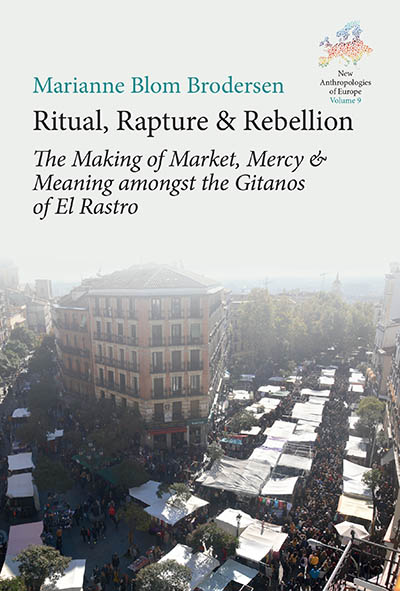 Forthcoming November 2024
Forthcoming November 2024 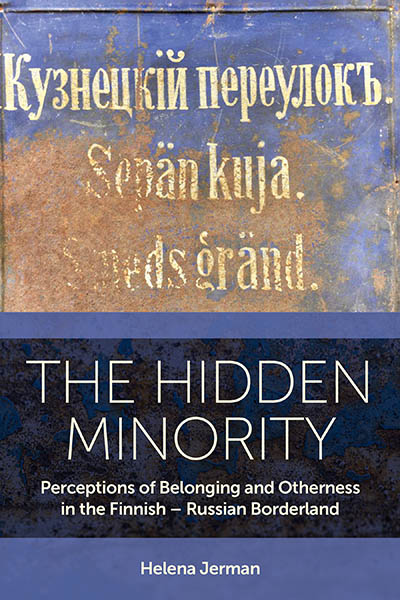 Forthcoming November 2024
Forthcoming November 2024 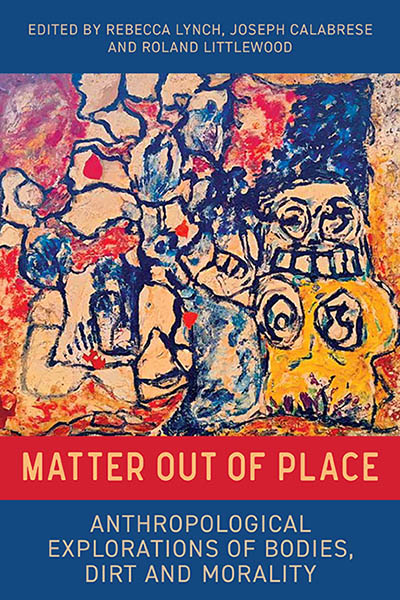 Forthcoming October 2024
Forthcoming October 2024  Forthcoming September 2024
Forthcoming September 2024 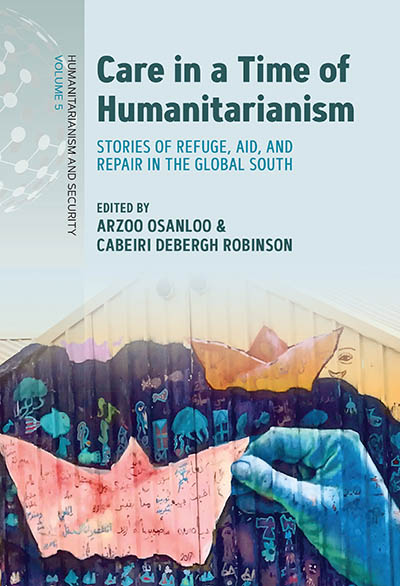 Forthcoming August 2024
Forthcoming August 2024 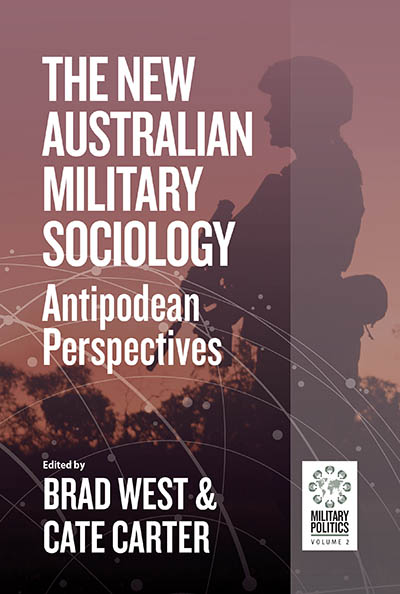 Forthcoming August 2024
Forthcoming August 2024  Forthcoming July 2024
Forthcoming July 2024 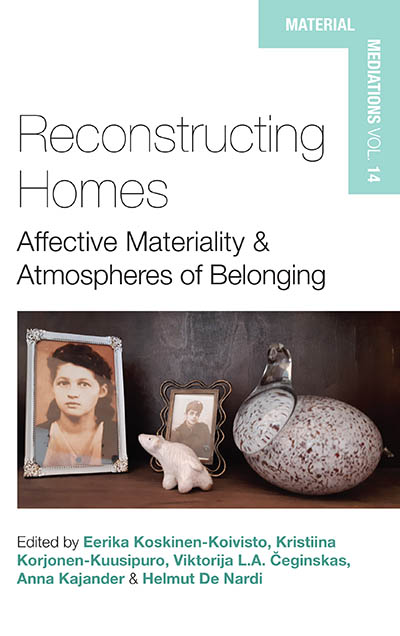 Forthcoming July 2024
Forthcoming July 2024 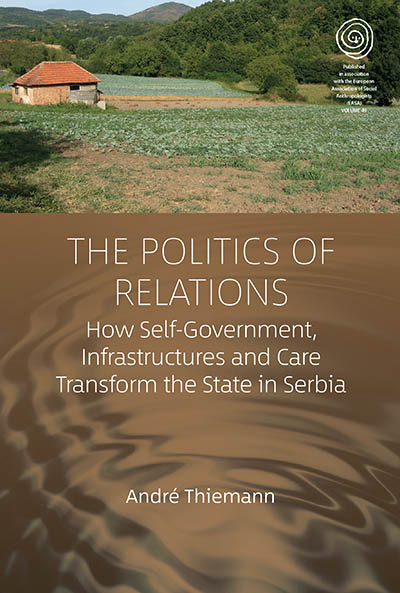 Forthcoming June 2024
Forthcoming June 2024 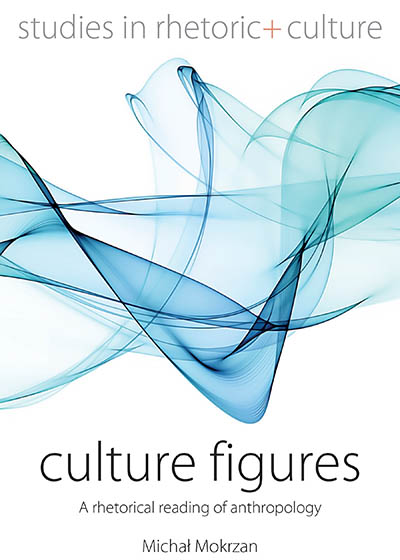 Forthcoming June 2024
Forthcoming June 2024 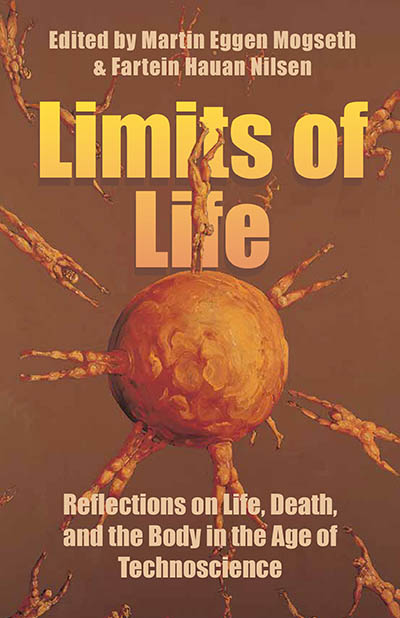 Forthcoming June 2024
Forthcoming June 2024 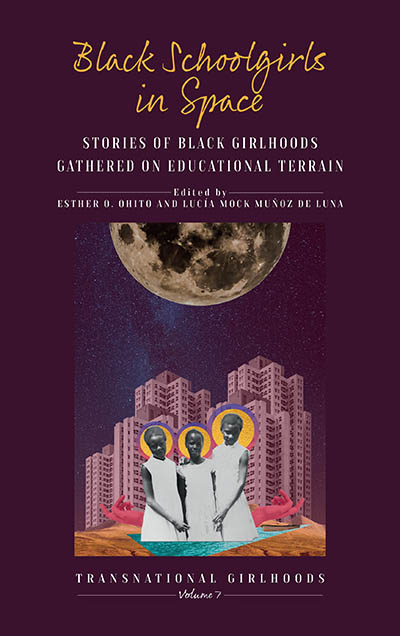 Forthcoming June 2024
Forthcoming June 2024  Forthcoming May 2024
Forthcoming May 2024 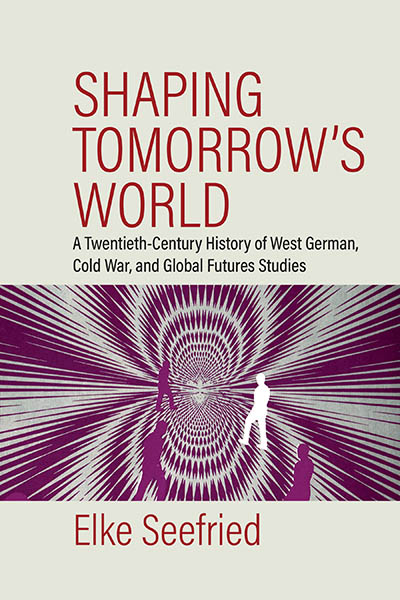 Forthcoming May 2024
Forthcoming May 2024 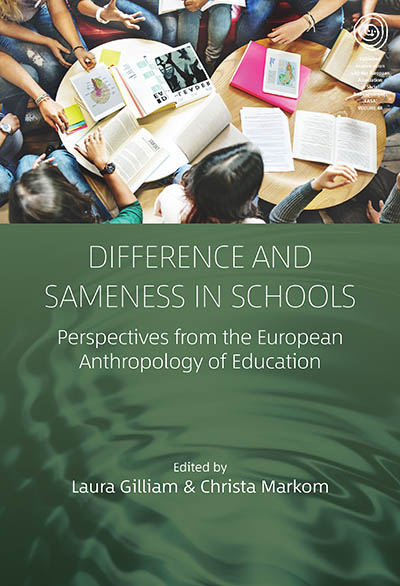 Published April 2024
Published April 2024 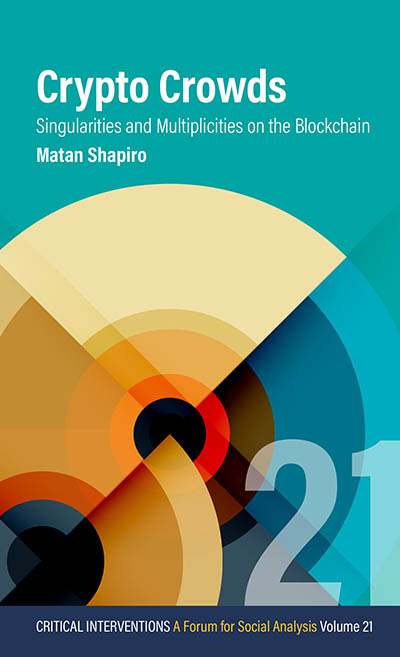 Published March 2024
Published March 2024 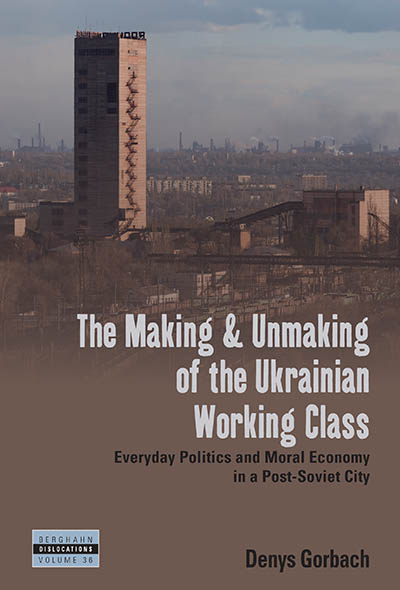 Published March 2024
Published March 2024  Published March 2024
Published March 2024 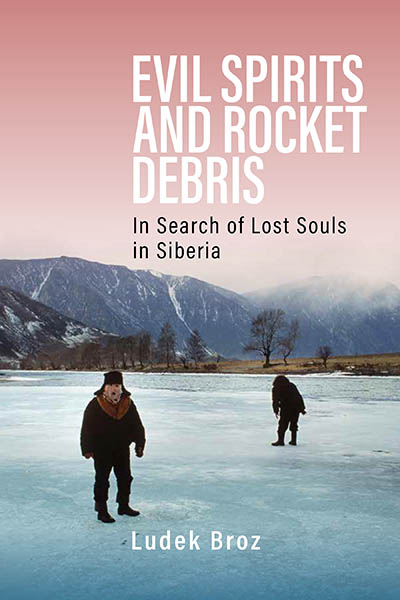 Published February 2024
Published February 2024 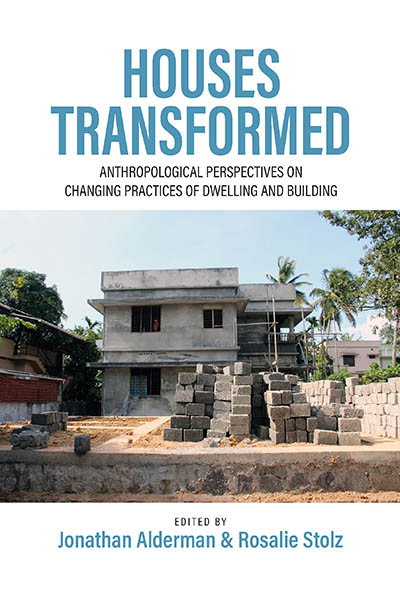 Published January 2024
Published January 2024  Published January 2024
Published January 2024  Published January 2024
Published January 2024 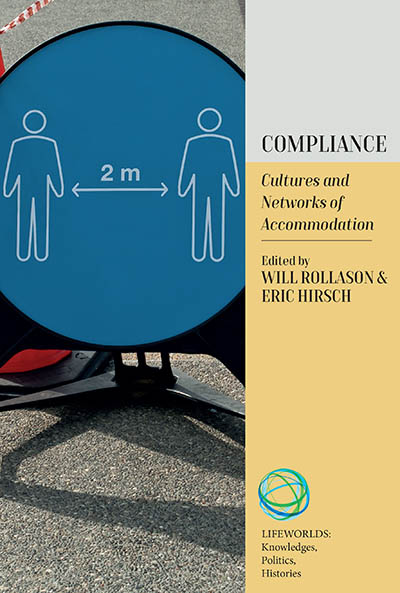 Published December 2023
Published December 2023 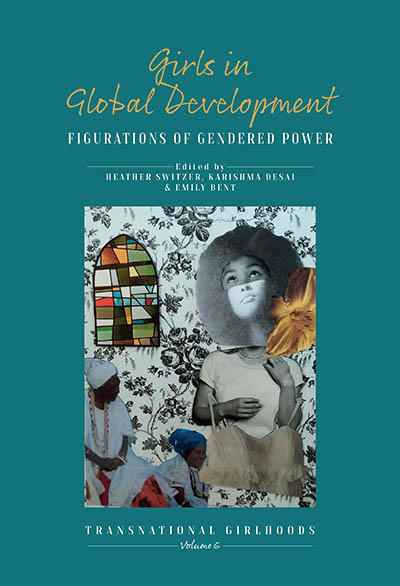 Published December 2023
Published December 2023 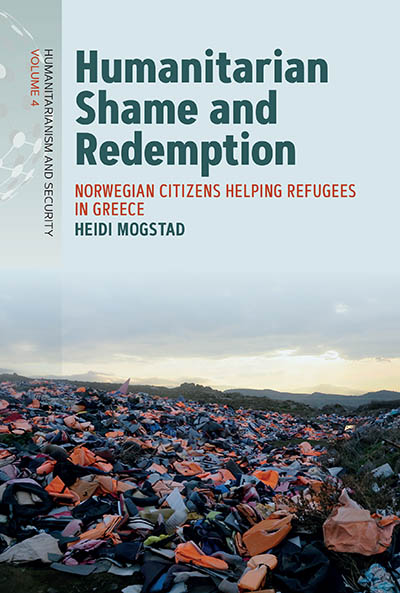 Published December 2023
Published December 2023 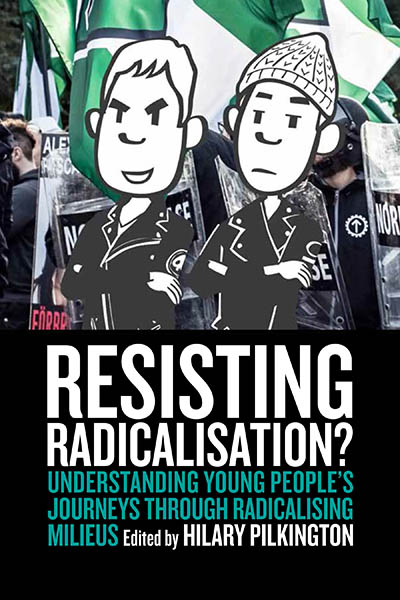 Published November 2023
Published November 2023 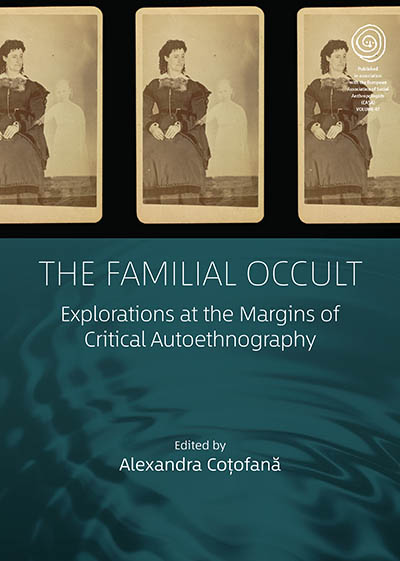 Published November 2023
Published November 2023 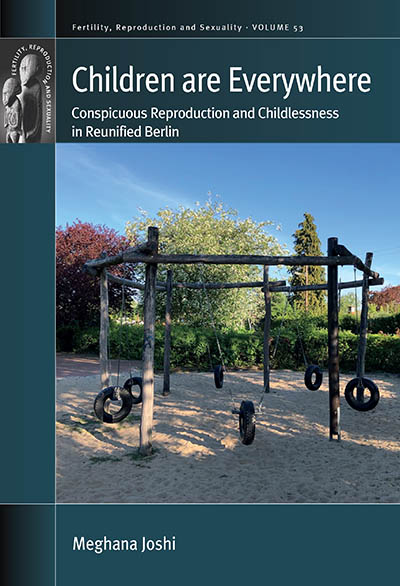 Published November 2023
Published November 2023 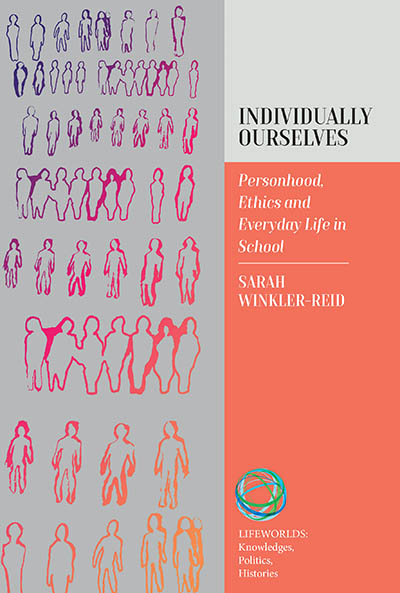 Published November 2023
Published November 2023 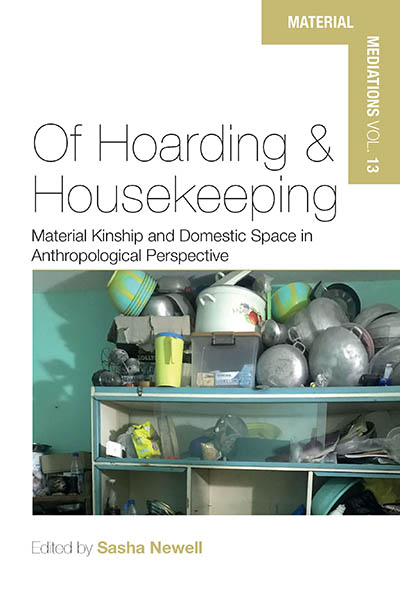 Published October 2023
Published October 2023 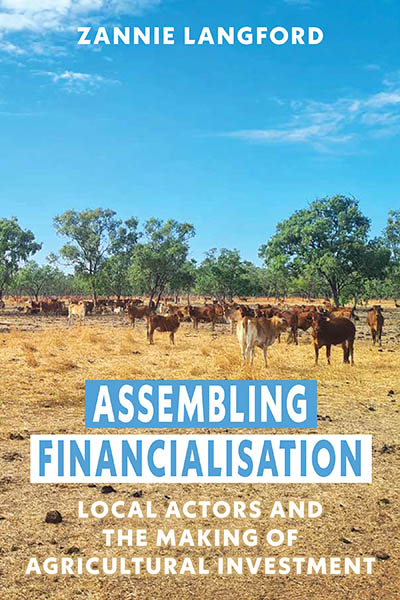 Published October 2023
Published October 2023 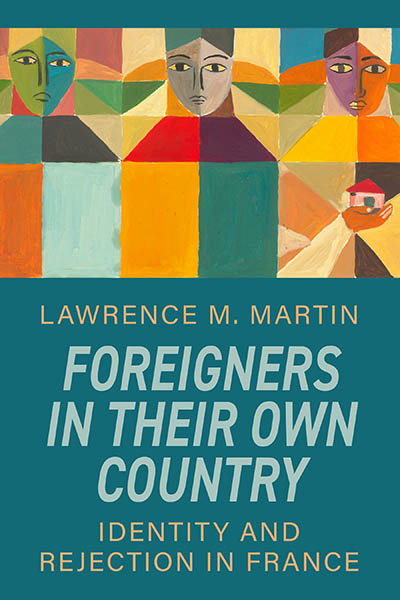 Published October 2023
Published October 2023 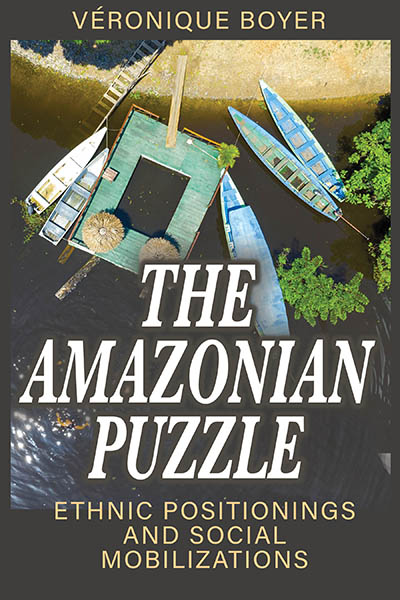 Published October 2023
Published October 2023 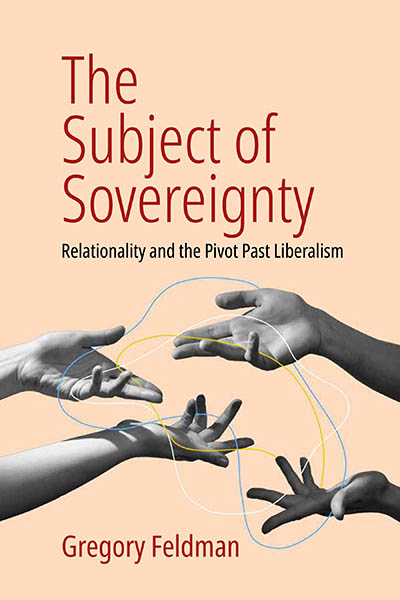 Published October 2023
Published October 2023  Published August 2023
Published August 2023 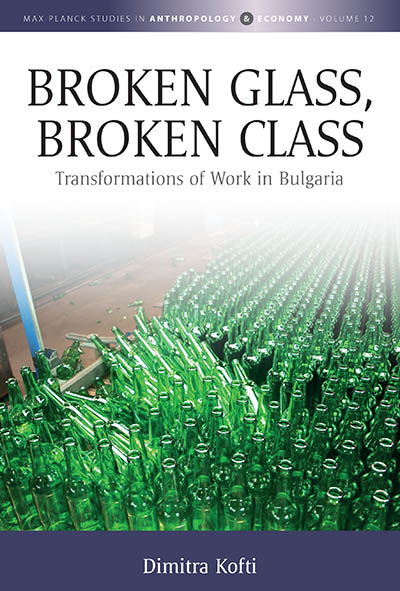 Published August 2023
Published August 2023 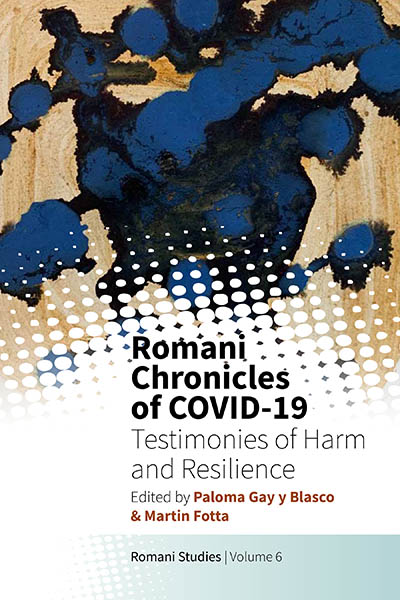 Published July 2023
Published July 2023 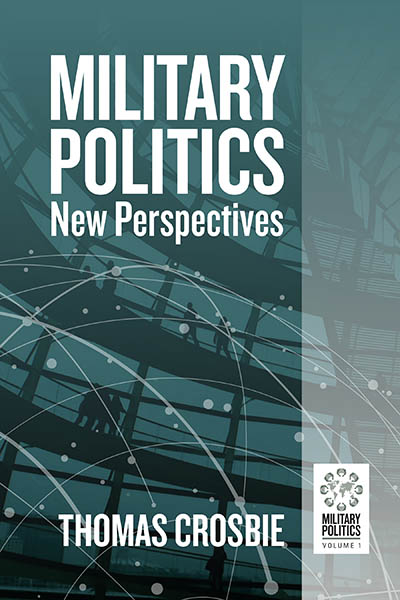 Published July 2023
Published July 2023 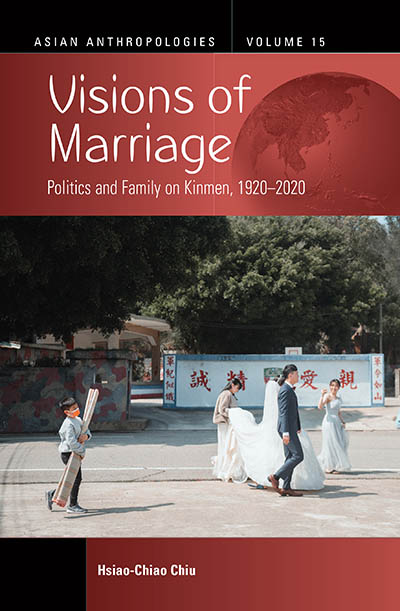 Published July 2023
Published July 2023 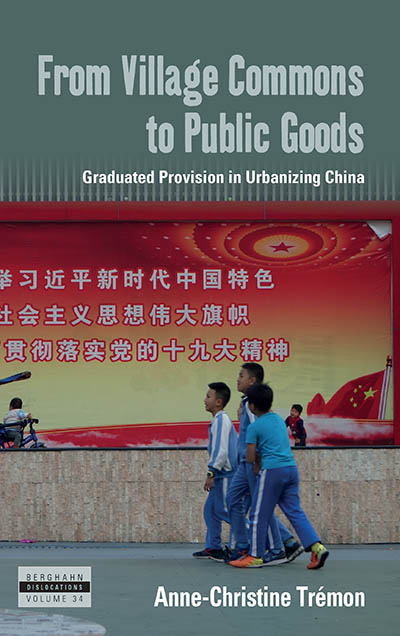 Published June 2023
Published June 2023 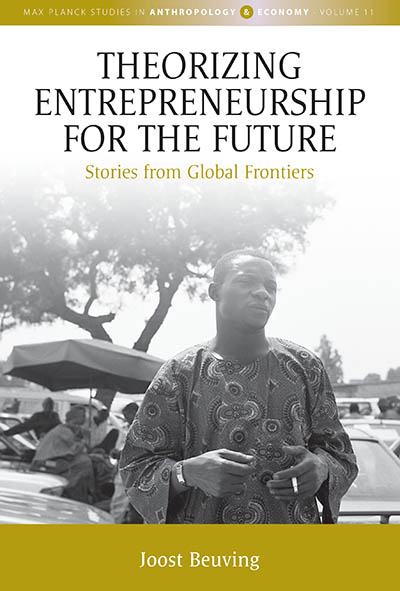 Published June 2023
Published June 2023 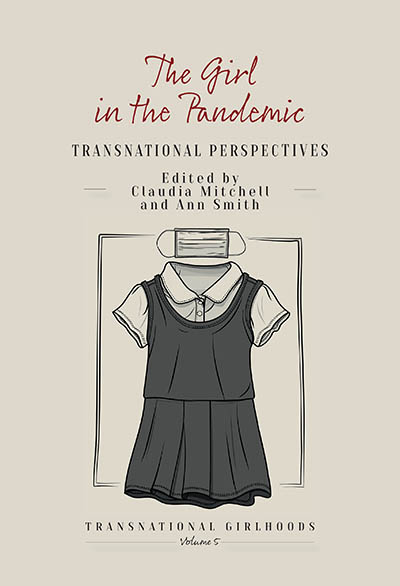 Published April 2023
Published April 2023 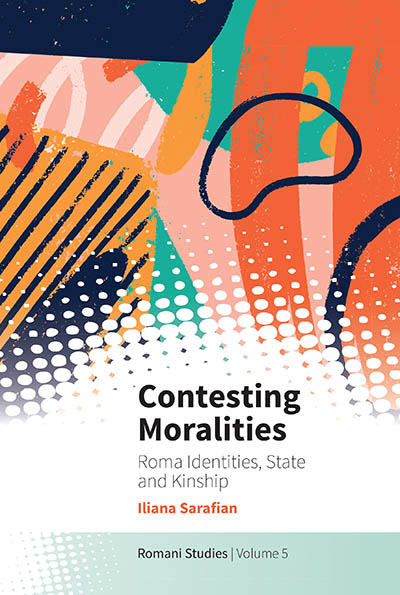 Published April 2023
Published April 2023  Published April 2023
Published April 2023 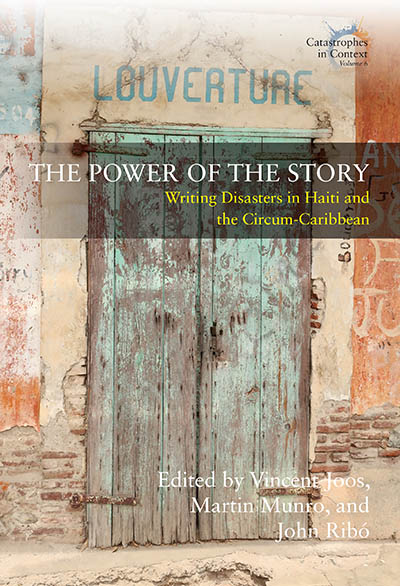 Published April 2023
Published April 2023 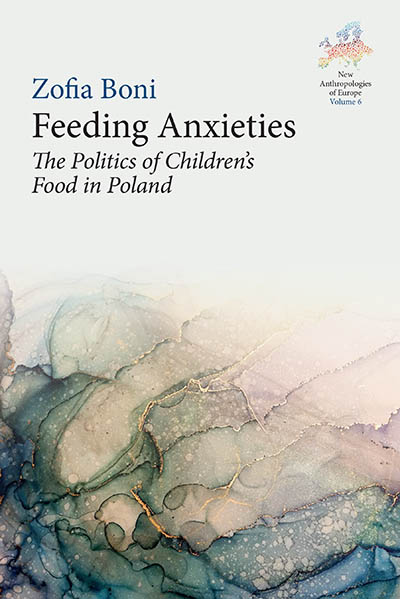 Published March 2023
Published March 2023 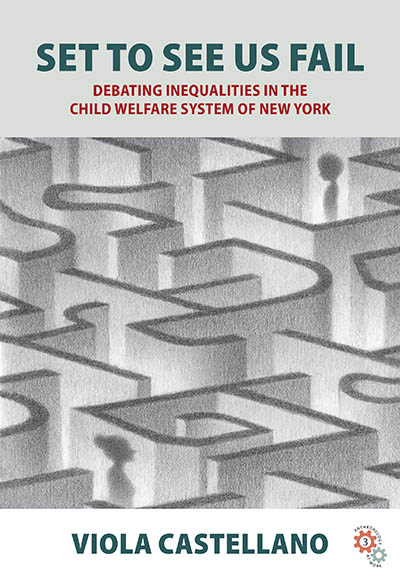 Published March 2023
Published March 2023  Published March 2023
Published March 2023 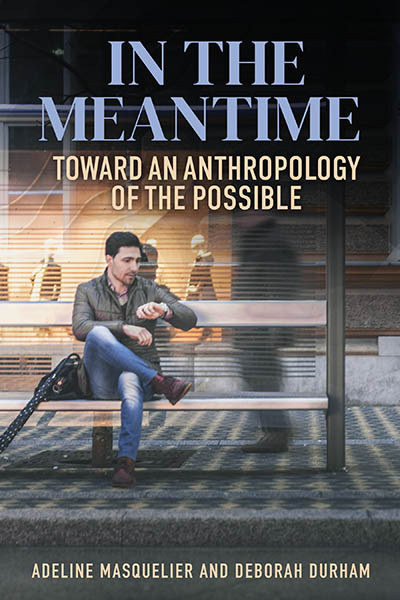 Published March 2023
Published March 2023 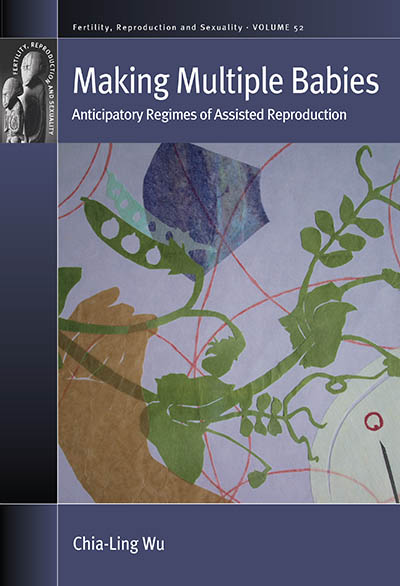 Published February 2023
Published February 2023 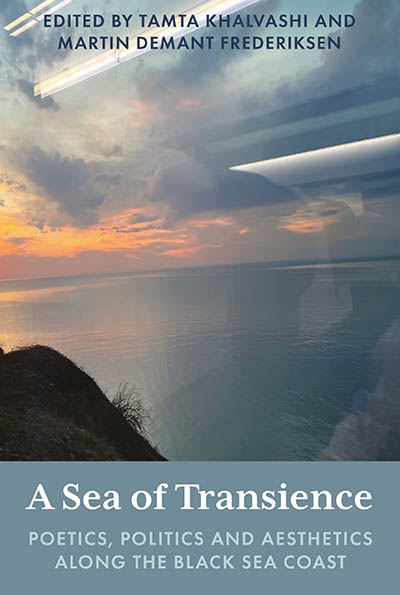 Published February 2023
Published February 2023 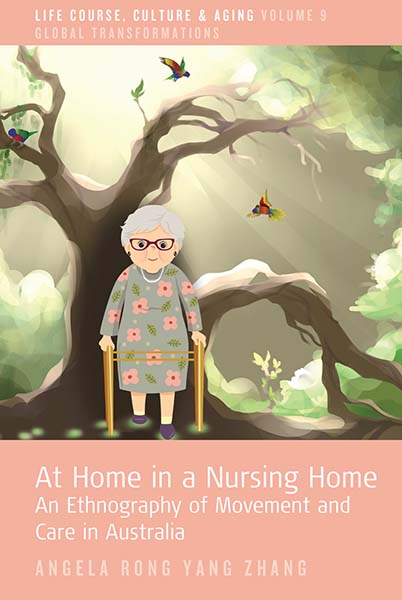 Published January 2023
Published January 2023 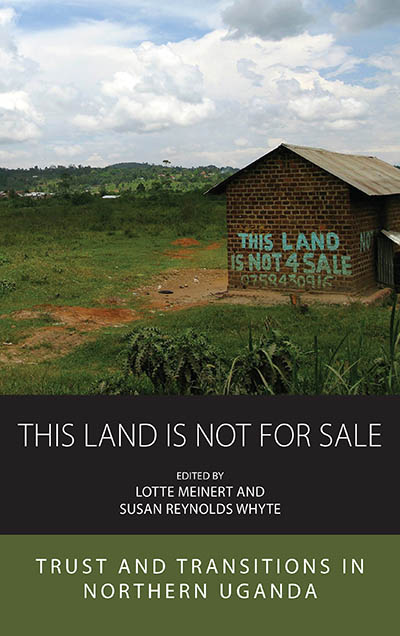 Published January 2023
Published January 2023 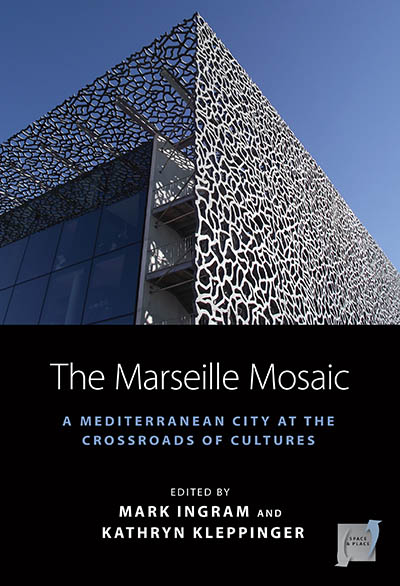 Published January 2023
Published January 2023 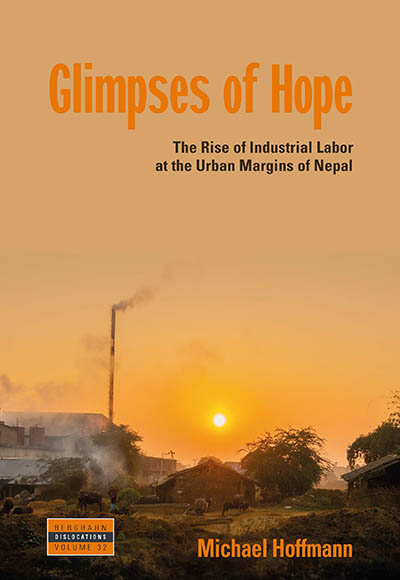 Published January 2023
Published January 2023 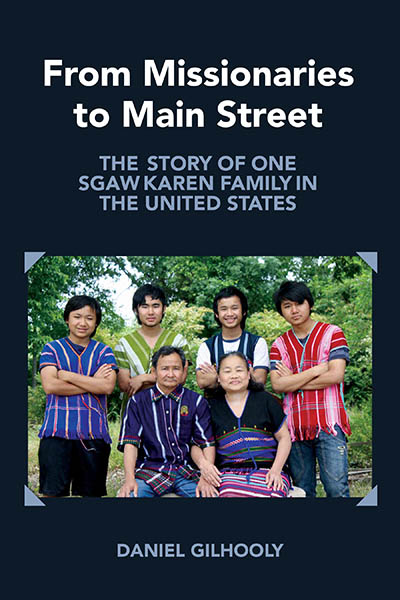 Published January 2023
Published January 2023 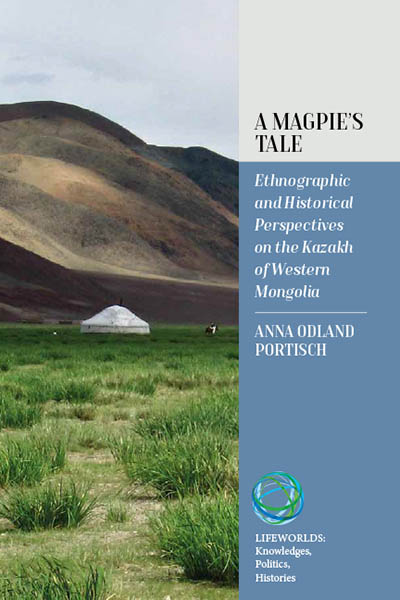 Published January 2023
Published January 2023 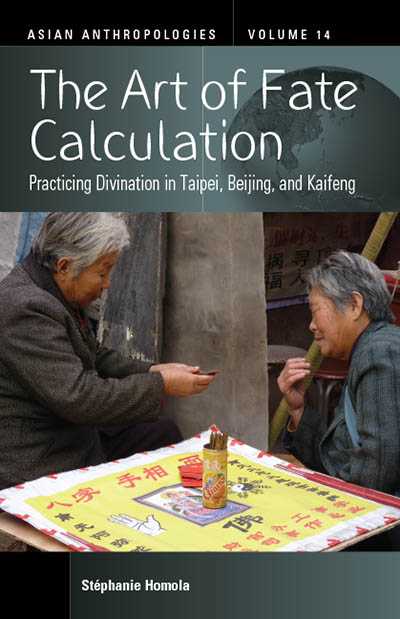 Published January 2023
Published January 2023 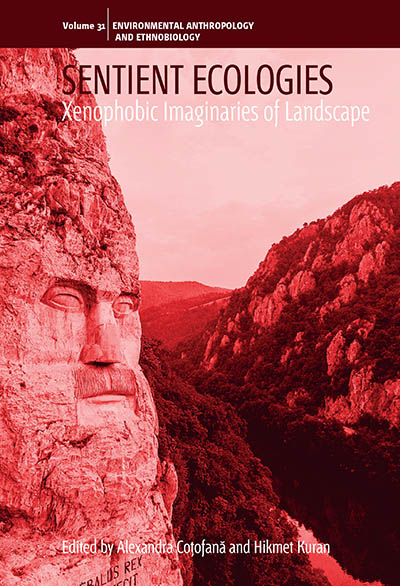 Published November 2022
Published November 2022  Published November 2022
Published November 2022 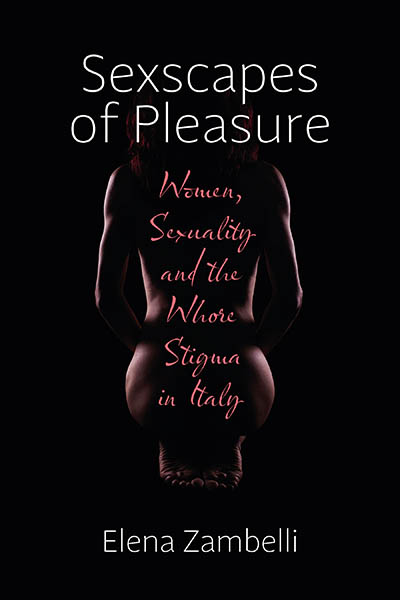 Published November 2022
Published November 2022 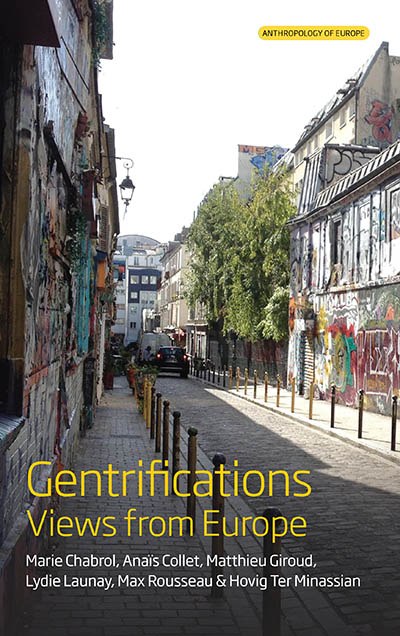 Published October 2022
Published October 2022 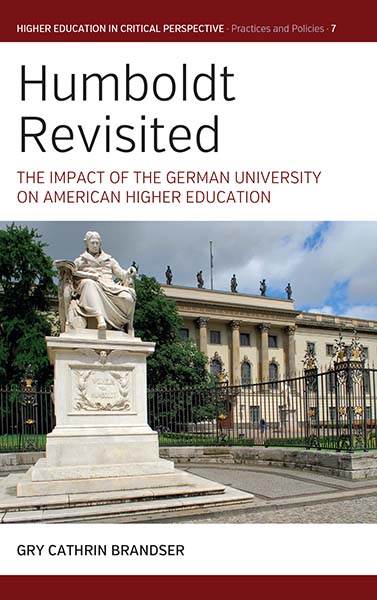 Published September 2022
Published September 2022  Published September 2022
Published September 2022 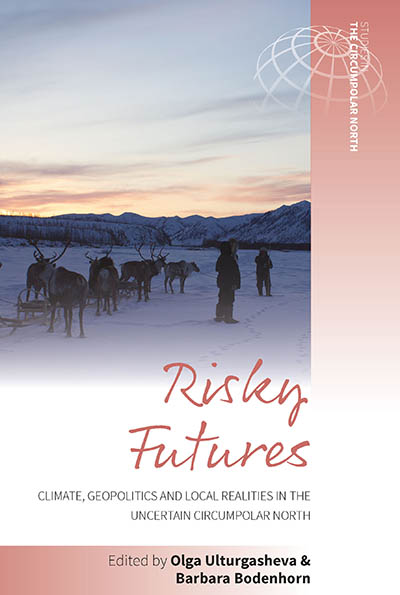 Published August 2022
Published August 2022 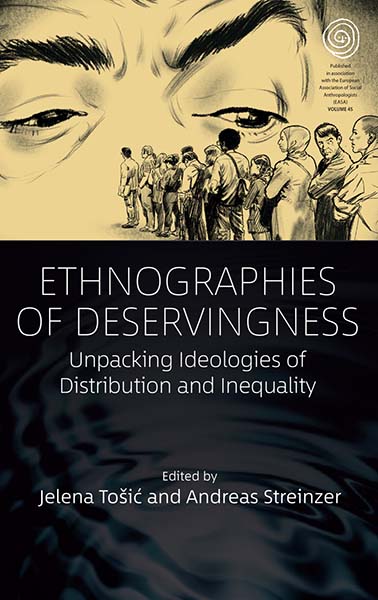 Published August 2022
Published August 2022  Published August 2022
Published August 2022 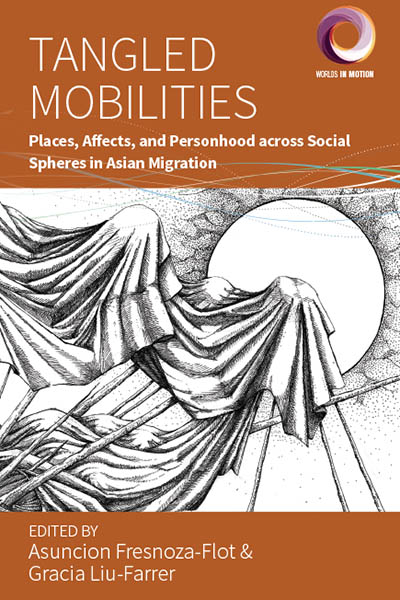 Published July 2022
Published July 2022 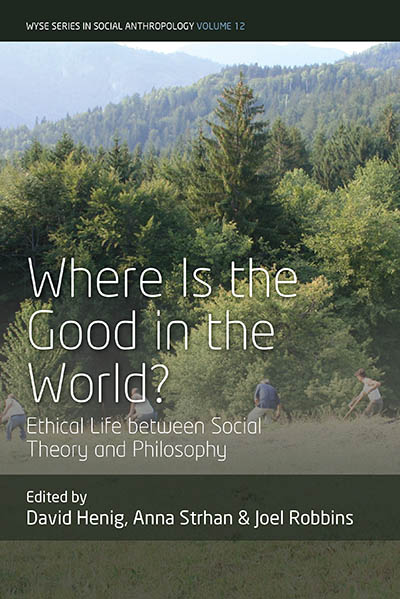 Published July 2022
Published July 2022 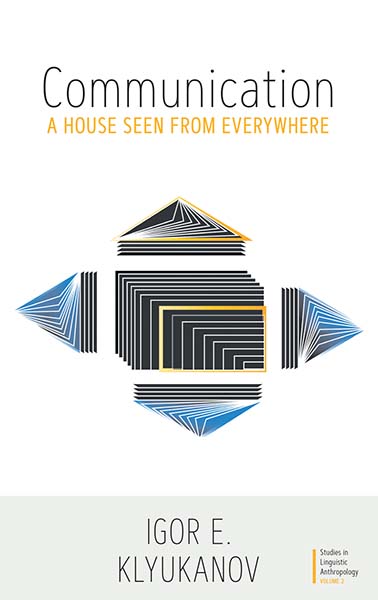 Published June 2022
Published June 2022 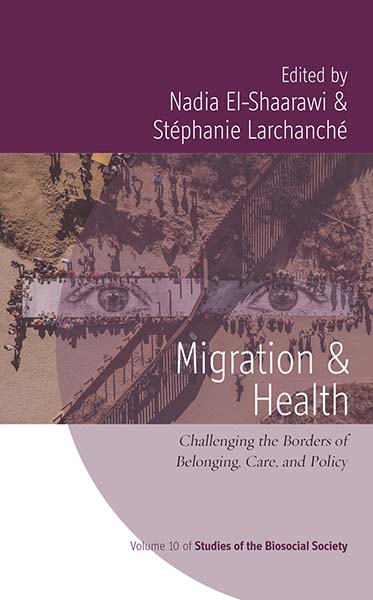 Published June 2022
Published June 2022 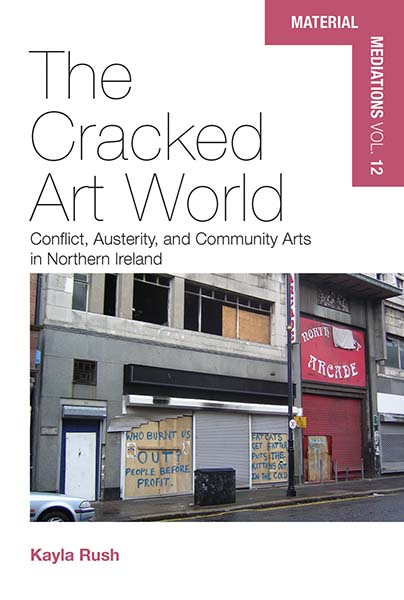 Published June 2022
Published June 2022 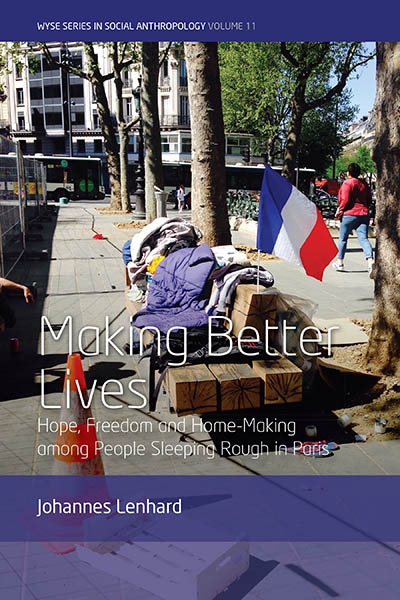 Published May 2022
Published May 2022 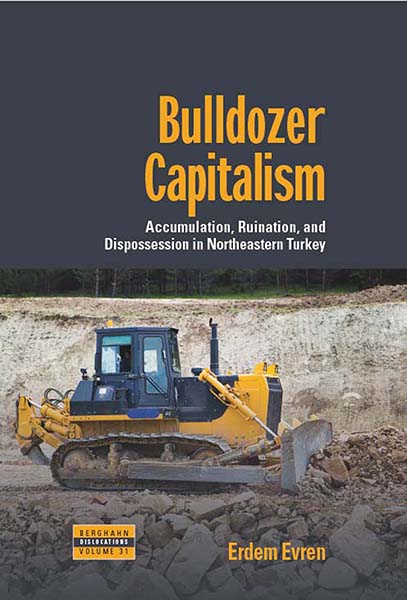 Published May 2022
Published May 2022 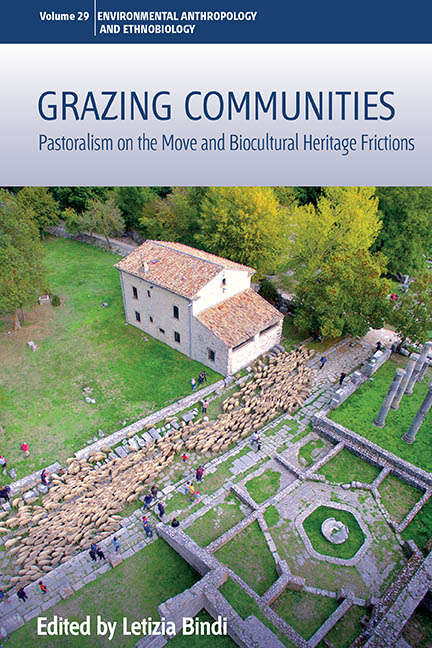 Published May 2022
Published May 2022 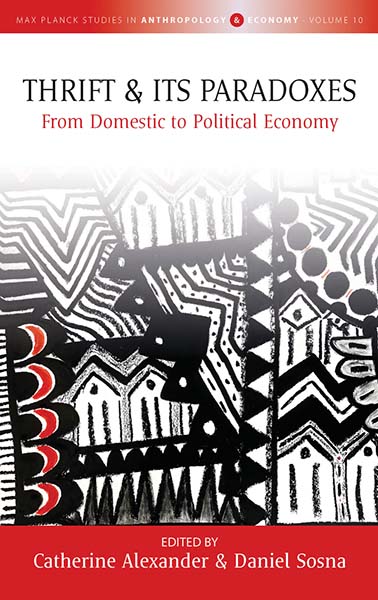 Published April 2022
Published April 2022 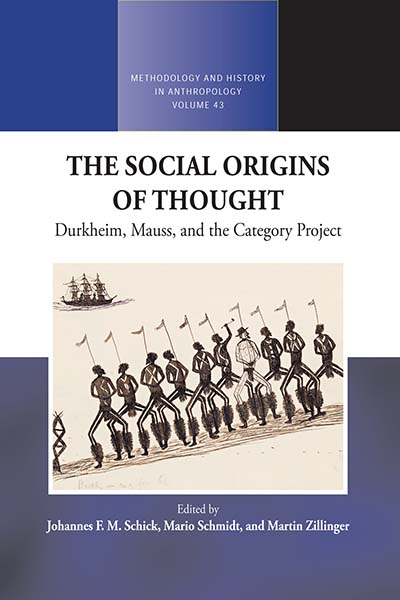 Published March 2022
Published March 2022 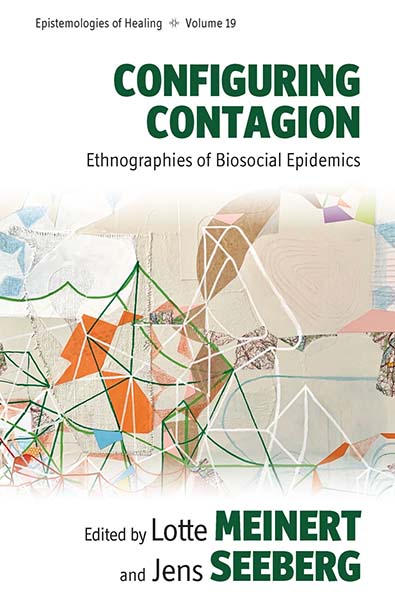 Published February 2022
Published February 2022 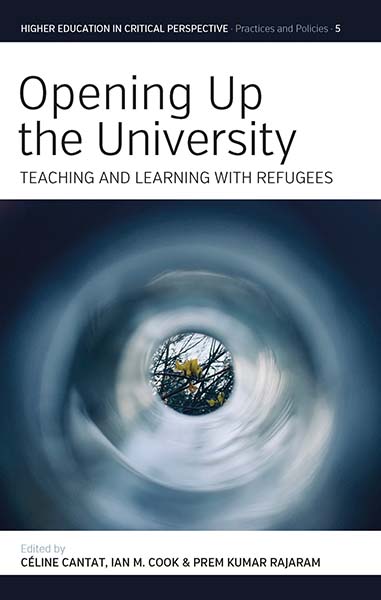 Published February 2022
Published February 2022  Published February 2022
Published February 2022 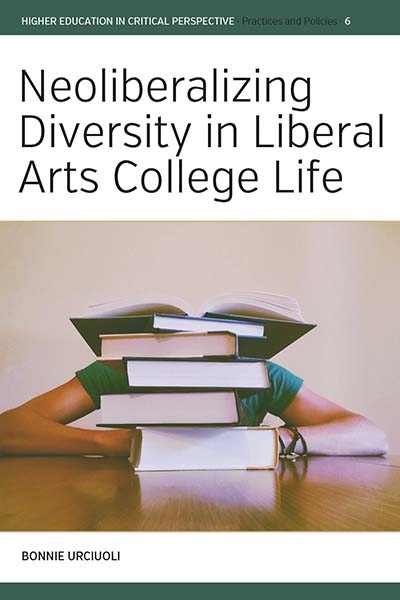 Published February 2022
Published February 2022 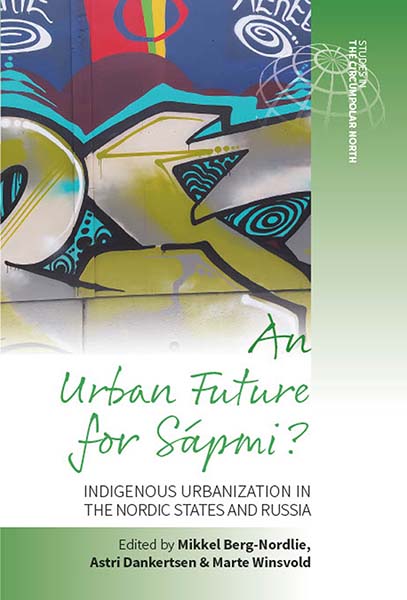 Published January 2022
Published January 2022 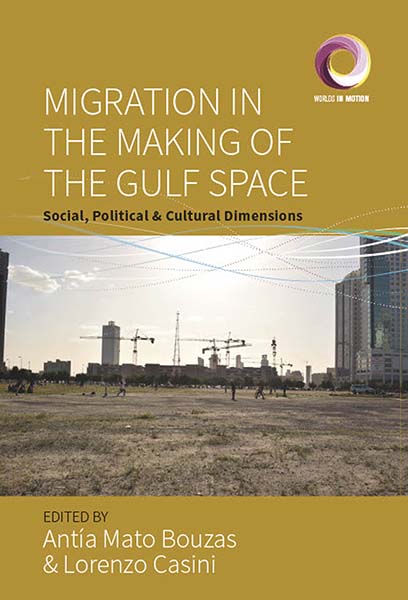 Published January 2022
Published January 2022 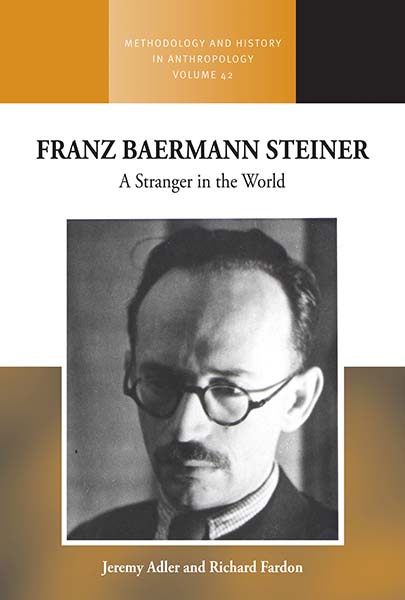 Published December 2021
Published December 2021 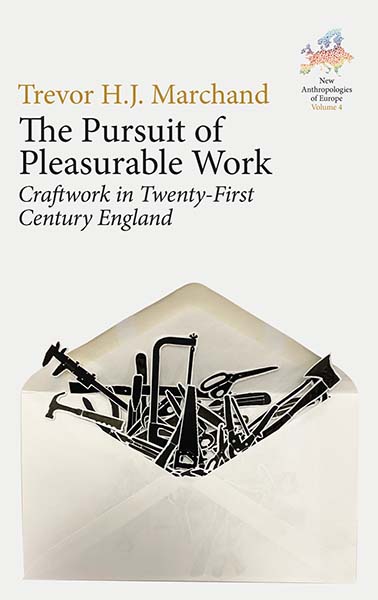 Published November 2021
Published November 2021 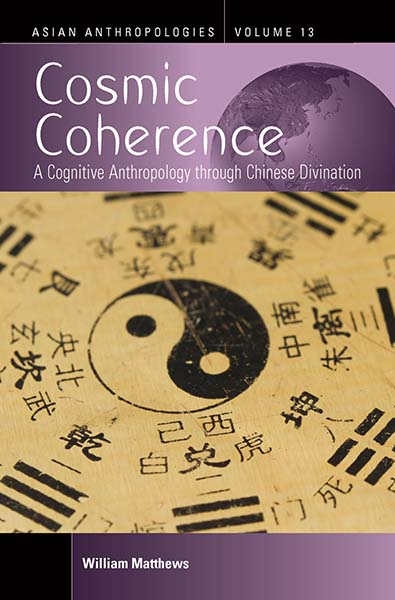 Published November 2021
Published November 2021 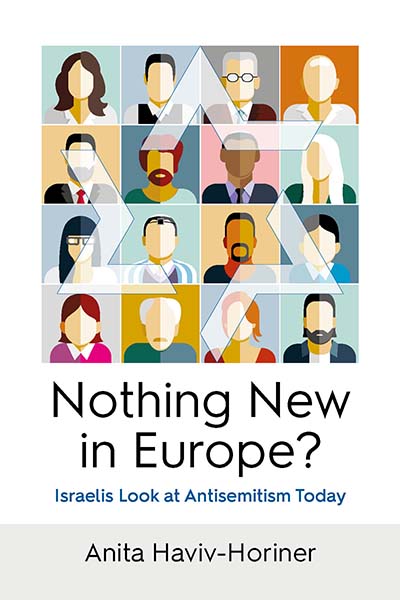 Published November 2021
Published November 2021 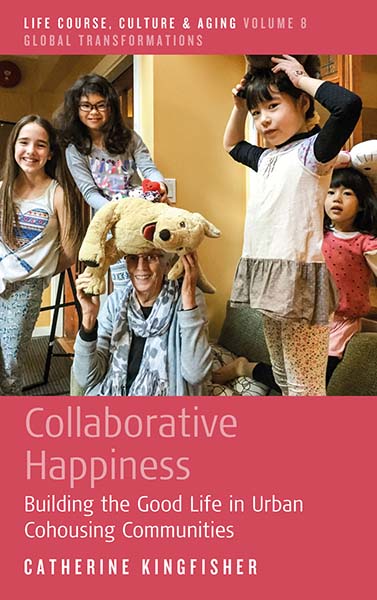 Published October 2021
Published October 2021 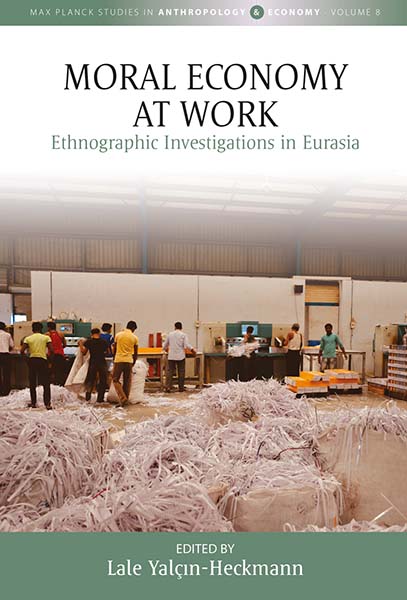 Published October 2021
Published October 2021 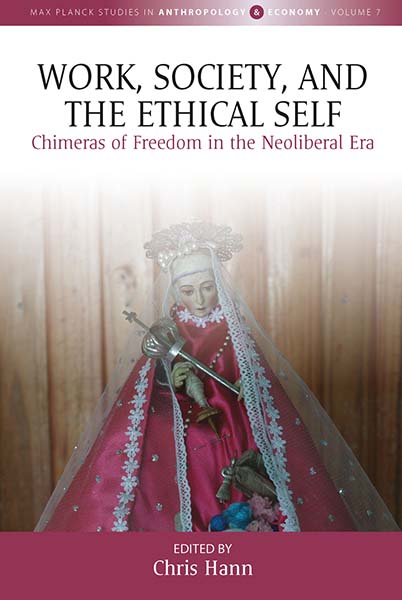 Published September 2021
Published September 2021 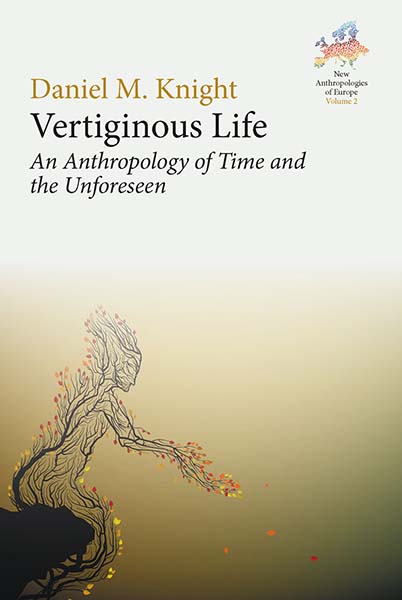 Published September 2021
Published September 2021 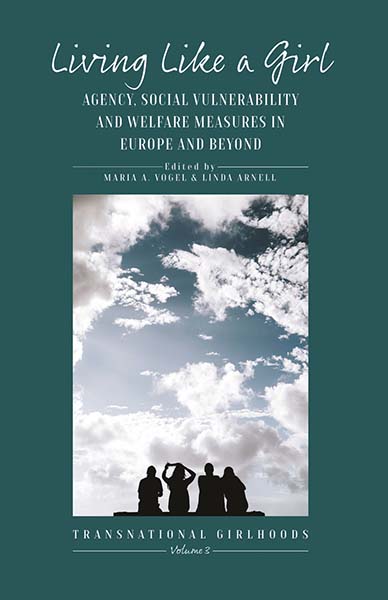 Published August 2021
Published August 2021  Published July 2021
Published July 2021 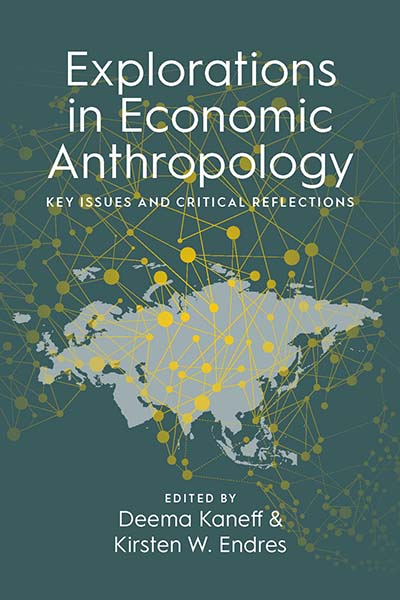 Published July 2021
Published July 2021 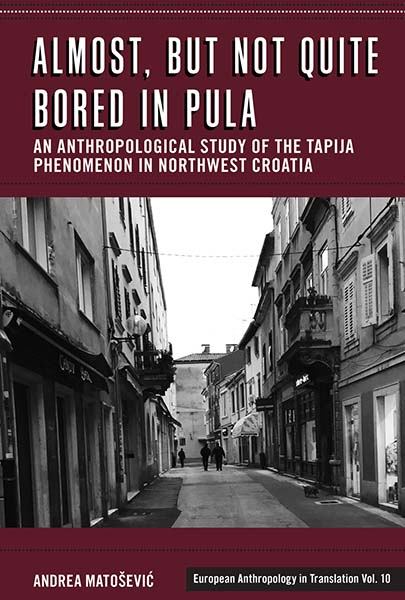 Published July 2021
Published July 2021  Published July 2021
Published July 2021 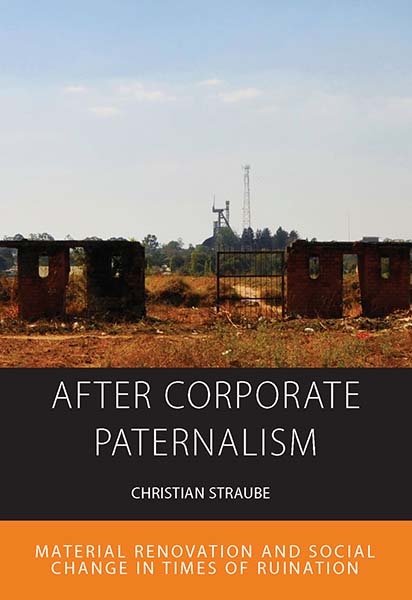 Published July 2021
Published July 2021 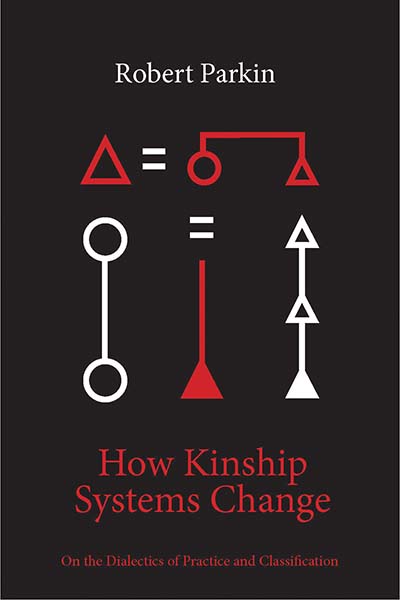 Published July 2021
Published July 2021 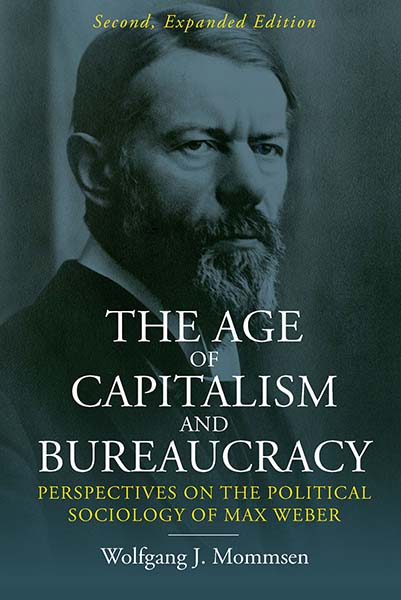 Published June 2021
Published June 2021 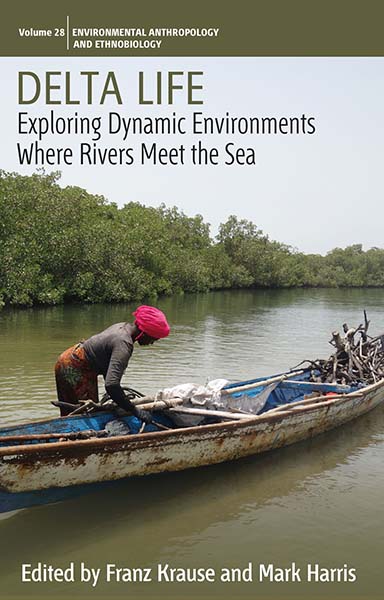 Published June 2021
Published June 2021 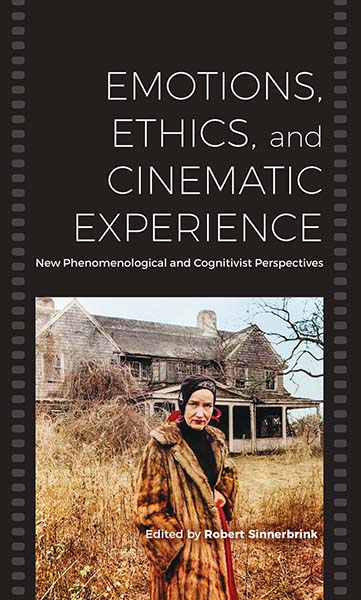 Published June 2021
Published June 2021 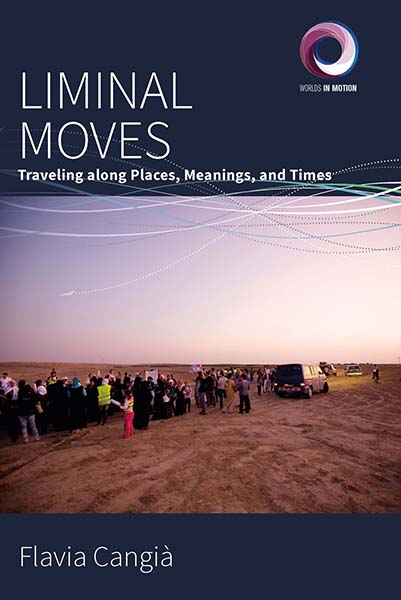 Published April 2021
Published April 2021 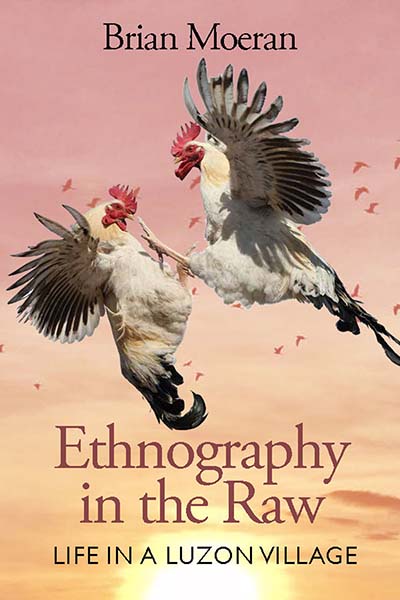 Published April 2021
Published April 2021 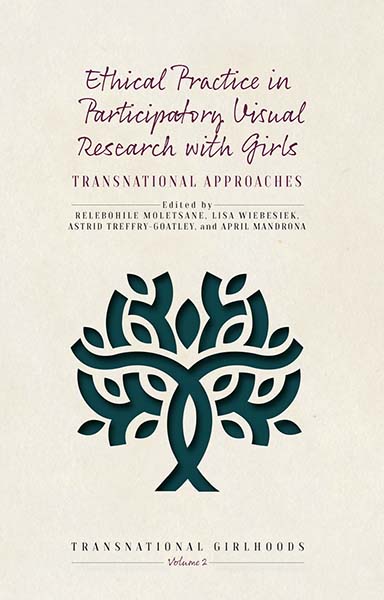 Published March 2021
Published March 2021 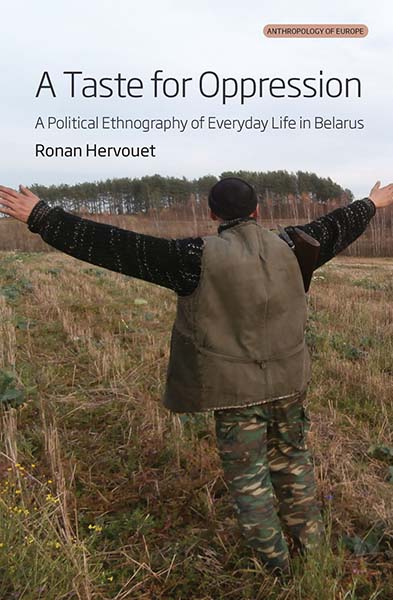 Published March 2021
Published March 2021 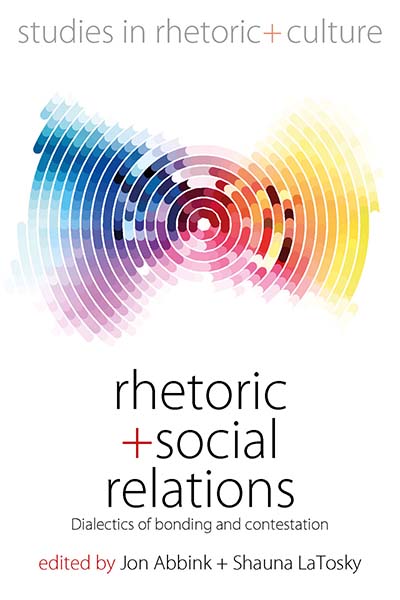 Published February 2021
Published February 2021 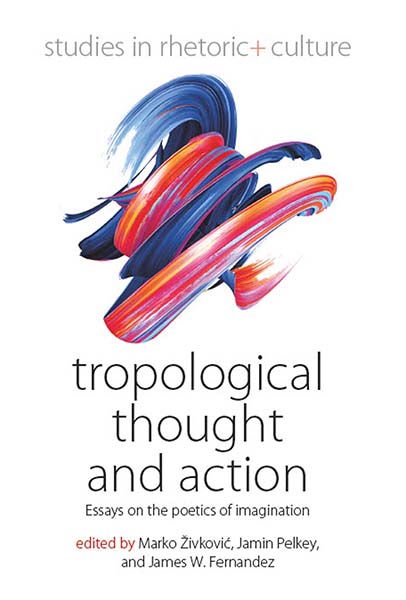 Published January 2022
Published January 2022 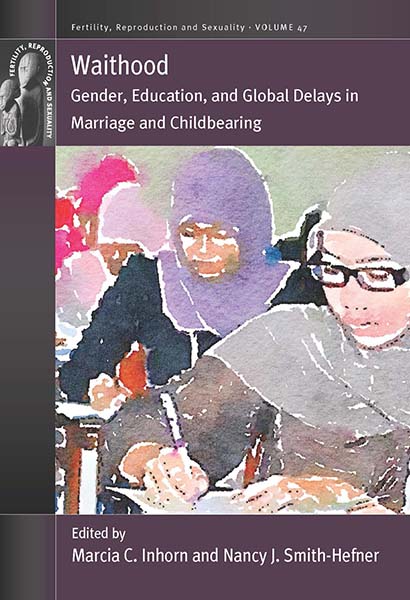 Published December 2020
Published December 2020 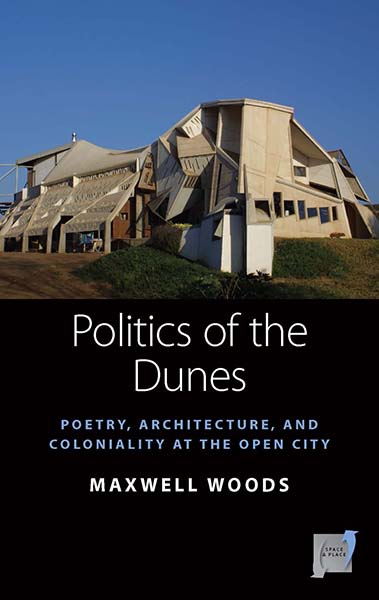 Published November 2020
Published November 2020 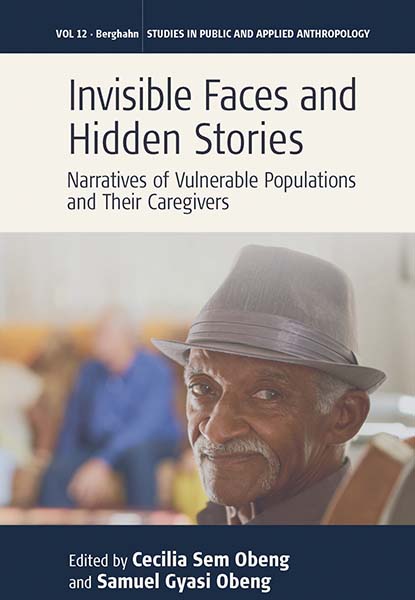 Published November 2020
Published November 2020 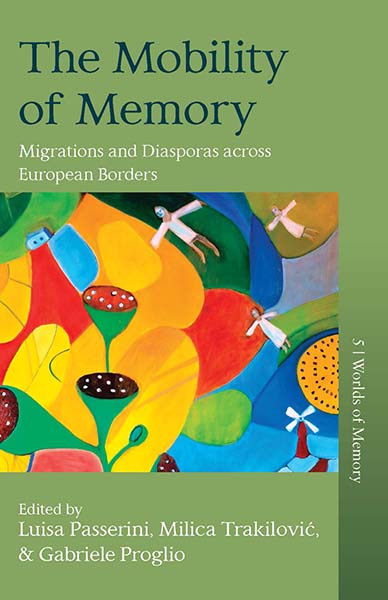 Published October 2020
Published October 2020 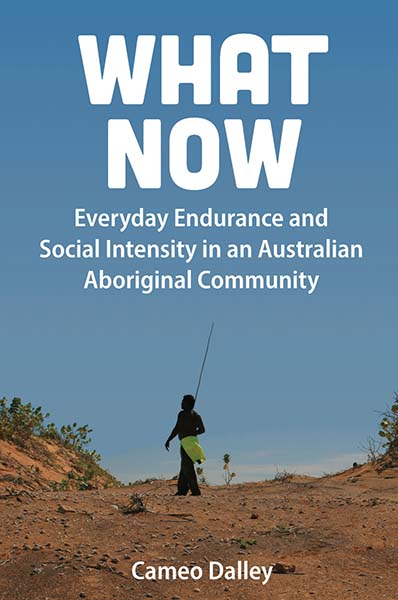 Published October 2020
Published October 2020 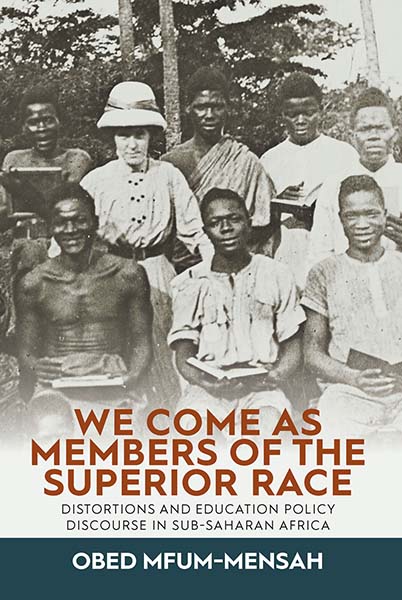 Published October 2020
Published October 2020  Published September 2020
Published September 2020 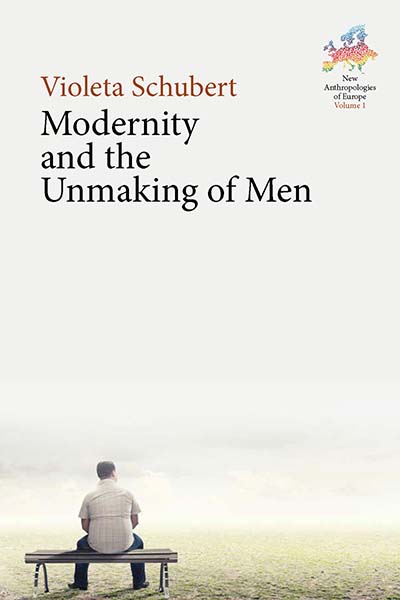 Published August 2020
Published August 2020 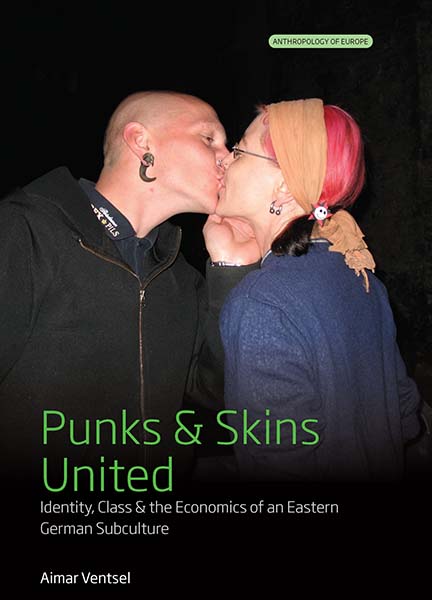 Published August 2020
Published August 2020 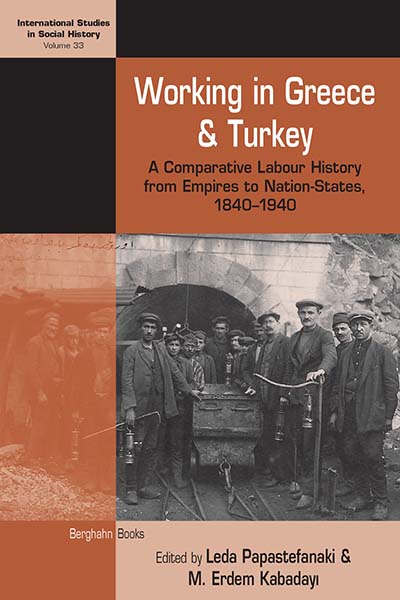 Published July 2020
Published July 2020 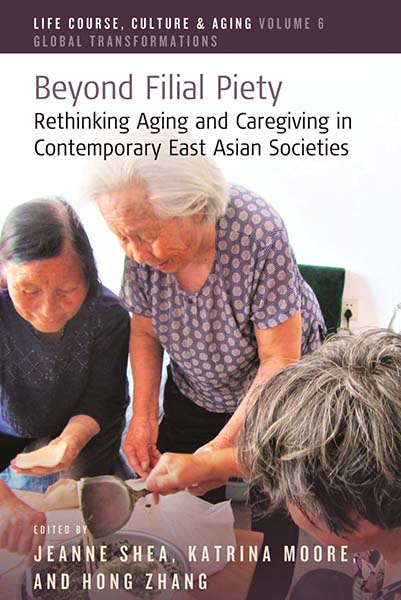 Published July 2020
Published July 2020 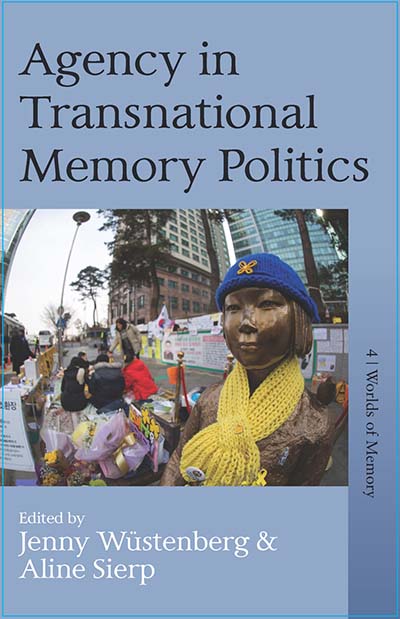 Published July 2020
Published July 2020 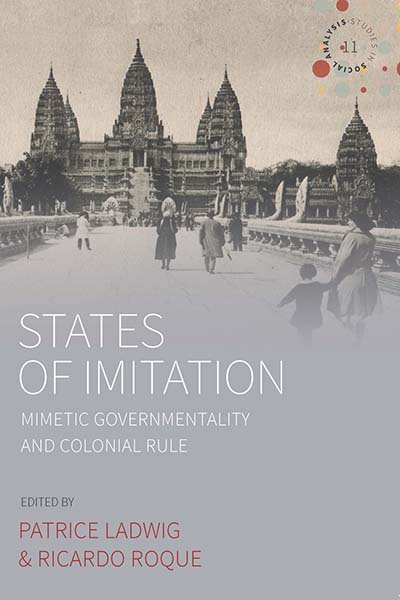 Published June 2020
Published June 2020  Published June 2020
Published June 2020 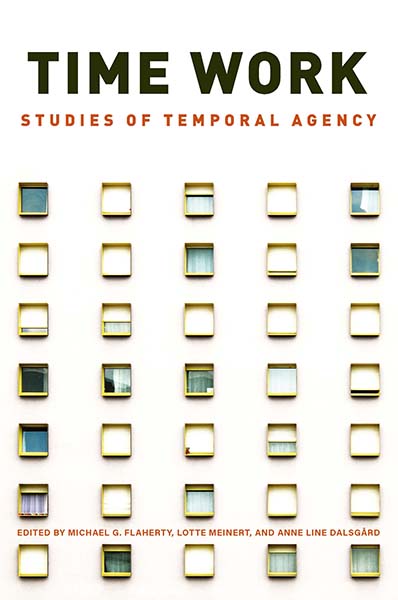 Published June 2020
Published June 2020  Published May 2020
Published May 2020 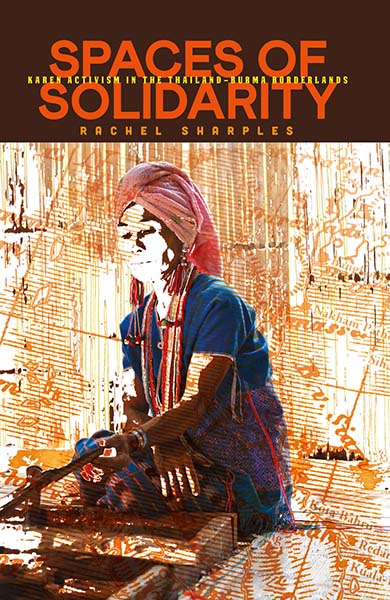 Published May 2020
Published May 2020 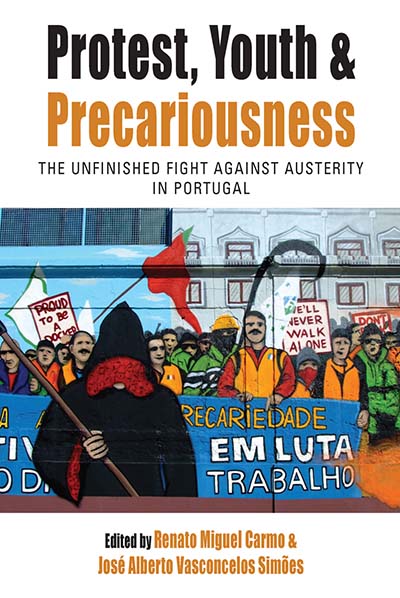 Published April 2020
Published April 2020 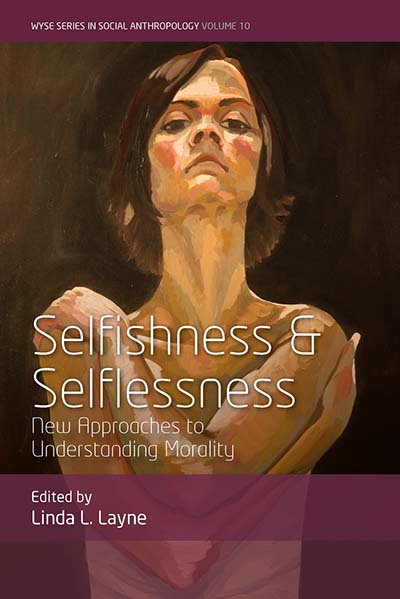 Published April 2020
Published April 2020 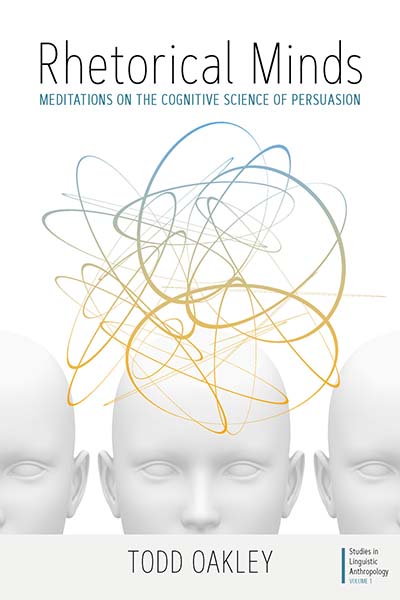 Published April 2020
Published April 2020 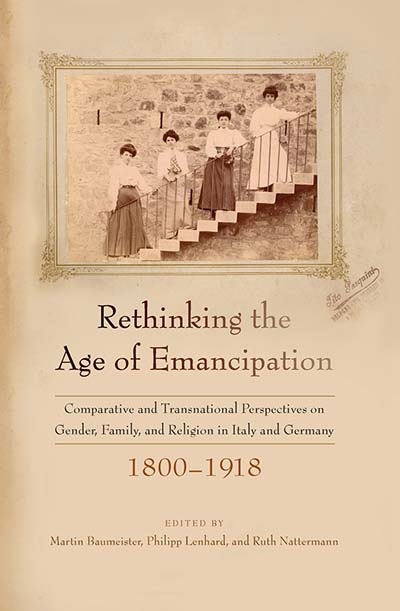 Published March 2020
Published March 2020 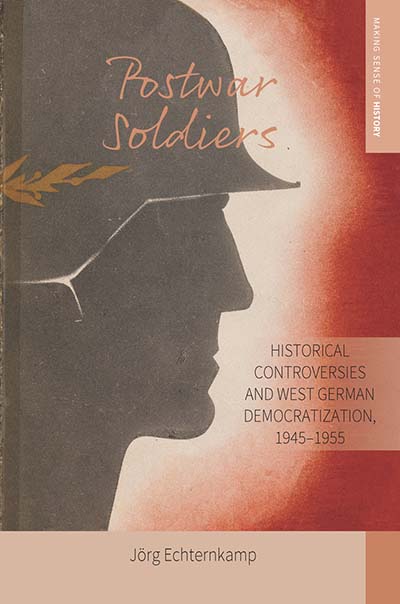 Published March 2020
Published March 2020 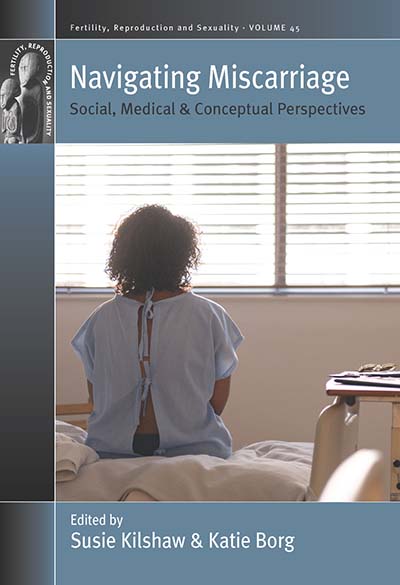 Published March 2020
Published March 2020 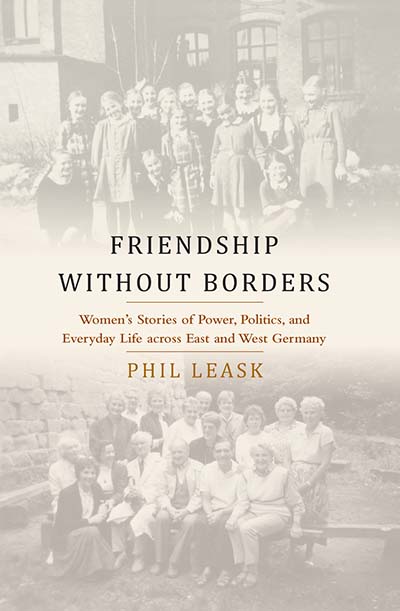 Published March 2020
Published March 2020 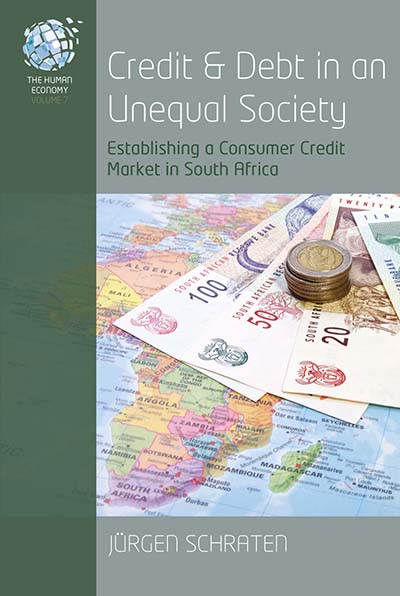 Published February 2020
Published February 2020 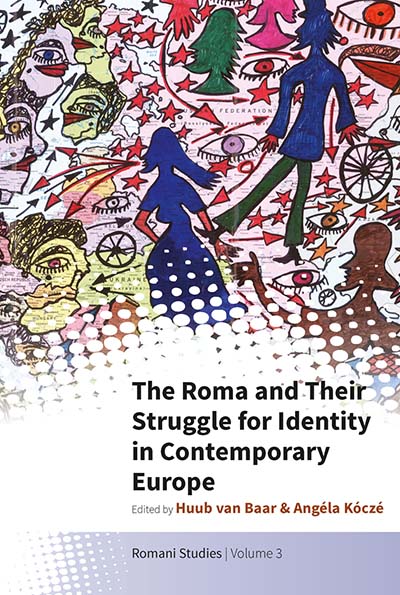 Published February 2020
Published February 2020  Published January 2020
Published January 2020 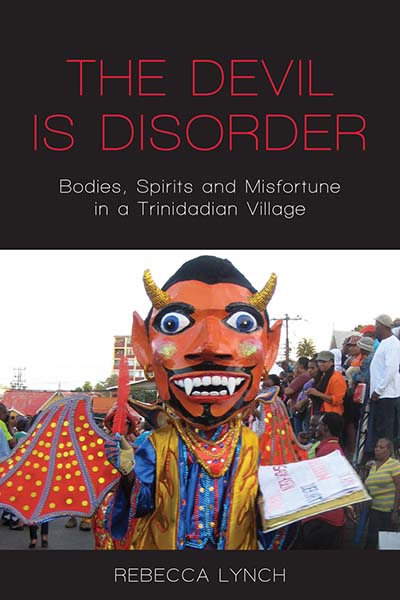 Published January 2020
Published January 2020  Published January 2020
Published January 2020 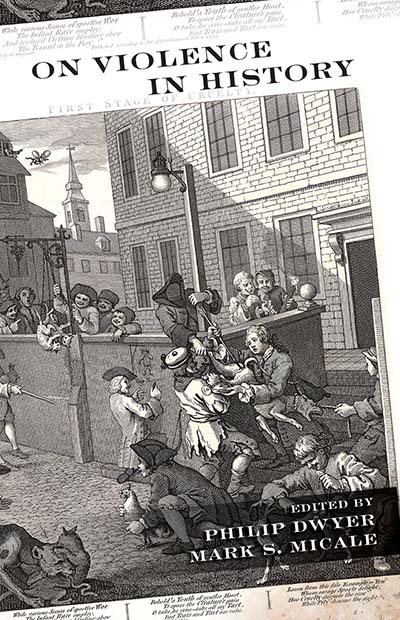 Published January 2020
Published January 2020 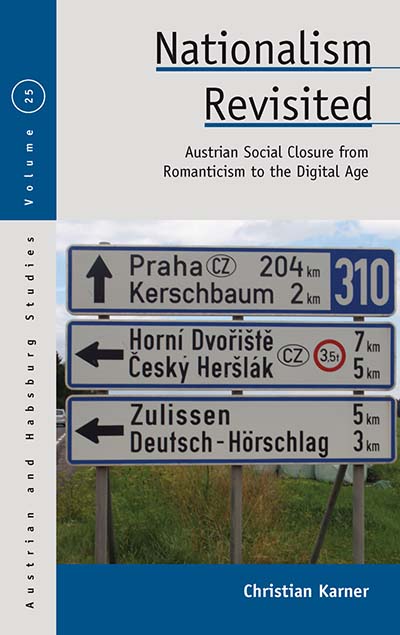 Published December 2019
Published December 2019 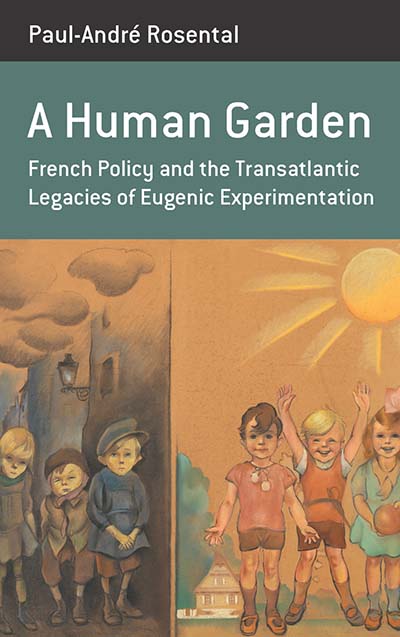 Published December 2019
Published December 2019 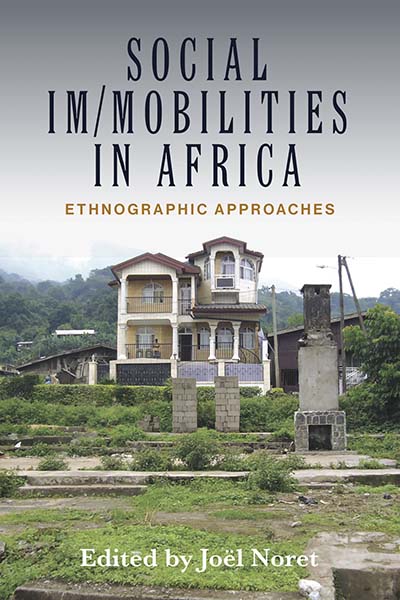 Published November 2019
Published November 2019 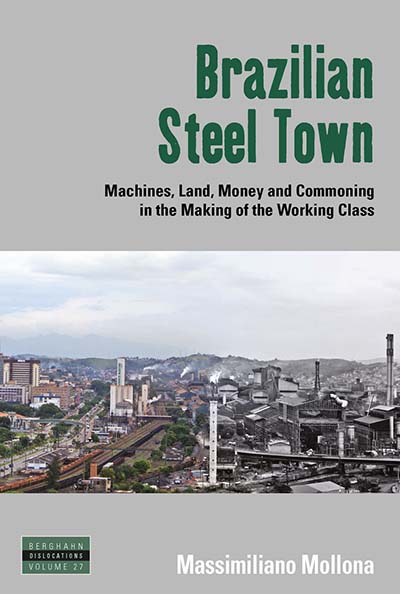 Published November 2019
Published November 2019 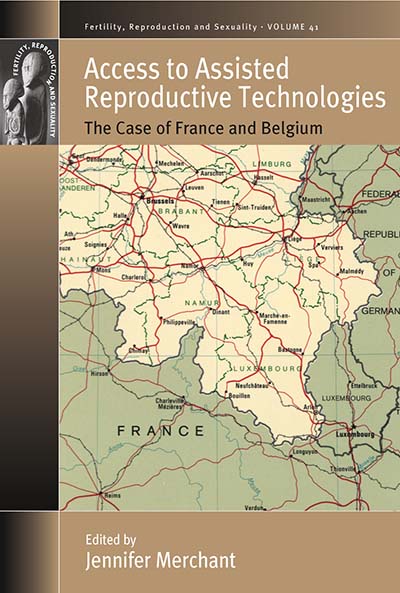 Published November 2019
Published November 2019 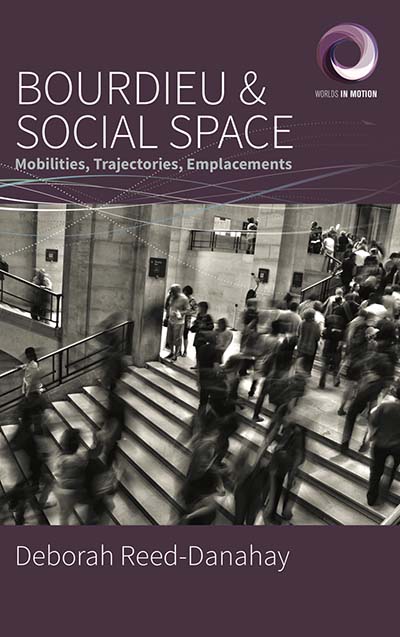 Published November 2019
Published November 2019 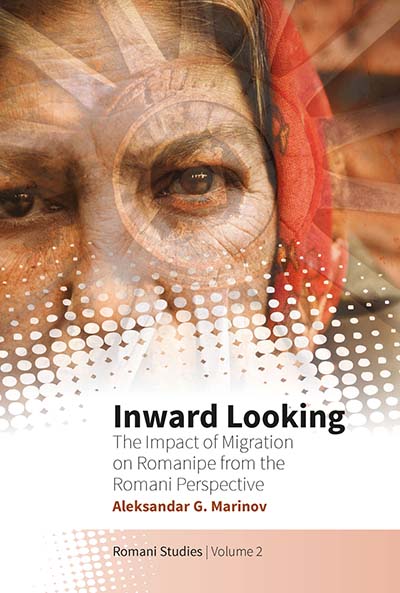 Published October 2019
Published October 2019 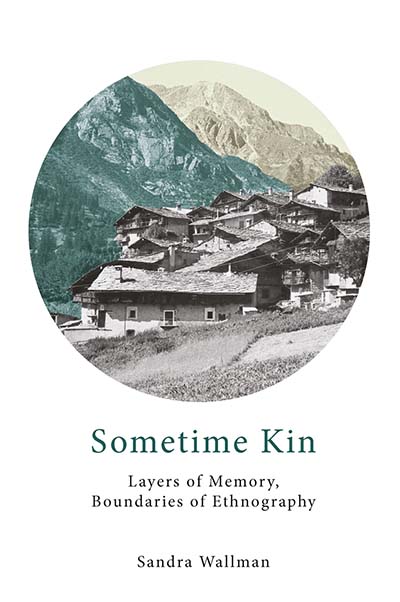 Published October 2019
Published October 2019 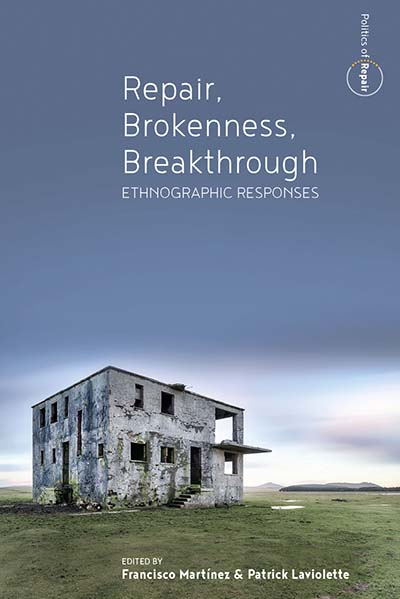 Published September 2019
Published September 2019 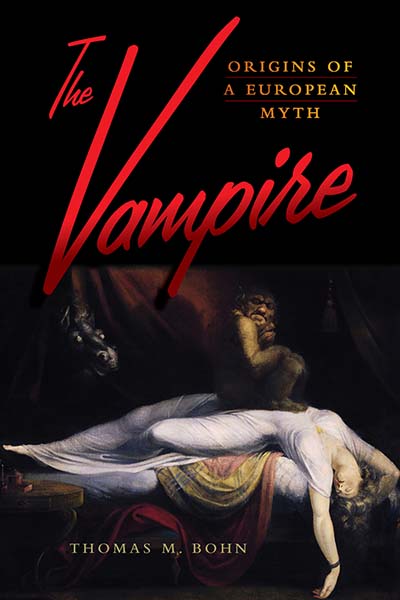 Published September 2019
Published September 2019 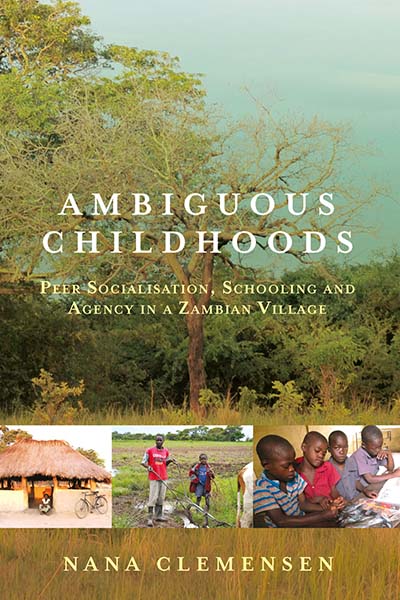 Published September 2019
Published September 2019 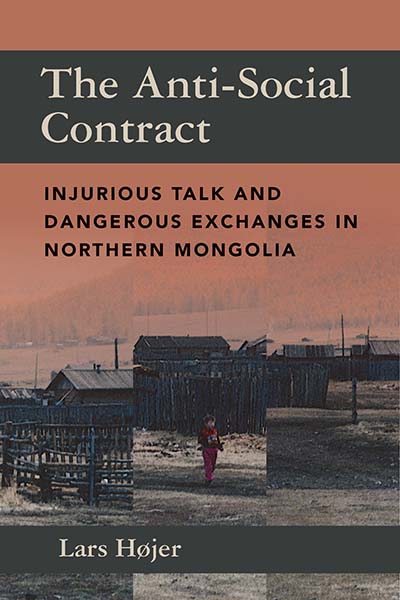 Published July 2019
Published July 2019 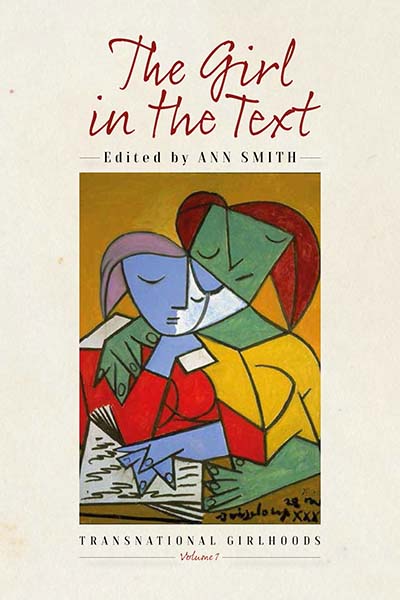 Published July 2019
Published July 2019 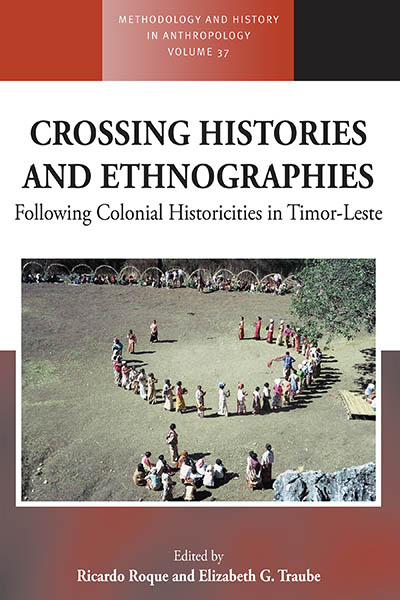 Published June 2019
Published June 2019 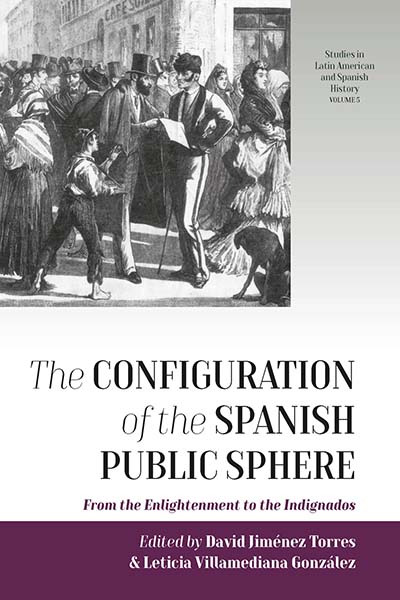 Published June 2019
Published June 2019 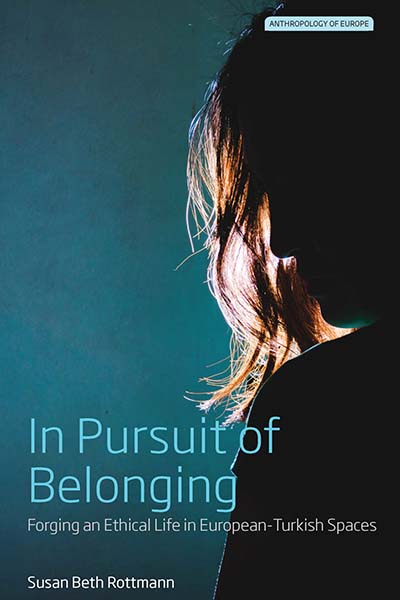 Published June 2019
Published June 2019 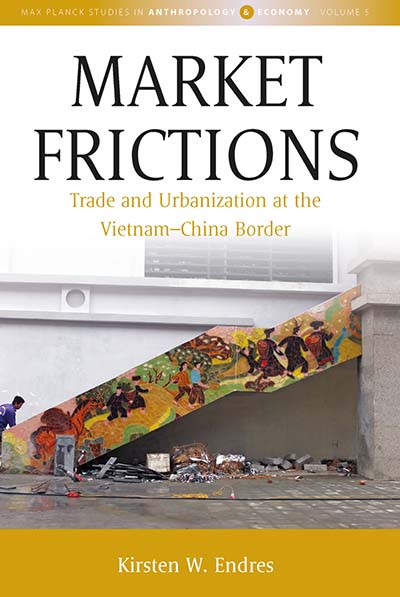 Published June 2019
Published June 2019 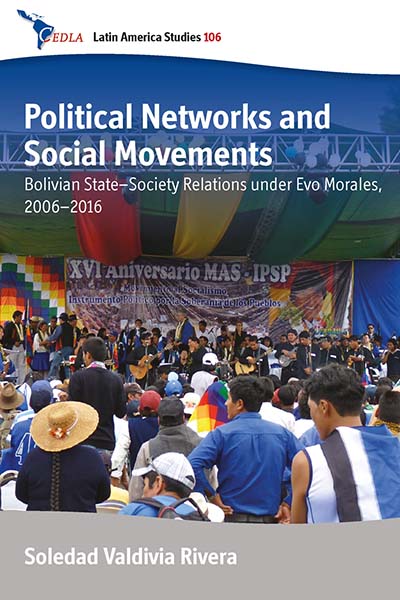 Published May 2019
Published May 2019 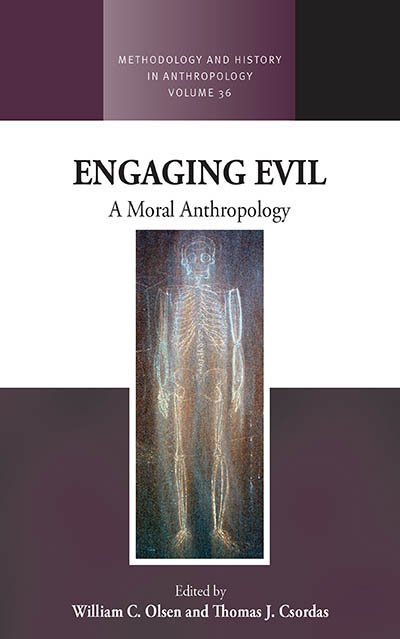 Published May 2019
Published May 2019  Published May 2019
Published May 2019 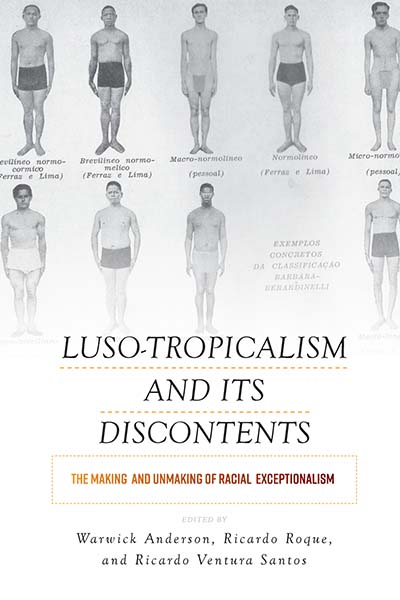 Published April 2019
Published April 2019 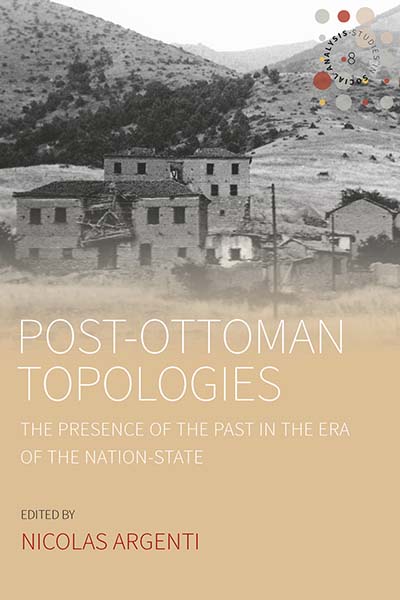 Published April 2019
Published April 2019  Published April 2019
Published April 2019 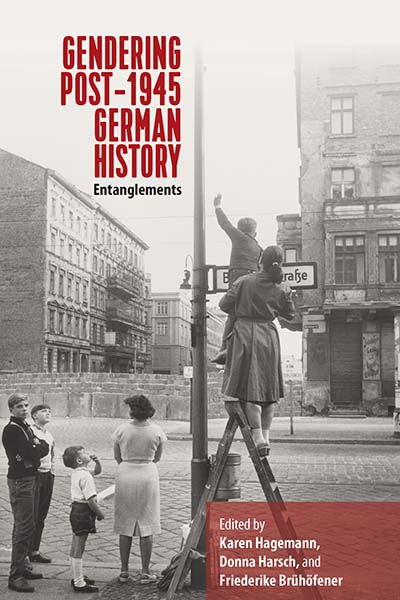 Published April 2019
Published April 2019 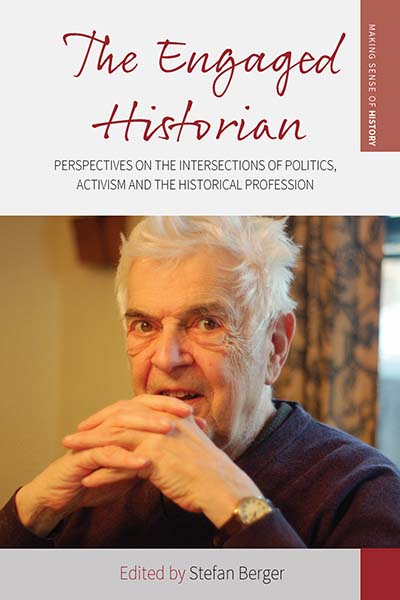 Published April 2019
Published April 2019 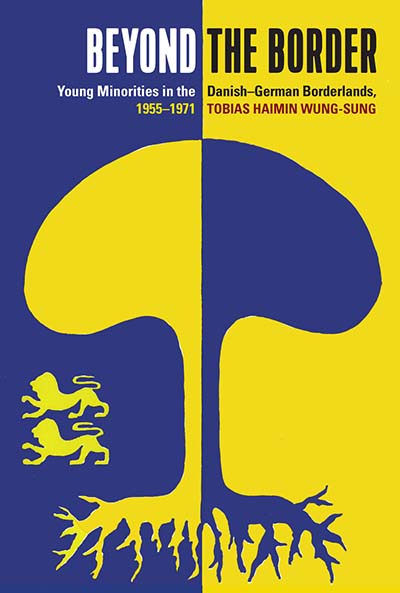 Published March 2019
Published March 2019 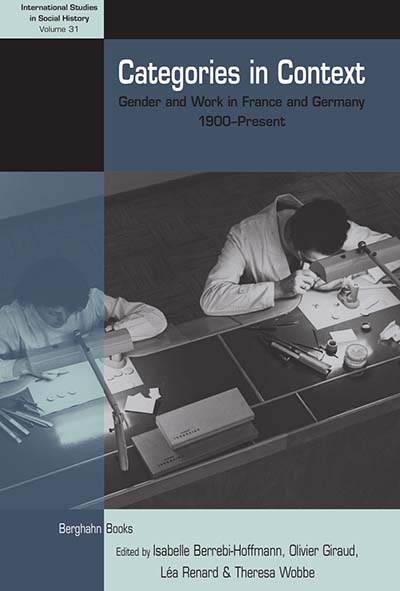 Published March 2019
Published March 2019 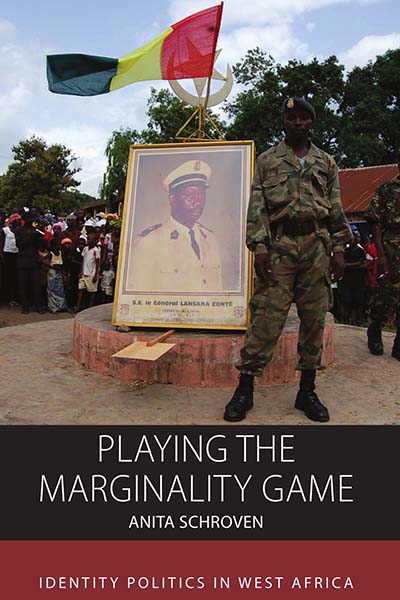 Published March 2019
Published March 2019  Published March 2019
Published March 2019 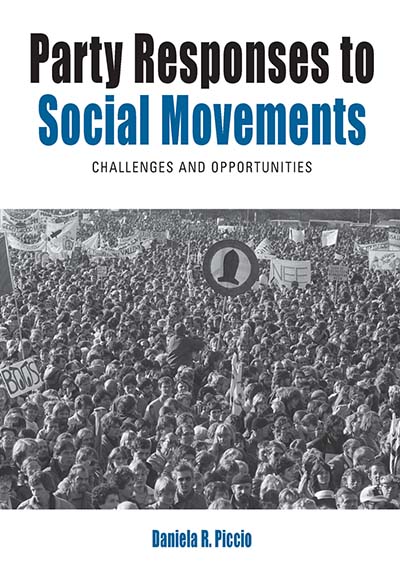 Published March 2019
Published March 2019 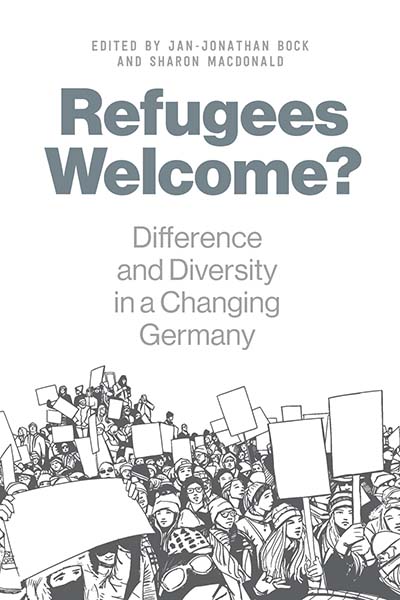 Published January 2019
Published January 2019 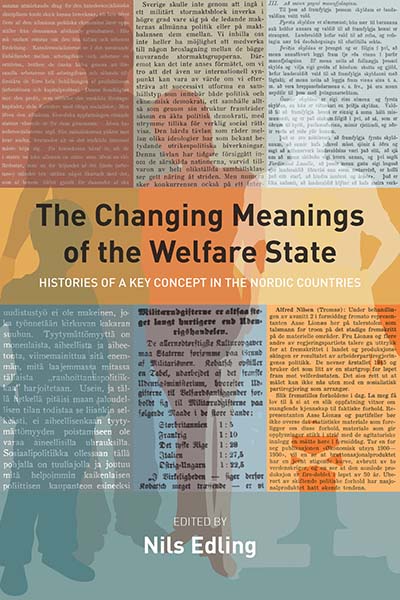 Published January 2019
Published January 2019 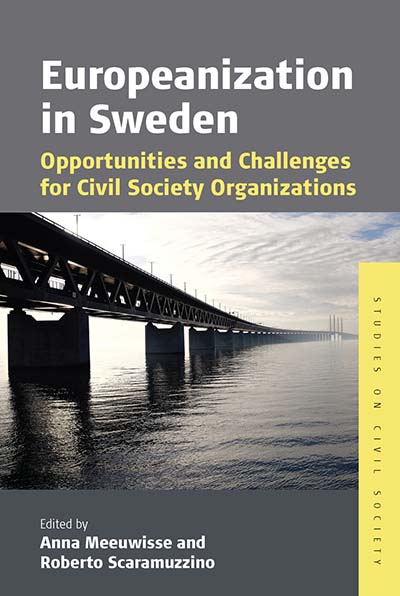 Published December 2018
Published December 2018 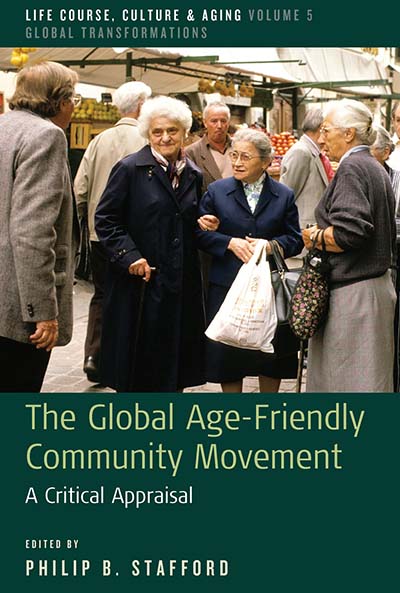 Published October 2018
Published October 2018 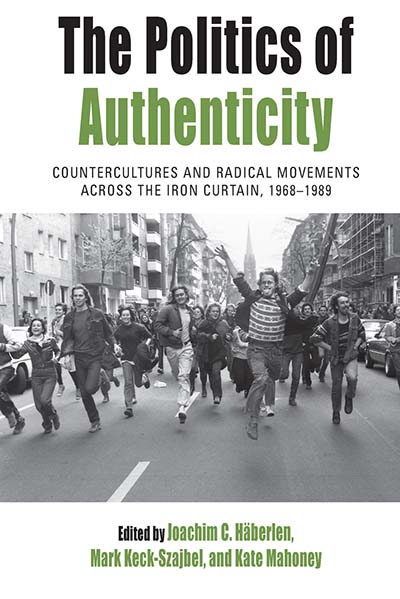 Published October 2018
Published October 2018 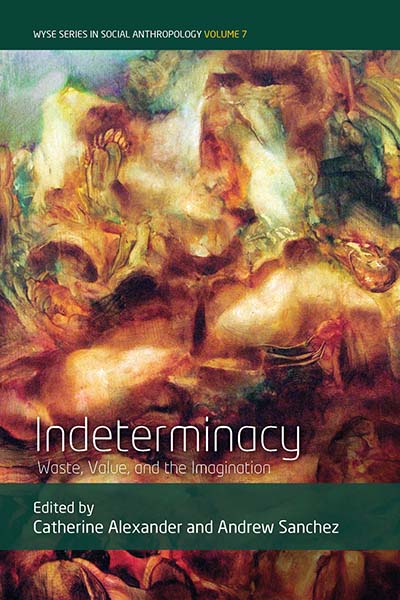 Published October 2018
Published October 2018 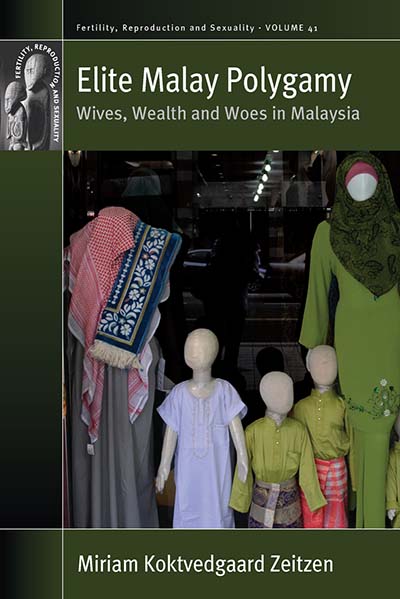 Published September 2018
Published September 2018 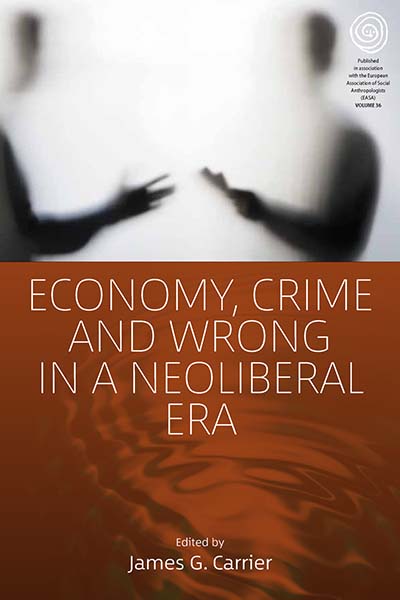 Published September 2018
Published September 2018 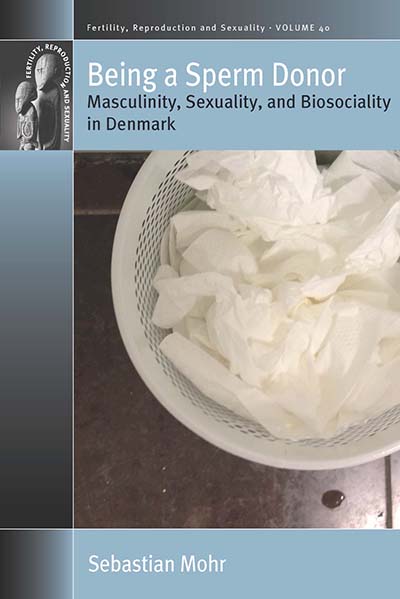 Published August 2018
Published August 2018 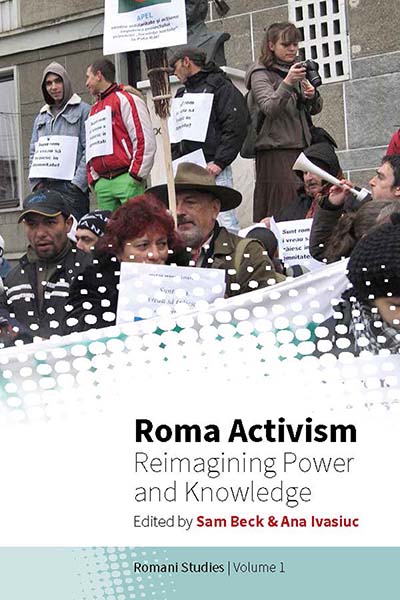 Published August 2018
Published August 2018 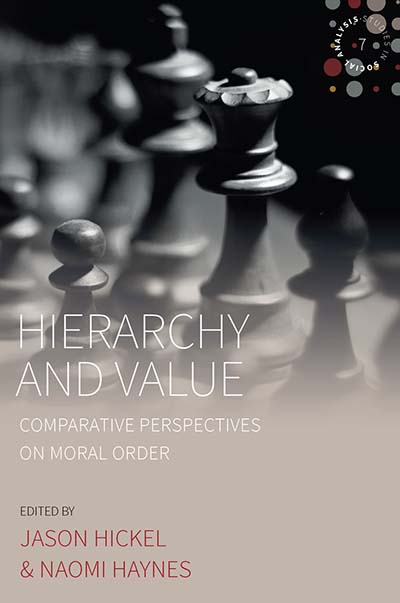 Published August 2018
Published August 2018  Published July 2018
Published July 2018 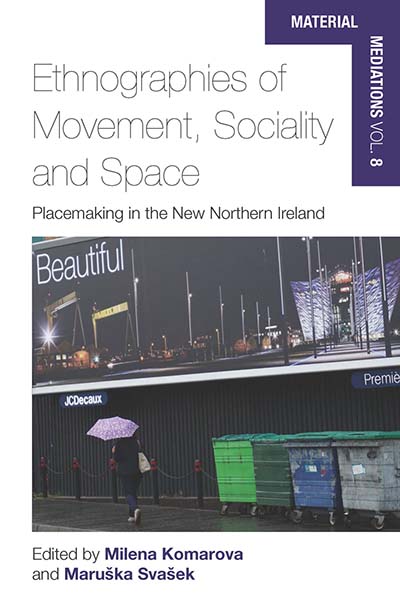 Published July 2018
Published July 2018 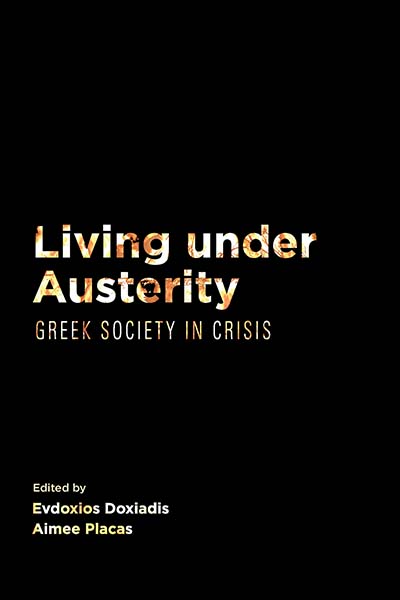 Published July 2018
Published July 2018 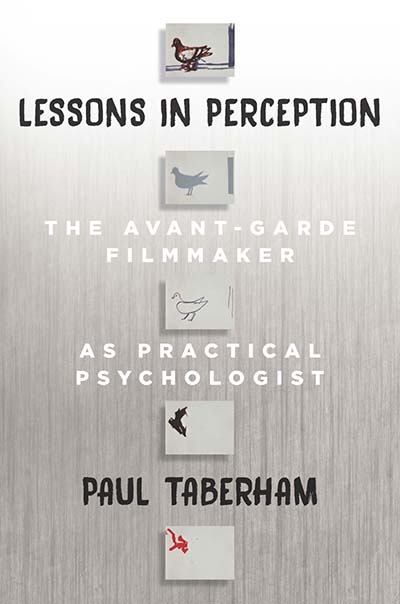 Published June 2018
Published June 2018 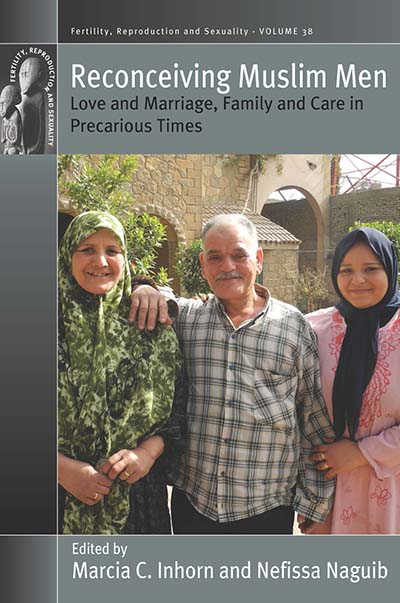 Published June 2018
Published June 2018 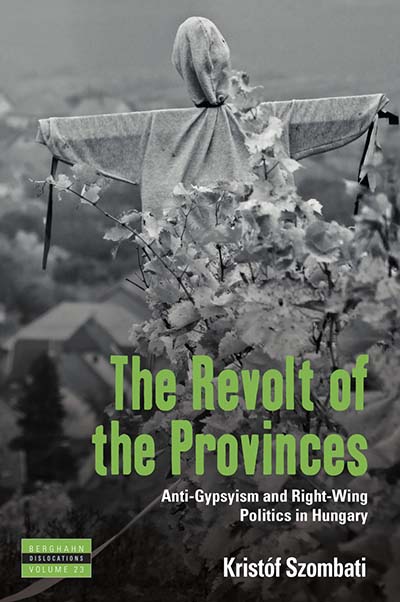 Published June 2018
Published June 2018  Published May 2018
Published May 2018 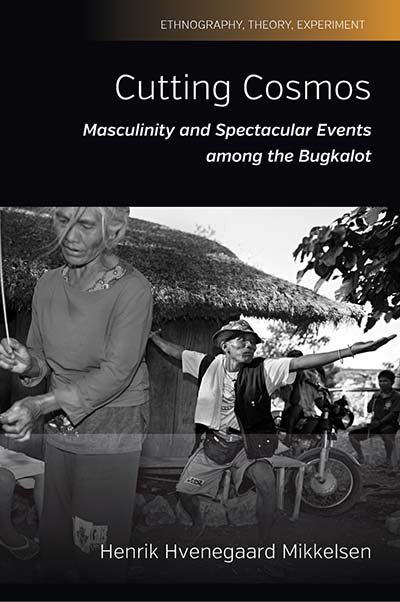 Published April 2018
Published April 2018 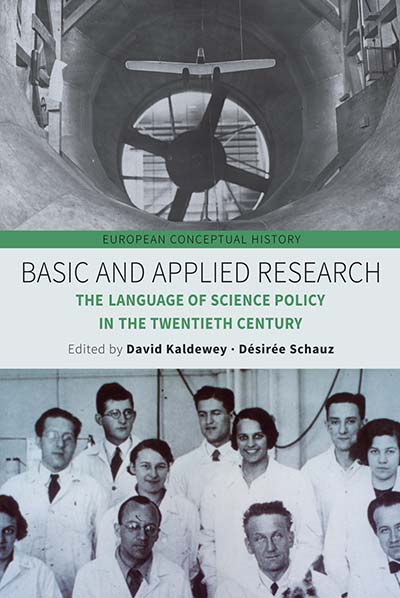 Published April 2018
Published April 2018 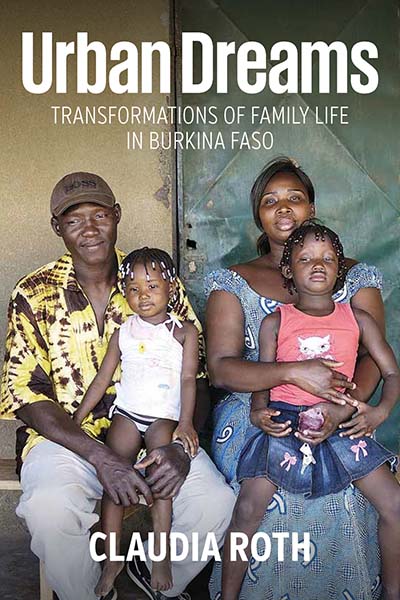 Published March 2018
Published March 2018 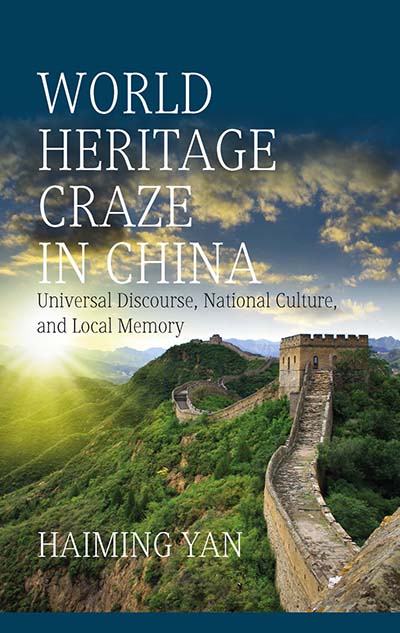 Published March 2018
Published March 2018 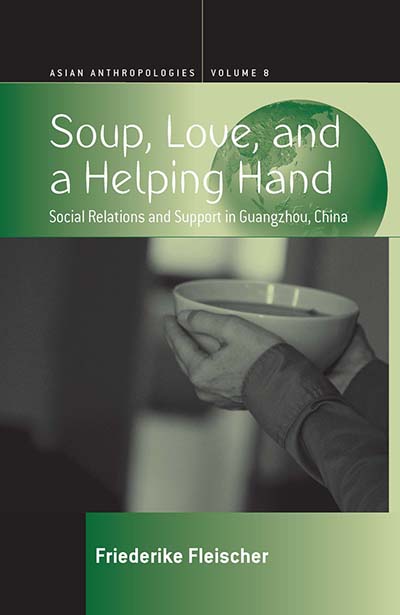 Published February 2018
Published February 2018 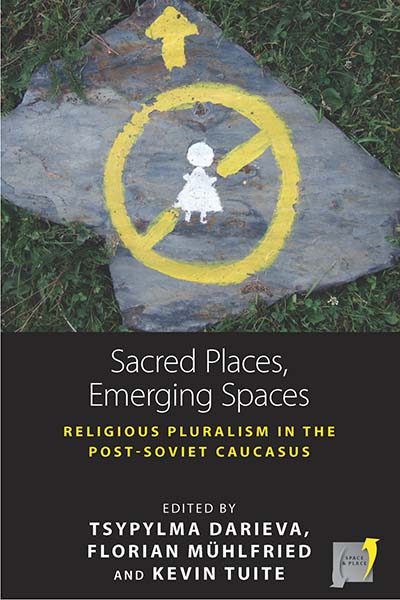 Published February 2018
Published February 2018 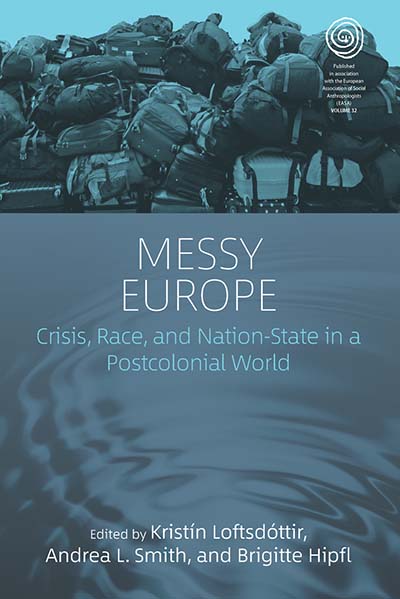 Published February 2018
Published February 2018 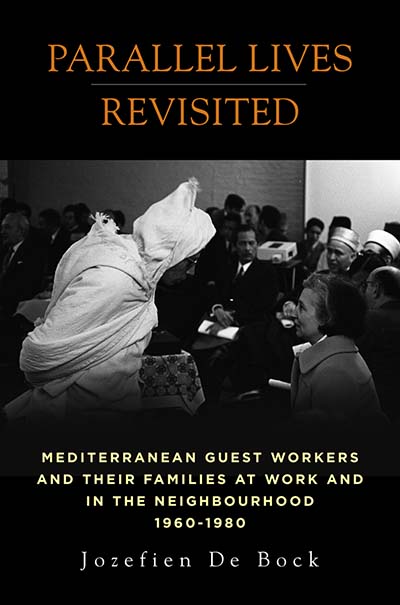 Published January 2018
Published January 2018 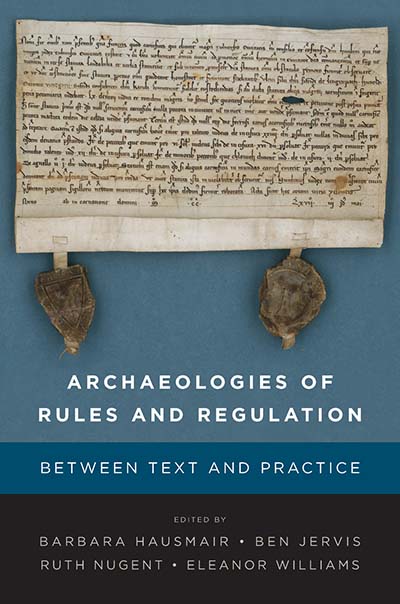 Published January 2018
Published January 2018 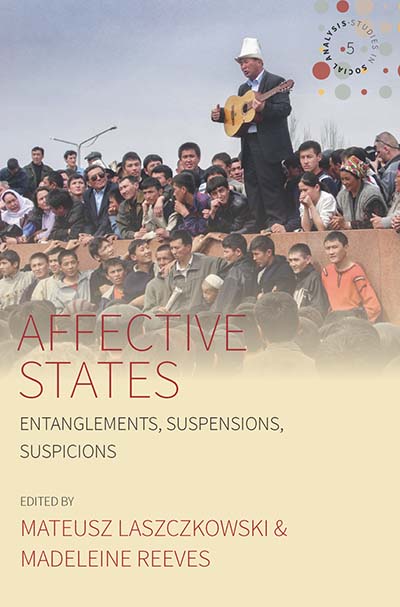 Published December 2017
Published December 2017 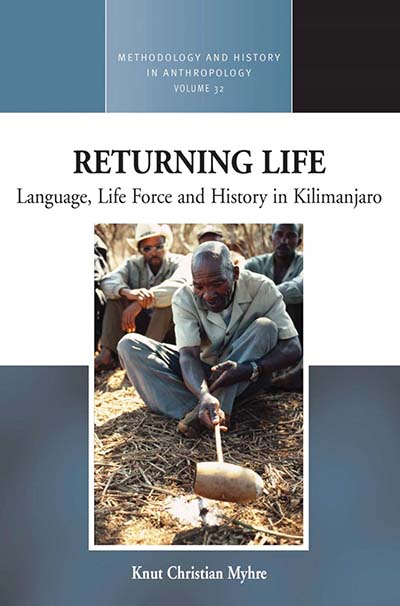 Published December 2017
Published December 2017 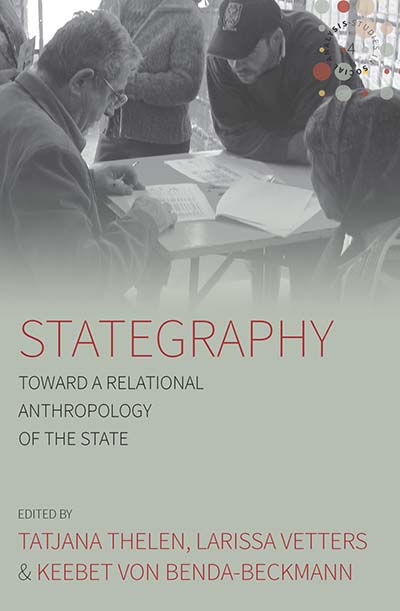 Published November 2017
Published November 2017 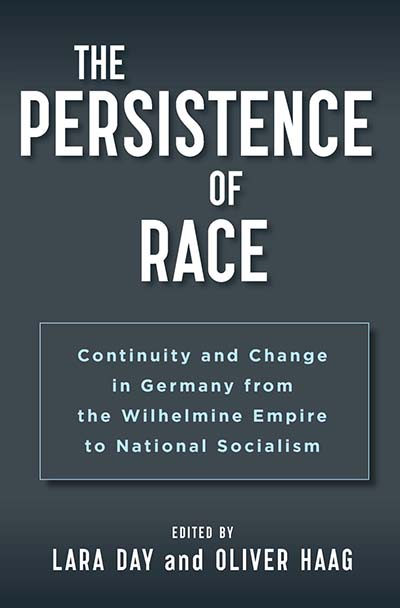 Published October 2017
Published October 2017 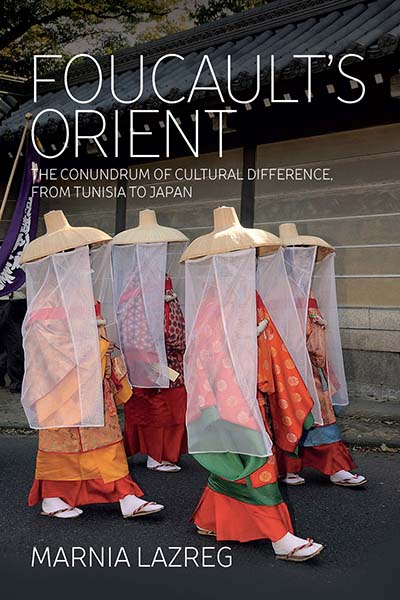 Published October 2017
Published October 2017 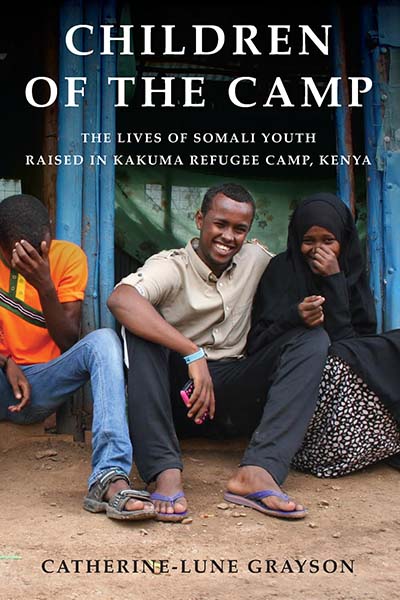 Published October 2017
Published October 2017 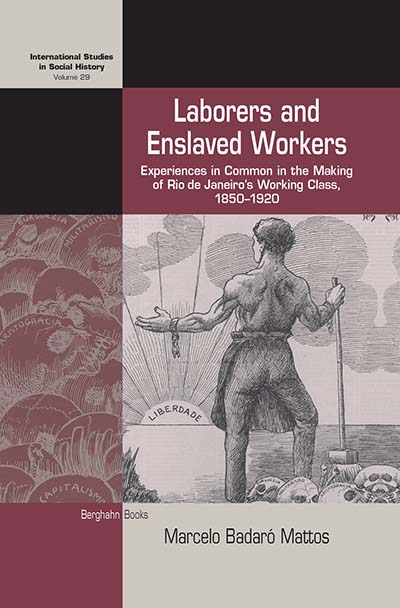 Published September 2017
Published September 2017 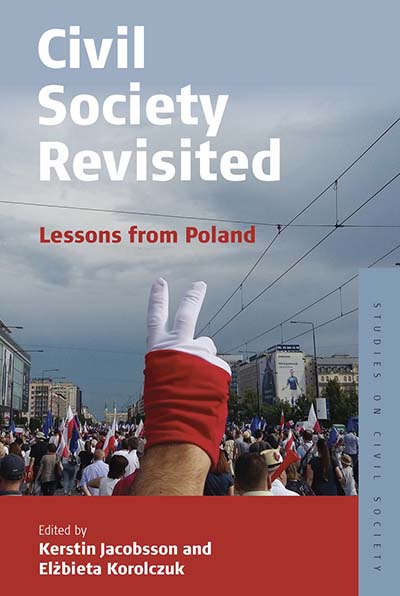 Published June 2017
Published June 2017 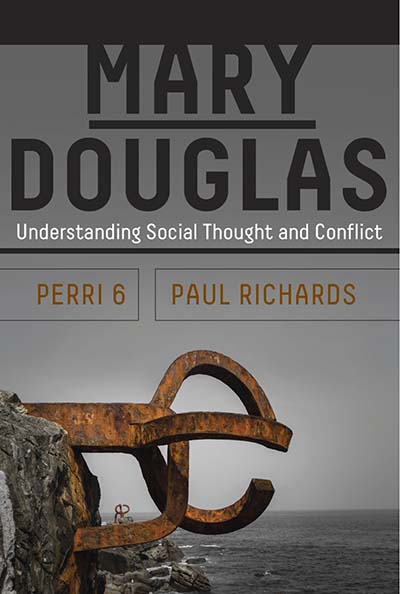 Published June 2017
Published June 2017 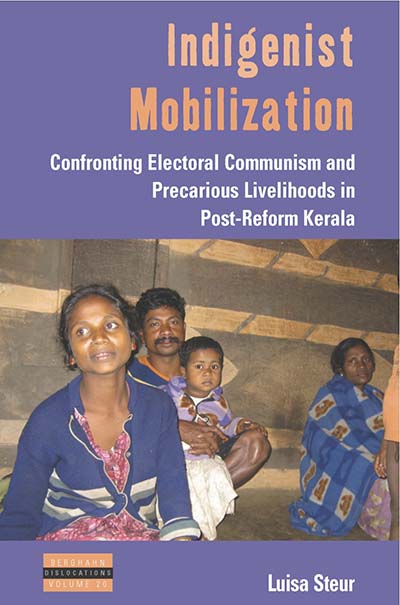 Published May 2017
Published May 2017 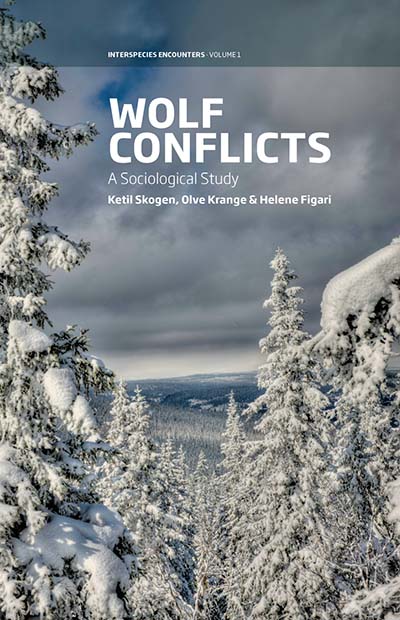 Published May 2017
Published May 2017 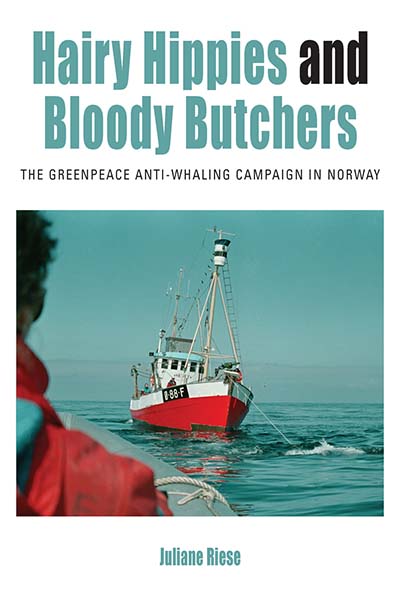 Published May 2017
Published May 2017 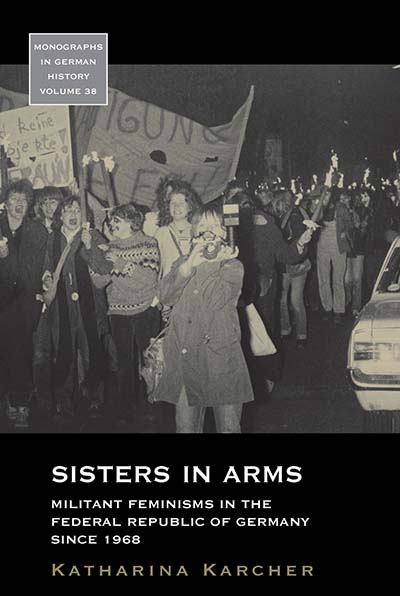 Published May 2017
Published May 2017 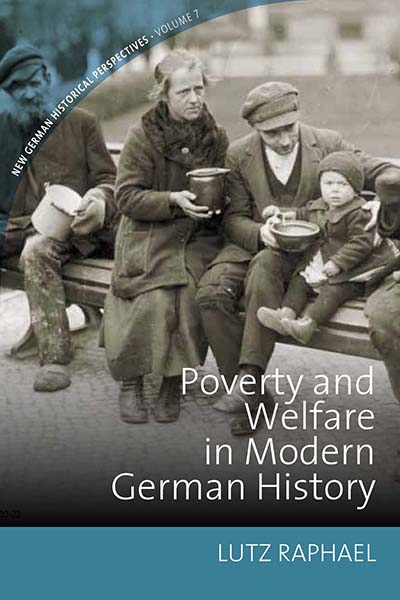 Published December 2016
Published December 2016 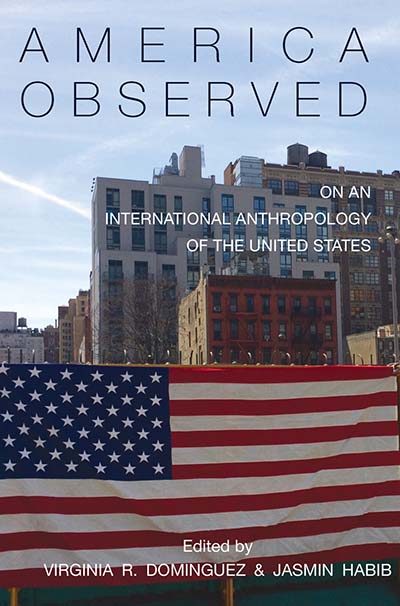 Published December 2016
Published December 2016 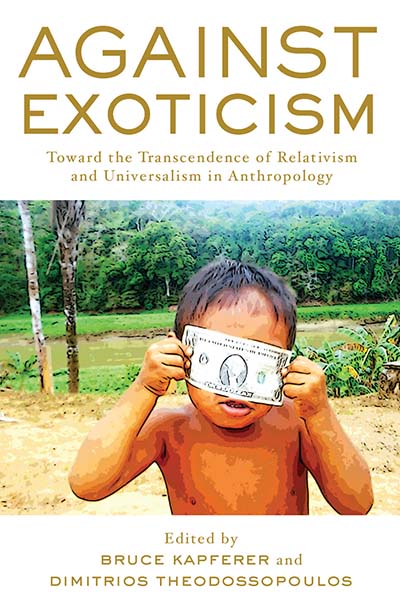 Published December 2016
Published December 2016 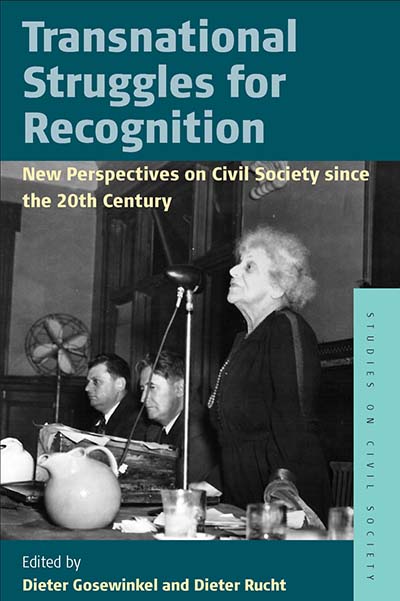 Published November 2016
Published November 2016 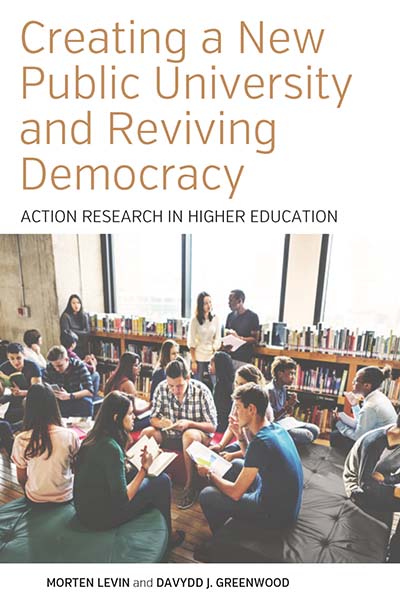 Published November 2016
Published November 2016 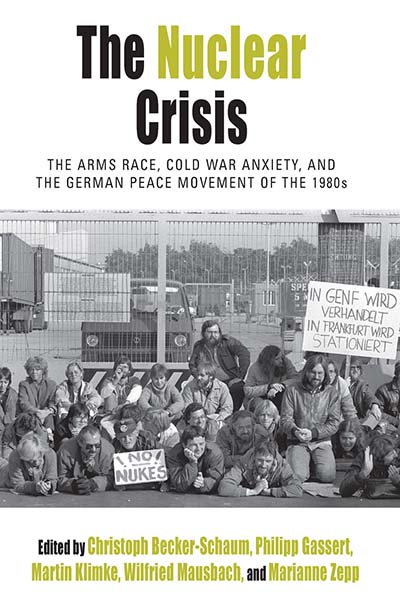 Published October 2016
Published October 2016 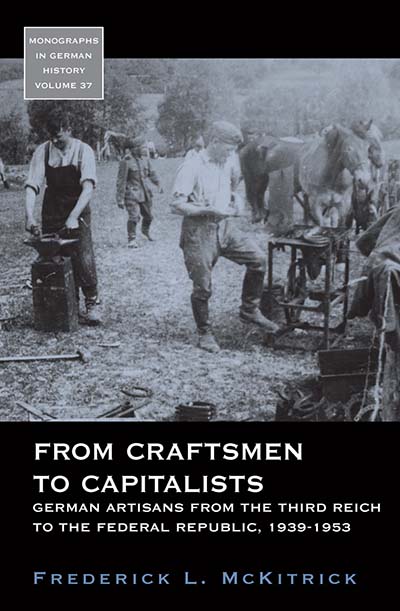 Published September 2016
Published September 2016  Published September 2016
Published September 2016  Published August 2016
Published August 2016 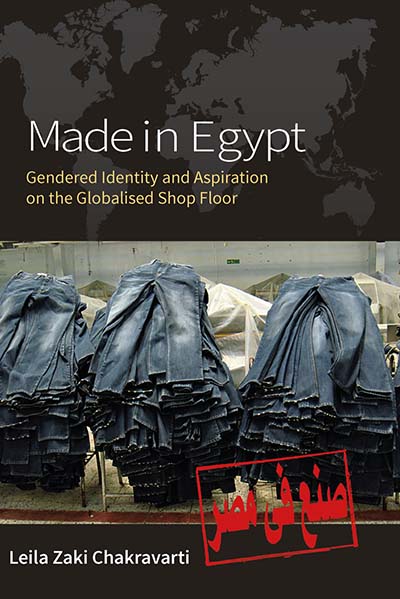 Published July 2016
Published July 2016 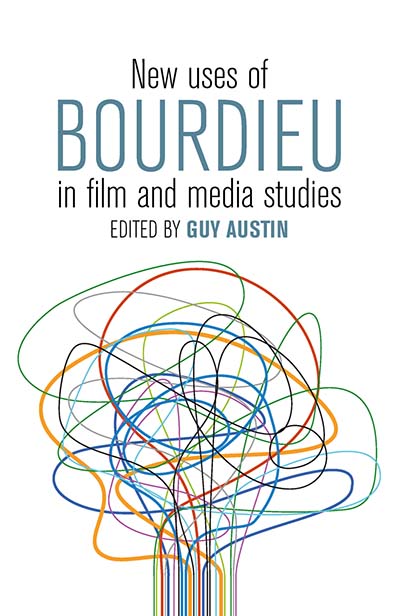 Published July 2016
Published July 2016 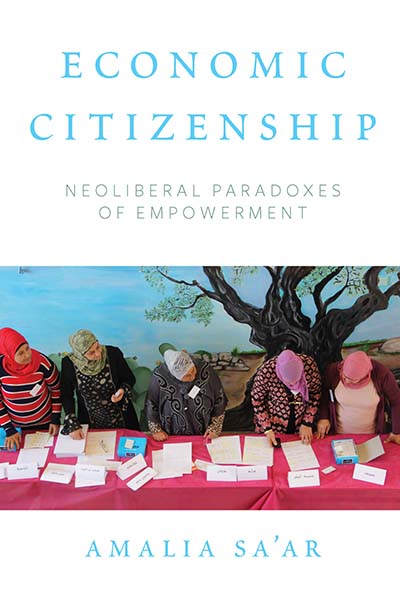 Published July 2016
Published July 2016 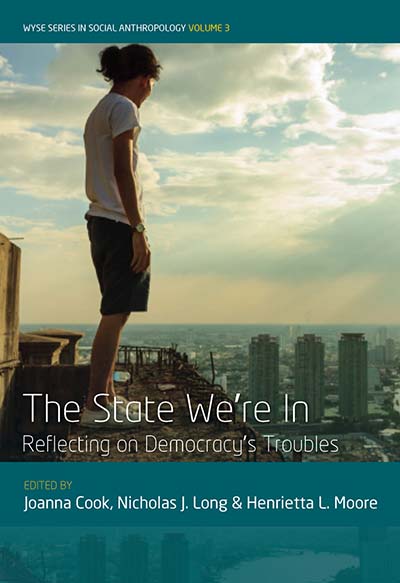 Published July 2016
Published July 2016 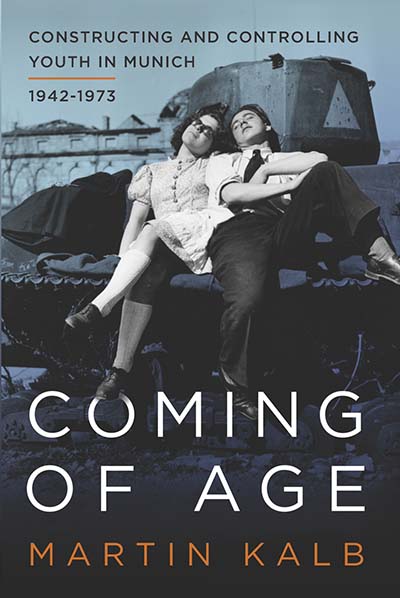 Published May 2016
Published May 2016 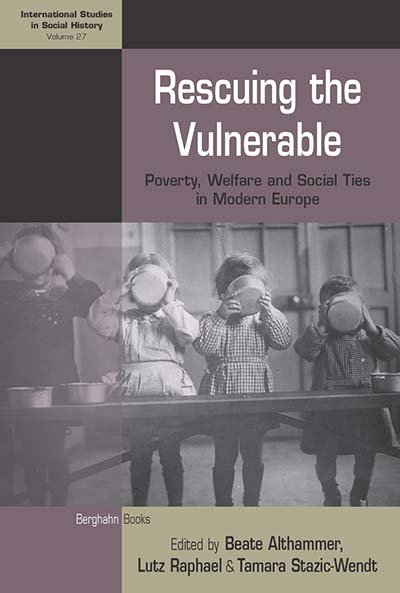 Published May 2016
Published May 2016 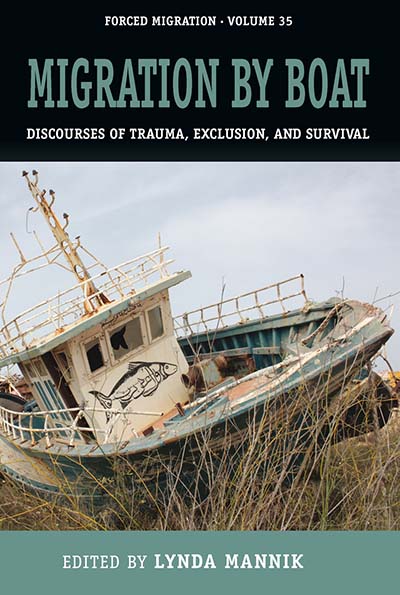 Published May 2016
Published May 2016 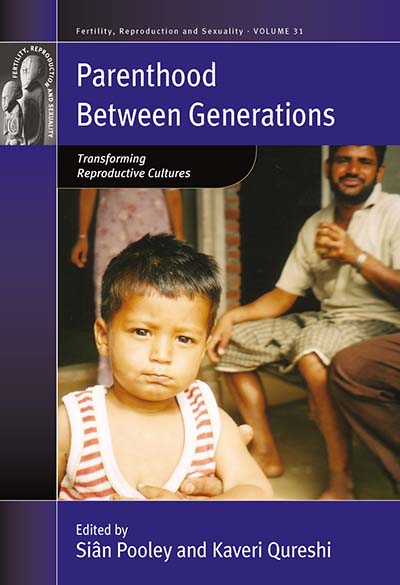 Published April 2016
Published April 2016 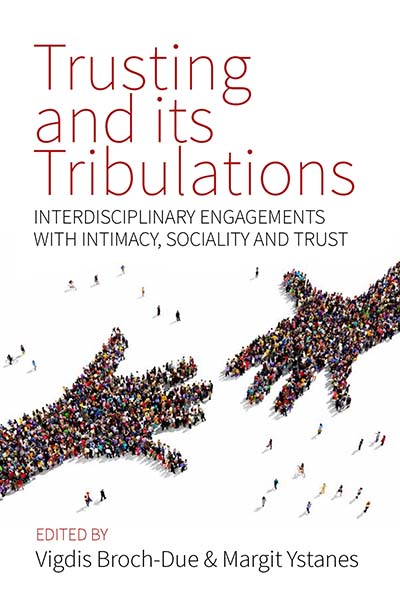 Published April 2016
Published April 2016 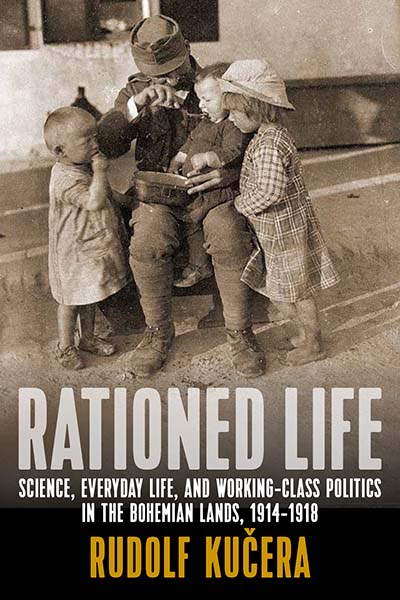 Published April 2016
Published April 2016 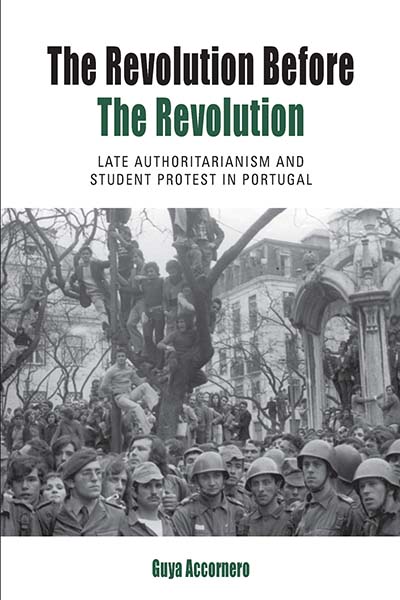 Published April 2016
Published April 2016 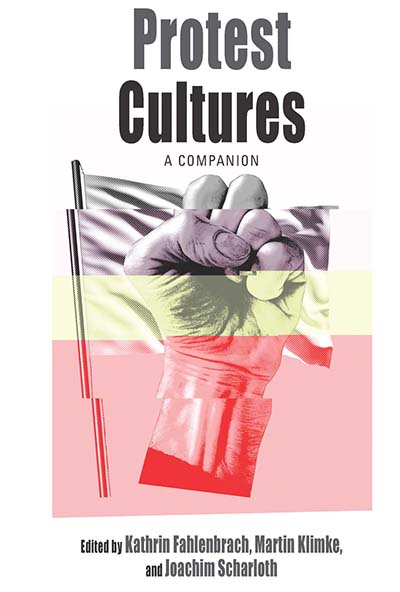 Published March 2016
Published March 2016 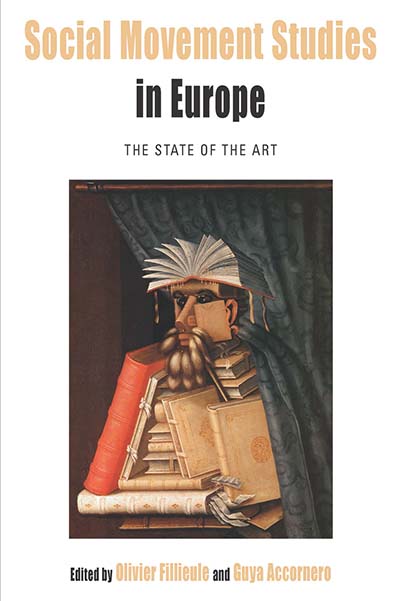 Published March 2016
Published March 2016 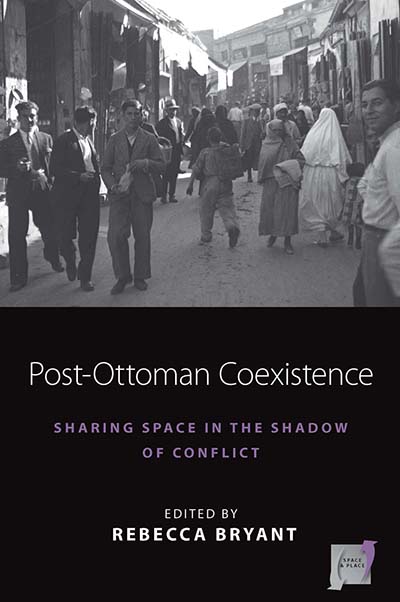 Published March 2016
Published March 2016  Published January 2016
Published January 2016 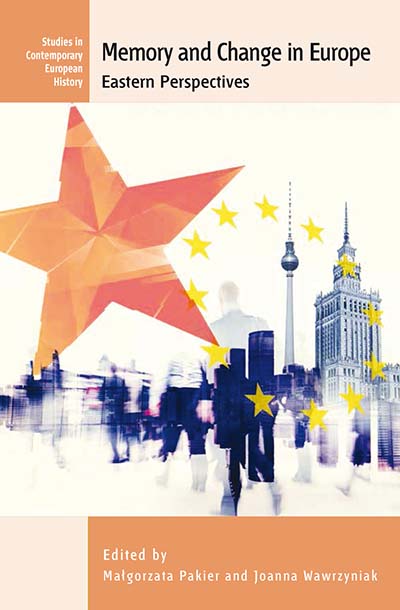 Published November 2015
Published November 2015 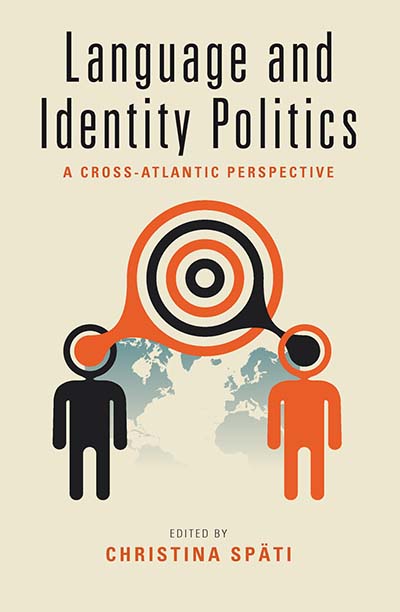 Published November 2015
Published November 2015 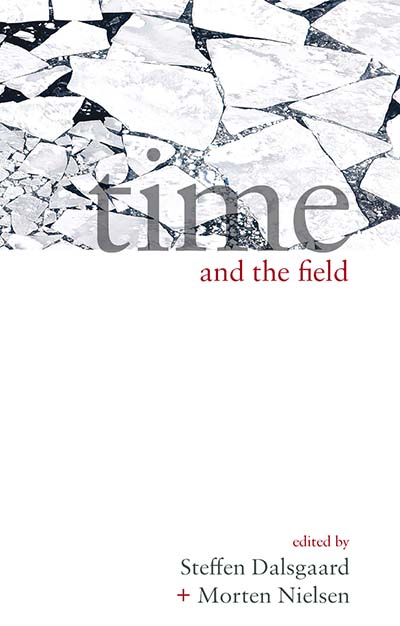 Published November 2015
Published November 2015 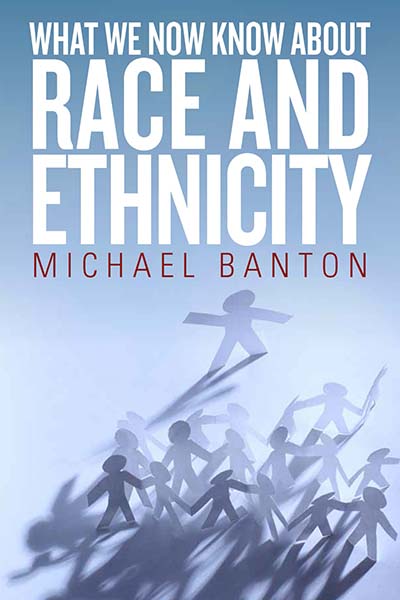 Published October 2015
Published October 2015 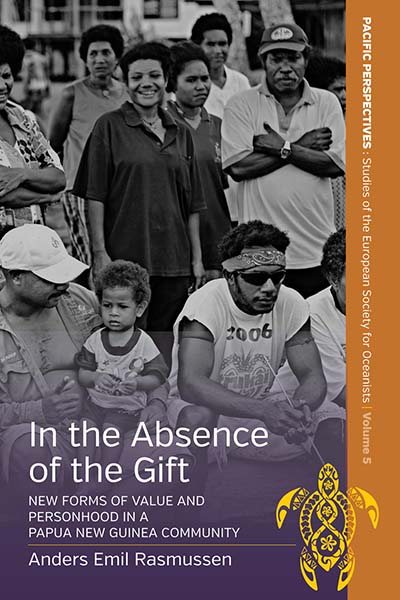 Published September 2015
Published September 2015 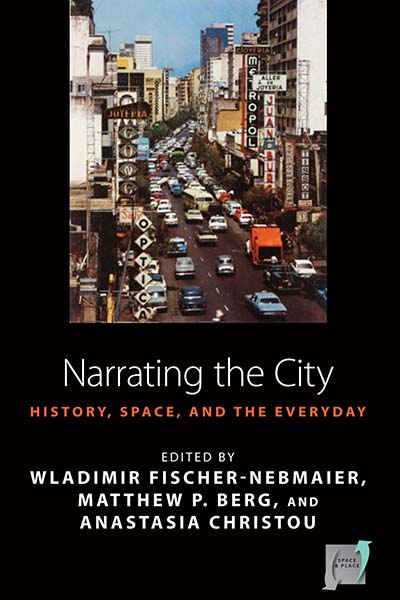 Published September 2015
Published September 2015 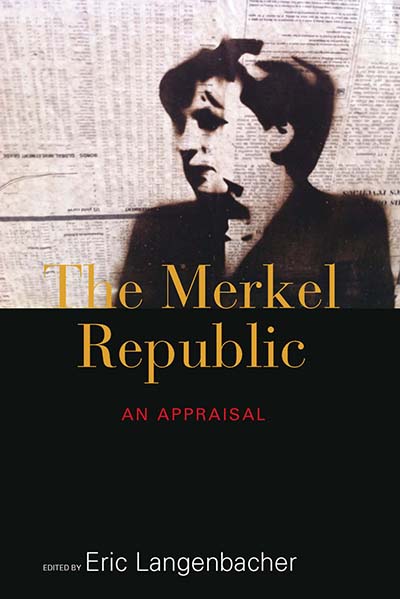 Published September 2015
Published September 2015 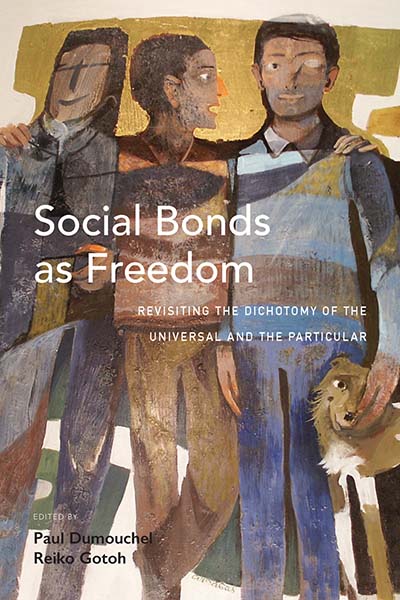 Published August 2015
Published August 2015 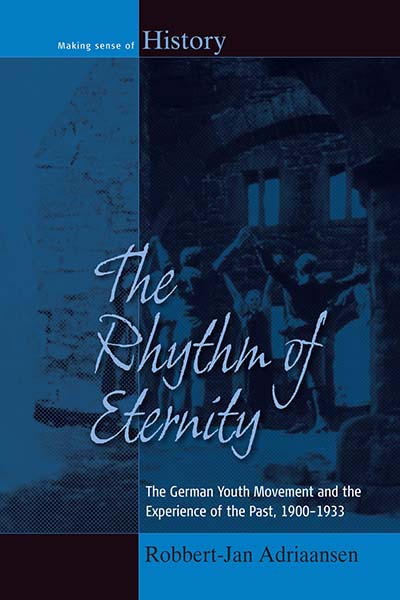 Published July 2015
Published July 2015  Published July 2015
Published July 2015 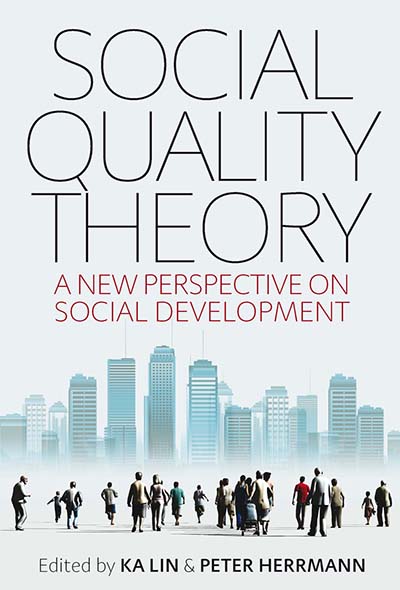 Published July 2015
Published July 2015 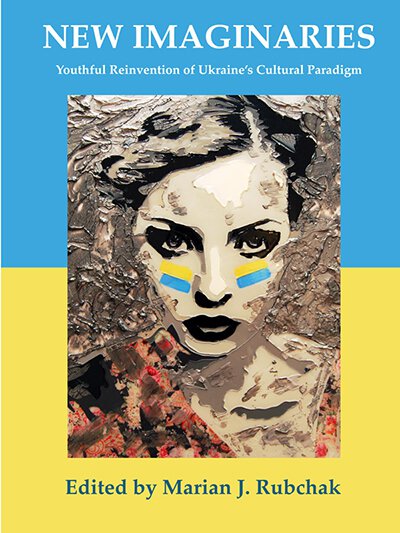 Published June 2015
Published June 2015 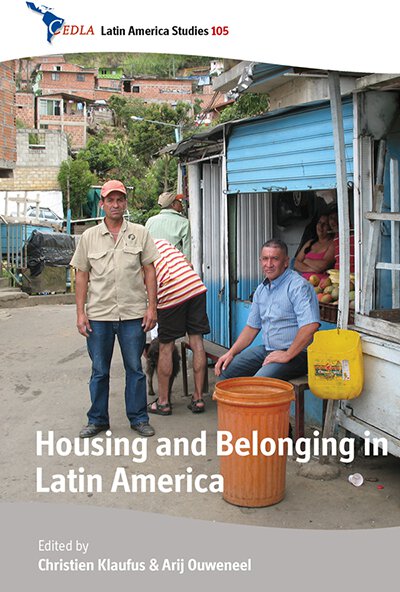 Published May 2015
Published May 2015 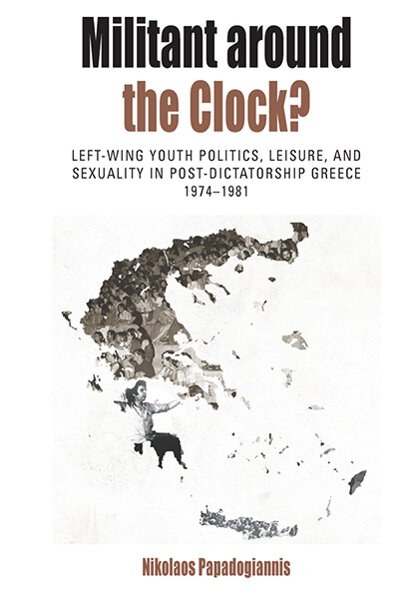 Published May 2015
Published May 2015 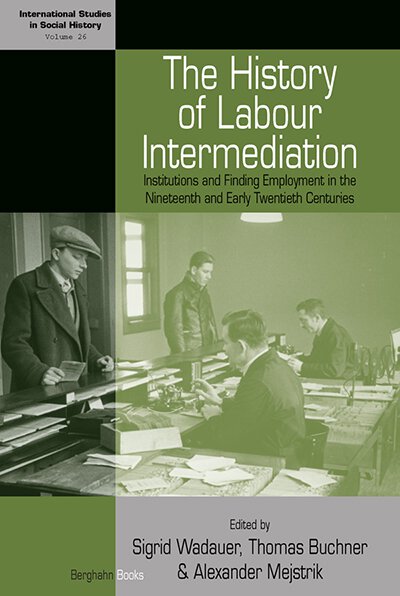 Published April 2015
Published April 2015  Published March 2015
Published March 2015 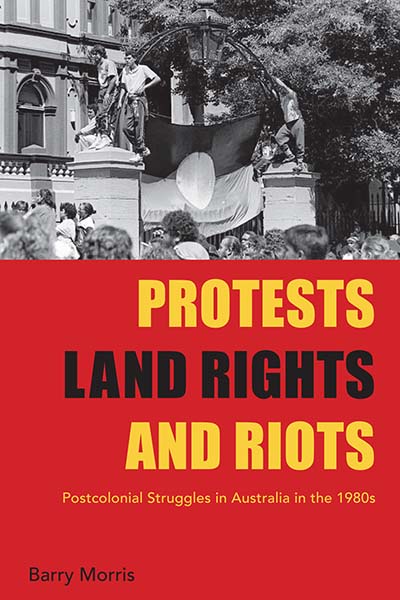 Published December 2014
Published December 2014 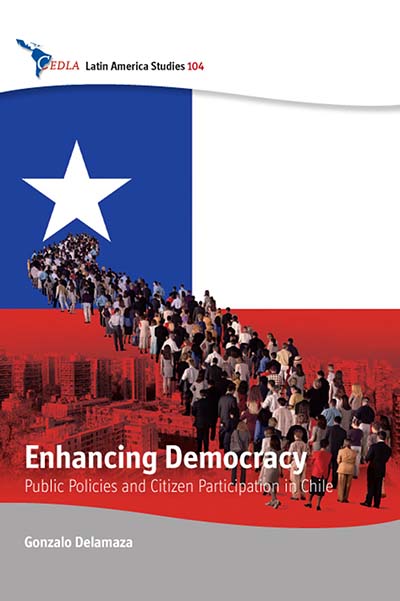 Published November 2014
Published November 2014  Published October 2014
Published October 2014 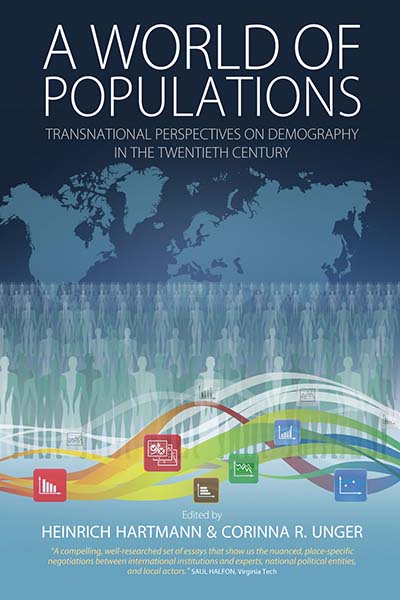 Published September 2014
Published September 2014  Published June 2014
Published June 2014  Published May 2014
Published May 2014 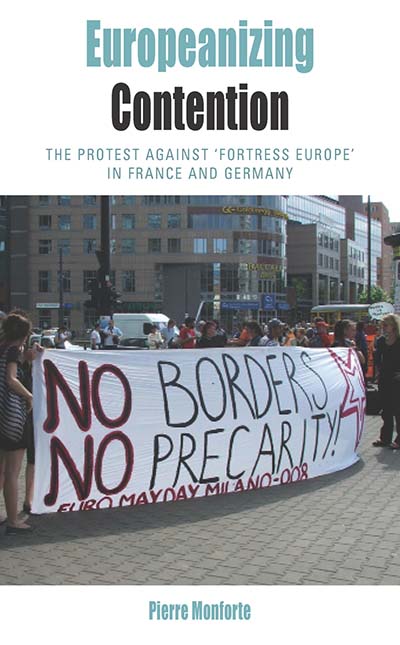 Published April 2014
Published April 2014 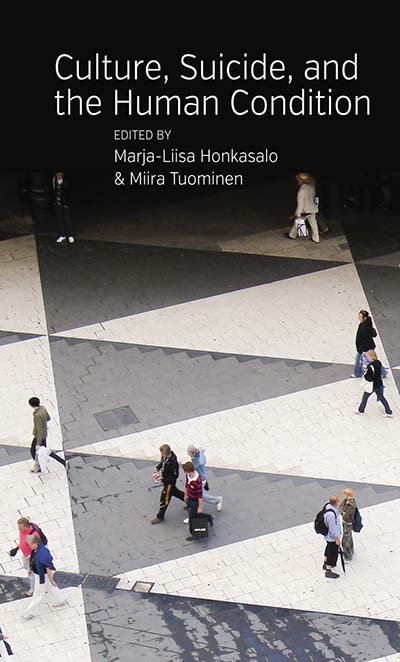 Published March 2014
Published March 2014  Published March 2014
Published March 2014 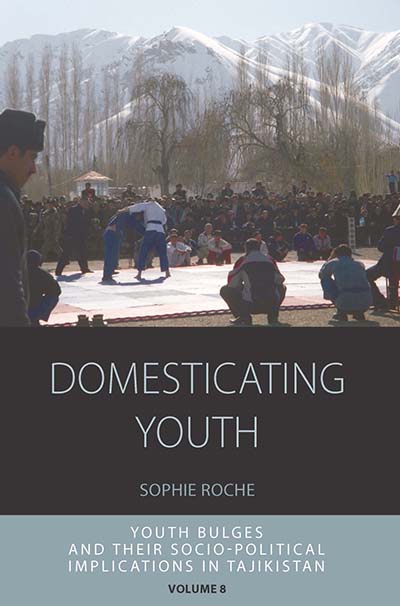 Published March 2014
Published March 2014 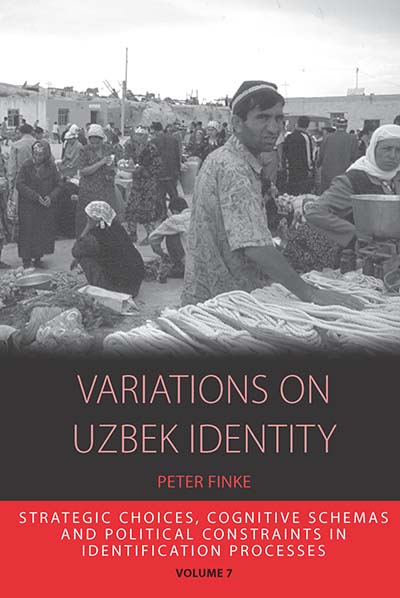 Published February 2014
Published February 2014 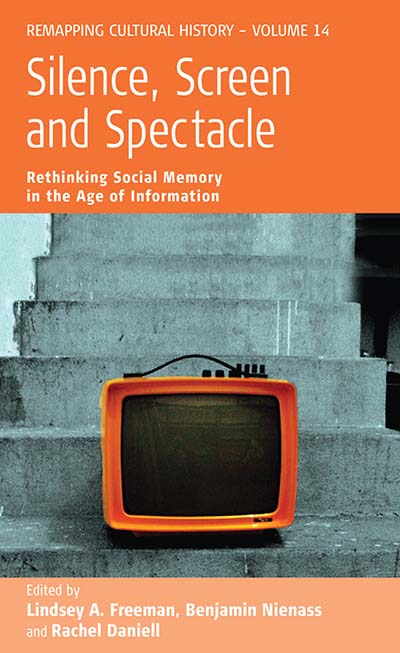 Published February 2014
Published February 2014 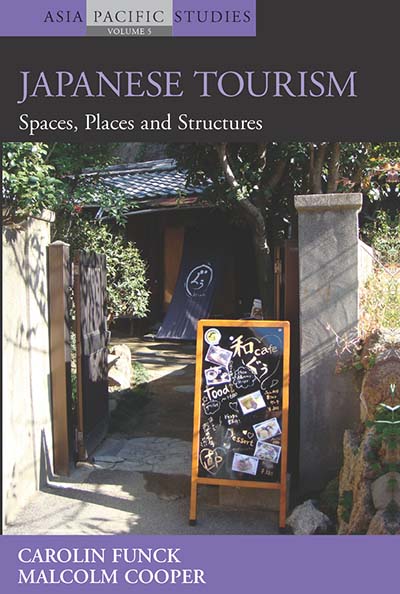 Published November 2013
Published November 2013 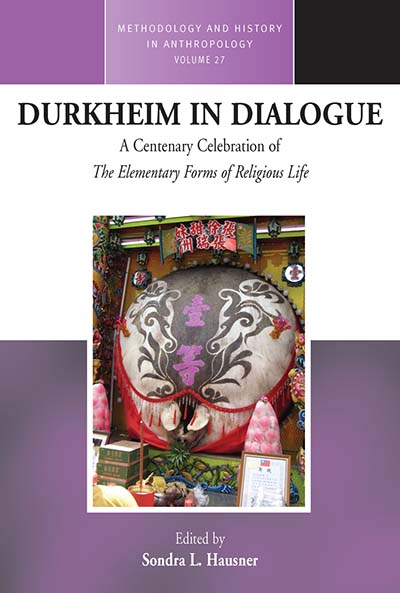 Published November 2013
Published November 2013 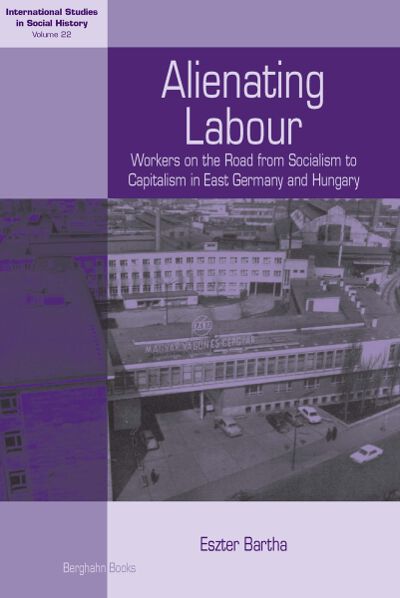 Published November 2013
Published November 2013 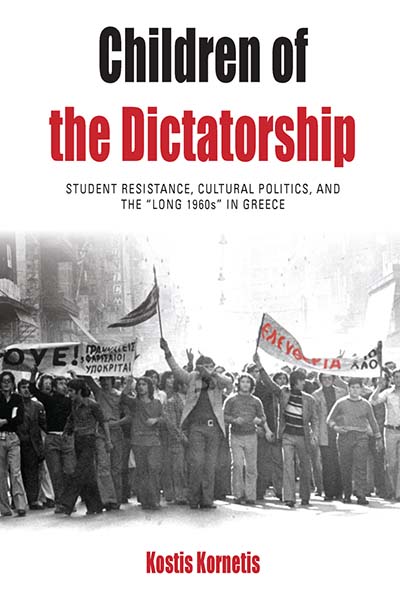 Published November 2013
Published November 2013 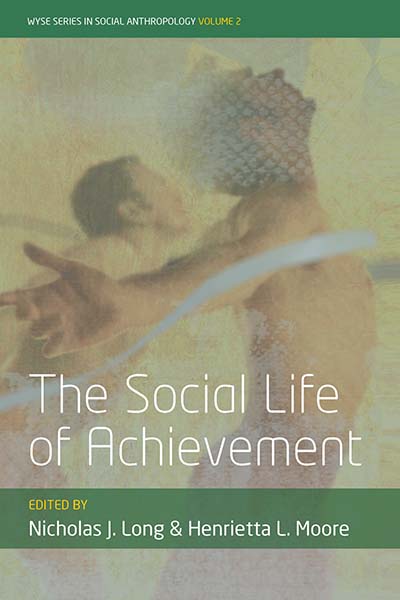 Published November 2013
Published November 2013 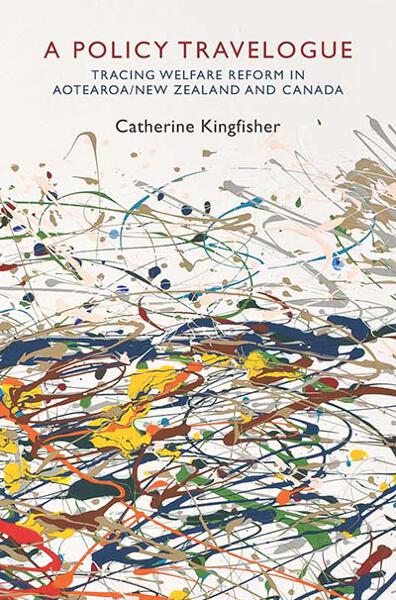 Published September 2013
Published September 2013  Published September 2013
Published September 2013 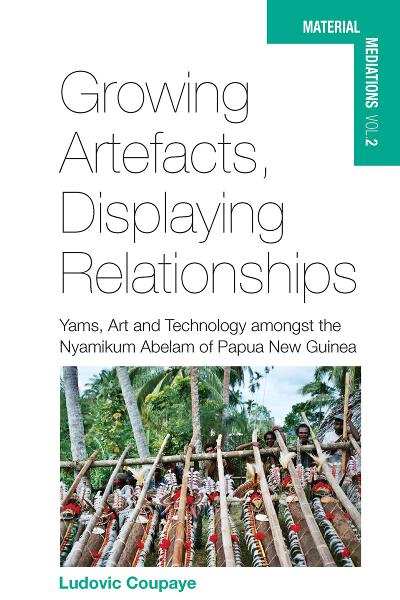 Published August 2013
Published August 2013 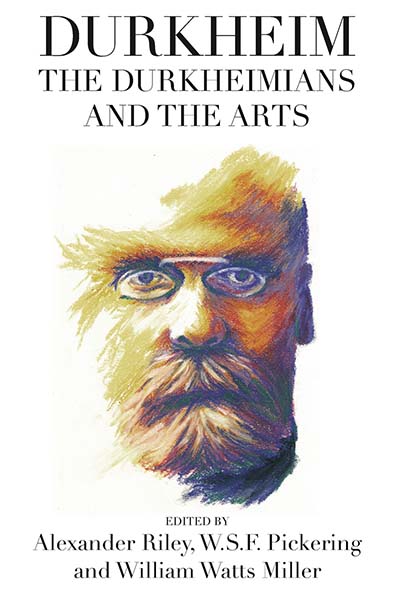 Published August 2013
Published August 2013 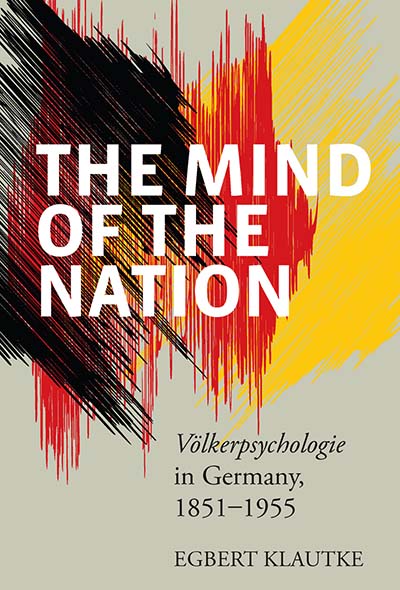 Published August 2013
Published August 2013 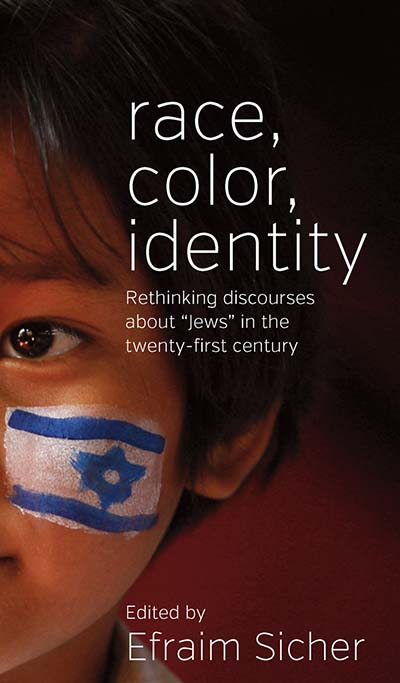 Published May 2013
Published May 2013 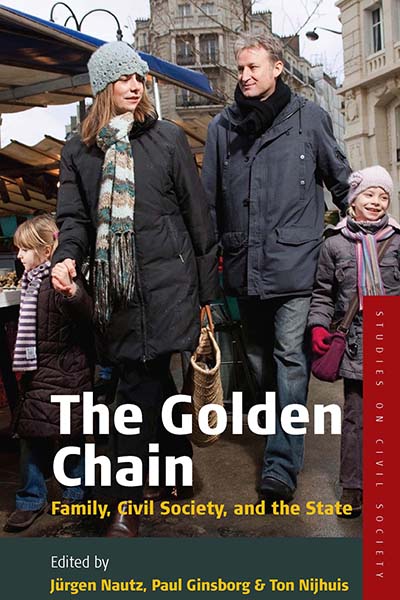 Published March 2013
Published March 2013 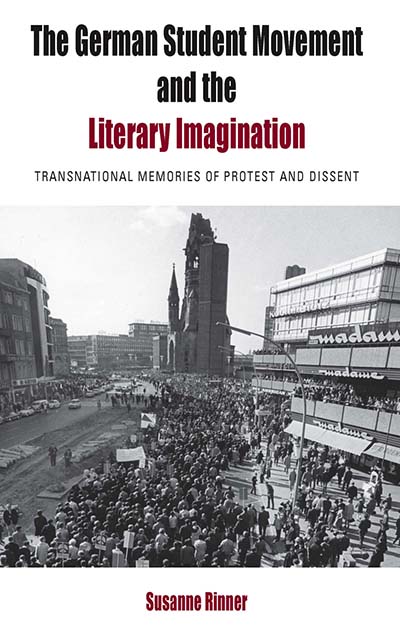 Published February 2013
Published February 2013 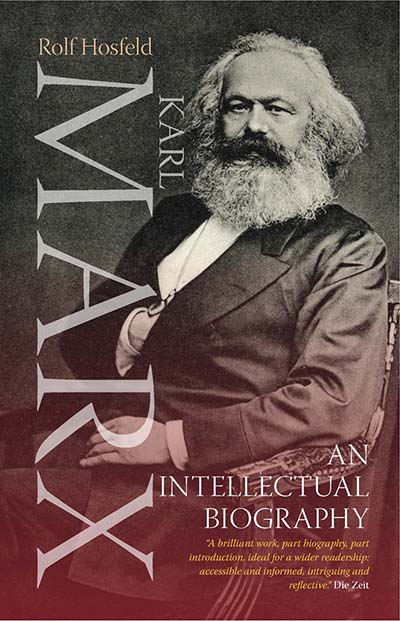 Published December 2012
Published December 2012 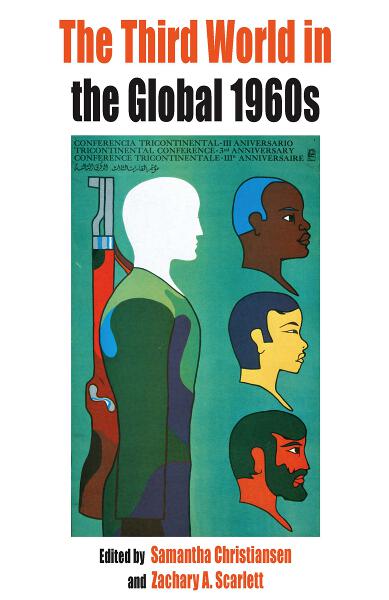 Published November 2012
Published November 2012 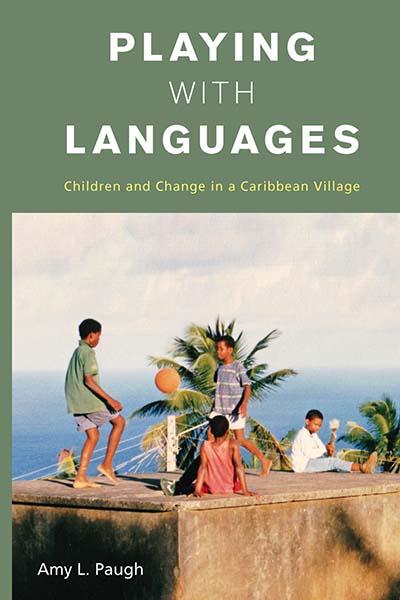 Published September 2012
Published September 2012 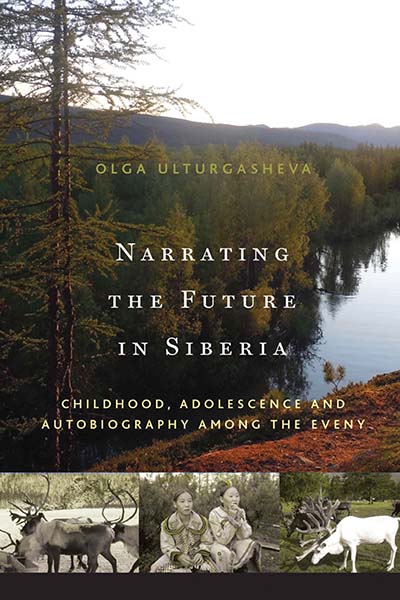 Published September 2012
Published September 2012 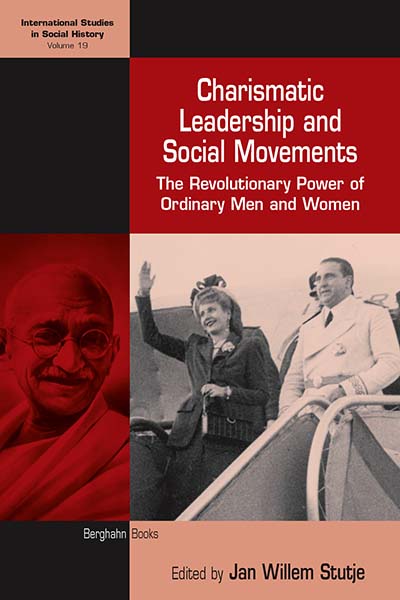 Published August 2012
Published August 2012 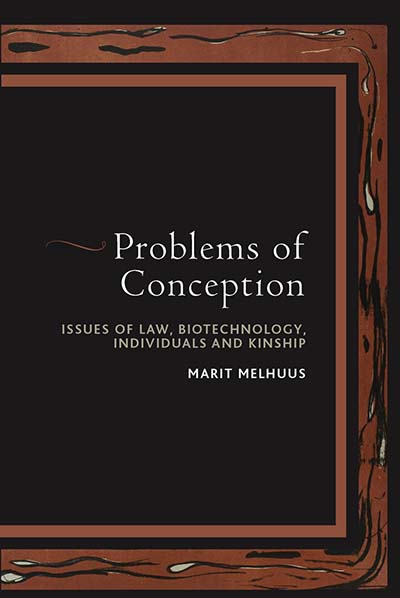 Published August 2012
Published August 2012 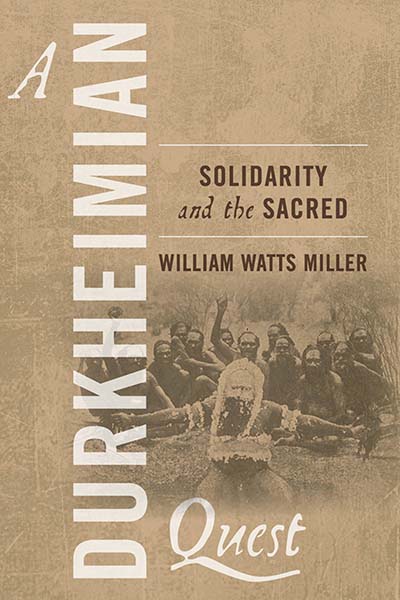 Published August 2012
Published August 2012 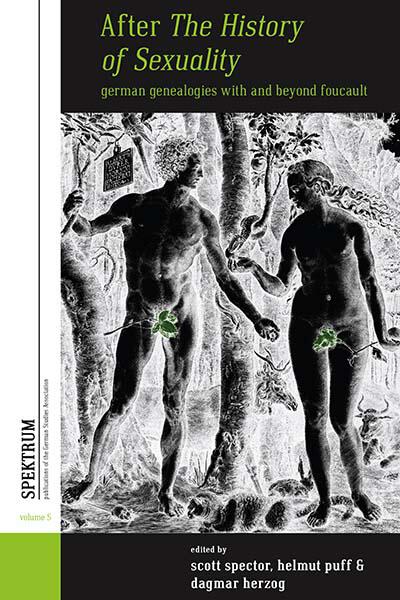 Published July 2012
Published July 2012 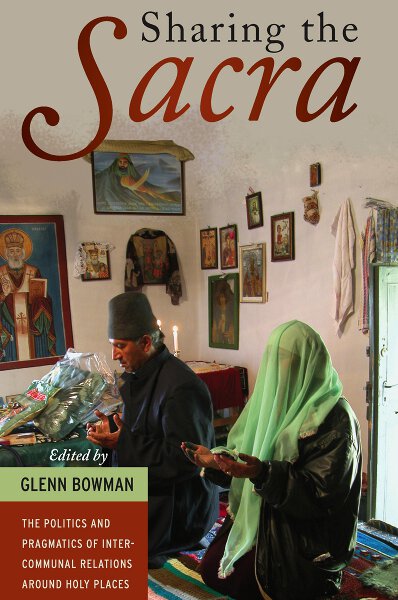 Published July 2012
Published July 2012 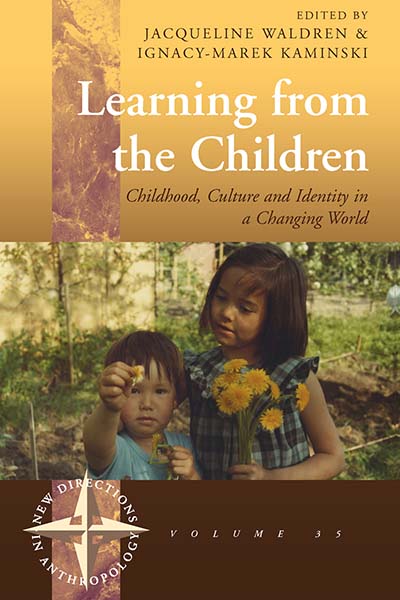 Published June 2012
Published June 2012 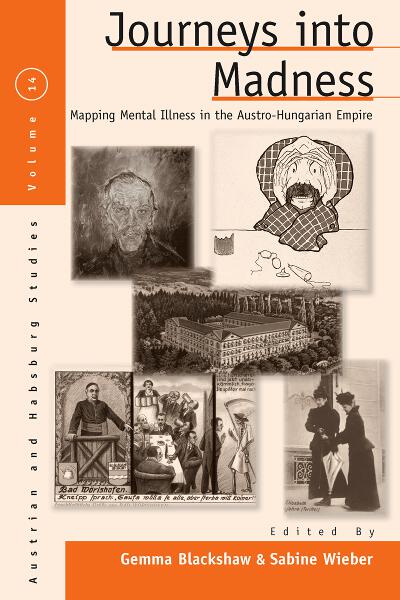 Published June 2012
Published June 2012 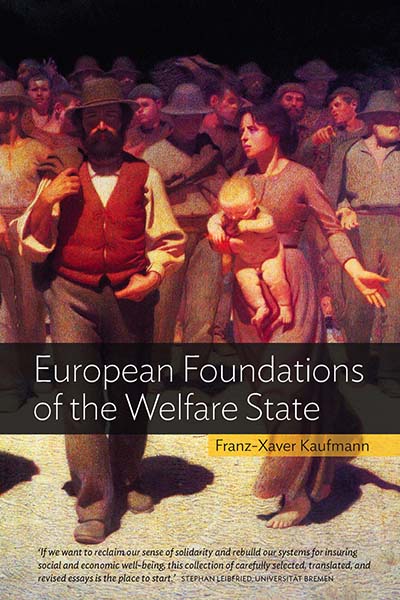 Published June 2012
Published June 2012 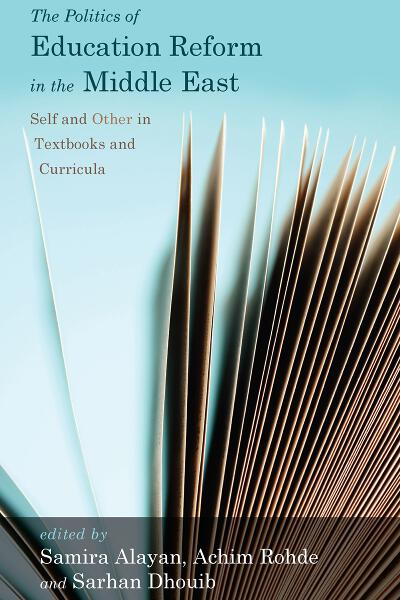 Published June 2012
Published June 2012  Published June 2012
Published June 2012 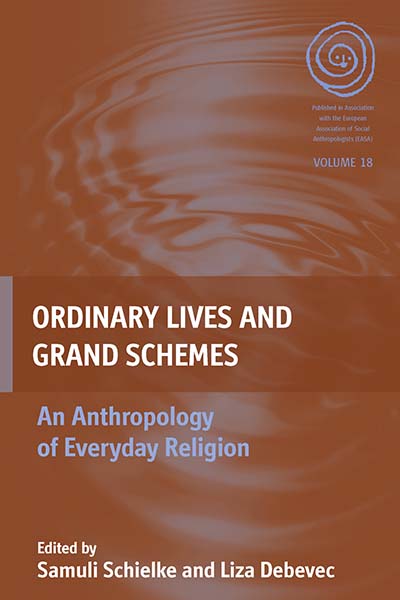 Published June 2012
Published June 2012  Published June 2012
Published June 2012 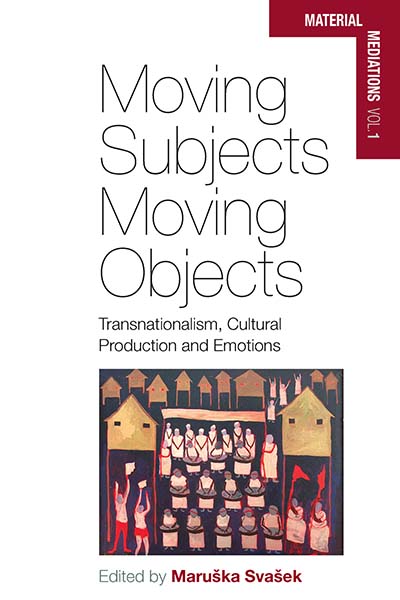 Published May 2012
Published May 2012  Published May 2012
Published May 2012 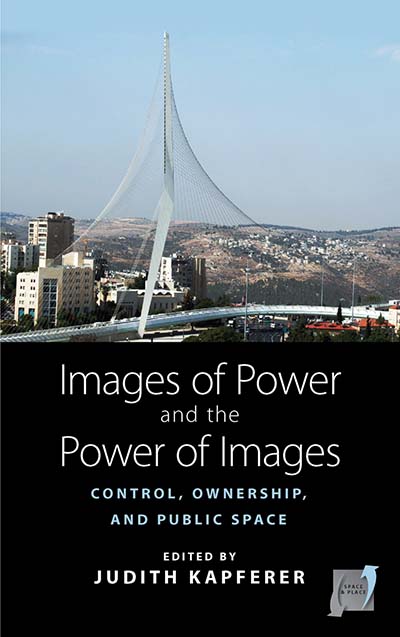 Published April 2012
Published April 2012 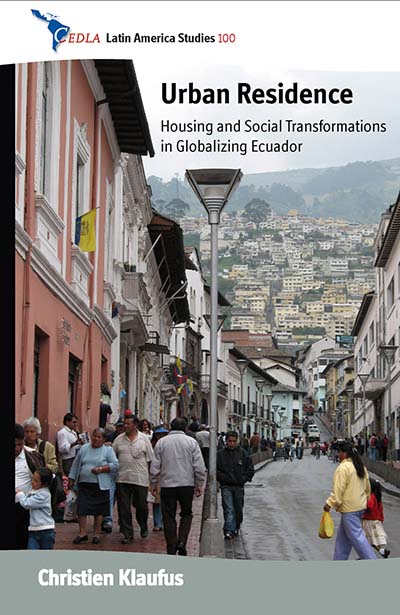 Published April 2012
Published April 2012 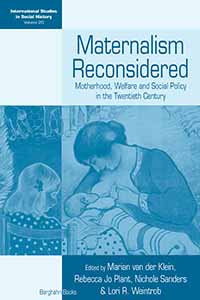 Published April 2012
Published April 2012 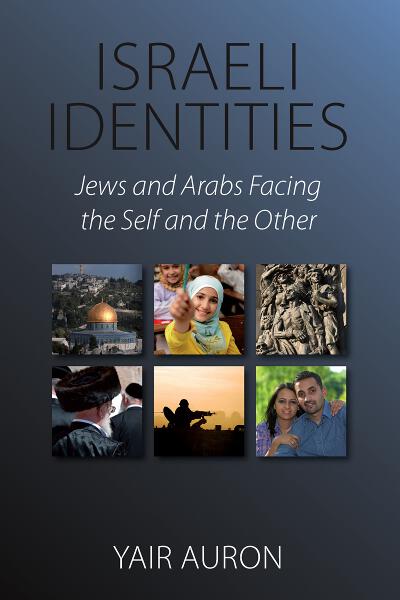 Published March 2012
Published March 2012 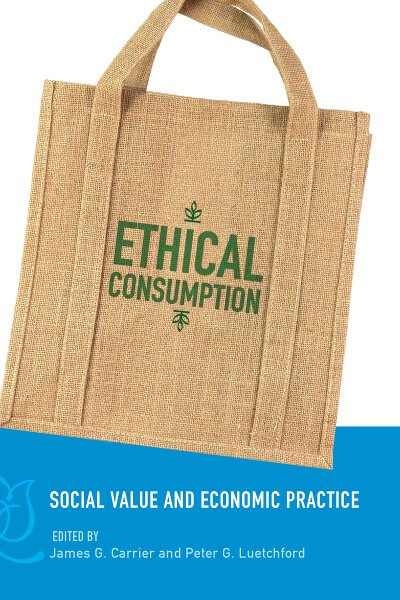 Published March 2012
Published March 2012 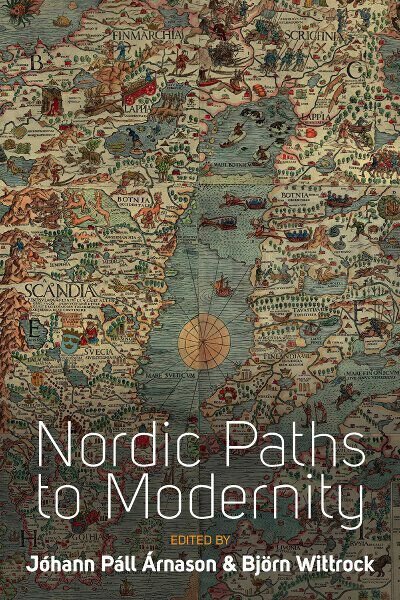 Published February 2012
Published February 2012  Published February 2012
Published February 2012 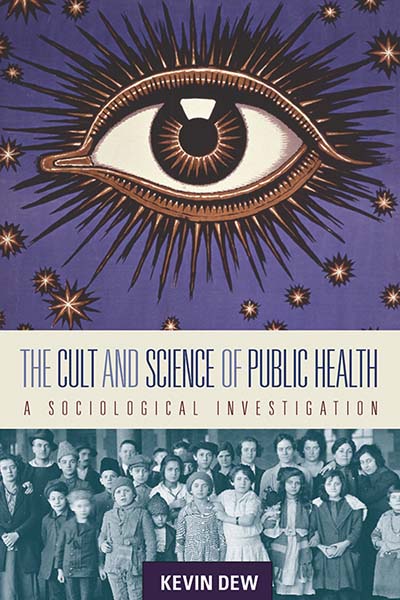 Published February 2012
Published February 2012 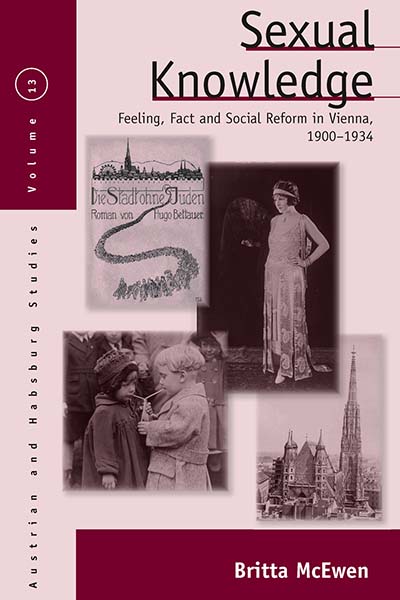 Published February 2012
Published February 2012 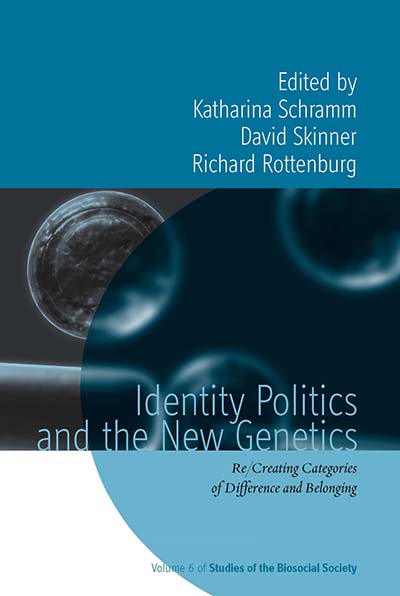 Published January 2012
Published January 2012  Published December 2011
Published December 2011 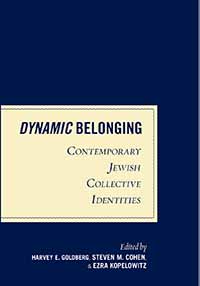 Published December 2011
Published December 2011  Published December 2011
Published December 2011 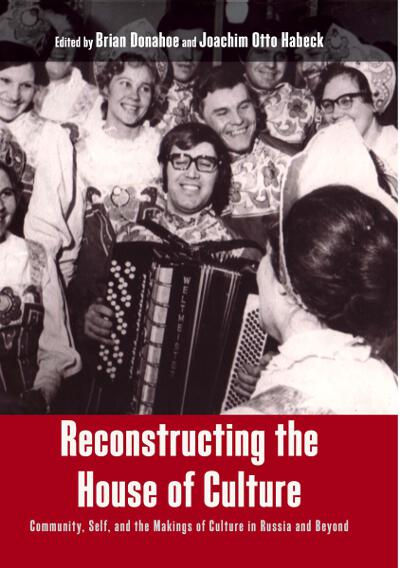 Published November 2011
Published November 2011 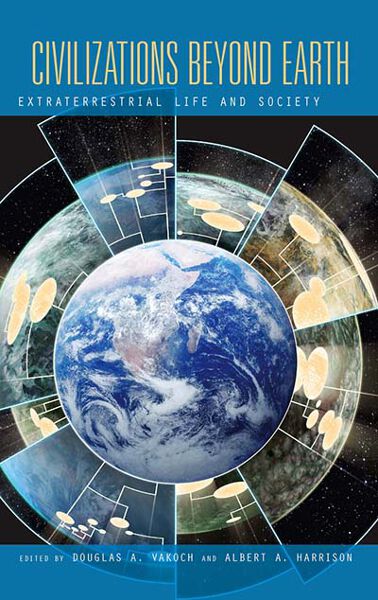 Published September 2011
Published September 2011 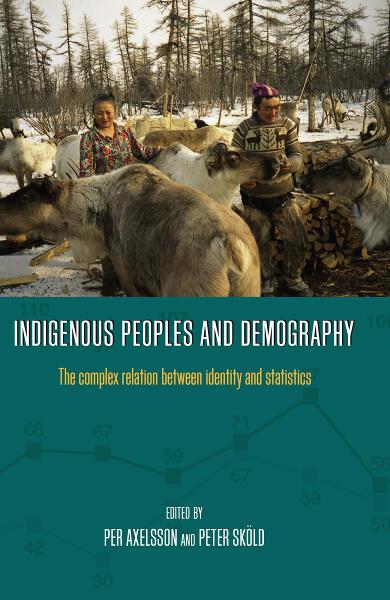 Published August 2011
Published August 2011 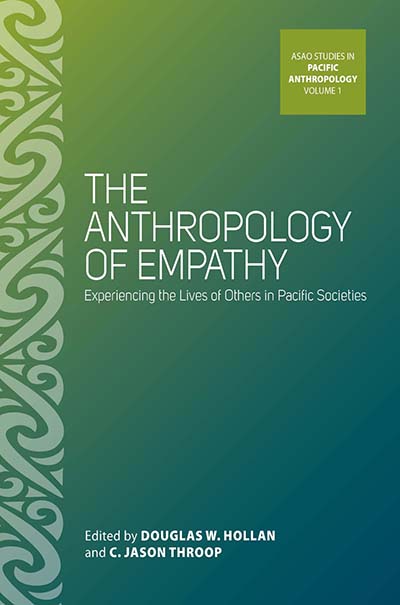 Published August 2011
Published August 2011 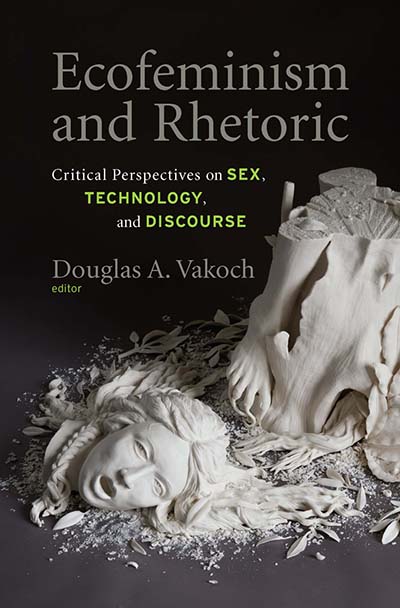 Published August 2011
Published August 2011 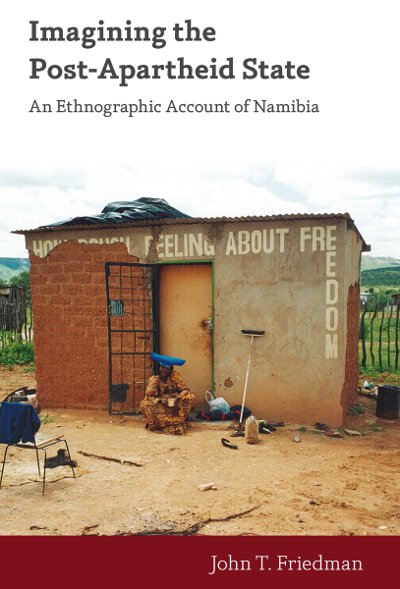 Published July 2011
Published July 2011 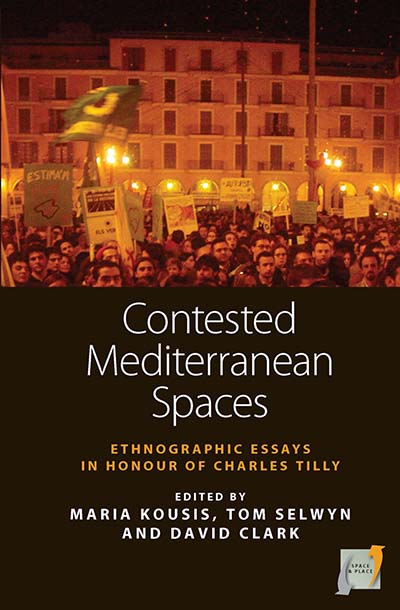 Published June 2011
Published June 2011 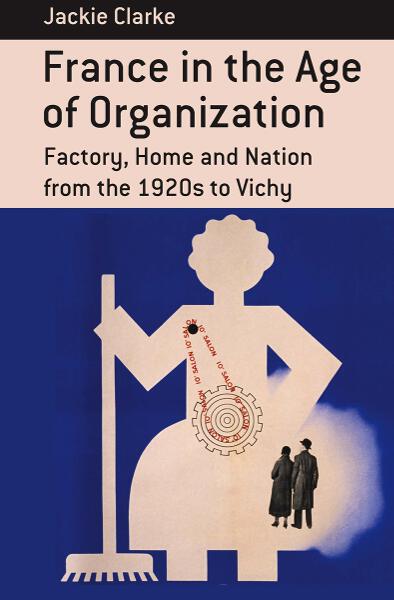 Published June 2011
Published June 2011 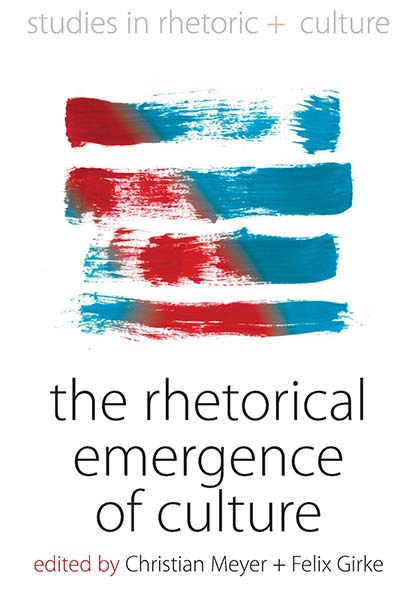 Published May 2011
Published May 2011 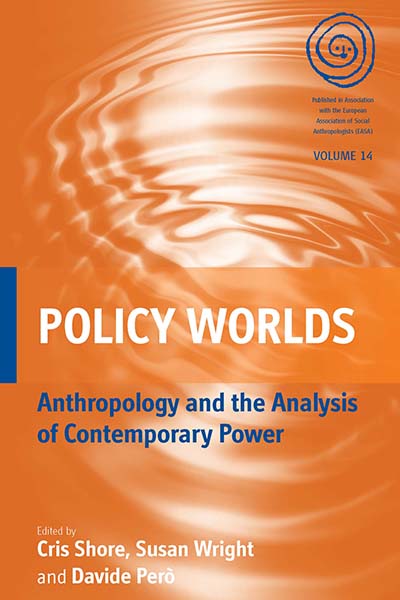 Published April 2011
Published April 2011 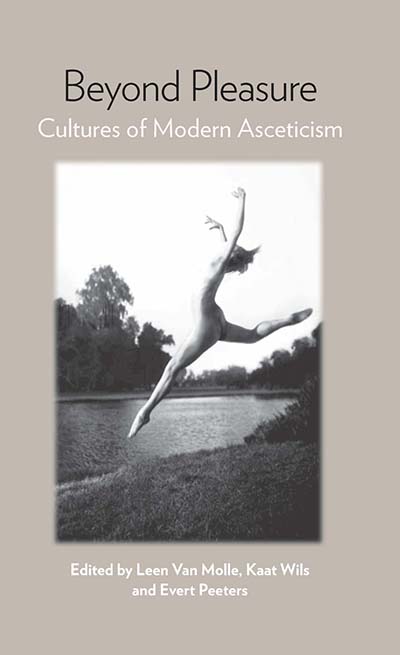 Published April 2011
Published April 2011 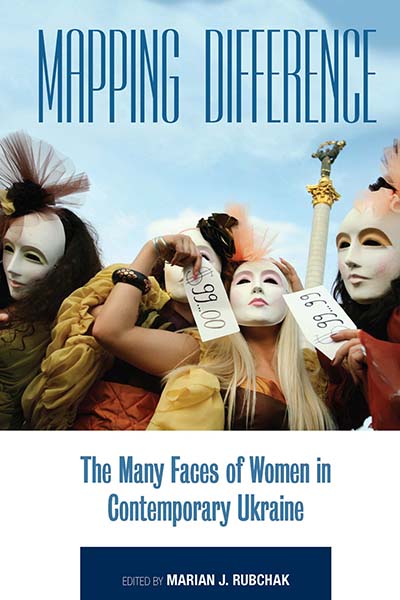 Published April 2011
Published April 2011 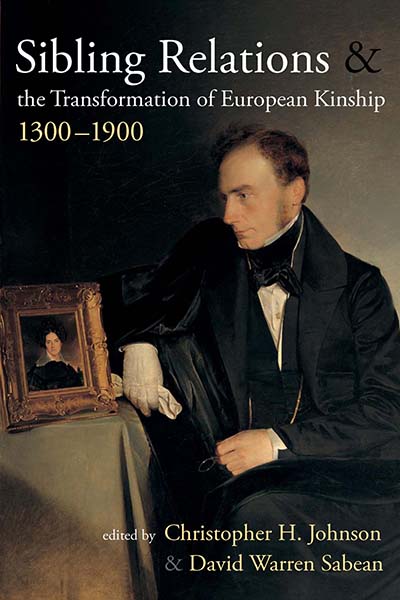 Published March 2011
Published March 2011 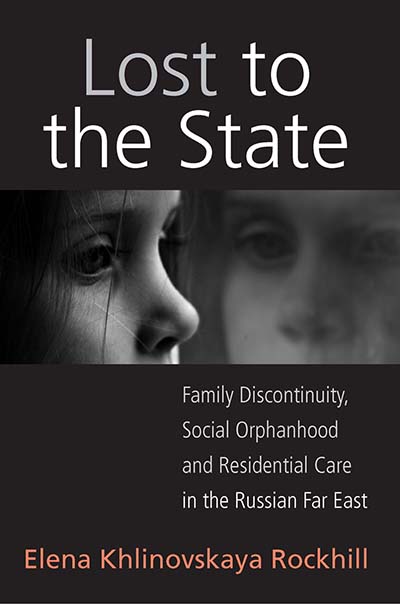 Published December 2010
Published December 2010 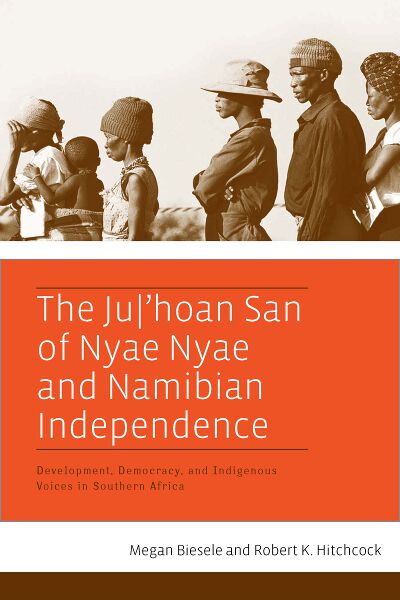 Published November 2010
Published November 2010 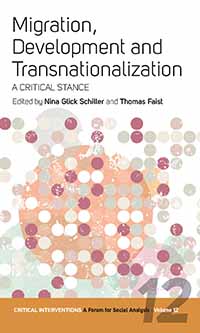 Published November 2010
Published November 2010 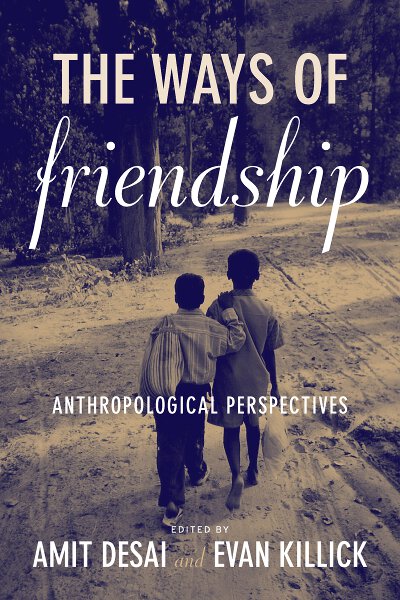 Published August 2010
Published August 2010 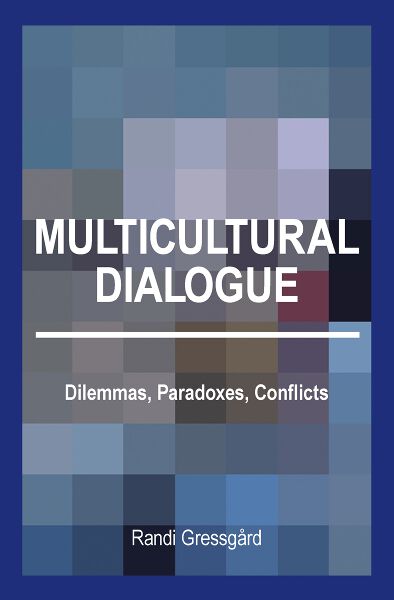 Published May 2010
Published May 2010 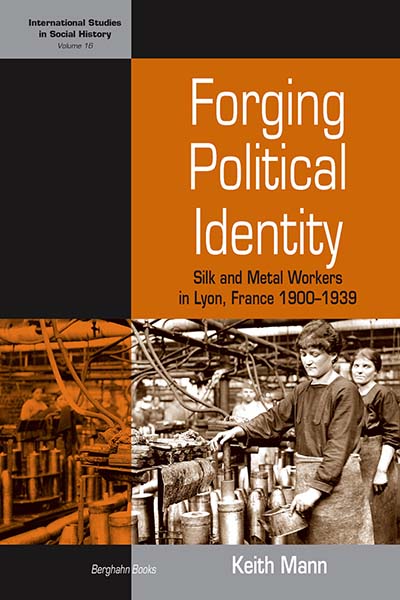 Published April 2010
Published April 2010 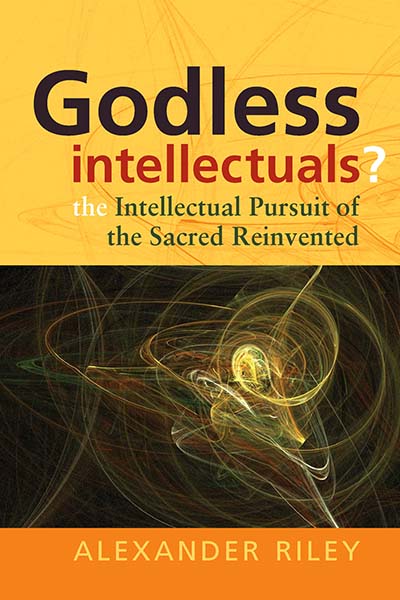 Published April 2010
Published April 2010 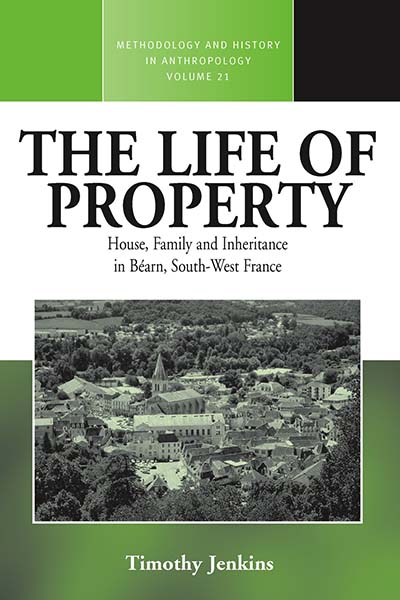 Published April 2010
Published April 2010 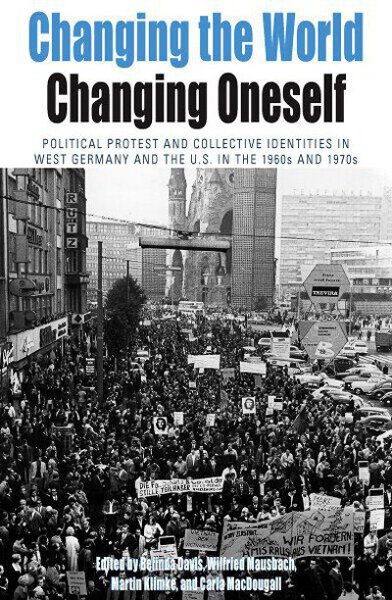 Published March 2010
Published March 2010 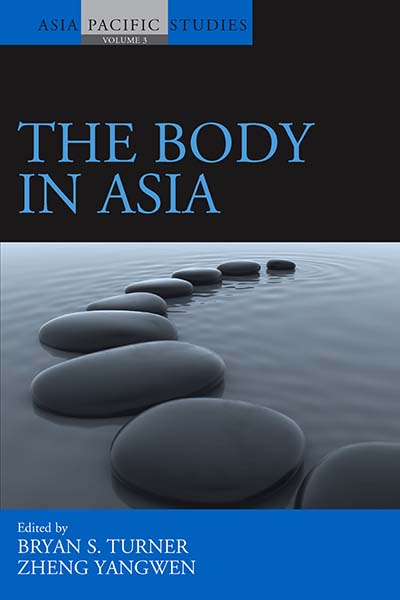 Published November 2009
Published November 2009 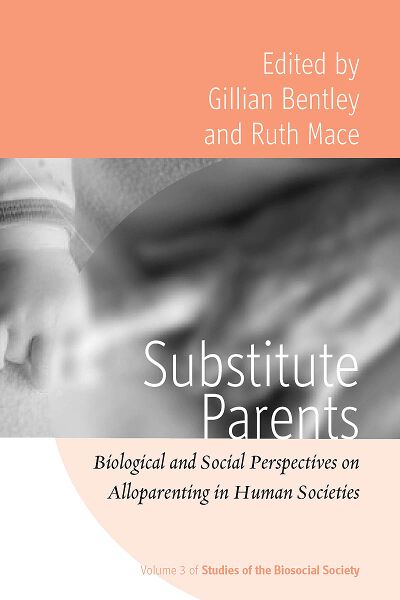 Published September 2009
Published September 2009 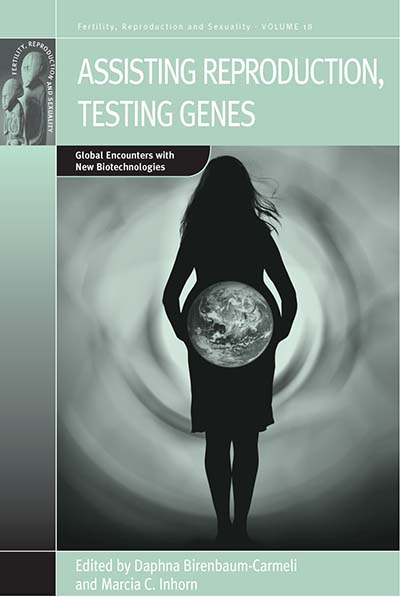 Published August 2009
Published August 2009  Published July 2009
Published July 2009 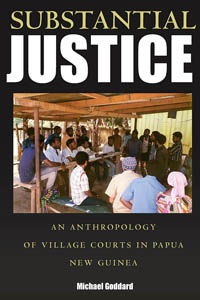 Published July 2009
Published July 2009 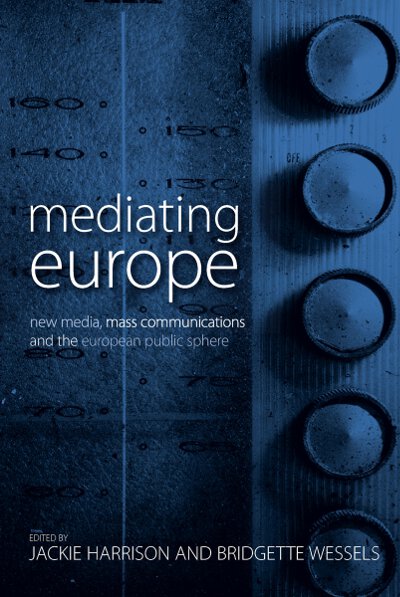 Published July 2009
Published July 2009 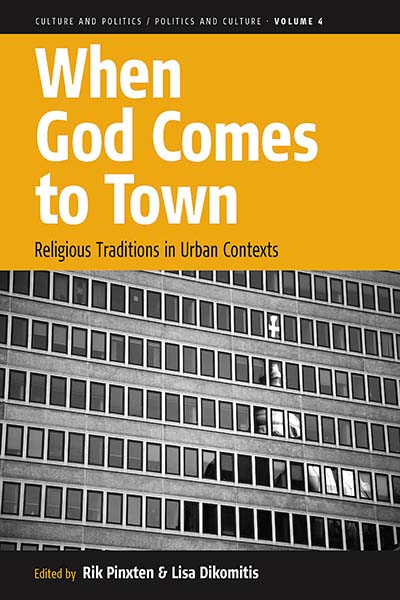 Published May 2009
Published May 2009 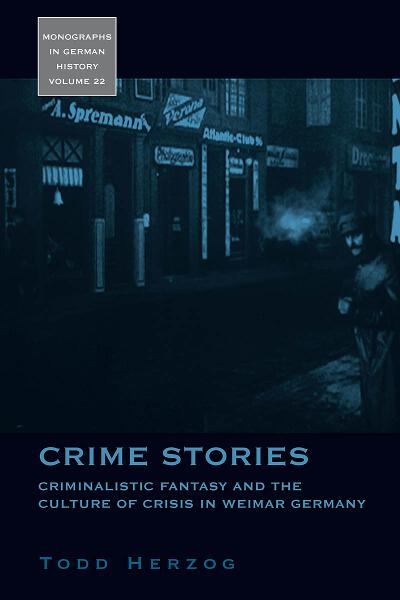 Published April 2009
Published April 2009 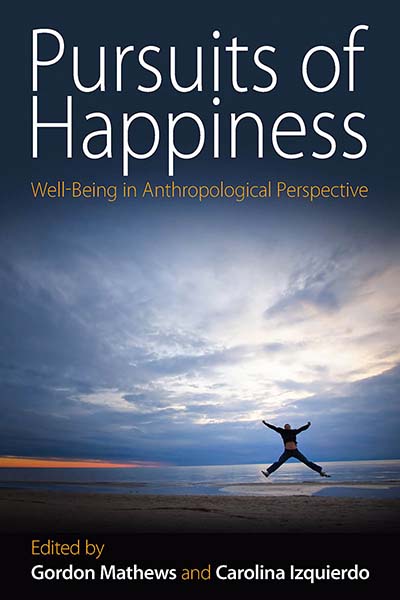 Published December 2008
Published December 2008 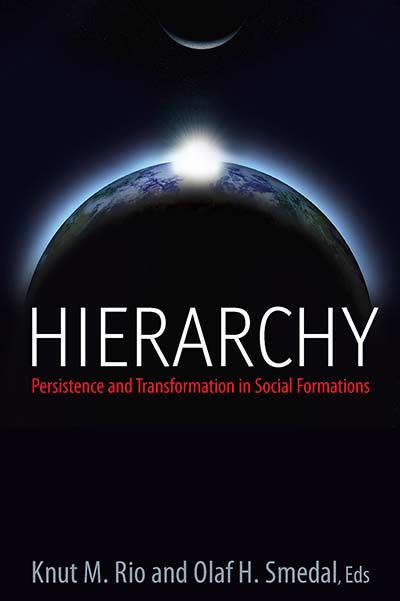 Published December 2008
Published December 2008 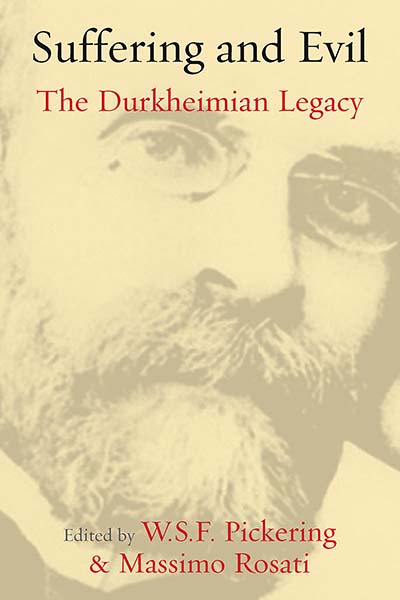 Published October 2008
Published October 2008 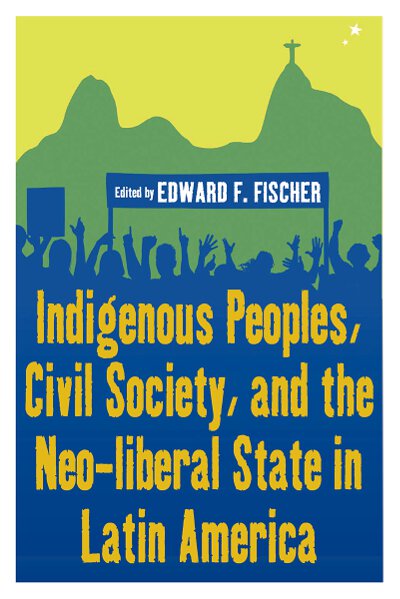 Published October 2008
Published October 2008 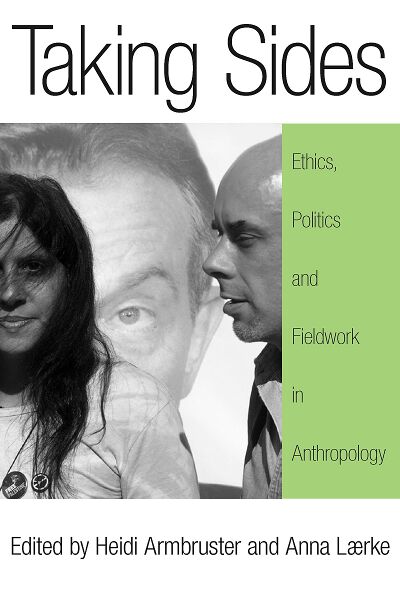 Published September 2008
Published September 2008 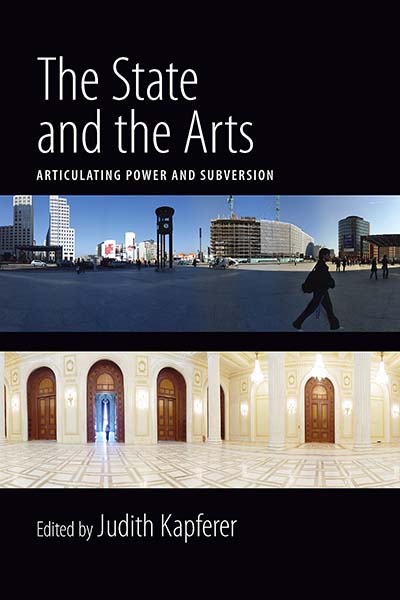 Published August 2008
Published August 2008 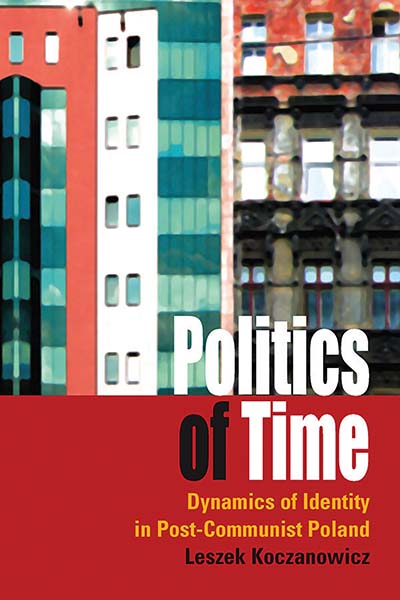 Published August 2008
Published August 2008 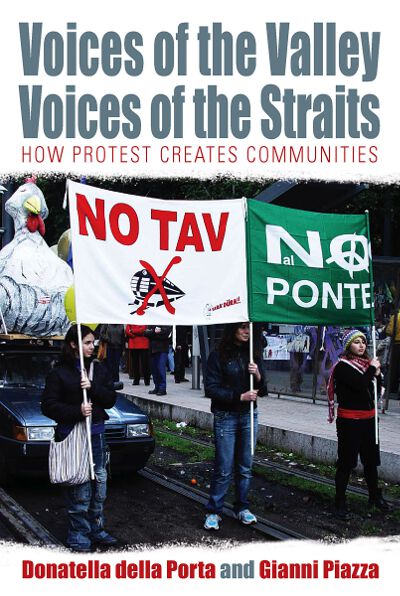 Published August 2008
Published August 2008 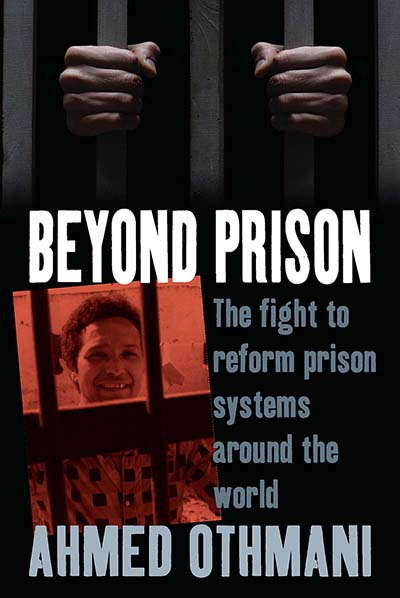 Published July 2008
Published July 2008 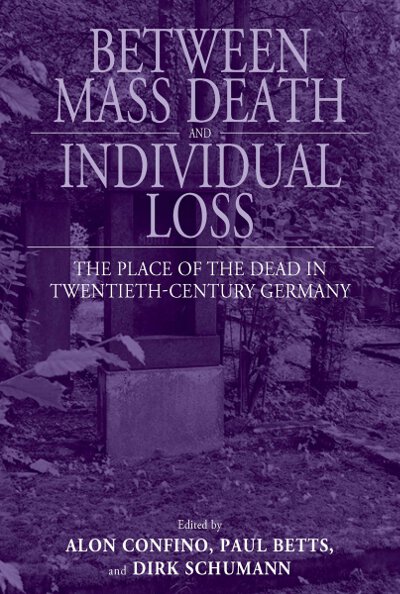 Published July 2008
Published July 2008  Published April 2008
Published April 2008 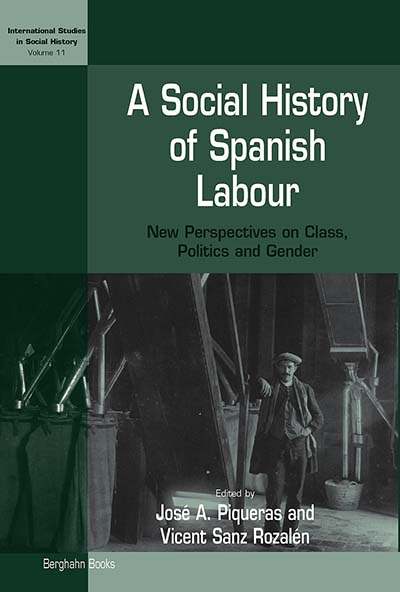 Published January 2008
Published January 2008 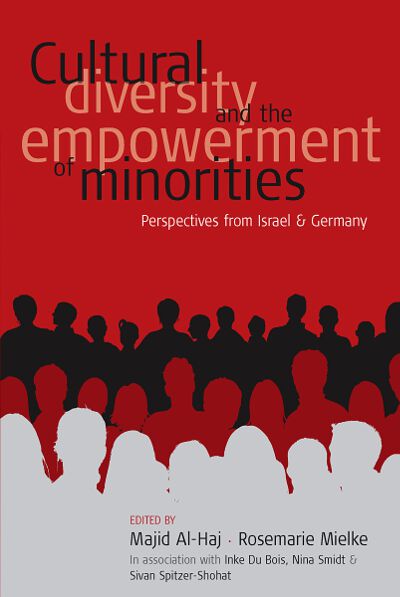 Published December 2007
Published December 2007 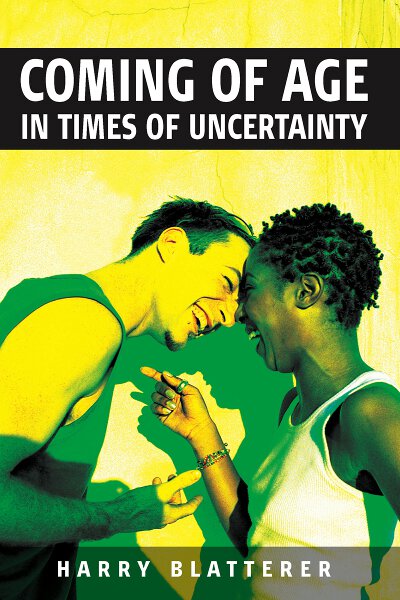 Published December 2007
Published December 2007 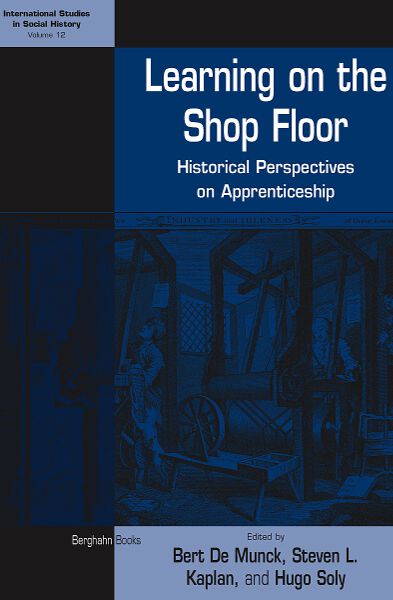 Published December 2007
Published December 2007 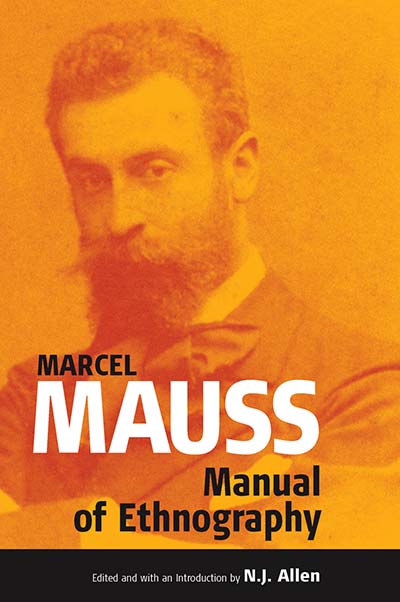 Published November 2007
Published November 2007 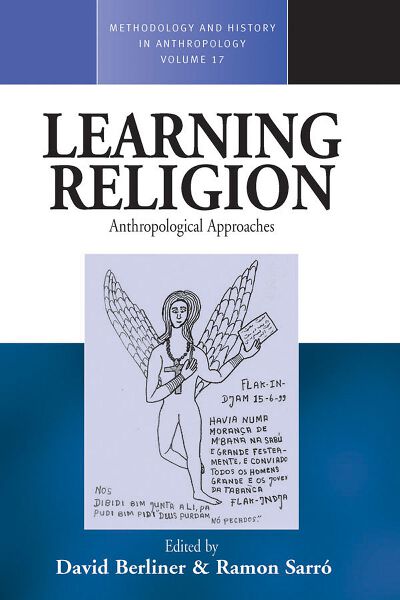 Published October 2007
Published October 2007 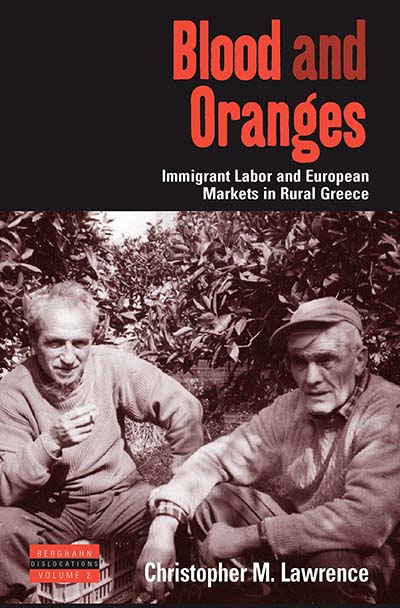 Published August 2007
Published August 2007 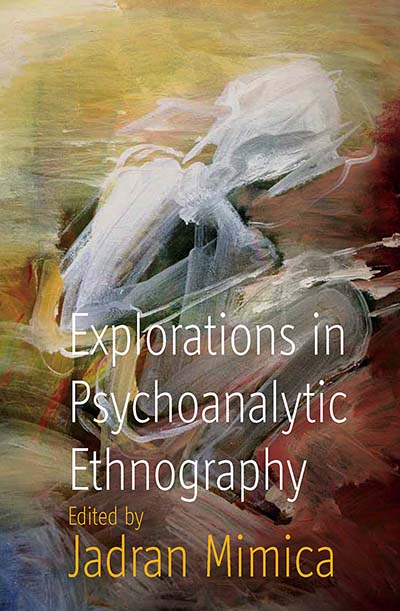 Published May 2007
Published May 2007  Published May 2007
Published May 2007  Published May 2007
Published May 2007  Published March 2007
Published March 2007 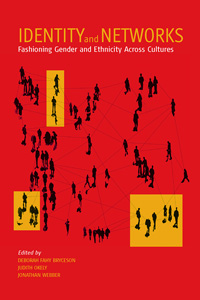 Published March 2007
Published March 2007 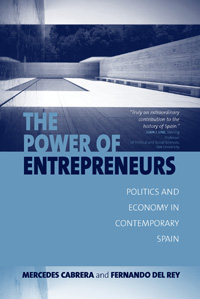 Published January 2007
Published January 2007 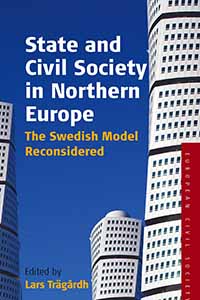 Published January 2007
Published January 2007 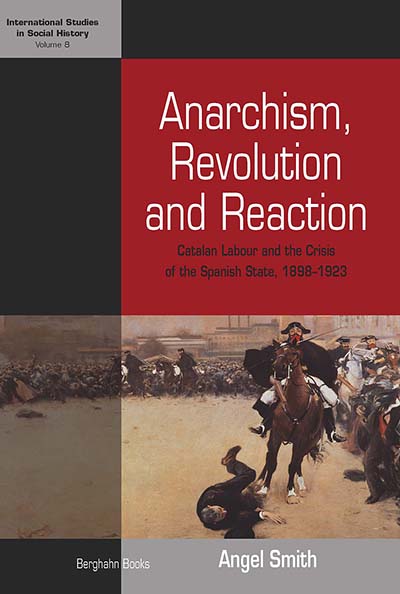 Published January 2007
Published January 2007 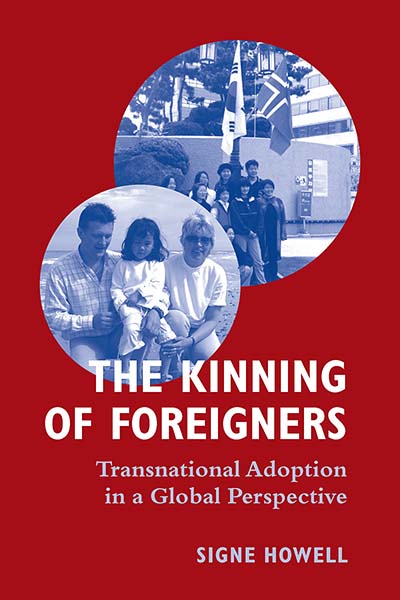 Published August 2006
Published August 2006 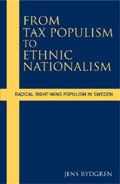 Published August 2006
Published August 2006 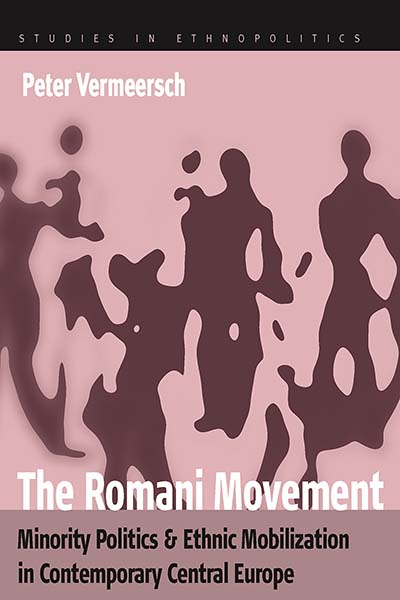 Published August 2006
Published August 2006 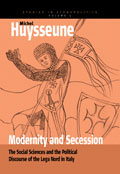 Published August 2006
Published August 2006 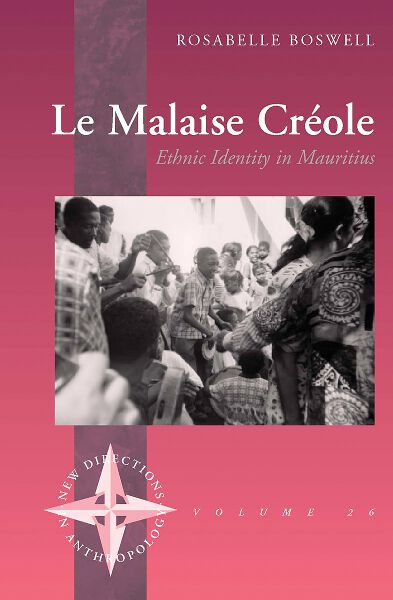 Published August 2006
Published August 2006 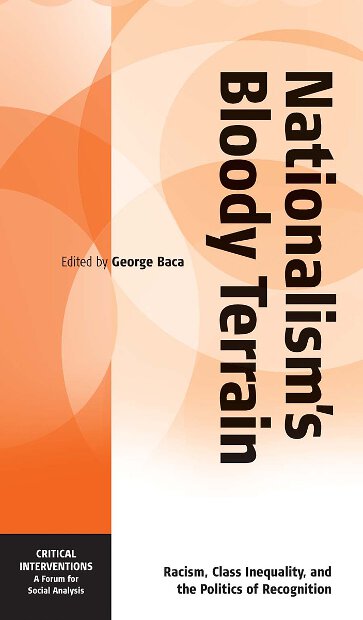 Published May 2006
Published May 2006 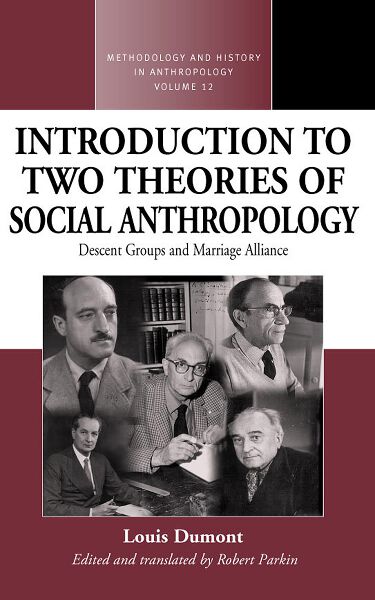 Published May 2006
Published May 2006  Published March 2006
Published March 2006 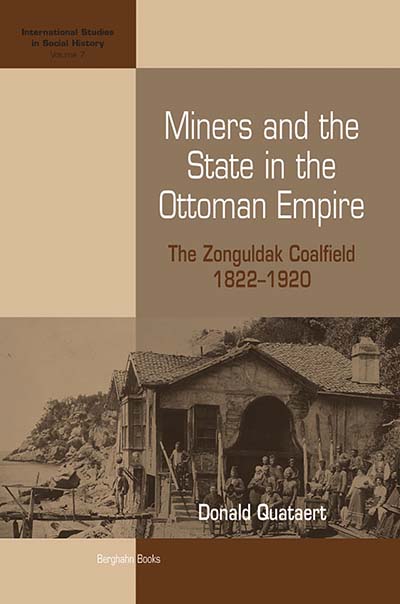 Published February 2006
Published February 2006 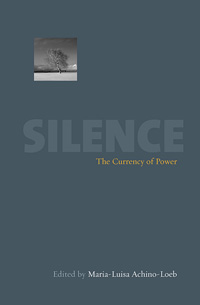 Published December 2005
Published December 2005 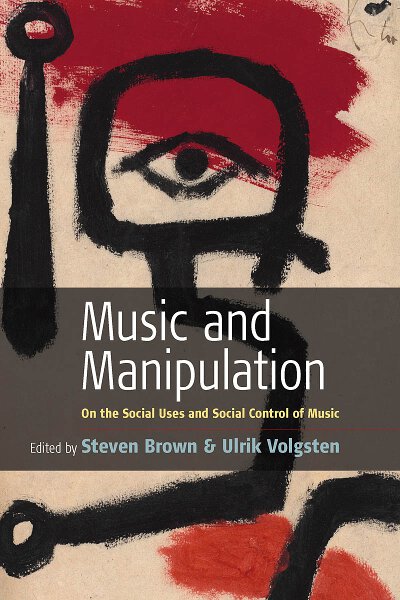 Published December 2005
Published December 2005 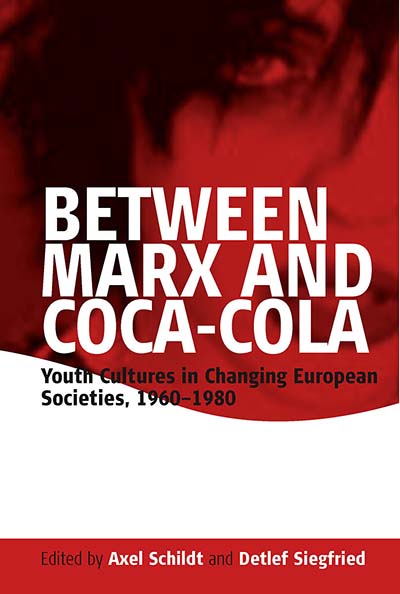 Published December 2005
Published December 2005 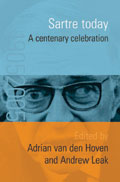 Published December 2005
Published December 2005 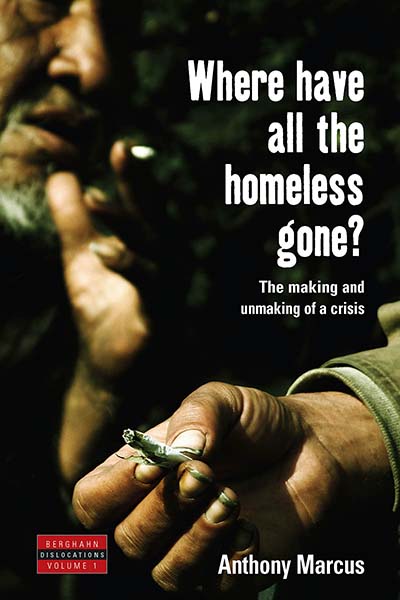 Published December 2005
Published December 2005  Published December 2005
Published December 2005 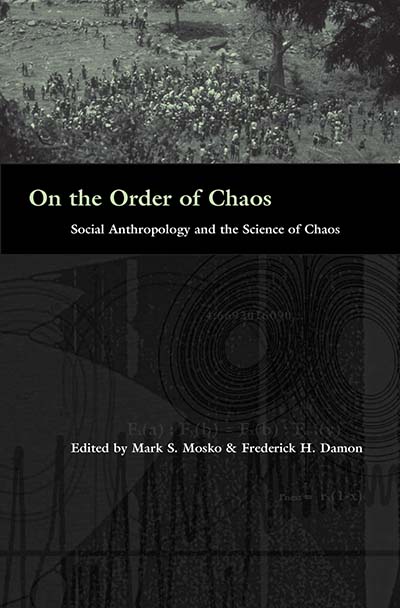 Published October 2005
Published October 2005 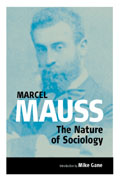 Published April 2005
Published April 2005 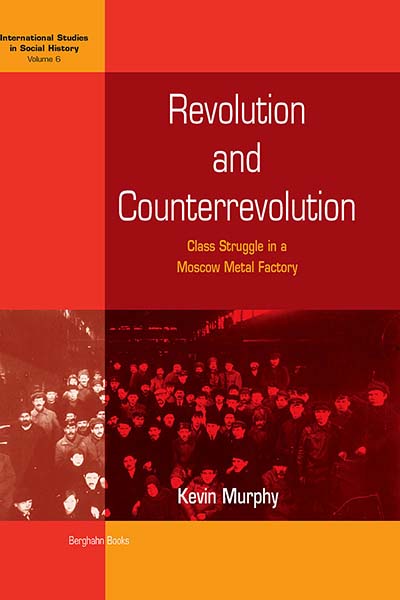 Published April 2005
Published April 2005 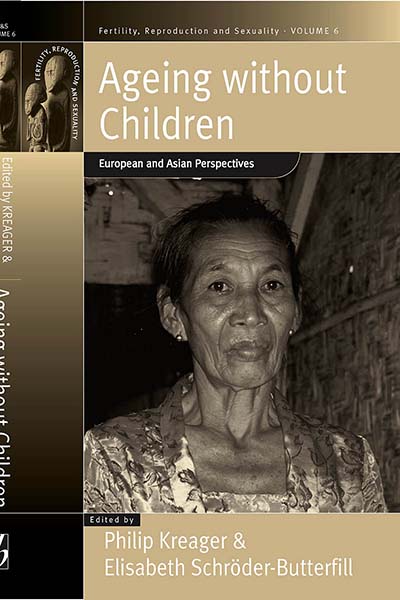 Published March 2005
Published March 2005 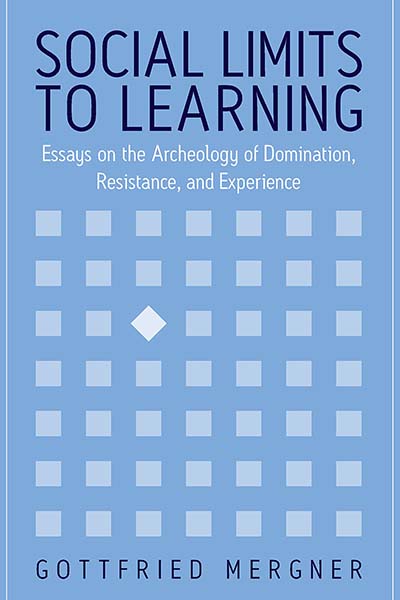 Published January 2005
Published January 2005 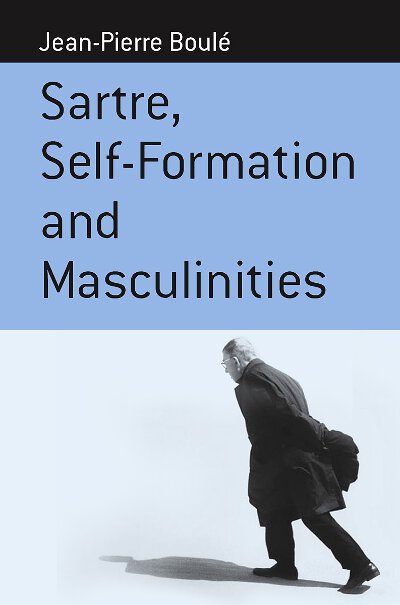 Published December 2004
Published December 2004 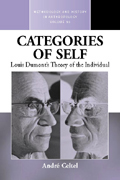 Published December 2004
Published December 2004 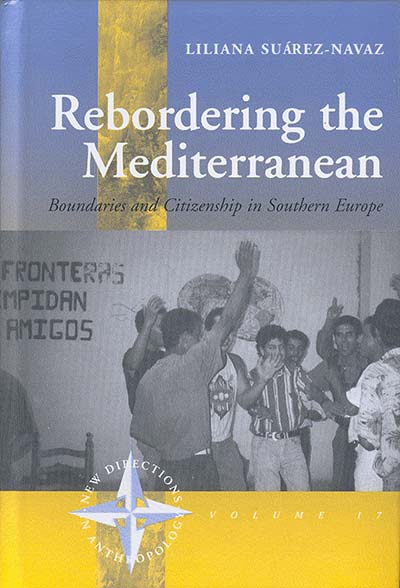 Published August 2004
Published August 2004 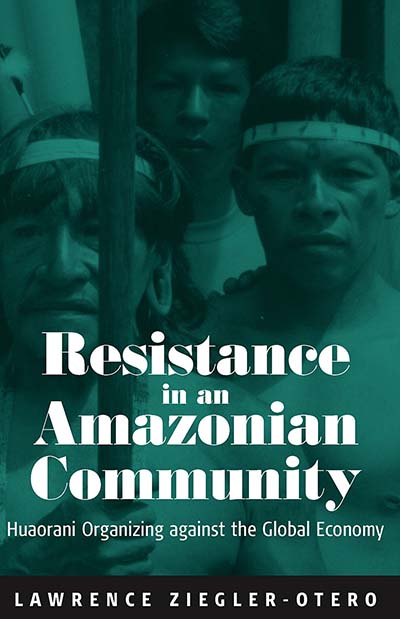 Published July 2004
Published July 2004 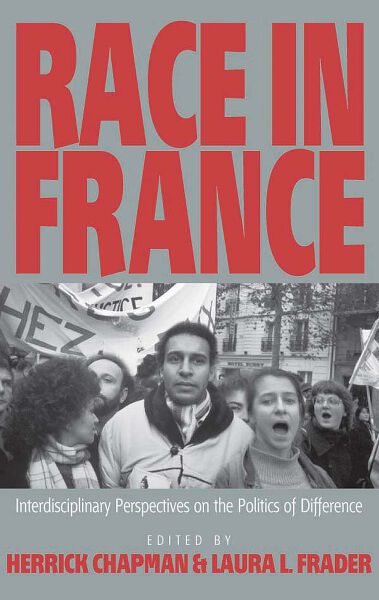 Published June 2004
Published June 2004 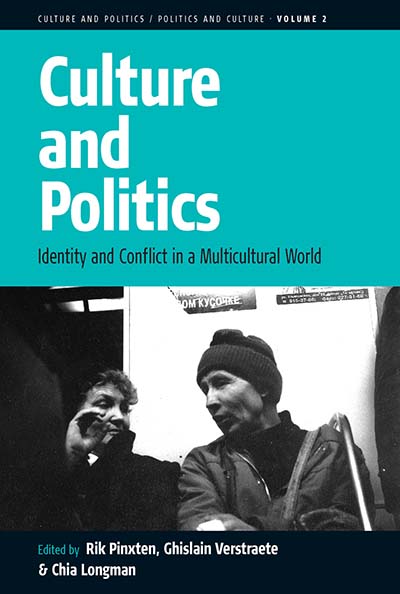 Published June 2004
Published June 2004 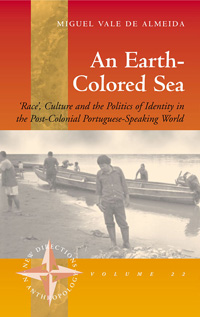 Published March 2004
Published March 2004 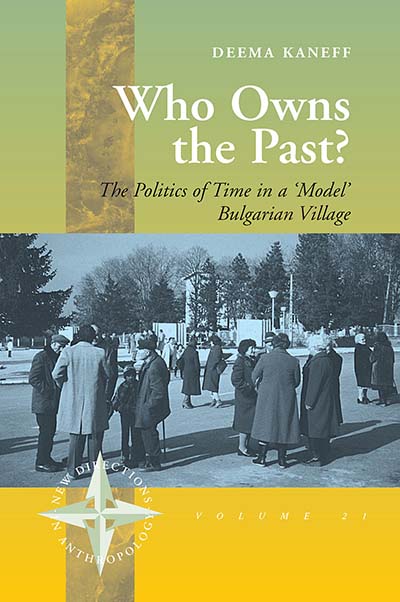 Published January 2004
Published January 2004 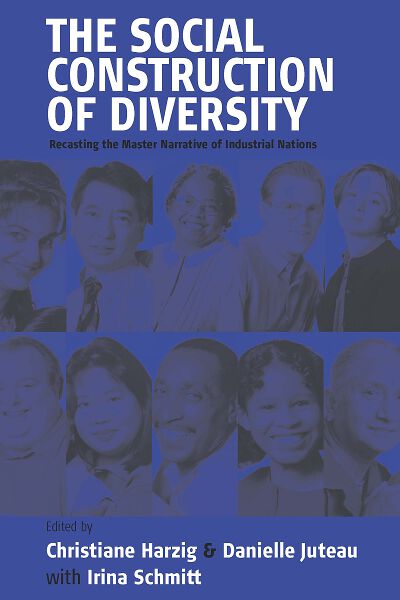 Published November 2003
Published November 2003 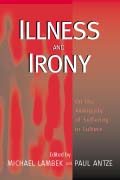 Published November 2003
Published November 2003 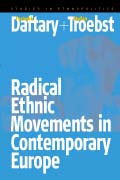 Published November 2003
Published November 2003 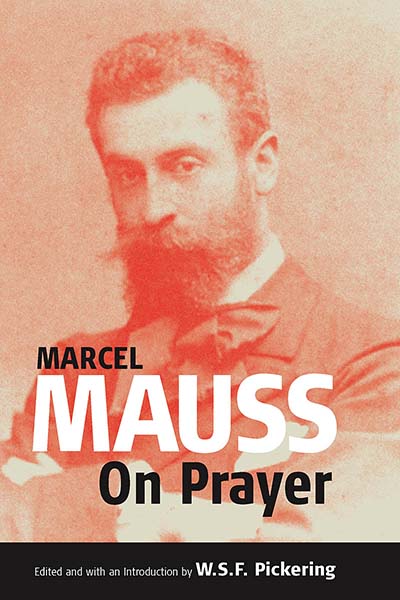 Published September 2003
Published September 2003 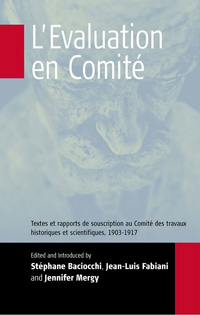 Published July 2003
Published July 2003 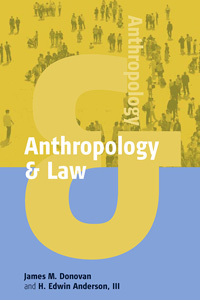 Published July 2003
Published July 2003 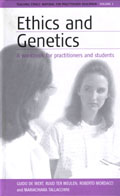 Published May 2003
Published May 2003 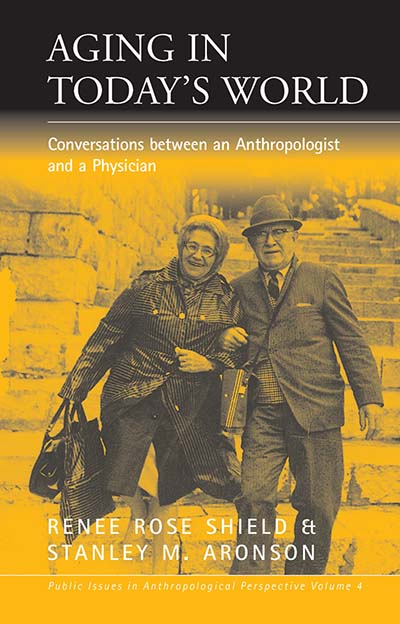 Published May 2003
Published May 2003  Published March 2003
Published March 2003 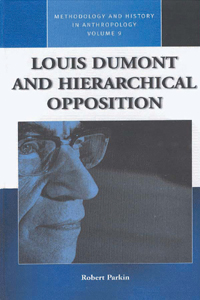 Published March 2003
Published March 2003 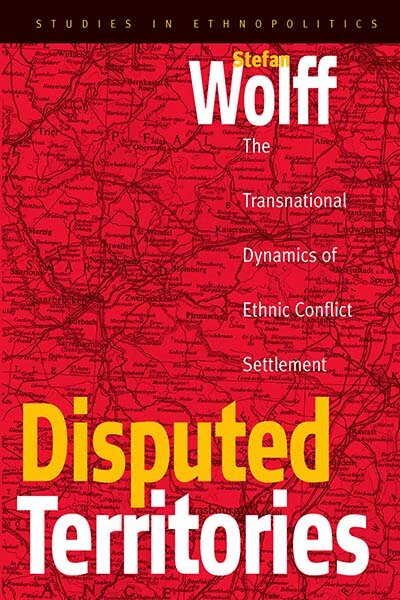 Published January 2003
Published January 2003 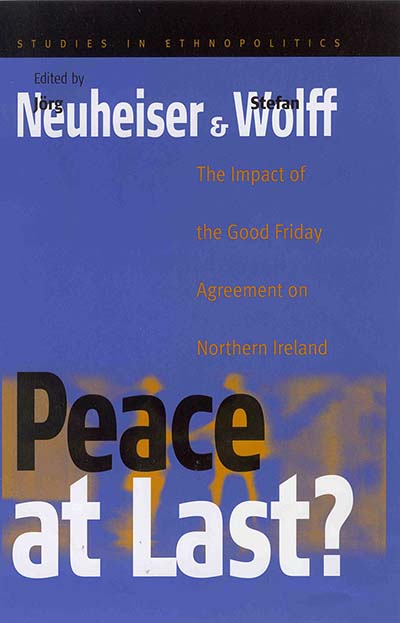 Published January 2003
Published January 2003  Published December 2002
Published December 2002 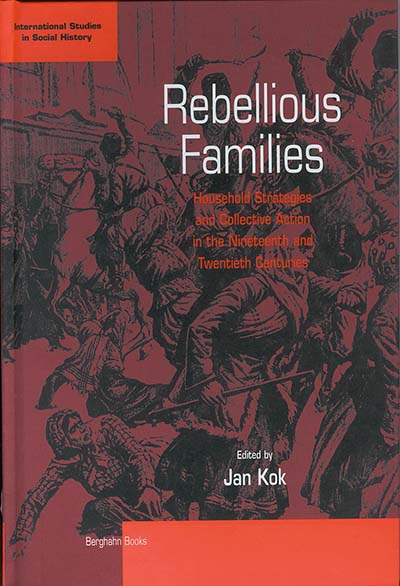 Published December 2002
Published December 2002 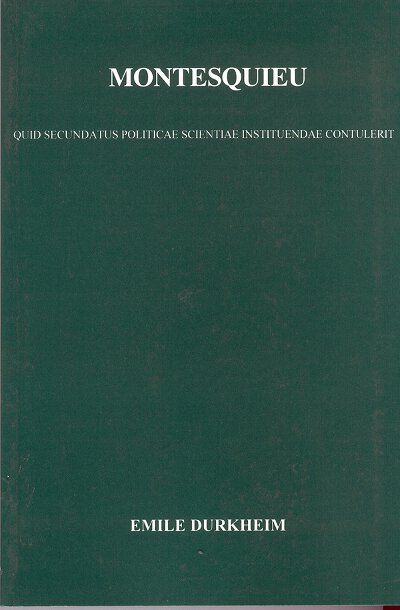 Published October 2002
Published October 2002 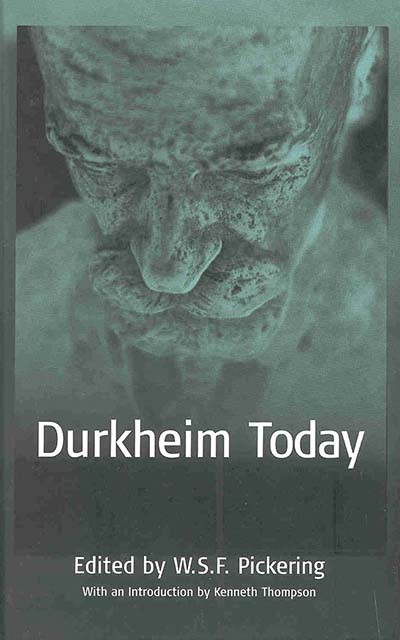 Published October 2002
Published October 2002 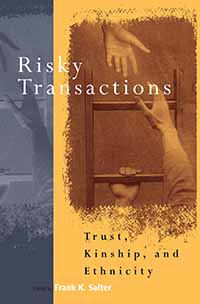 Published July 2002
Published July 2002 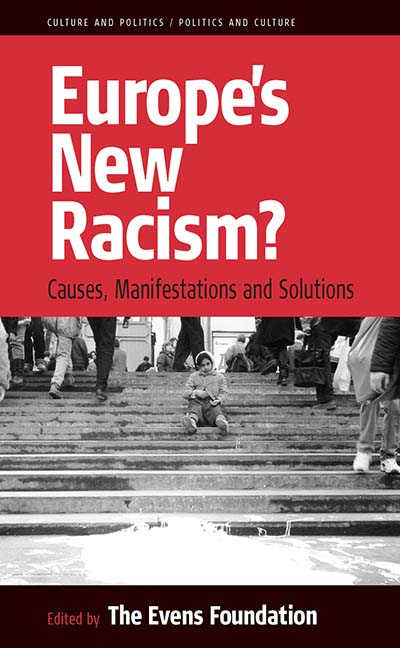 Published June 2002
Published June 2002 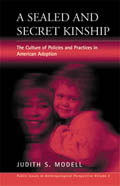 Published May 2002
Published May 2002 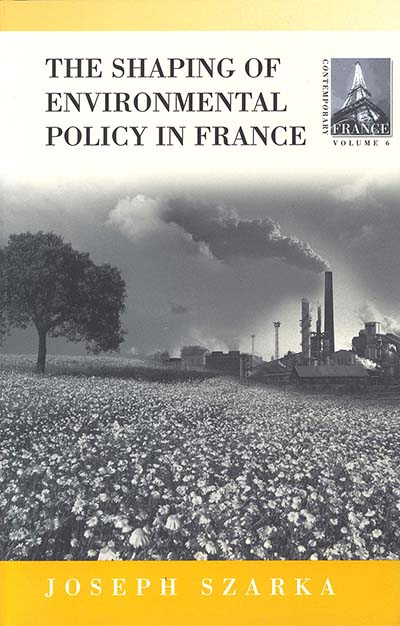 Published February 2002
Published February 2002 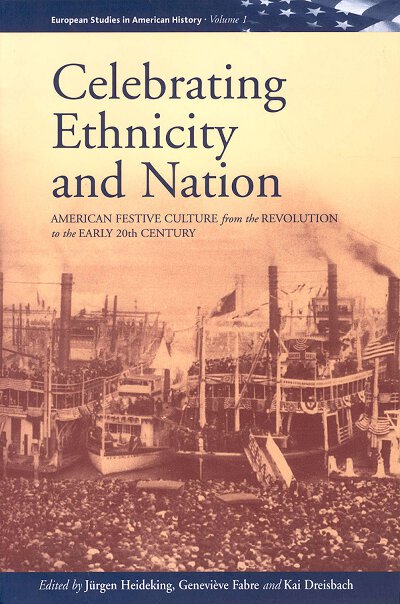 Published December 2001
Published December 2001 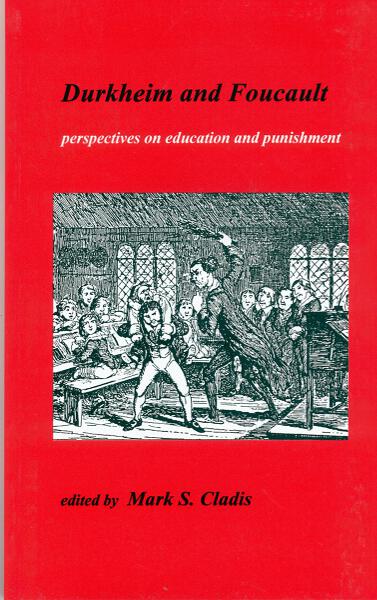 Published November 2001
Published November 2001  Published July 2001
Published July 2001 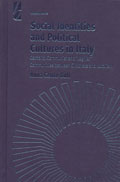 Published January 2001
Published January 2001  Published January 2001
Published January 2001 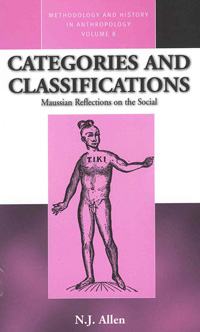 Published January 2001
Published January 2001 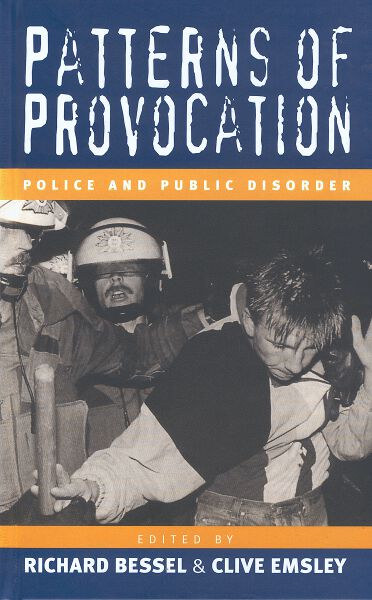 Published October 2000
Published October 2000 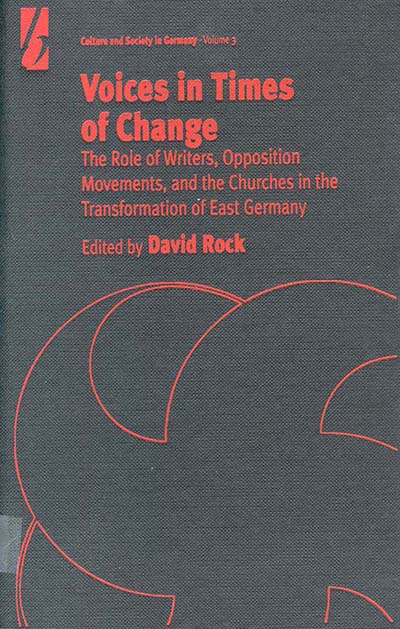 Published September 2000
Published September 2000 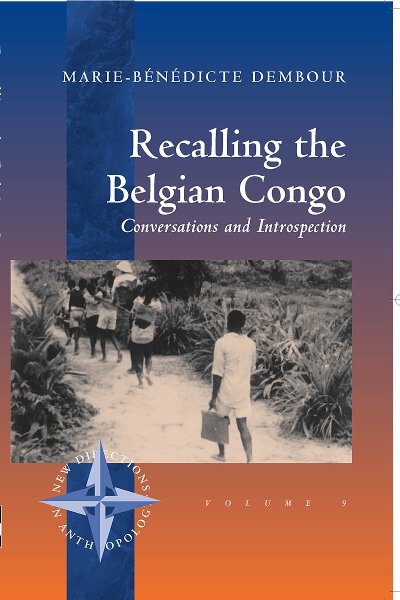 Published September 2000
Published September 2000 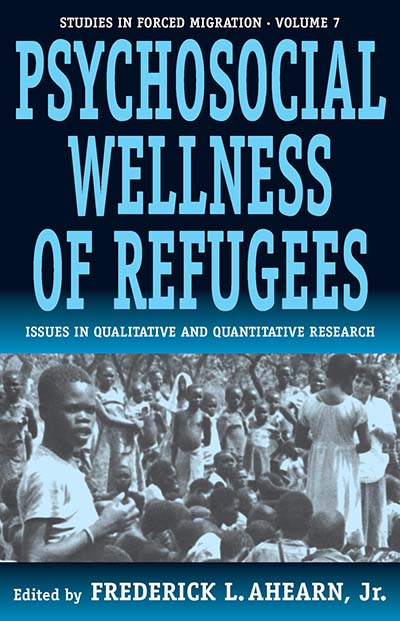 Published April 2000
Published April 2000 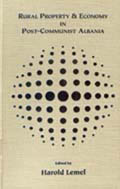 Published March 2000
Published March 2000 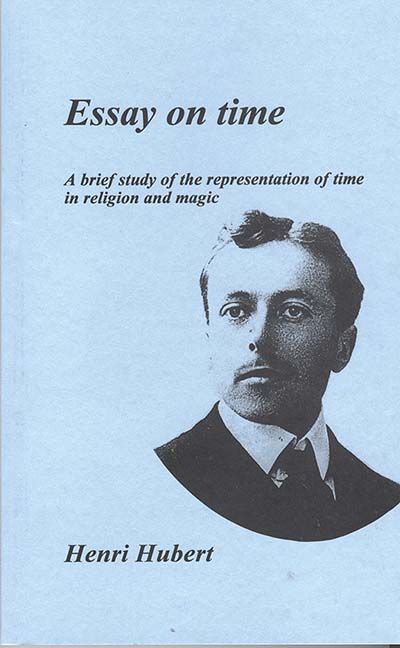 Published November 1999
Published November 1999 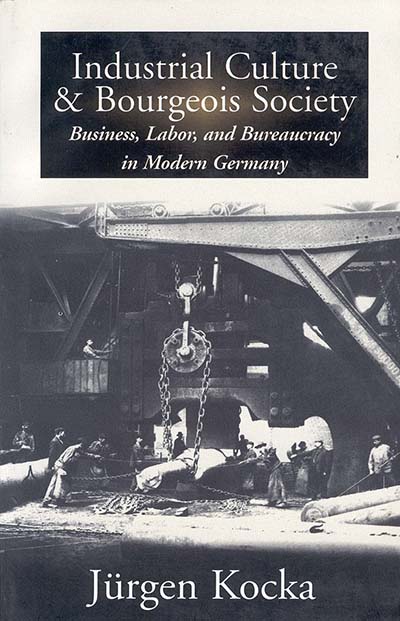 Published June 1999
Published June 1999 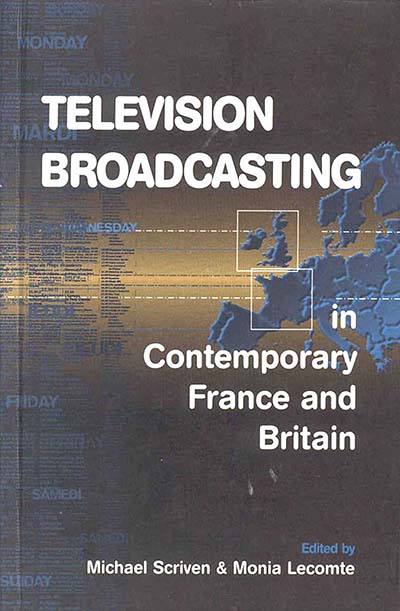 Published April 1999
Published April 1999 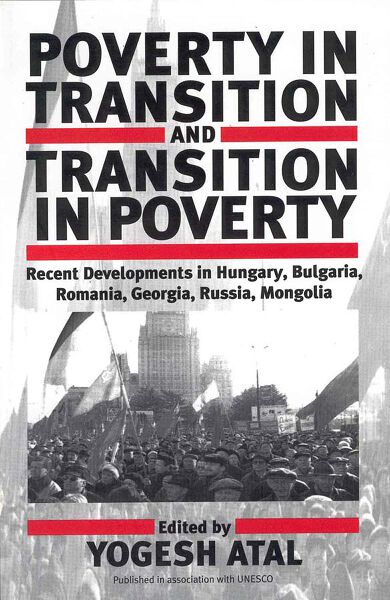 Published March 1999
Published March 1999 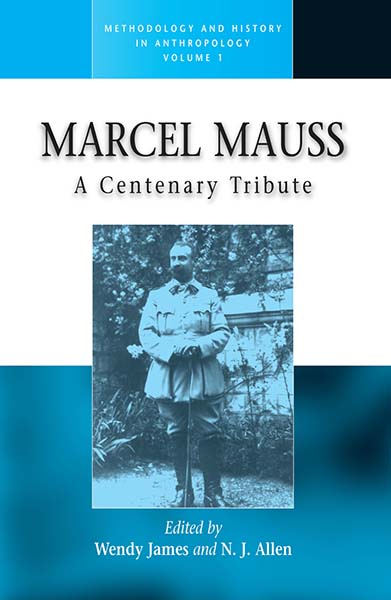 Published December 1998
Published December 1998 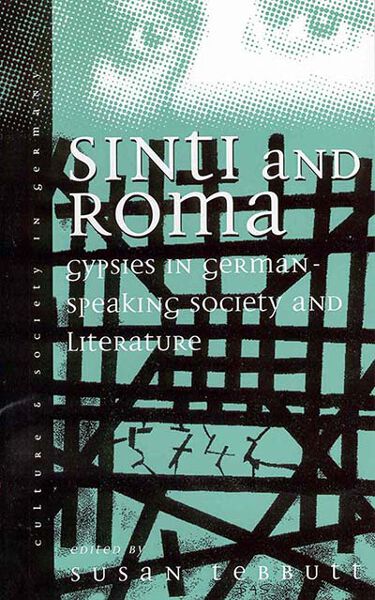 Published September 1998
Published September 1998 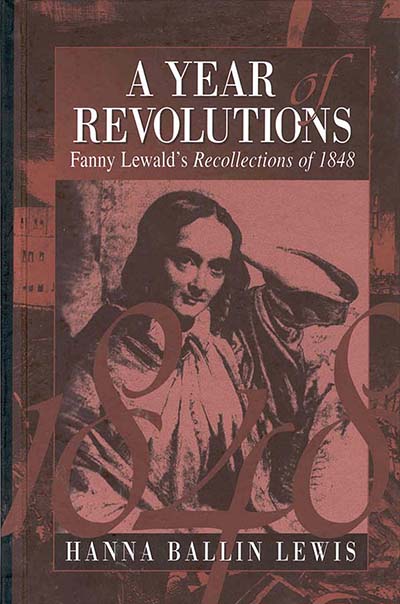 Published January 1998
Published January 1998 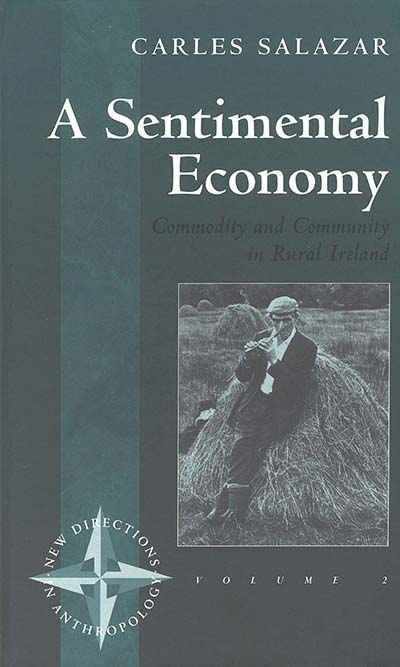 Published July 1996
Published July 1996 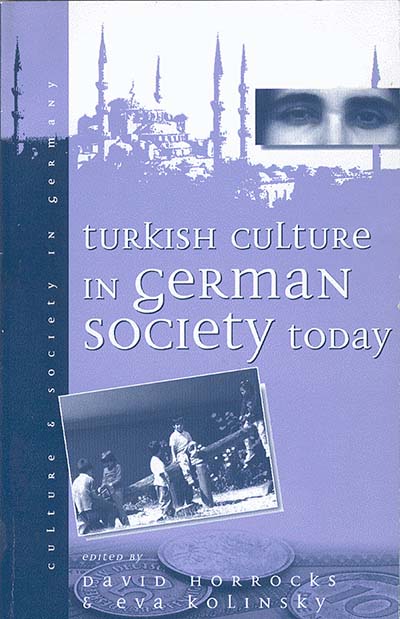 Published May 1996
Published May 1996 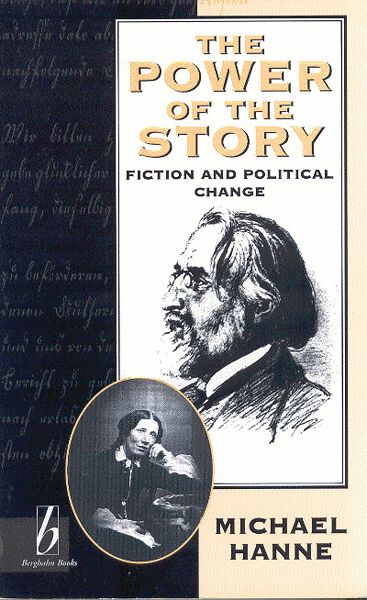 Published December 1994
Published December 1994